My most current blog entry:
Entries by Dr. Jeff Harper (352)
Minburi Market Walkabout
 Sunday, May 12, 2024 at 9:45AM
Sunday, May 12, 2024 at 9:45AM  The Minburi Market is actually a collection of three very large open markets in the northern suburb of Bangkok. My friend John and I drove there from his house.
The Minburi Market is actually a collection of three very large open markets in the northern suburb of Bangkok. My friend John and I drove there from his house.
 My photographer friend, John and I love to skulk the old back alleys in and around the Minburi Market for textures and patterns.
My photographer friend, John and I love to skulk the old back alleys in and around the Minburi Market for textures and patterns.
 I'm always rewarded here with finding one of my favorite photographic subjects: aged and rusting corrugation.
I'm always rewarded here with finding one of my favorite photographic subjects: aged and rusting corrugation.
 Pealing paint, rust, dilapidated corrugation . . . all the things I love to photograph.
Pealing paint, rust, dilapidated corrugation . . . all the things I love to photograph.
 This old neighborhood is just outside the actual Minburi Market wet market area . . . on the way from where we parked.
This old neighborhood is just outside the actual Minburi Market wet market area . . . on the way from where we parked.
 Narrow elevated walkways suspended above a flooded field. So much to see.
Narrow elevated walkways suspended above a flooded field. So much to see.
 Patterns on top of patterns on top of dilapidation covered by corrugation. It doesn't get any better!!!
Patterns on top of patterns on top of dilapidation covered by corrugation. It doesn't get any better!!!
 What the heck? It seems we stumbled upon a Thai movie set. The authenticity of this sold 1940s neighborhood played perfectly into a setting of wartime Japanese occupation.
What the heck? It seems we stumbled upon a Thai movie set. The authenticity of this sold 1940s neighborhood played perfectly into a setting of wartime Japanese occupation.
 A perfect period setting for a WWII movie. At this point a young production assistant came over and said we would have to leave the set and not to take any photos. Oops! Too late!
A perfect period setting for a WWII movie. At this point a young production assistant came over and said we would have to leave the set and not to take any photos. Oops! Too late!
 If you look closely you see many small details that reflect the spiritual interests of the people living in these old neighborhoods. These votive items seem to have been there for a very long time and have acquired a patina of age.
If you look closely you see many small details that reflect the spiritual interests of the people living in these old neighborhoods. These votive items seem to have been there for a very long time and have acquired a patina of age.
 A rudimentary, and seemingly abandoned, spirit house platform and beer offering.
A rudimentary, and seemingly abandoned, spirit house platform and beer offering.
 We walked into the old wet market and discovered it abandoned for the day. Very interesting to be in here with nobody around.
We walked into the old wet market and discovered it abandoned for the day. Very interesting to be in here with nobody around.
 We walked over a bridge to get to the markets and saw this image: a solar-powered khlong boat "bus" and the new Pink Line Sky Train.
We walked over a bridge to get to the markets and saw this image: a solar-powered khlong boat "bus" and the new Pink Line Sky Train.
 The Minburi Market is framed by several canals (khlongs). This boatman is waiting for a fare.
The Minburi Market is framed by several canals (khlongs). This boatman is waiting for a fare.
 Life along the Minburi Khlong.
Life along the Minburi Khlong.
 An old canal rice barge tied along the Khlong. A lovely scene.
An old canal rice barge tied along the Khlong. A lovely scene.
 Shed houses on stilts in the canal . . . so fascinating.
Shed houses on stilts in the canal . . . so fascinating.
 Idyllic Thai canal life.
Idyllic Thai canal life.
 It was a very, very hot afternoon, so we walked quickly through several markets in search of the air-conditioned coffee shop. I have many entries elsewhere on this blog inside the wonderful Thai markets.
It was a very, very hot afternoon, so we walked quickly through several markets in search of the air-conditioned coffee shop. I have many entries elsewhere on this blog inside the wonderful Thai markets.
 We did stop now and again when an amazing image presented itself. Fresh fish with accouterments.
We did stop now and again when an amazing image presented itself. Fresh fish with accouterments.
 Marvelous patterns everywhere.
Marvelous patterns everywhere.
 After a pleasant day spent in the Minburi Market, I took the recently opened Pink Line Sly Train home.
After a pleasant day spent in the Minburi Market, I took the recently opened Pink Line Sly Train home.
Pak Nam Pran Beach Kite Festival
 Tuesday, May 7, 2024 at 12:24PM
Tuesday, May 7, 2024 at 12:24PM On the morning of April 14, 2024 a friend sent us an e-mail with an attachment about a kite festival not far away. Sure, why not, and we can find a sweet place to eat too after beach combing.
 We saw some amazing kites that afternoon . . . but we couldn't stay all day.
We saw some amazing kites that afternoon . . . but we couldn't stay all day.
 We learned that there is a big kiting community who travel from festival/event to event to fly and show off their kites. Most participants had several kites.
We learned that there is a big kiting community who travel from festival/event to event to fly and show off their kites. Most participants had several kites.
 The event organizers were first to put up a kite with the locale banner.
The event organizers were first to put up a kite with the locale banner.
 The first decorative kite to go up was this amazing stingray kite. Some kiters told us this kite was made in Germany and was very expensive, several thousand dollars. It was 40 metres long!
The first decorative kite to go up was this amazing stingray kite. Some kiters told us this kite was made in Germany and was very expensive, several thousand dollars. It was 40 metres long!
 So beautiful flying above the blue sea and sky!
So beautiful flying above the blue sea and sky!
 The detail on these kites was remarkable.
The detail on these kites was remarkable.
 Launching one of these amazing kites took considerable technical skill.
Launching one of these amazing kites took considerable technical skill.
 I thought launching one octopus kite was quite a feat, but two!
I thought launching one octopus kite was quite a feat, but two!
 Two octopus kites up and flying.
Two octopus kites up and flying.

I thought launching two octopus kites was quite a feat, but three!
 All three up and flying . . . but wait!
All three up and flying . . . but wait!
 WOW! These guys put up four octopus kites tethered on a common rigging with an auxiliary kite to keep it all airborne. WOW!
WOW! These guys put up four octopus kites tethered on a common rigging with an auxiliary kite to keep it all airborne. WOW!
 It was an oppressively hot and humid afternoon . . . so we stayed under the trees . . . and left early for lunch.
It was an oppressively hot and humid afternoon . . . so we stayed under the trees . . . and left early for lunch.
 A memorable afternoon of flying octopus and stingray kites!
A memorable afternoon of flying octopus and stingray kites!
________________________________
We went on for lunch and a shore drive.
 We had a fantastic Thai lunch at this old wooden hole-in-the-wall restaurant. Food photos were posted on-line (of course!).
We had a fantastic Thai lunch at this old wooden hole-in-the-wall restaurant. Food photos were posted on-line (of course!).
 On our way back to the car, we passed these squid drying on the sidewalk . . . with amazing shadow patterns!
On our way back to the car, we passed these squid drying on the sidewalk . . . with amazing shadow patterns!
 These are going to be tasty!
These are going to be tasty!
 We drove south on a small rural road that hugged the seaside and arrived at Khao Kalok Beach. Beautiful.
We drove south on a small rural road that hugged the seaside and arrived at Khao Kalok Beach. Beautiful.
 Such a sublimely beautiful place.
Such a sublimely beautiful place.
 We will come back to this place . . . .
We will come back to this place . . . .
 We bought water at this beach side eatery . . . it was just too hot and humid to beach comb much. We went back. It was a good day.
We bought water at this beach side eatery . . . it was just too hot and humid to beach comb much. We went back. It was a good day.
Khao Bin Cave, Ratchaburi Province, Thailand
 Thursday, May 2, 2024 at 11:32AM
Thursday, May 2, 2024 at 11:32AM Just exploring the Thai countryside while my wife plays golf . . .

Not too far from my home in Bangkok (Pakkret).
 I've been using Google Maps to find points of interest in the Thai countryside. Lately I have been punching in the word cave and have "discovered" many interesting places. Khao Bin Cave.
I've been using Google Maps to find points of interest in the Thai countryside. Lately I have been punching in the word cave and have "discovered" many interesting places. Khao Bin Cave.
 I went to the ticket booth to get a ticket and was told the cave was closed because they were filming a movie in it right now. I managed to talk them into letting me in with a guide so I would stay away from the filming crew. Thanks. And we went in.
I went to the ticket booth to get a ticket and was told the cave was closed because they were filming a movie in it right now. I managed to talk them into letting me in with a guide so I would stay away from the filming crew. Thanks. And we went in.
 Right away I knew I had made a good decision! But the first thing I noticed was how oppressively hot and humid it was in the cave! Although it was mid-90s (f) and 50% humidity outside in Thailand at the time, it was MUCH hotter and more humid inside. I would guess 110f and humidity above 90% . . . an incredible heat index! Fortunately I had a big water bottle. The guide said, "Walk slow. Drink water."
Right away I knew I had made a good decision! But the first thing I noticed was how oppressively hot and humid it was in the cave! Although it was mid-90s (f) and 50% humidity outside in Thailand at the time, it was MUCH hotter and more humid inside. I would guess 110f and humidity above 90% . . . an incredible heat index! Fortunately I had a big water bottle. The guide said, "Walk slow. Drink water."
 This cave was one of the most interesting I have been in since Carlsbad Caverns in New Mexico, USA.
This cave was one of the most interesting I have been in since Carlsbad Caverns in New Mexico, USA.
 What sets this cave apart from the others, for me, is the amazing variety of formations.
What sets this cave apart from the others, for me, is the amazing variety of formations.
 A nicely maintained path leads through the cave. It is about a kilometer to the exit at the far end.
A nicely maintained path leads through the cave. It is about a kilometer to the exit at the far end.
 This big flowing stalactite with green moss was fantastic. I assume the heat and high humidity, along with the cave lighting supported just the right conditions for this life to thrive here.
This big flowing stalactite with green moss was fantastic. I assume the heat and high humidity, along with the cave lighting supported just the right conditions for this life to thrive here.
 A good walk taken.
A good walk taken.
 They weren't actually filming a movie . . . just setting up the lighting.
They weren't actually filming a movie . . . just setting up the lighting.
 Such an interesting, and well-lit cave. Great photos at every turn in challenging low light photographic conditions (hand held).
Such an interesting, and well-lit cave. Great photos at every turn in challenging low light photographic conditions (hand held).
 I have been in many caves in Thailand and all of them have had large Buddha statuary and altars . . . except this one. This is the only votive, reverential altar in the entire cave.
I have been in many caves in Thailand and all of them have had large Buddha statuary and altars . . . except this one. This is the only votive, reverential altar in the entire cave.
 Stalactites galore!
Stalactites galore!
 Stalactites galore!
Stalactites galore!
 I have never seen this kind of stalactite in any other cave in my life.
I have never seen this kind of stalactite in any other cave in my life.
 A constant walk of amazement.
A constant walk of amazement.
 There were large rooms and narrower passages, each with their own unique mix of fascinating formations.
There were large rooms and narrower passages, each with their own unique mix of fascinating formations.
 After 45 minutes of slowly walking through this fantastic place . . . in high heat and humidity . . . we neared the exit. I drank a whole bottle of water before I entered and a whole bottle of water while in the cave . . . and had completely soaked my clothing all the way through with sweat.
After 45 minutes of slowly walking through this fantastic place . . . in high heat and humidity . . . we neared the exit. I drank a whole bottle of water before I entered and a whole bottle of water while in the cave . . . and had completely soaked my clothing all the way through with sweat.
 I felt the "cool" outside air before I saw the exit stairs. I say cool, but it was 96f outside . . . such a difference to the inside sweltering, and somewhat dangerous, air inside the cave.
I felt the "cool" outside air before I saw the exit stairs. I say cool, but it was 96f outside . . . such a difference to the inside sweltering, and somewhat dangerous, air inside the cave.

As my guide (who didn't want to be photographed) and I left the cave, a highly tattooed movie production technician was reentering the cave after stepping out to "cool off.
Hong Kong: International Flower Show 2023 + About Town
 Monday, June 12, 2023 at 2:36PM
Monday, June 12, 2023 at 2:36PM  While visiting my Hong Kong in-laws, we all took the morning in the Hong Kong Flower Show. A beautiful experience . . . and another opportunity to try out my new-ish X-T5 Fuji camera.
While visiting my Hong Kong in-laws, we all took the morning in the Hong Kong Flower Show. A beautiful experience . . . and another opportunity to try out my new-ish X-T5 Fuji camera.
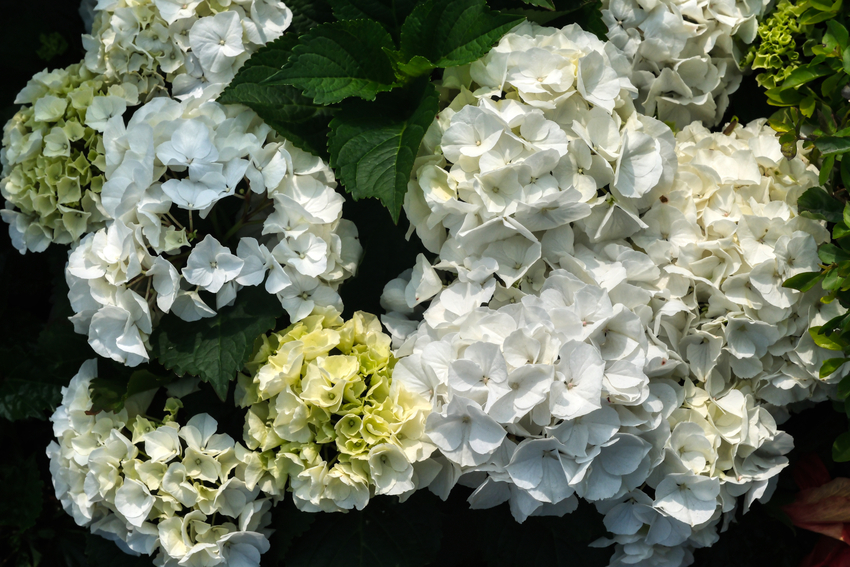 Acres of extraordinary flowers.
Acres of extraordinary flowers.
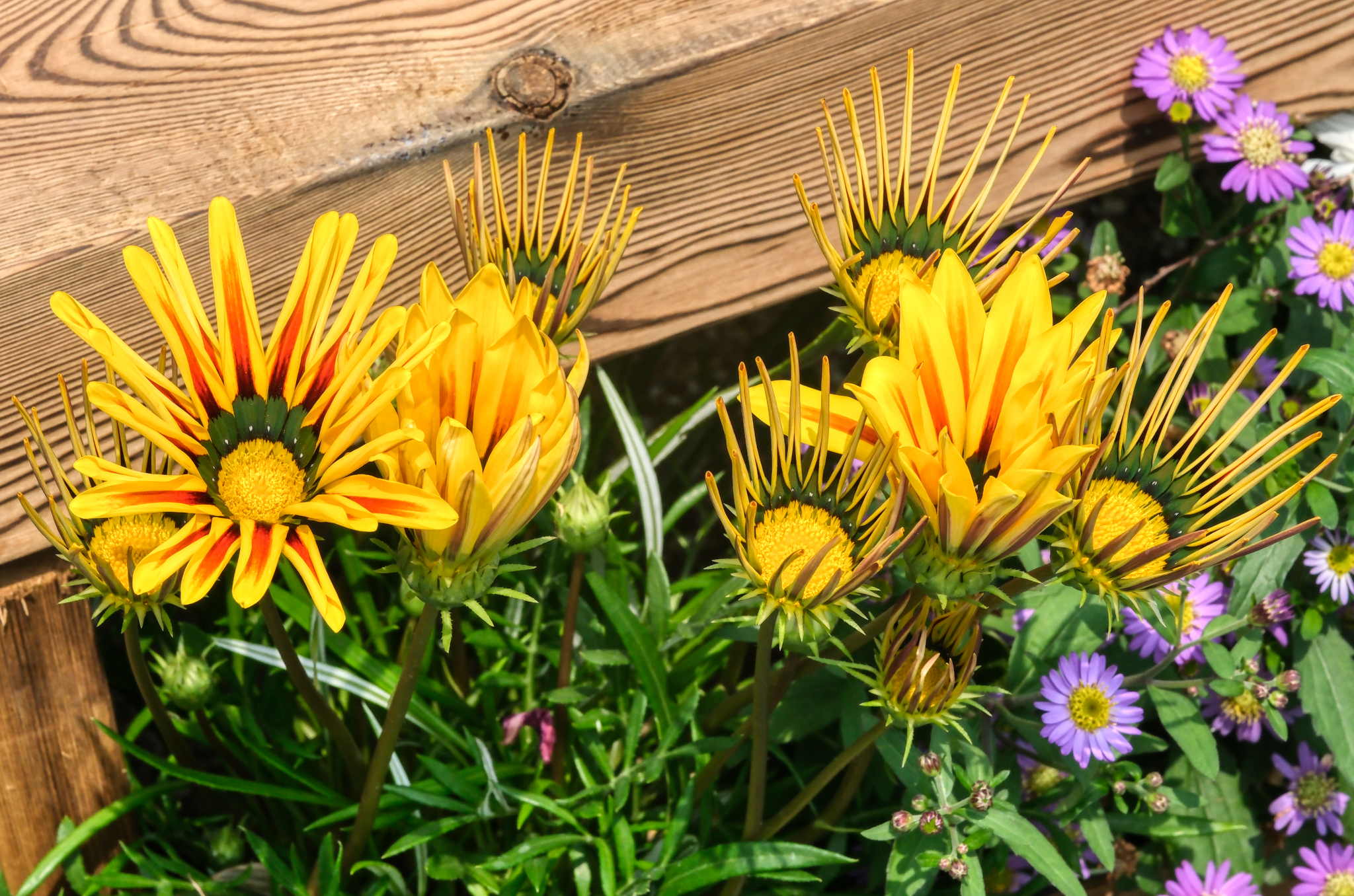 From these exciting yellow splashes, to . . .
From these exciting yellow splashes, to . . .
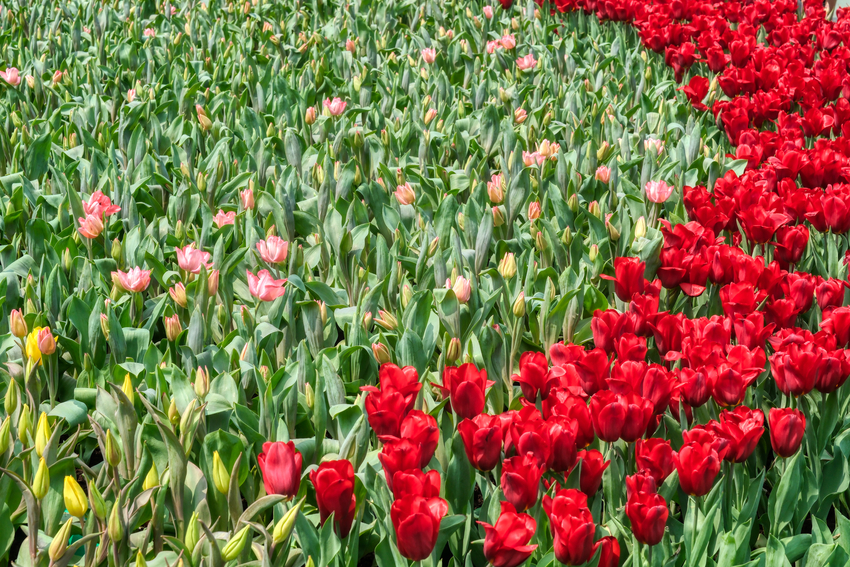 . . . to fields of colorful tulips . . . the Hong Kong Flower Show had it all!
. . . to fields of colorful tulips . . . the Hong Kong Flower Show had it all!
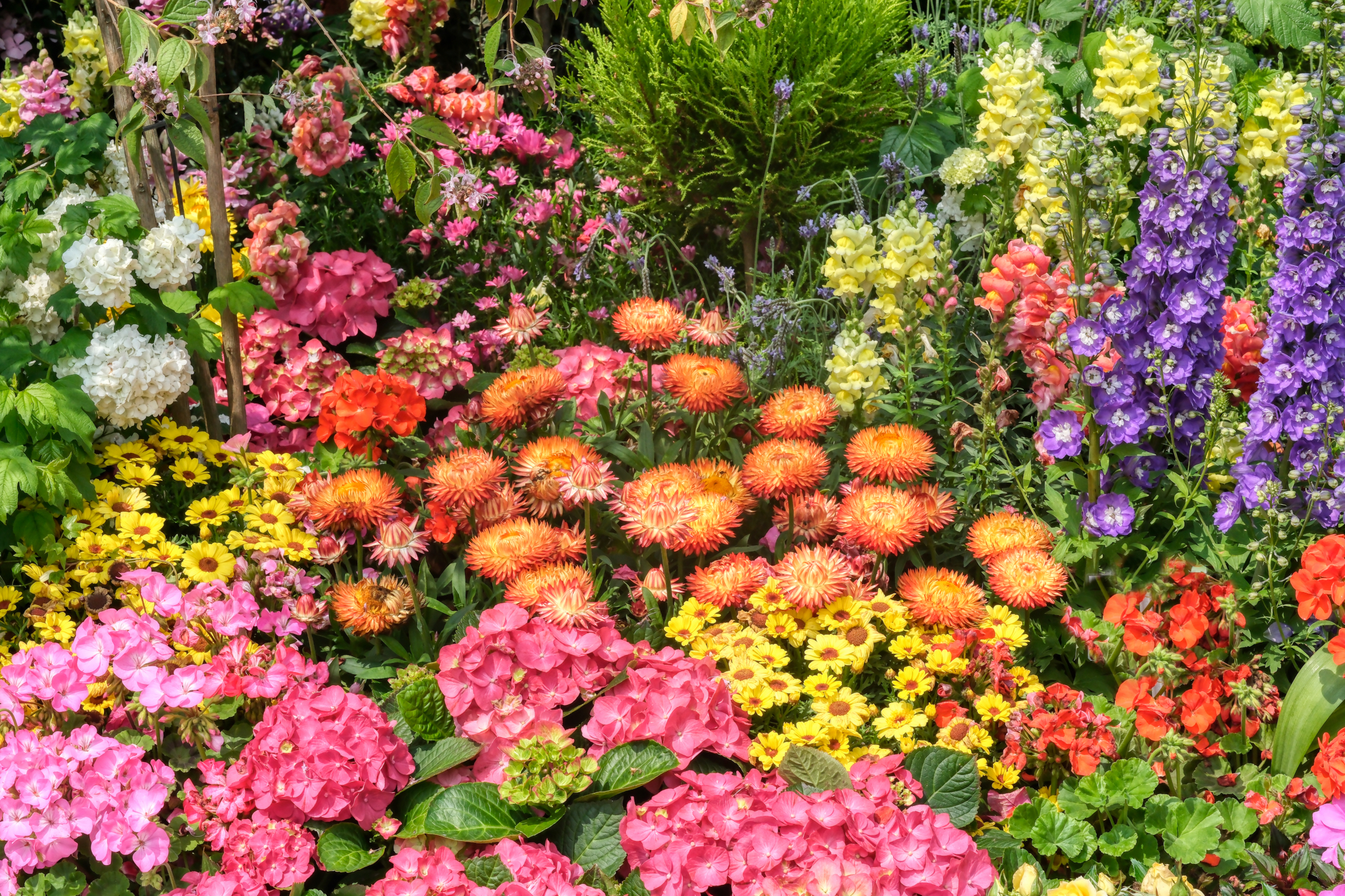 I wish I could tell you the names of all these flowers . . . but I did not take notes while there . . . I was only rffocusing on the beauty.
I wish I could tell you the names of all these flowers . . . but I did not take notes while there . . . I was only rffocusing on the beauty.
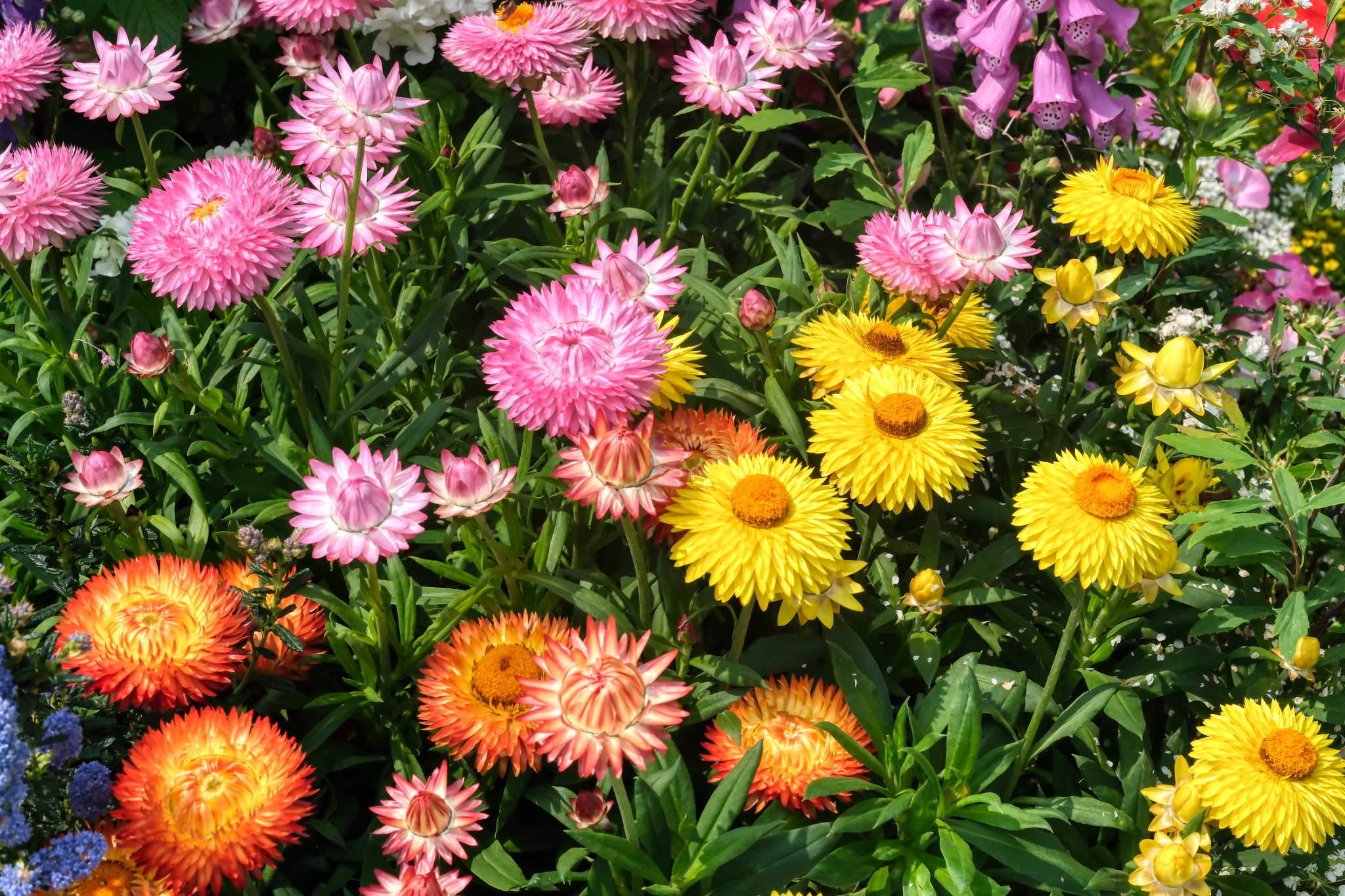 Such happiness expressed in this arrangement!
Such happiness expressed in this arrangement!
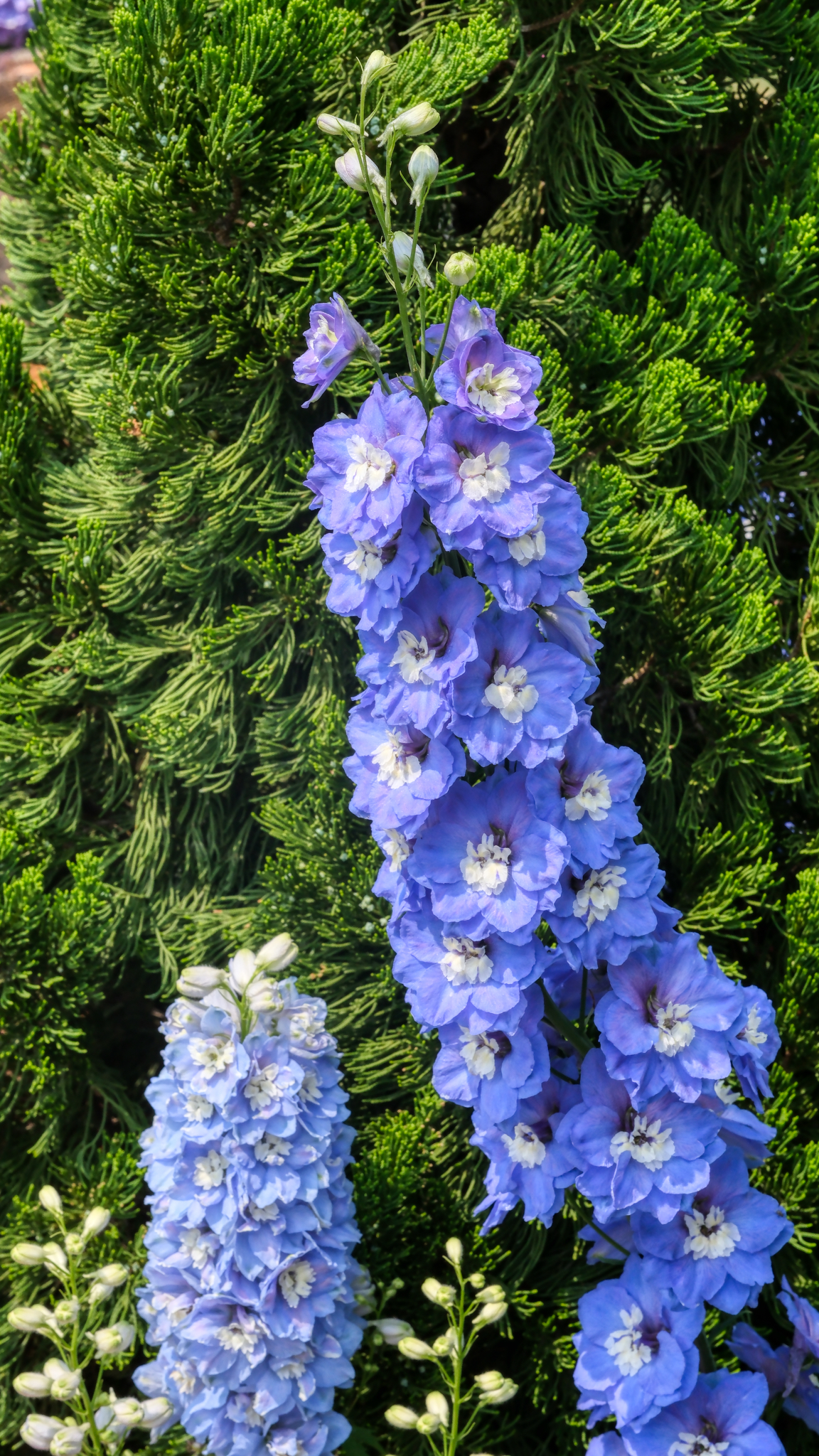 I think this show had more different kinds of flowers than I have ever seen i one place.
I think this show had more different kinds of flowers than I have ever seen i one place.
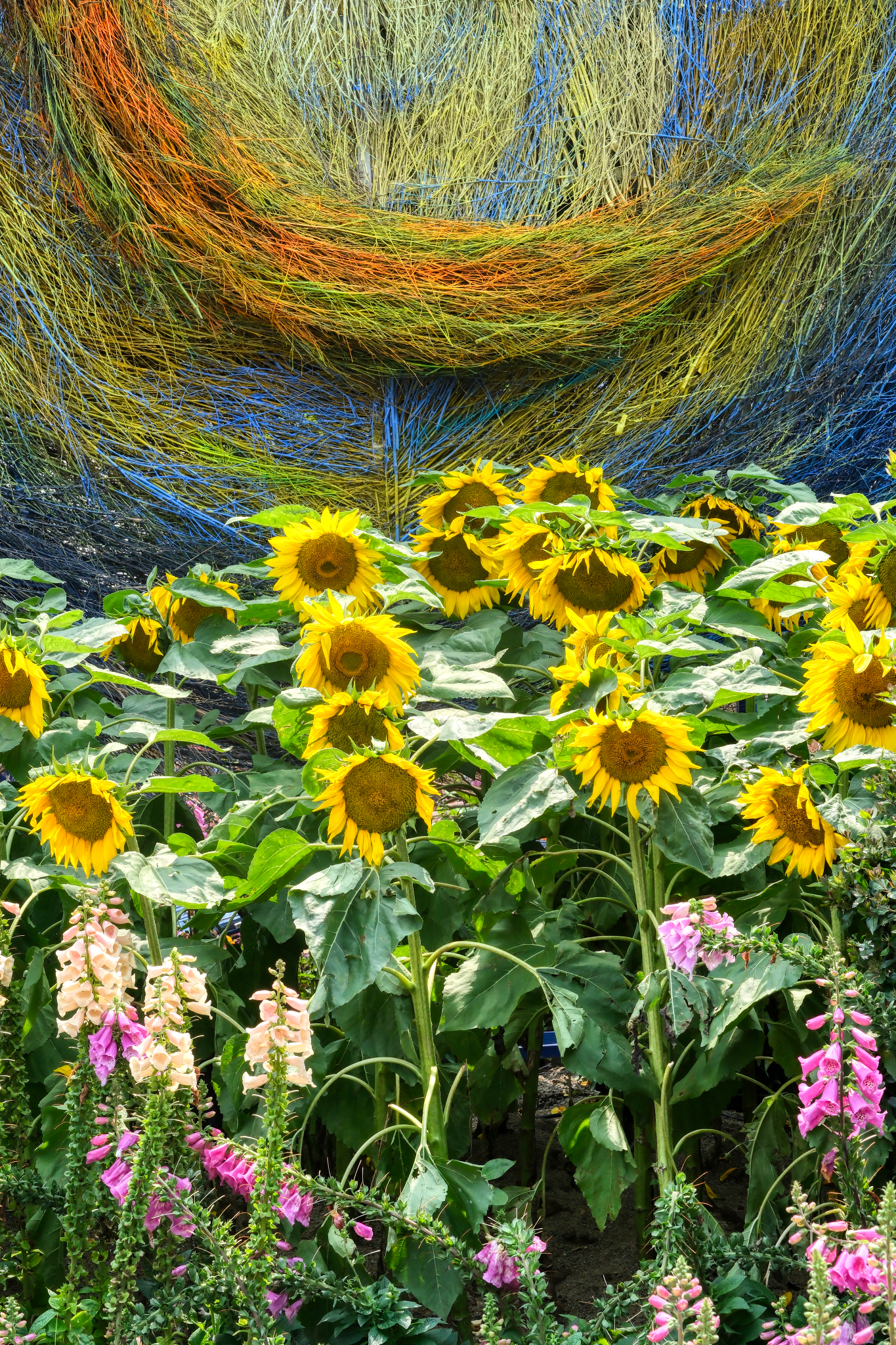 Some of the arrangements were fantistically beautiful.
Some of the arrangements were fantistically beautiful.
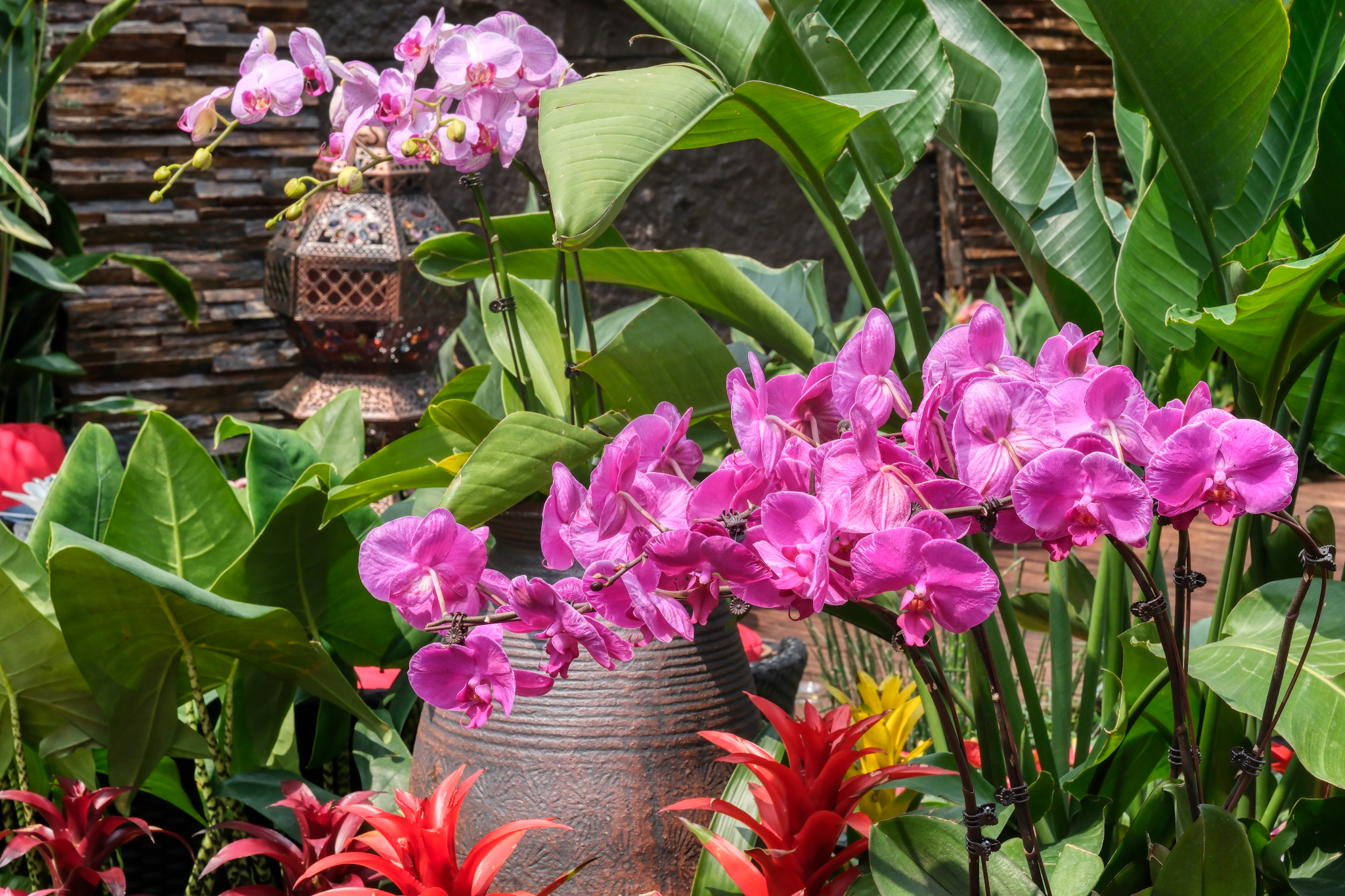 Thailand had an official entry . . . a large space to showcase Thai flowers and garden aesthetics.
Thailand had an official entry . . . a large space to showcase Thai flowers and garden aesthetics.
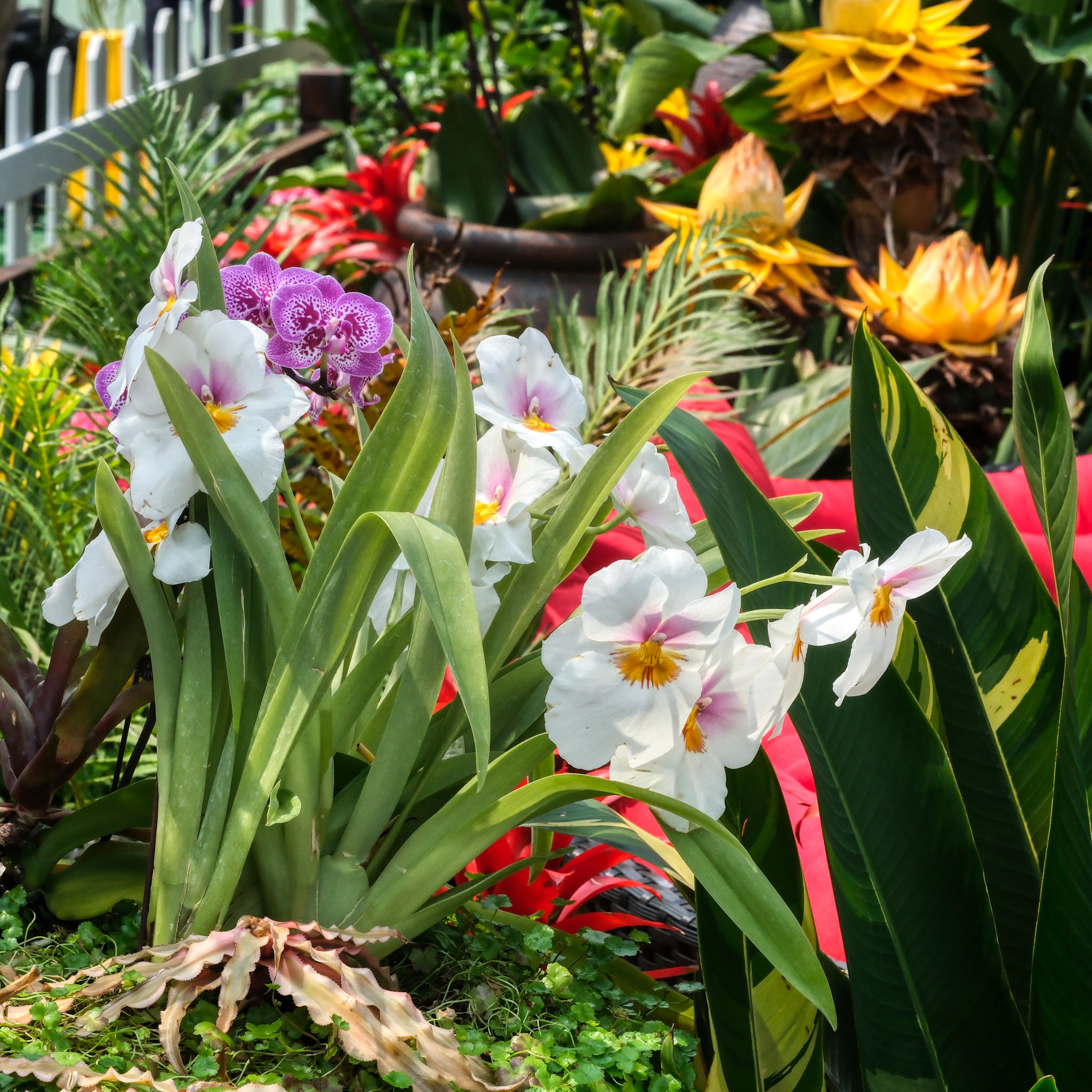 I have to confess a bias: I live in Thailand . . . and I think the Thai exhibit was the very best in the show. There, I said it.
I have to confess a bias: I live in Thailand . . . and I think the Thai exhibit was the very best in the show. There, I said it.
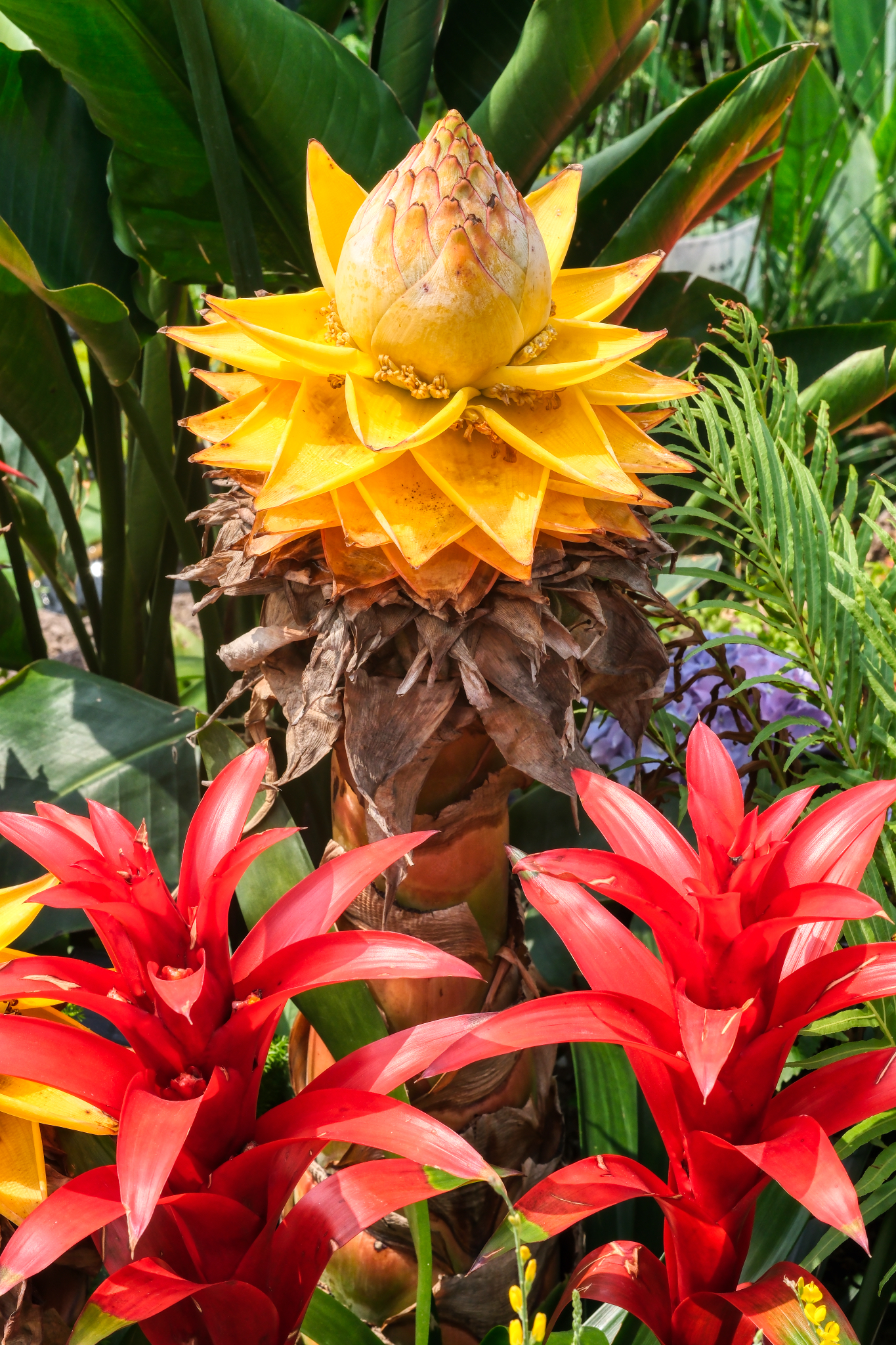 I have these in myb garden . . . astonishing!
I have these in myb garden . . . astonishing!
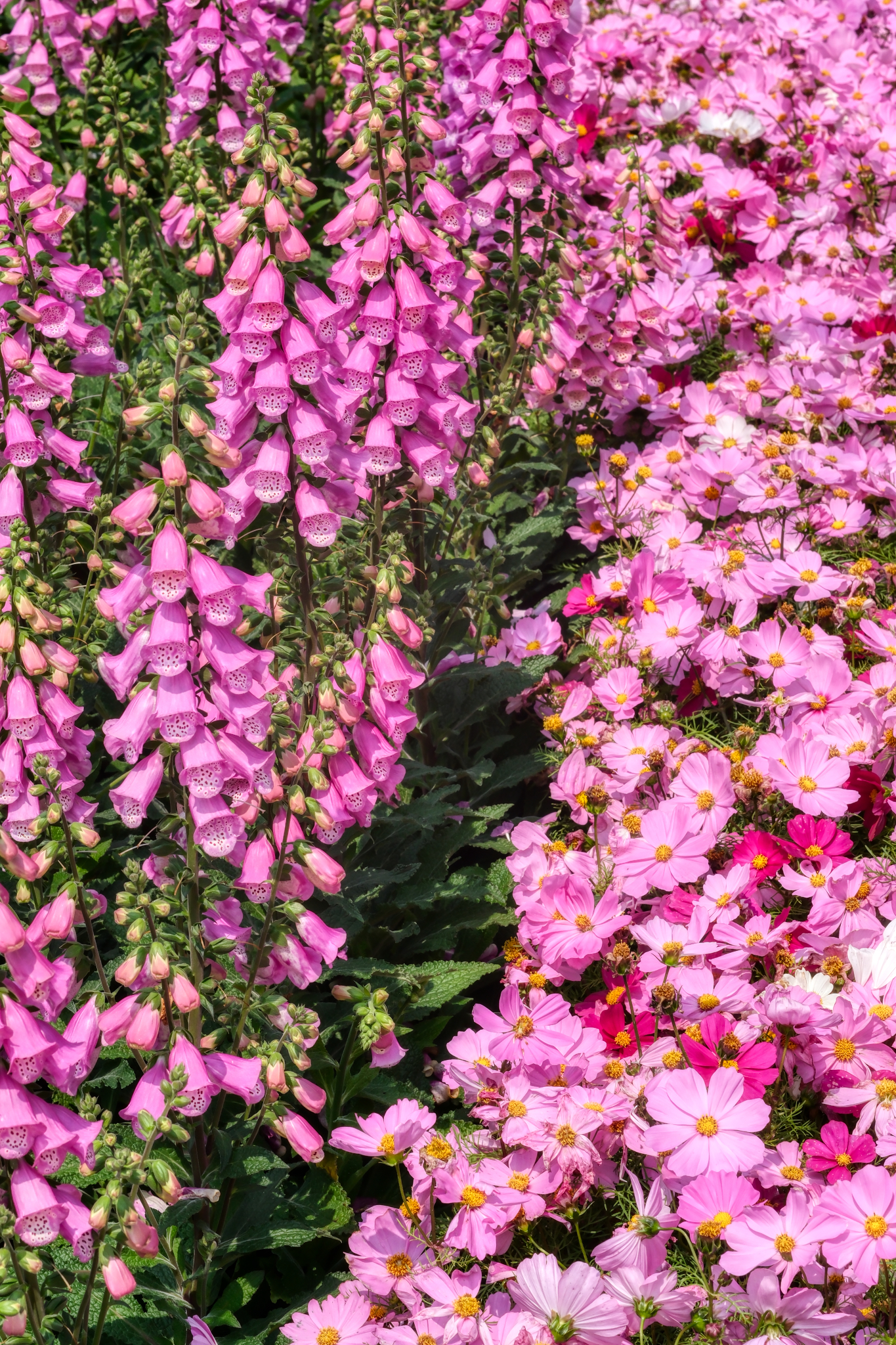 Bluebells galore!!!
Bluebells galore!!!
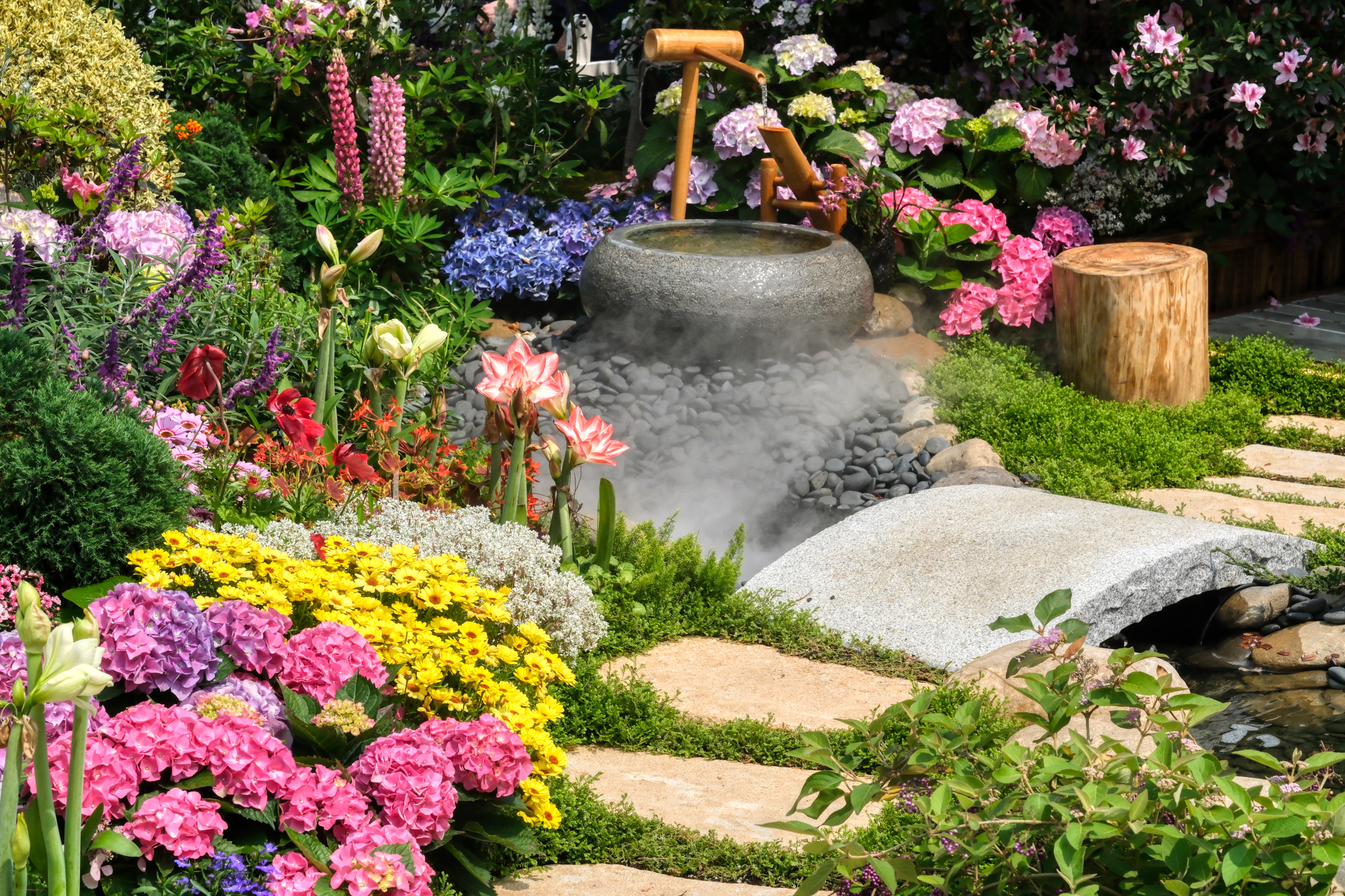 Japan also had an official entry . . . and it was beautiful too . . . and very Japanese!
Japan also had an official entry . . . and it was beautiful too . . . and very Japanese!
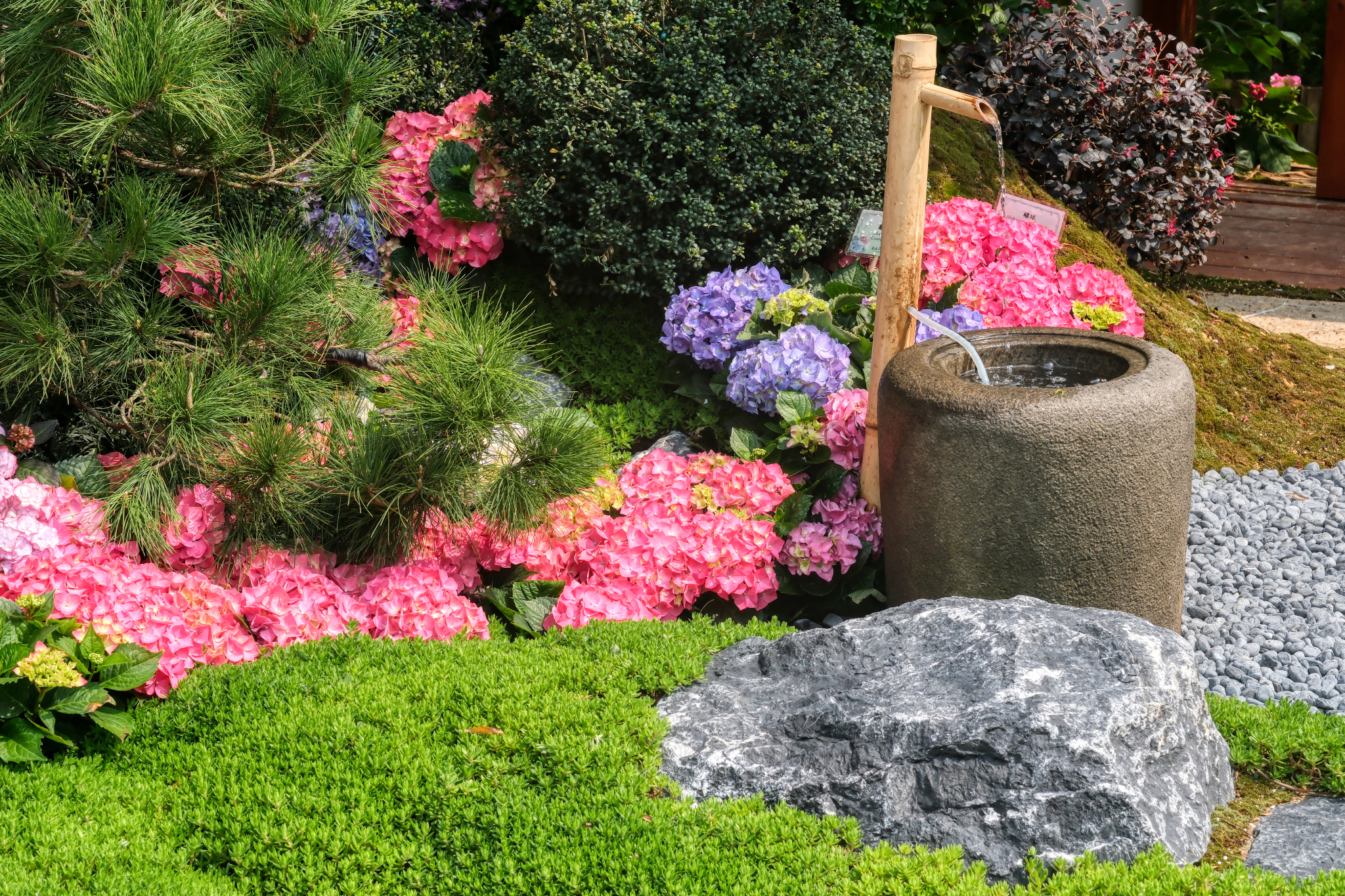 Japanese garden style.
Japanese garden style.
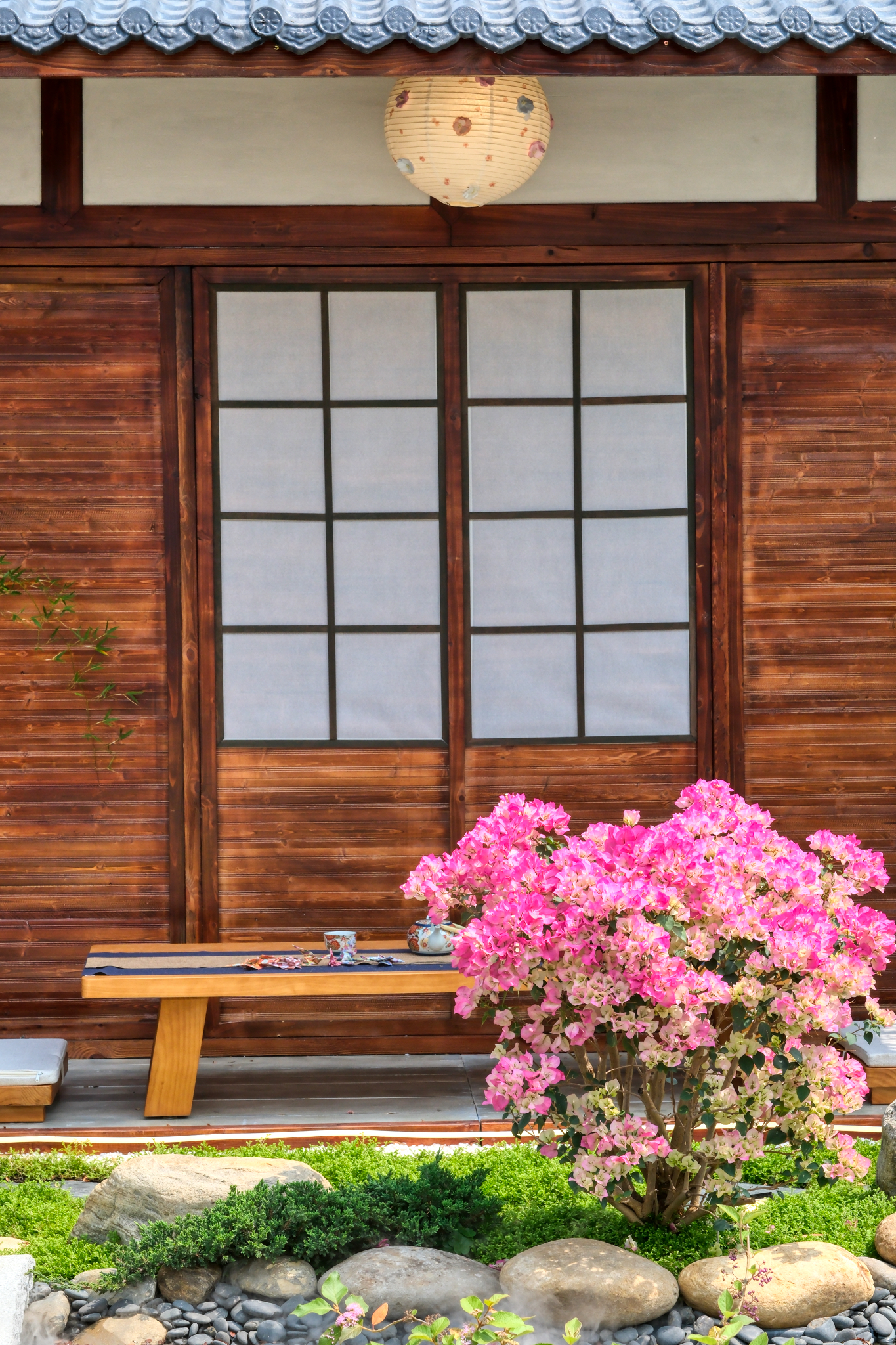 A classic formal Japanese garden.
A classic formal Japanese garden.
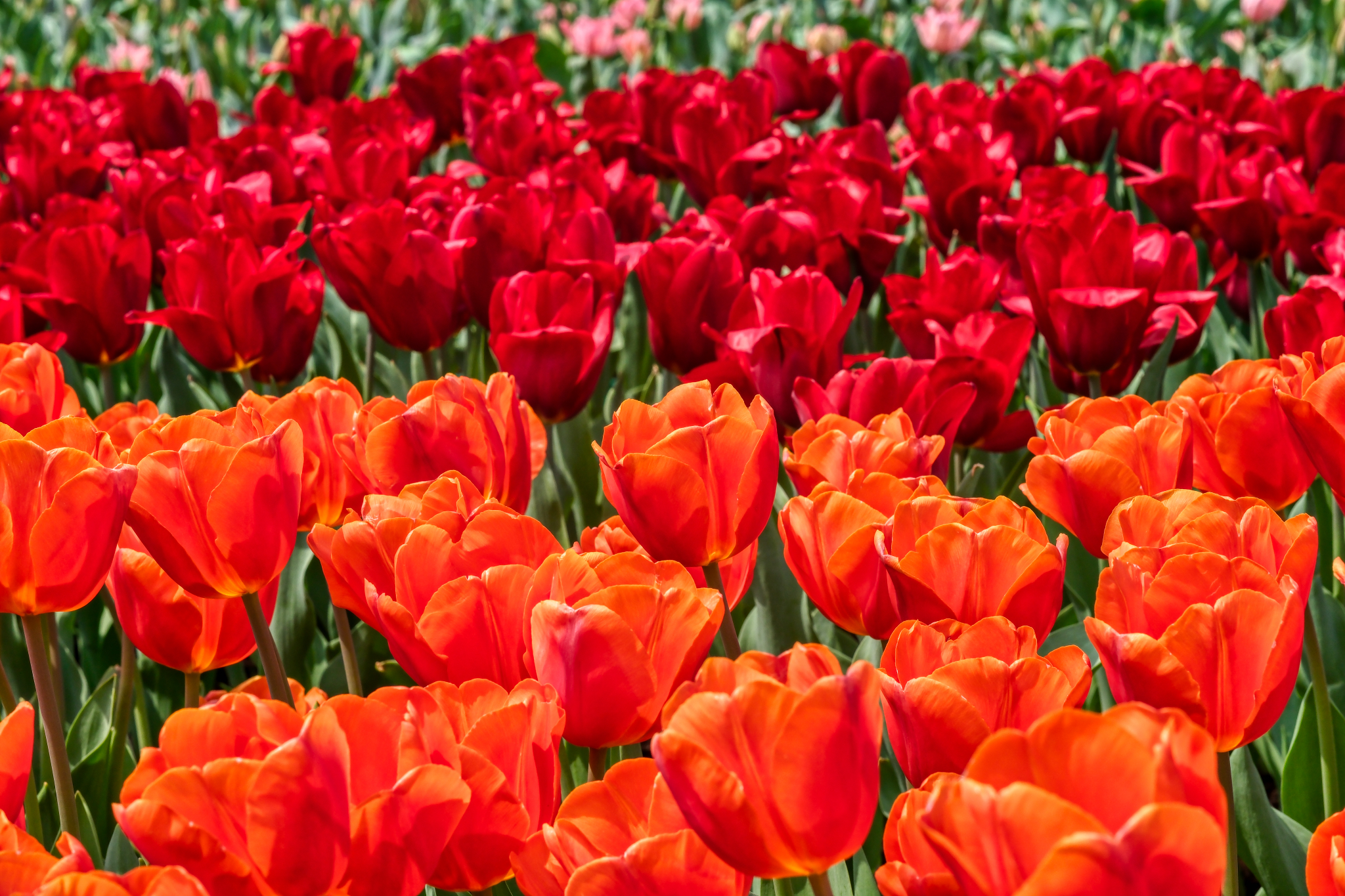 Massivce tulip plantings everywhere . . . the colors were sooooo bright!
Massivce tulip plantings everywhere . . . the colors were sooooo bright!
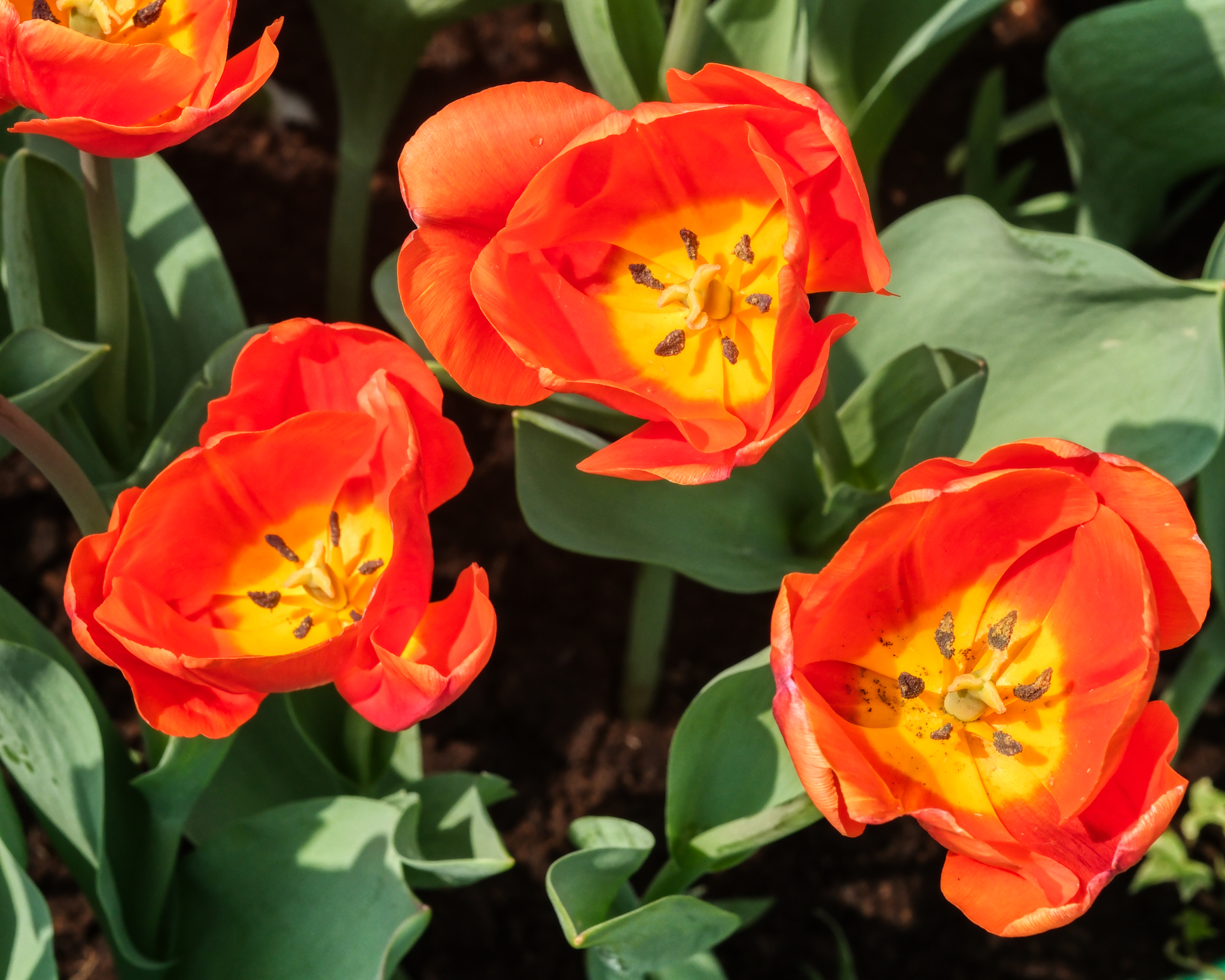 Tulip interiors are also interestimng.
Tulip interiors are also interestimng.
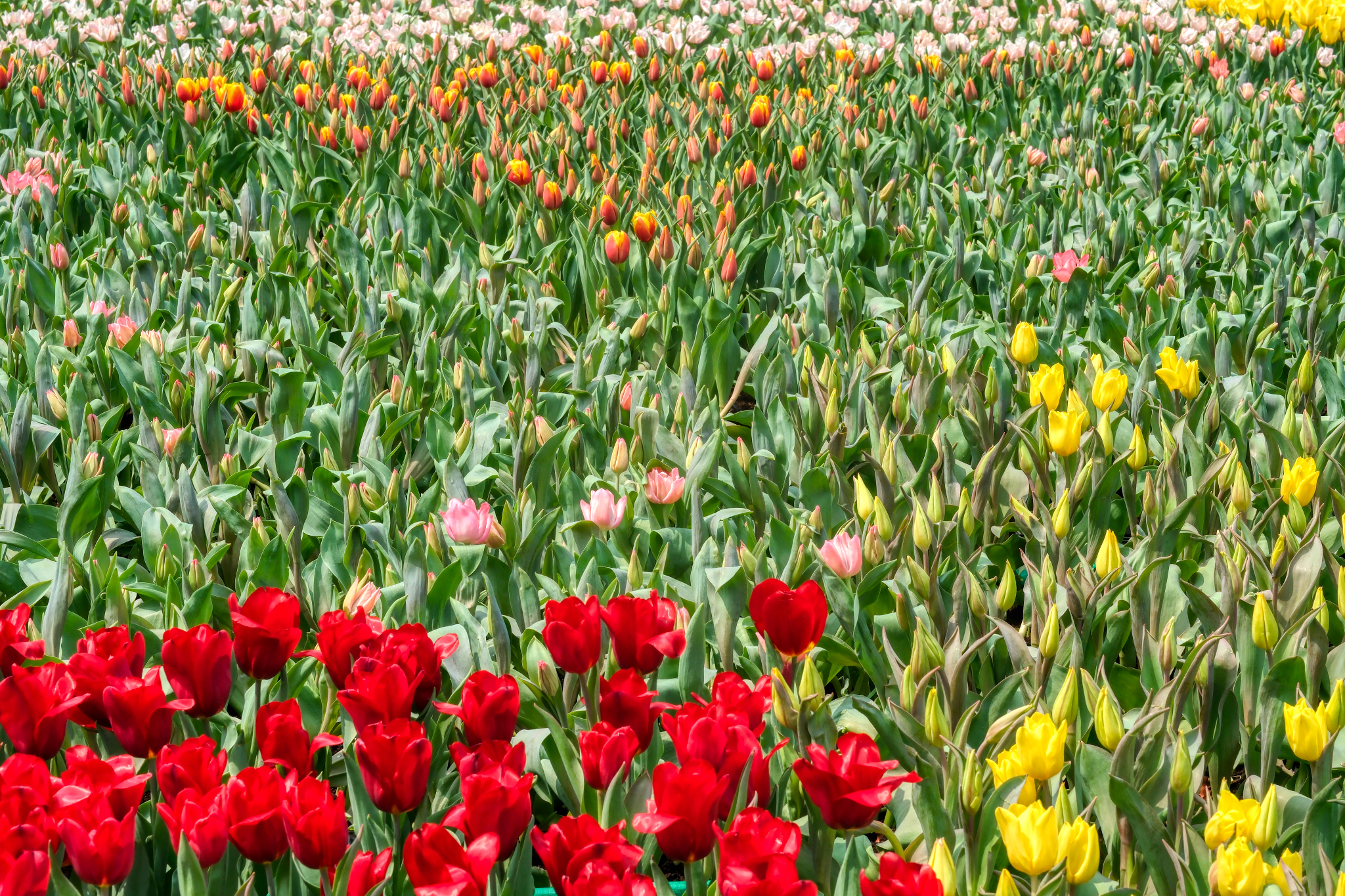 More tulips . . . on the way.
More tulips . . . on the way.
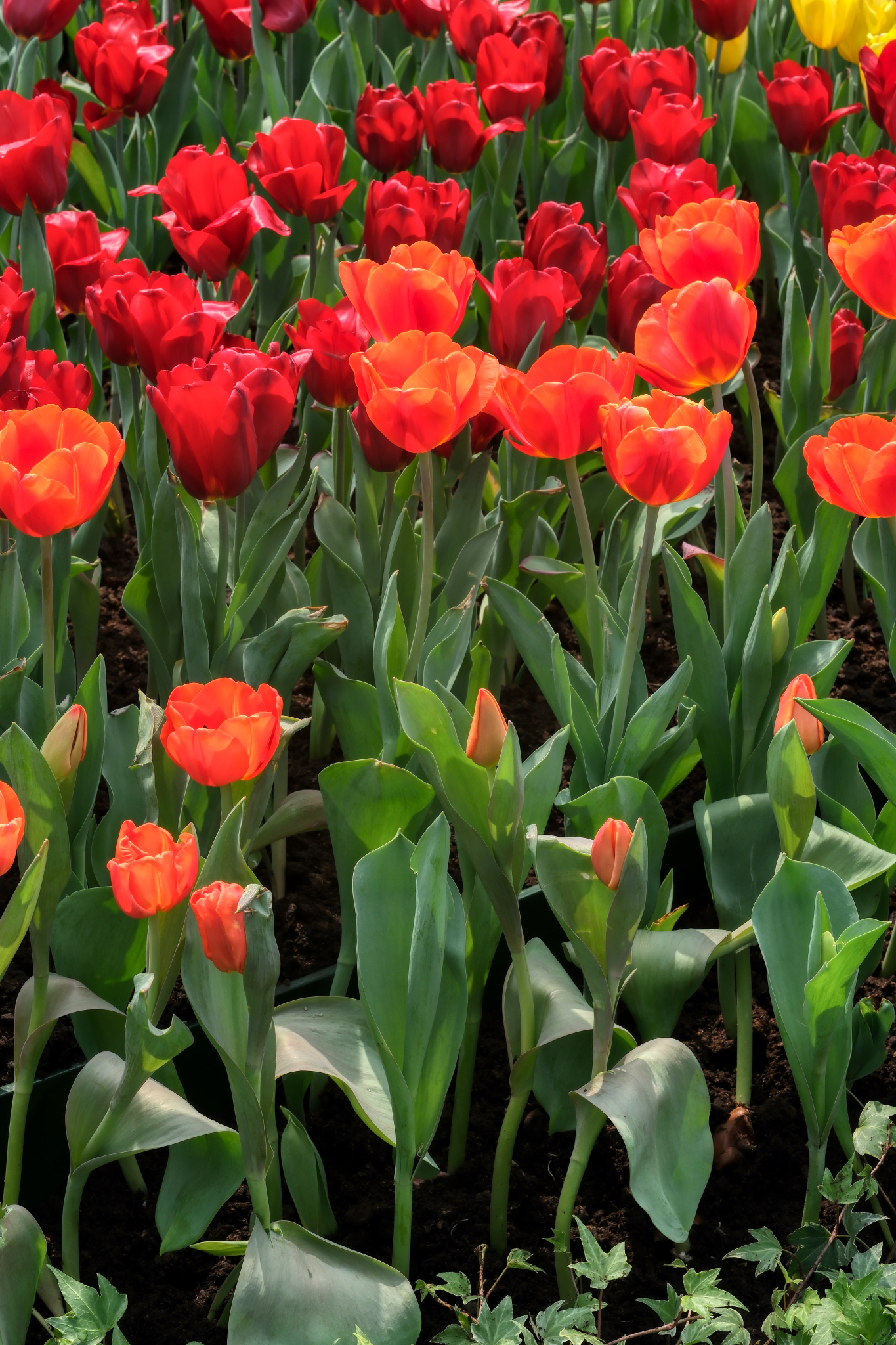 Tulips, tulips, tulips . . . I could have done an entire entry on tulips . . . I took so many photos.
Tulips, tulips, tulips . . . I could have done an entire entry on tulips . . . I took so many photos.
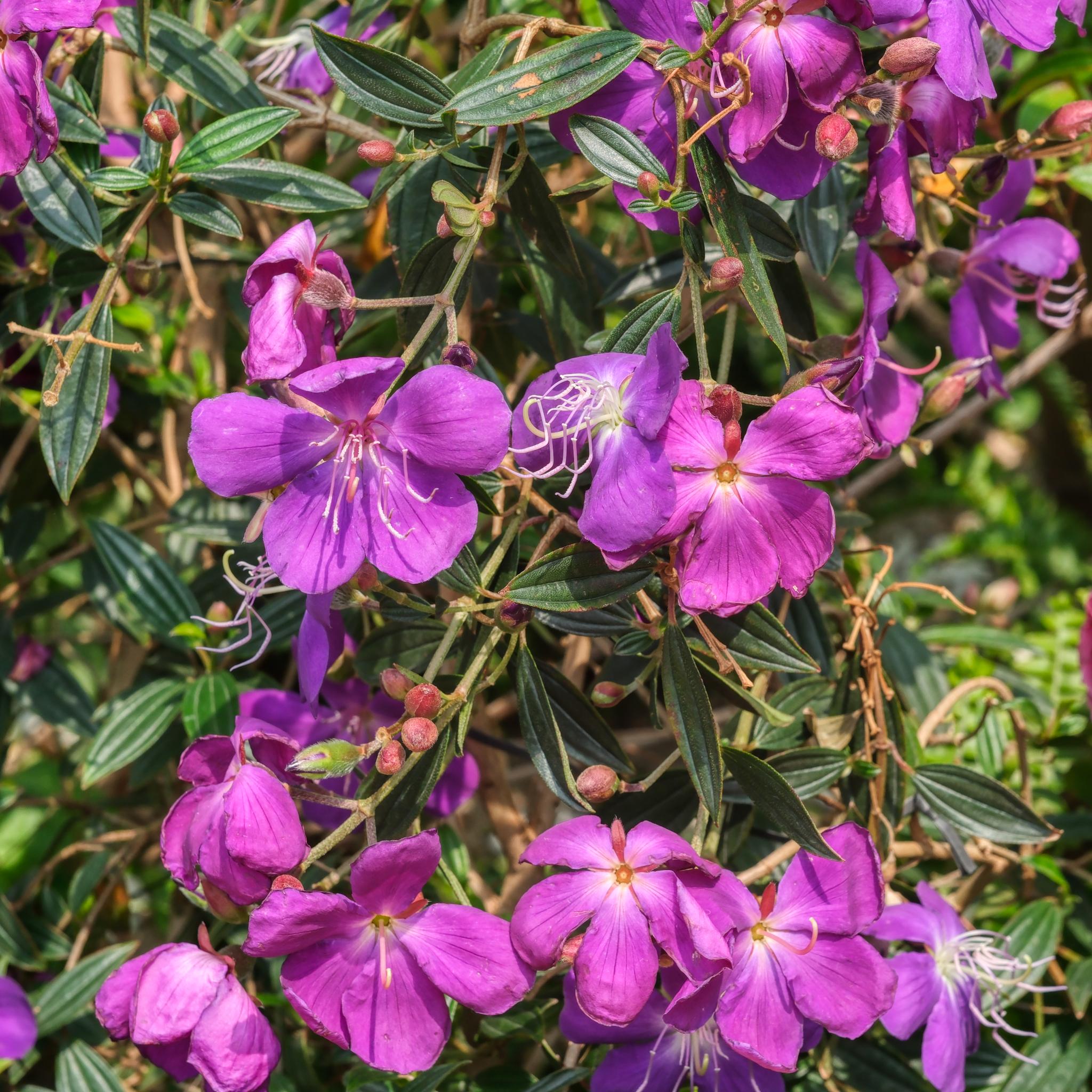 I have these in my garden.
I have these in my garden.
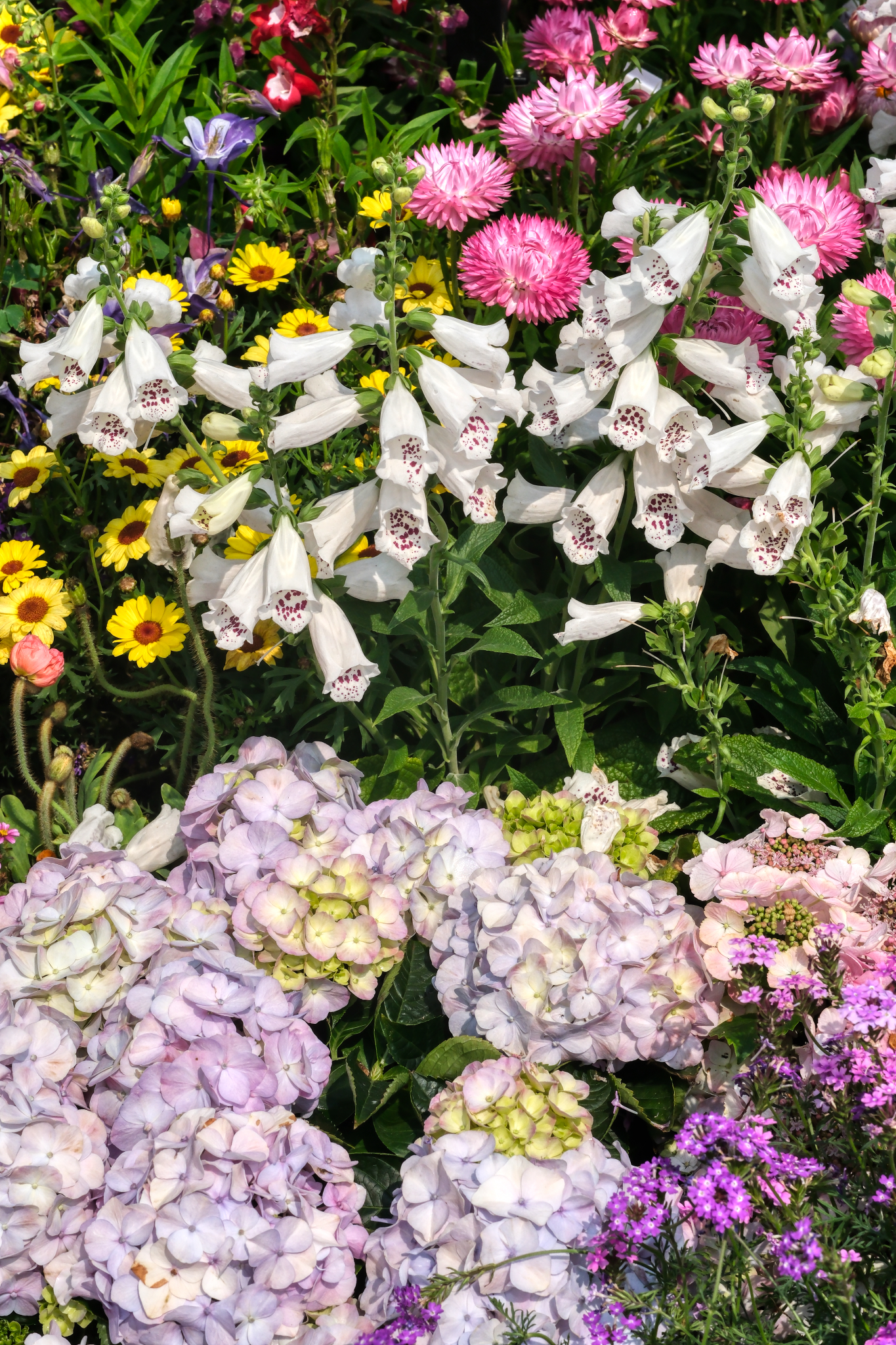 A mixed arrangement. Nice.
A mixed arrangement. Nice.
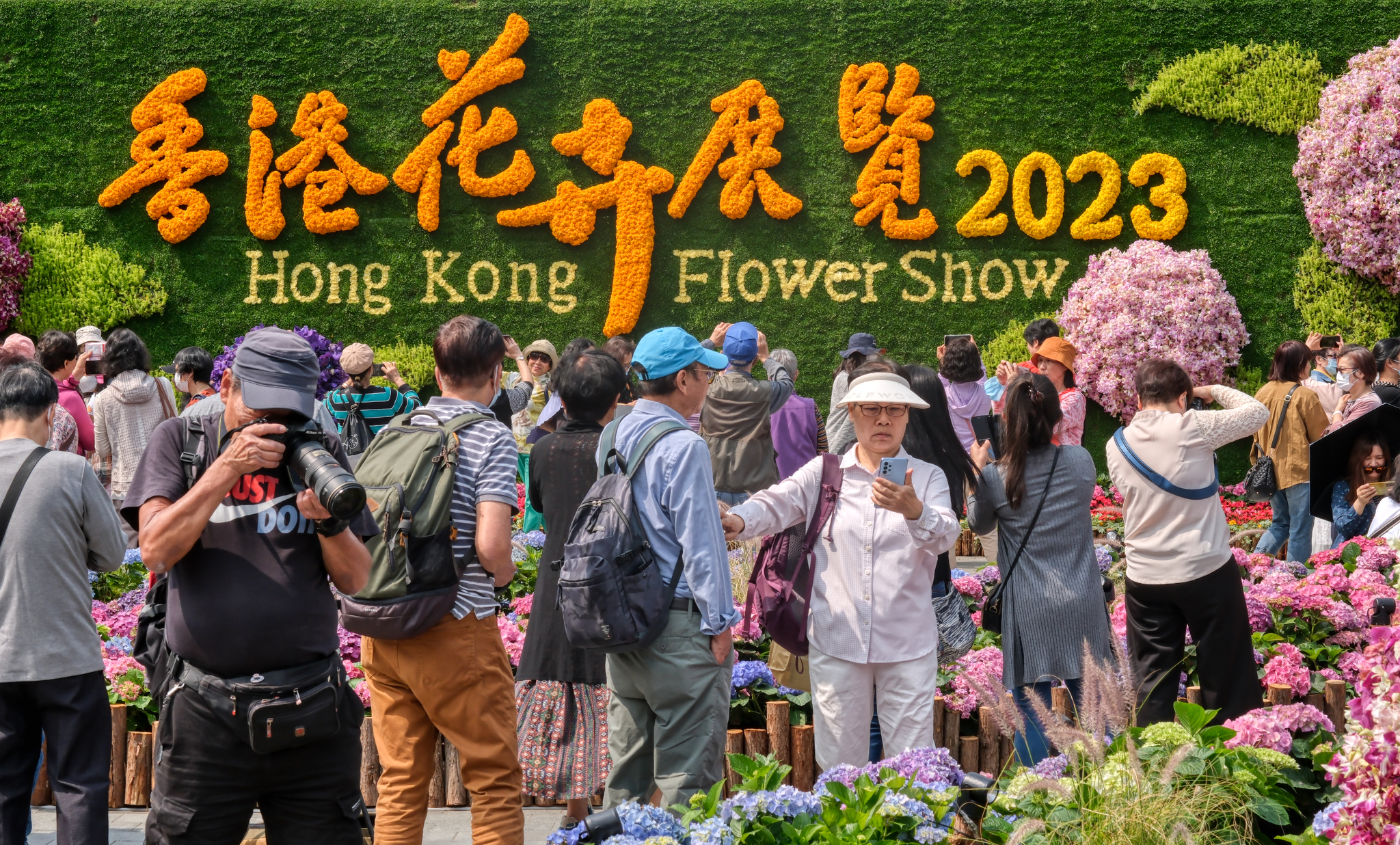 I wasn't the only person who thought of bringing their camera to the Flower Show. Everybody, and I do mean EVERYBODY, had their cameras and phones out taking photos . . . and there was some elbowing here and there to get the 'best' photo angles.
I wasn't the only person who thought of bringing their camera to the Flower Show. Everybody, and I do mean EVERYBODY, had their cameras and phones out taking photos . . . and there was some elbowing here and there to get the 'best' photo angles.
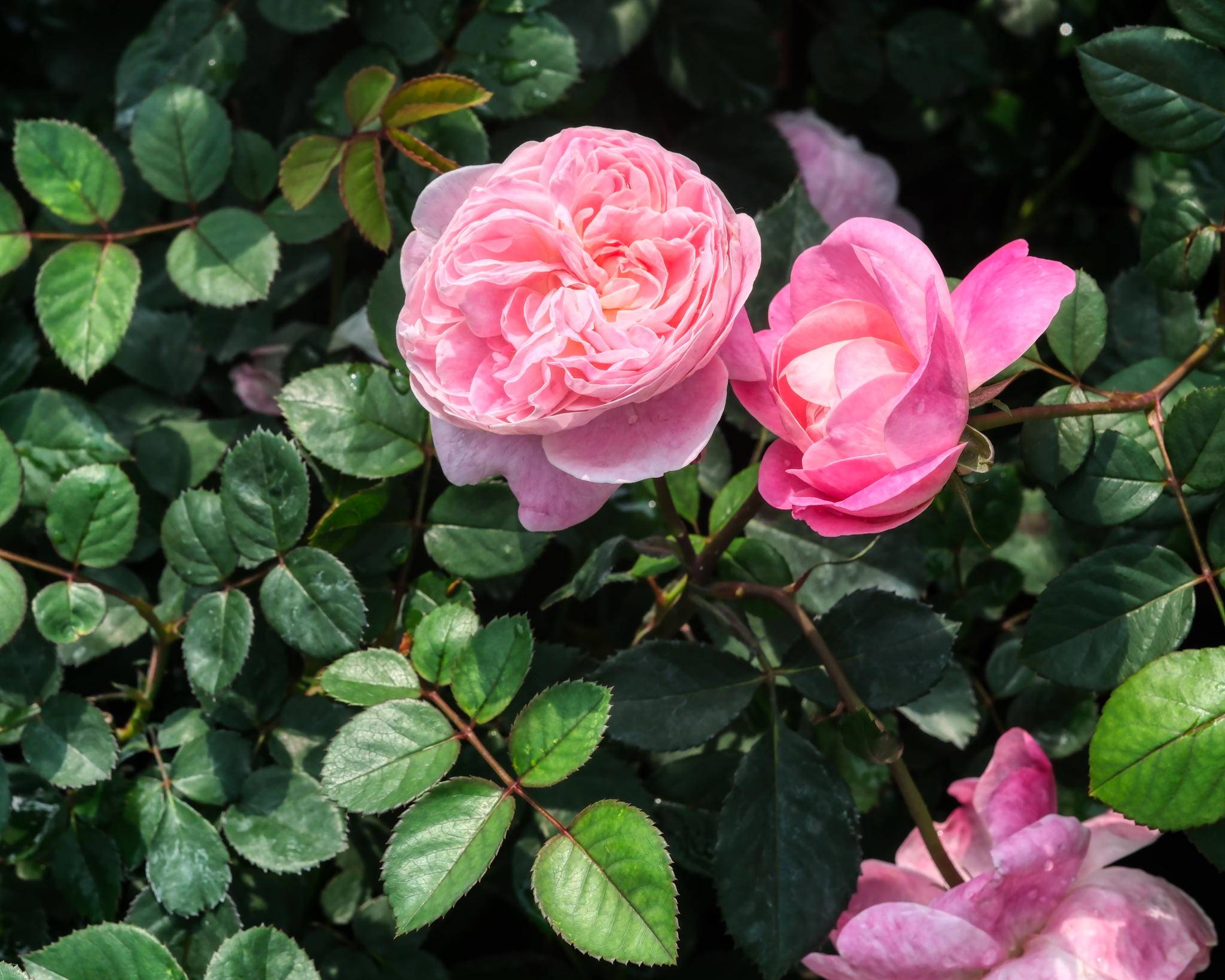 A lone pink rose.
A lone pink rose.
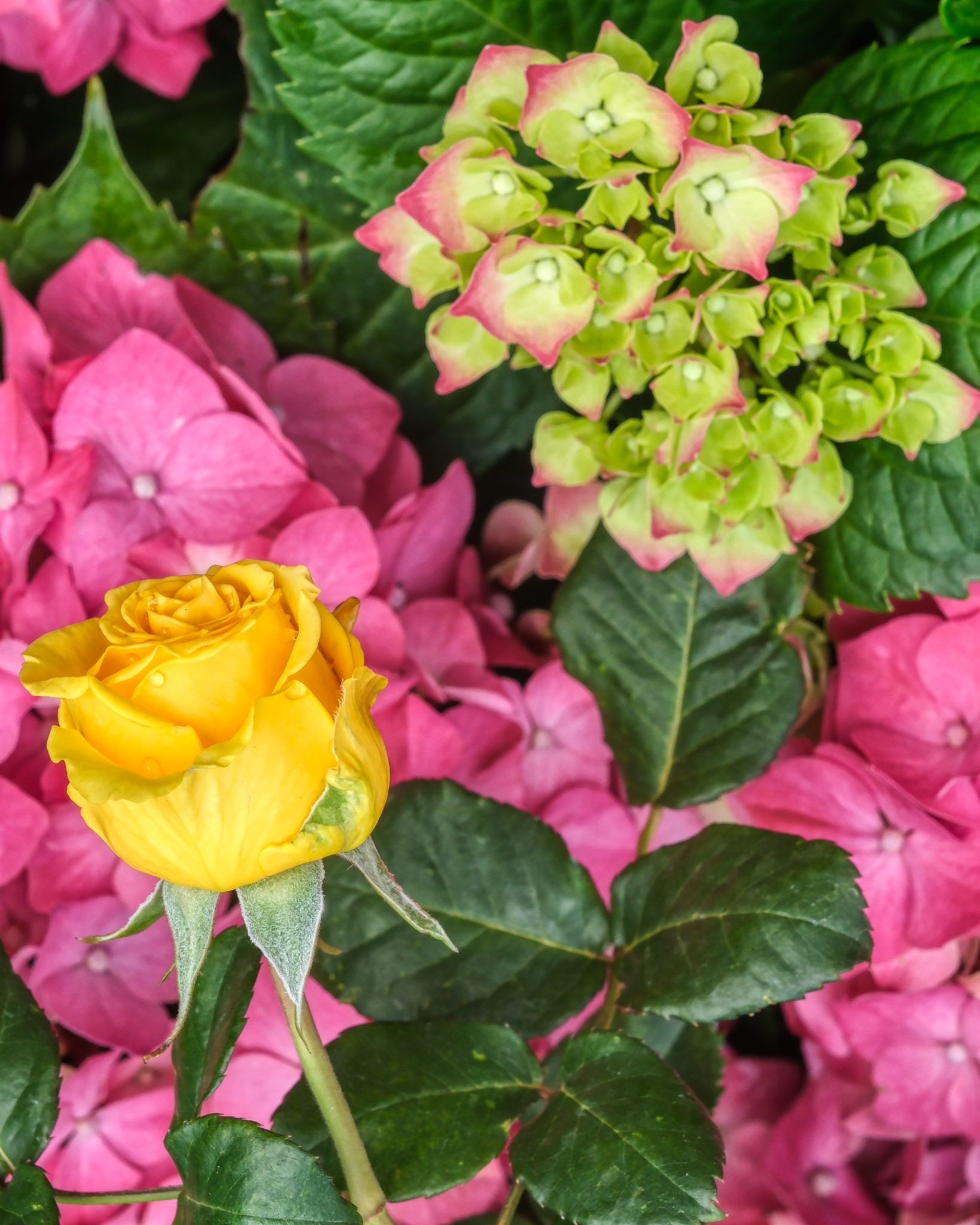 New yellow rose in colorful company.
New yellow rose in colorful company.
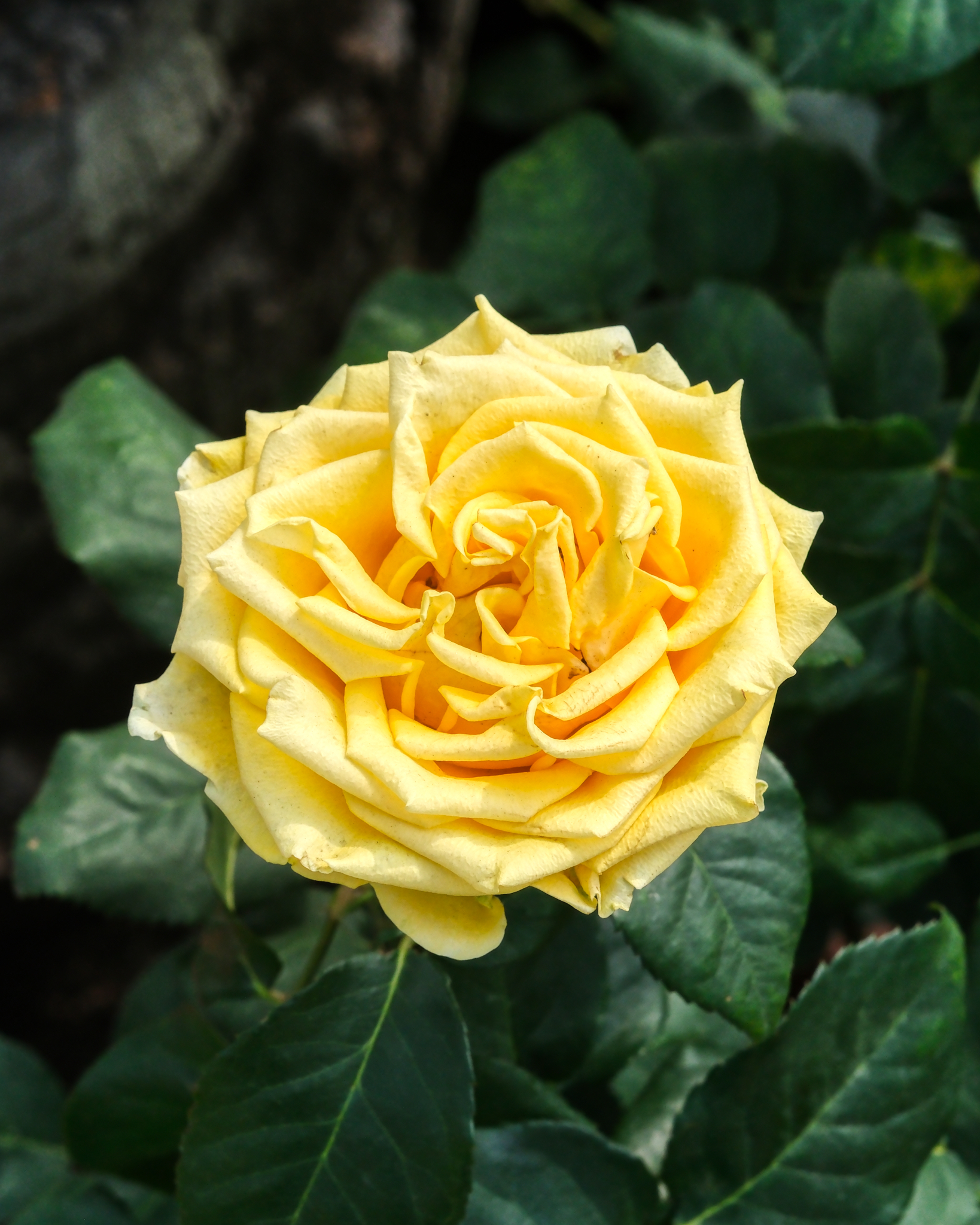 Yellow rose showing off.
Yellow rose showing off.
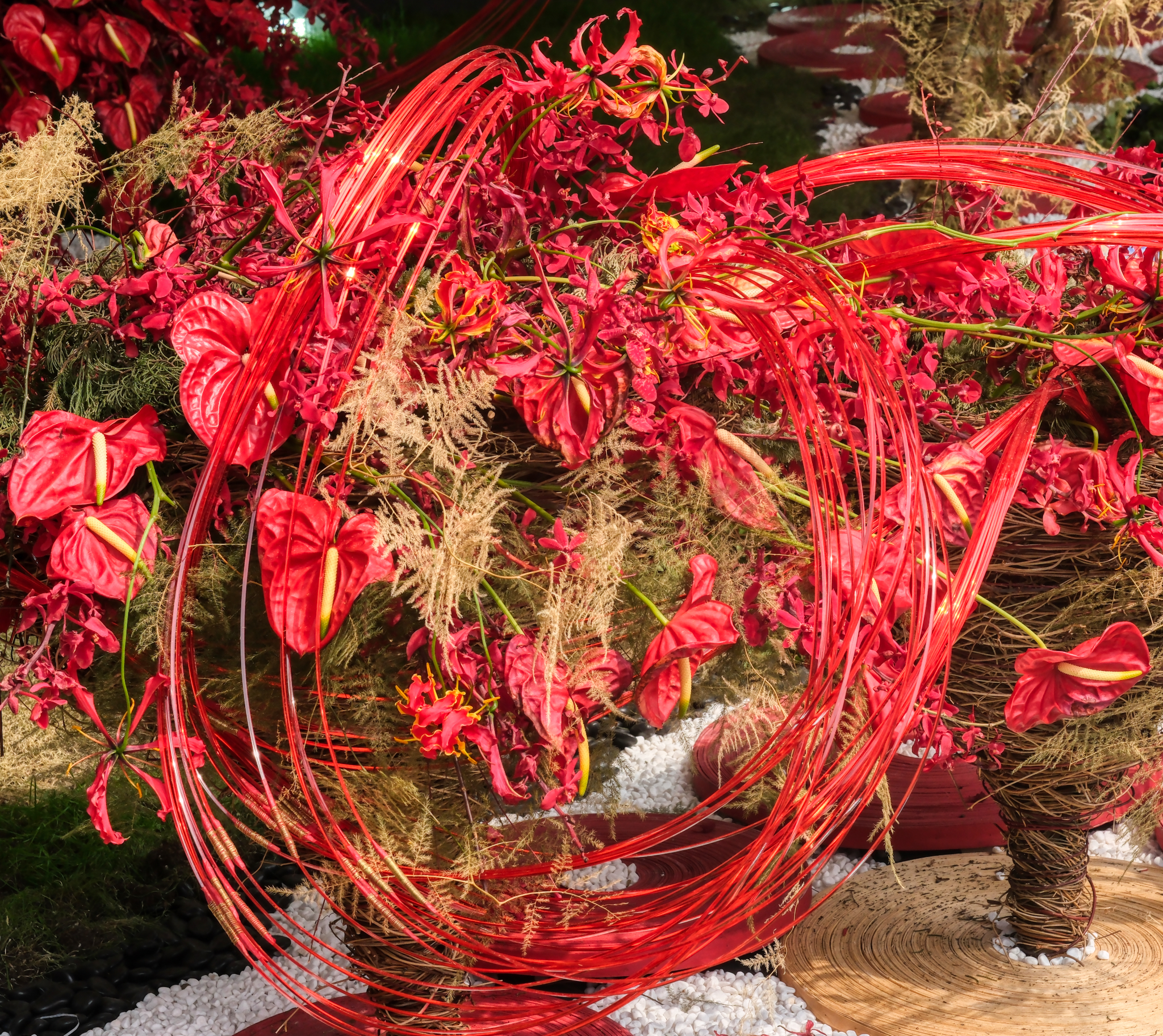 There was a small pavilion with flower arrangements . . . I think this one won.
There was a small pavilion with flower arrangements . . . I think this one won.
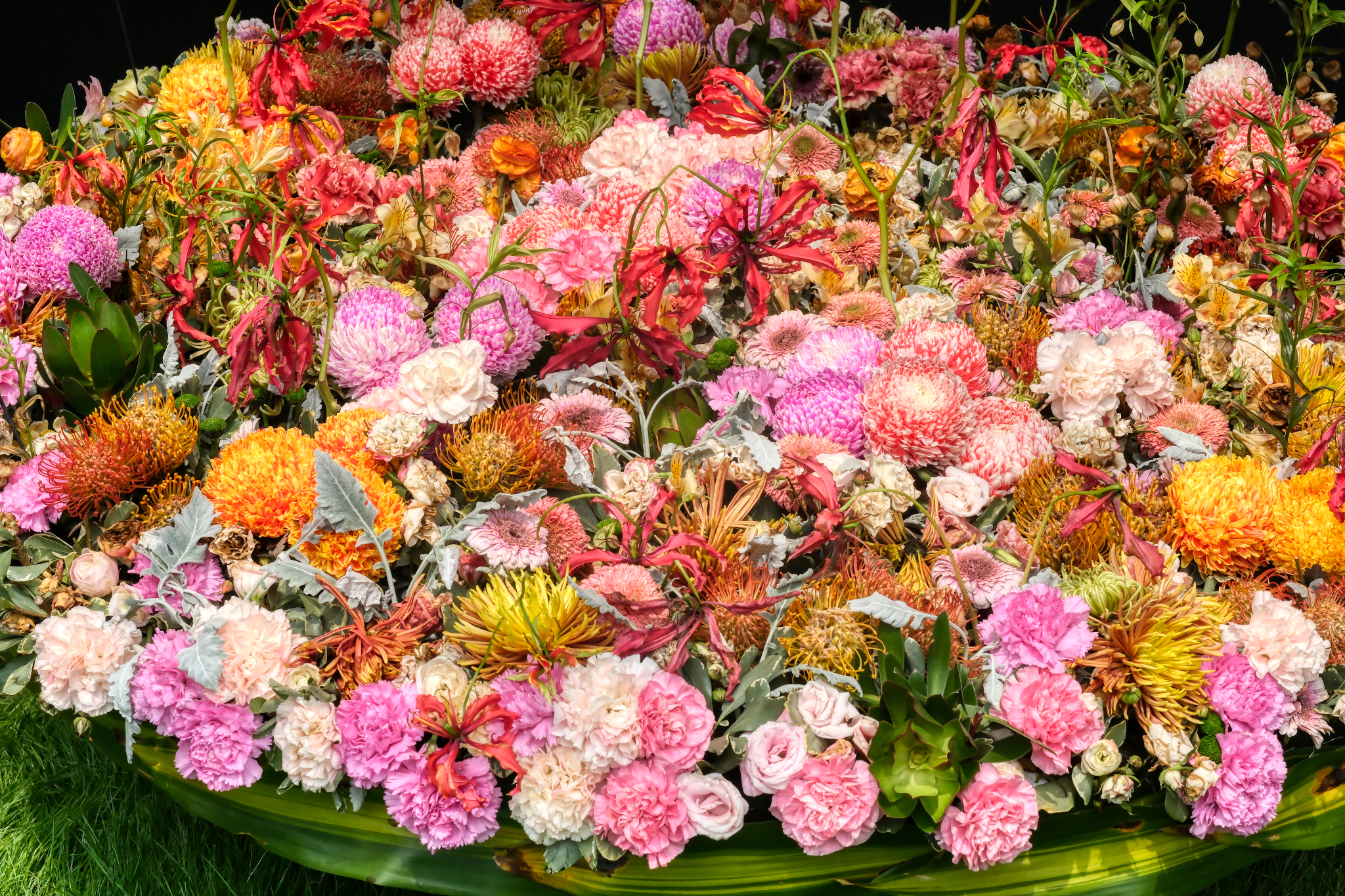 A massive flower arrangement. Wow!
A massive flower arrangement. Wow!
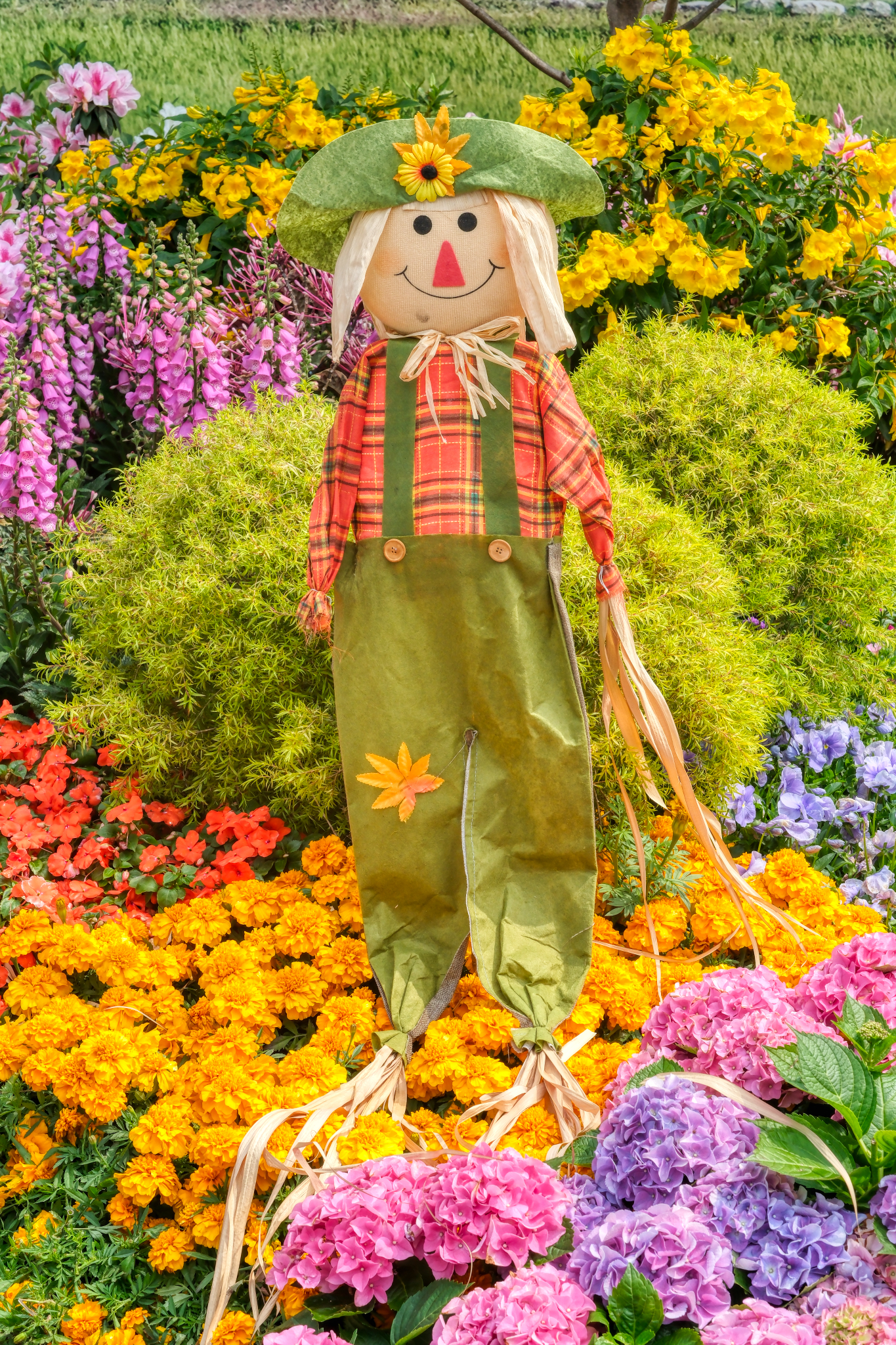 A cute "farm" display.
A cute "farm" display.
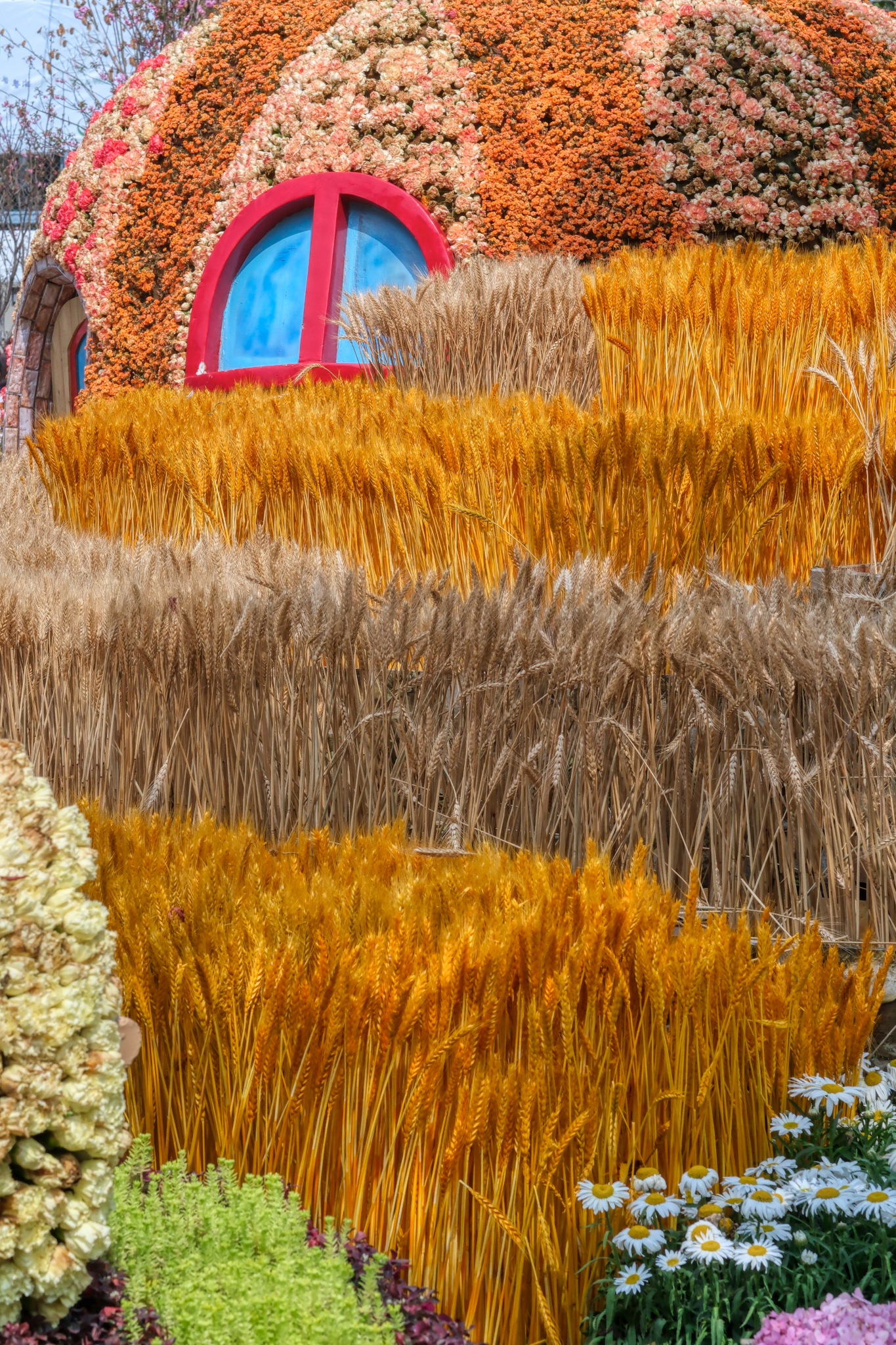 The European-style farm display used grain stalks with good results.
The European-style farm display used grain stalks with good results.
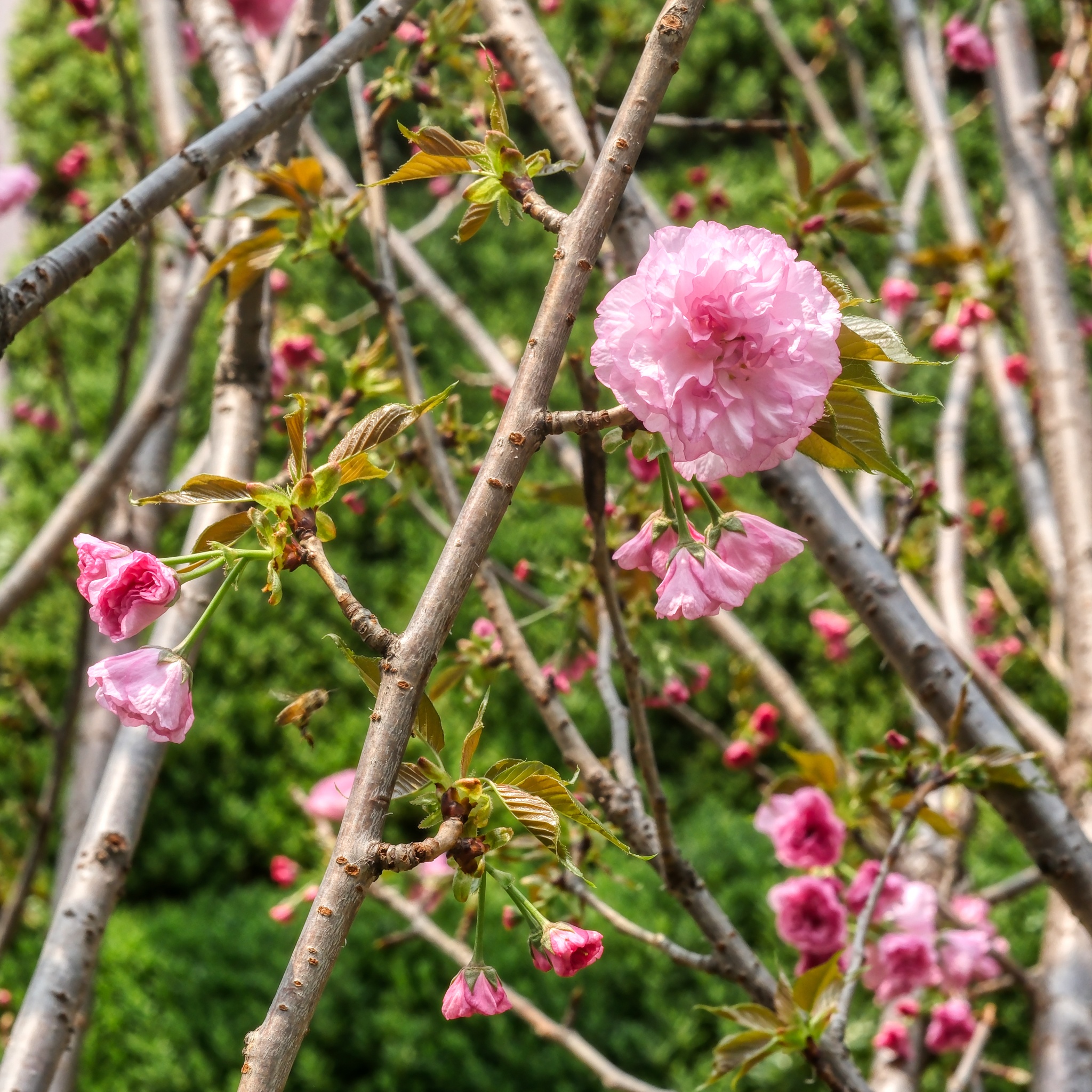 I do not know how they managed to get these fruit trees to blossom at the exact time for the Flower Show . . .
I do not know how they managed to get these fruit trees to blossom at the exact time for the Flower Show . . .
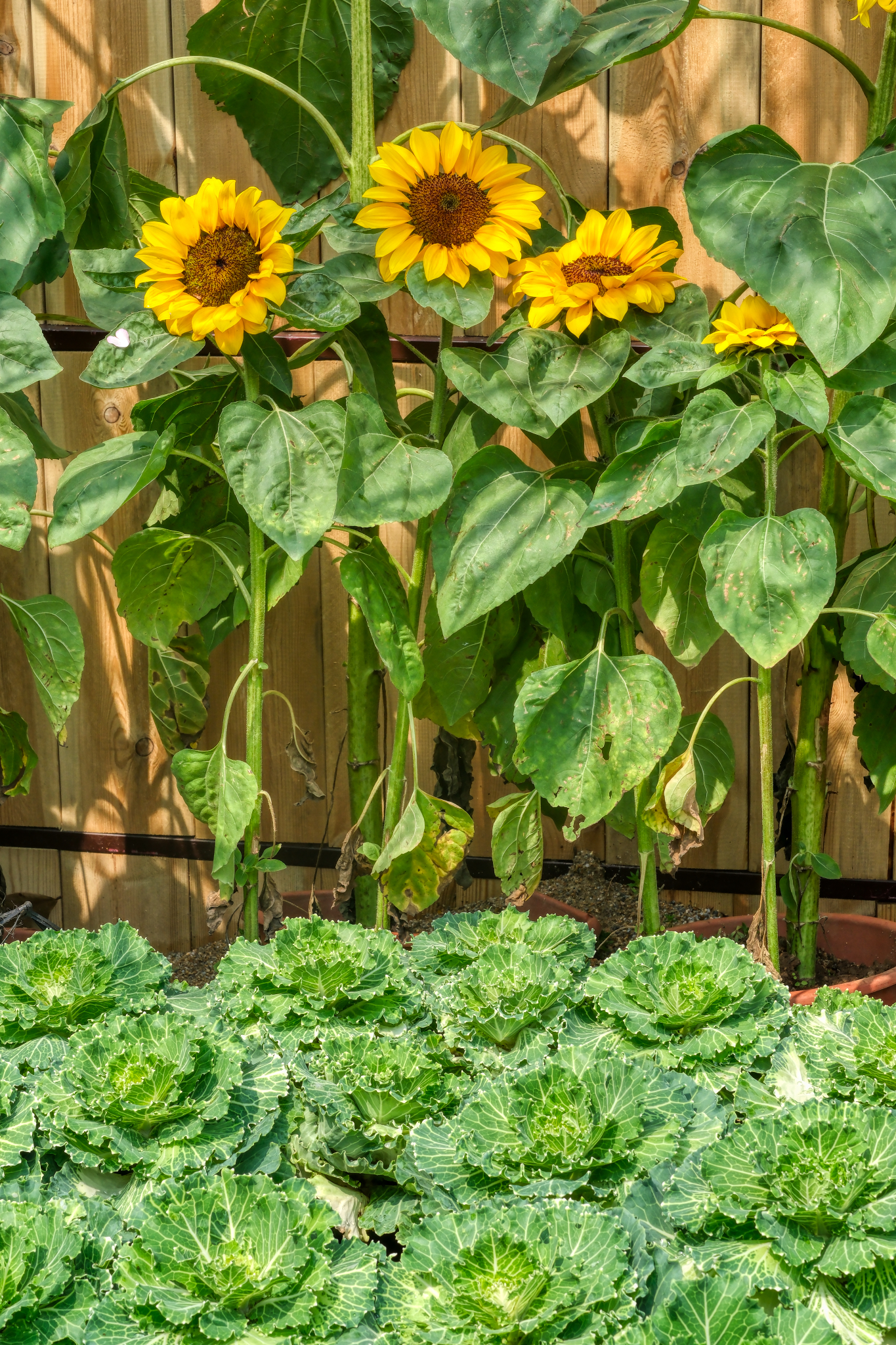 A lovely sunflower and succulent ground cover arrangement.
A lovely sunflower and succulent ground cover arrangement.
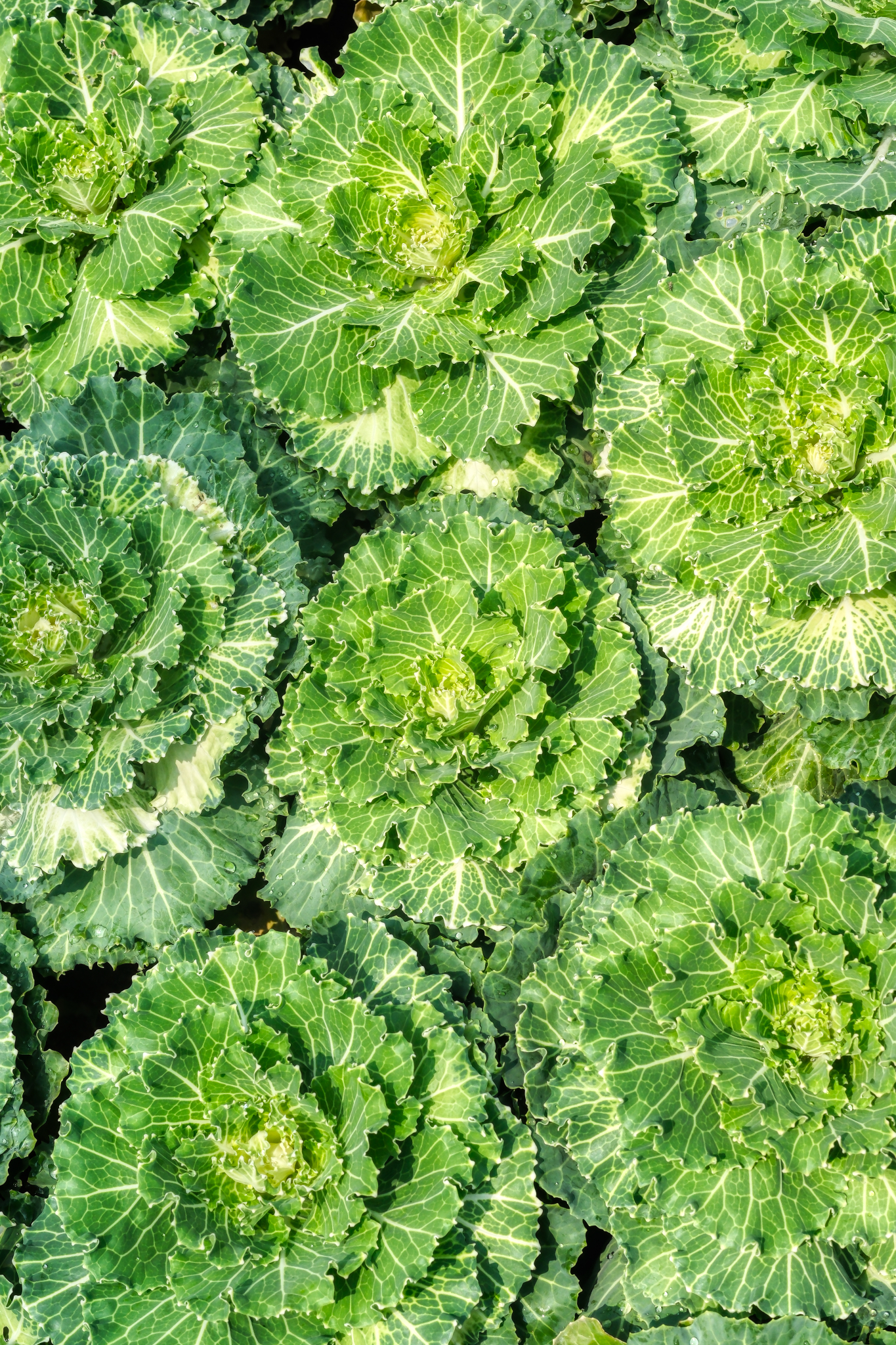 Lovely color and pattern . . .
Lovely color and pattern . . .
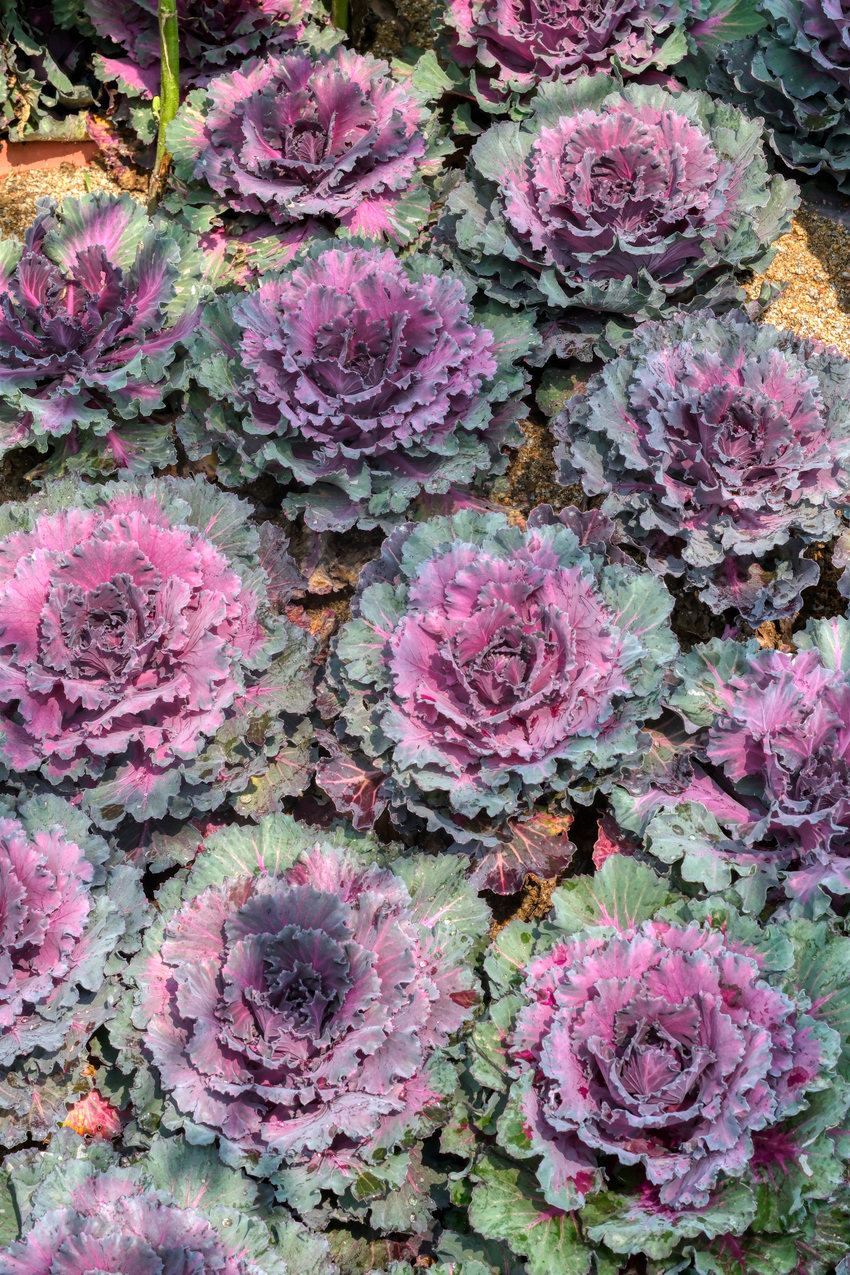 Purple succulent splash!
Purple succulent splash!
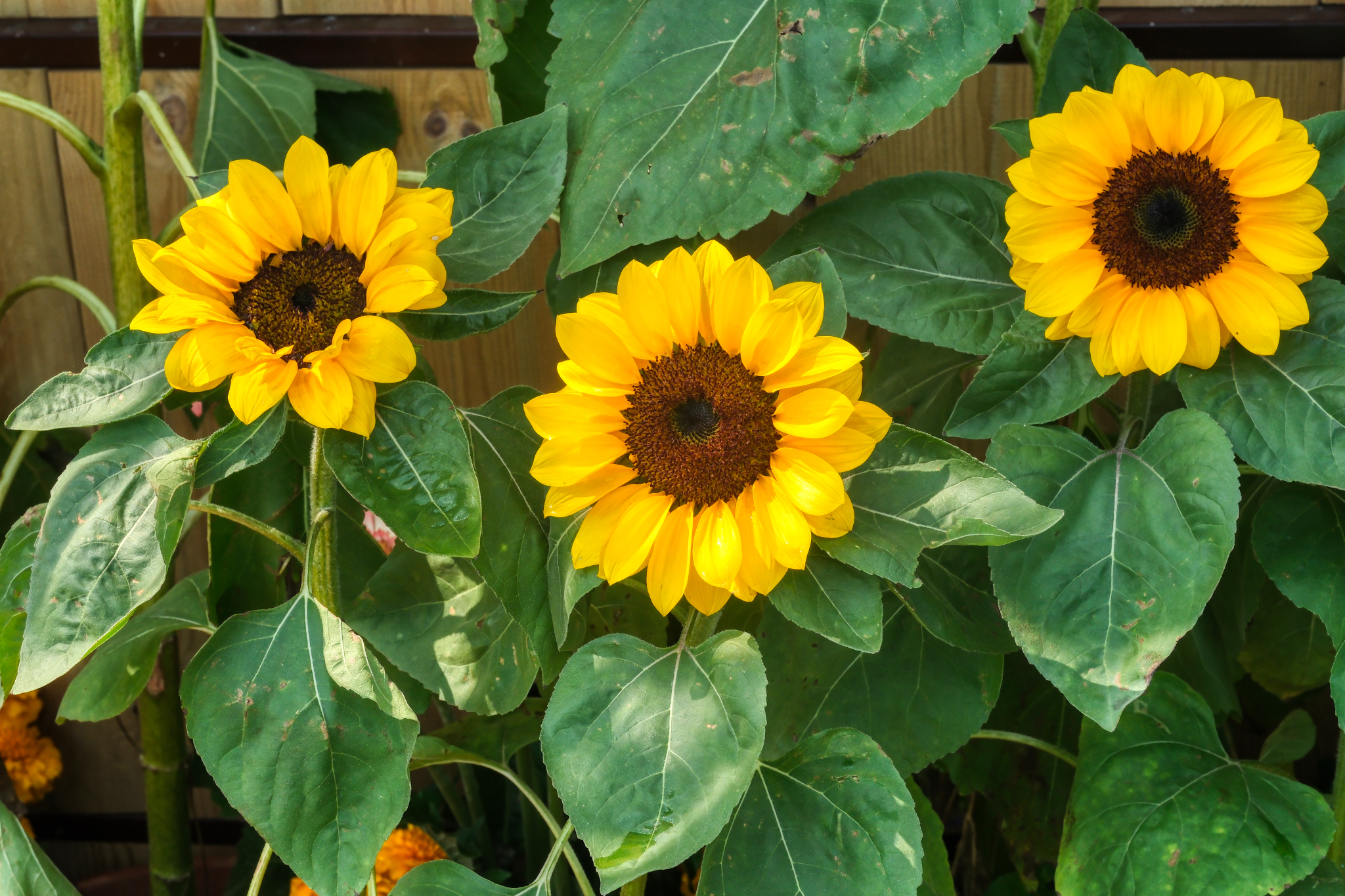 Sunflowers always make me feel happy.
Sunflowers always make me feel happy.
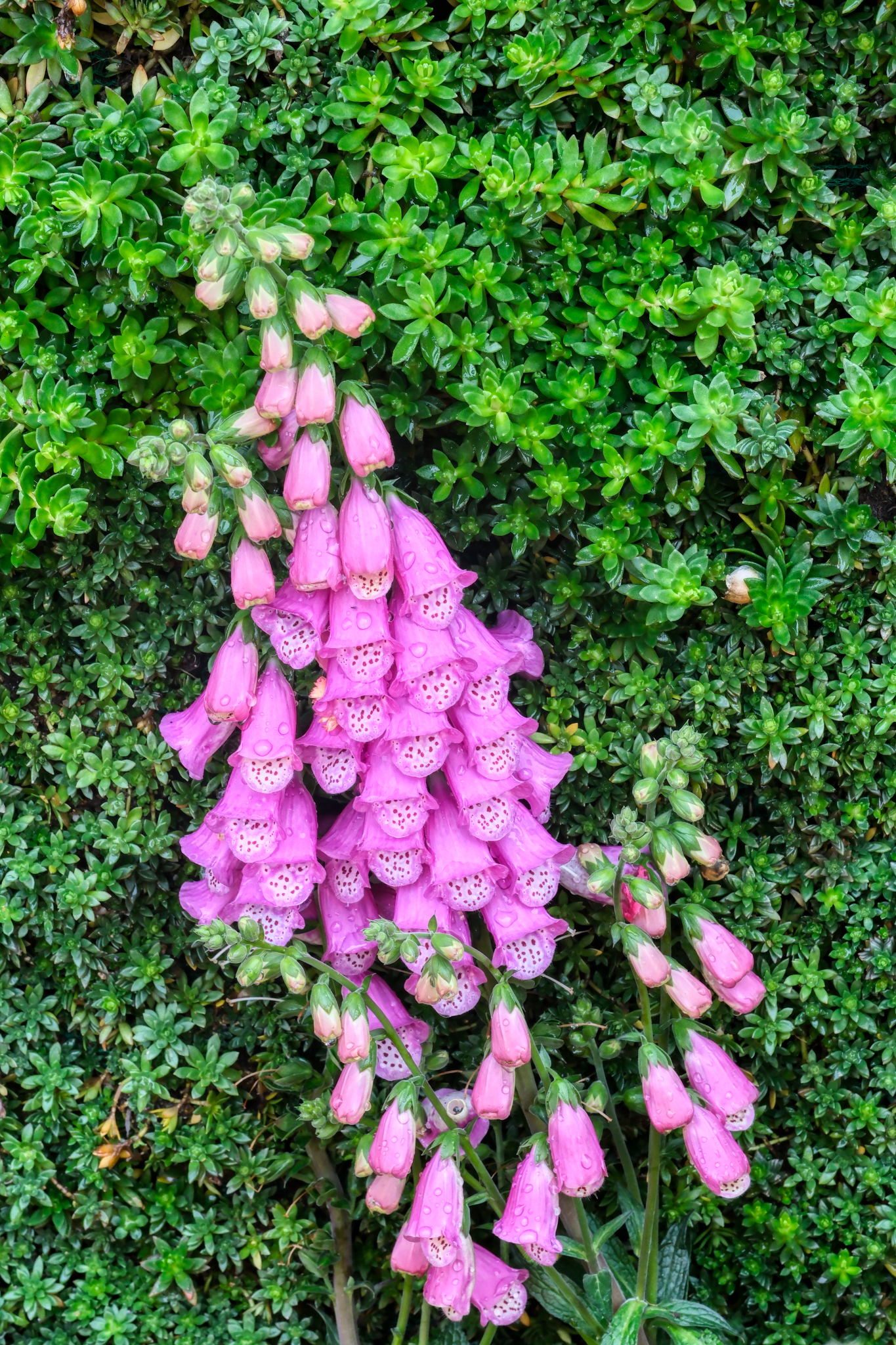 The organizers of this event spent a lot of time placing the flowers in perfect compositions for the many photographers who attended.
The organizers of this event spent a lot of time placing the flowers in perfect compositions for the many photographers who attended.
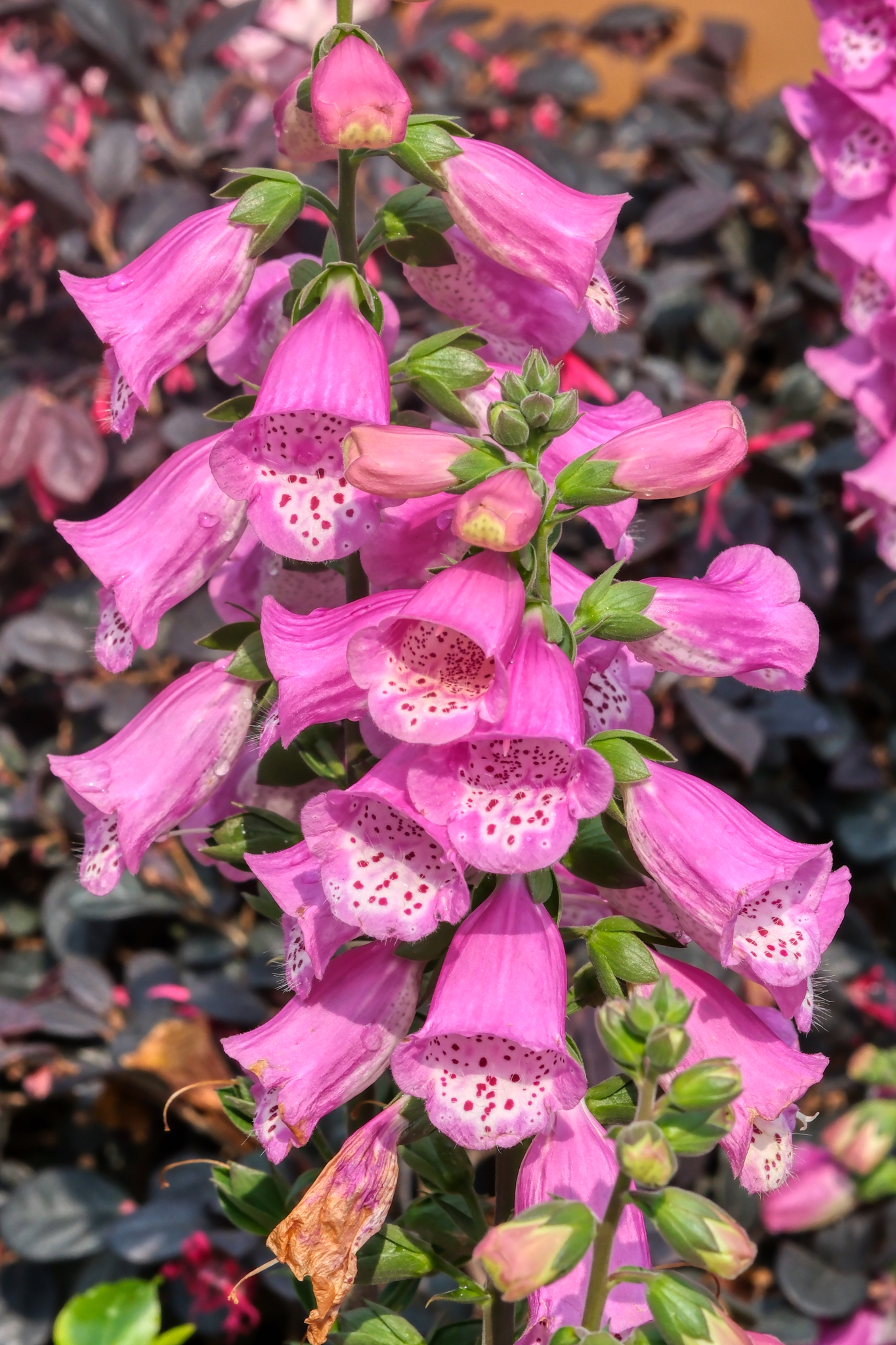 These were my favorite.
These were my favorite.
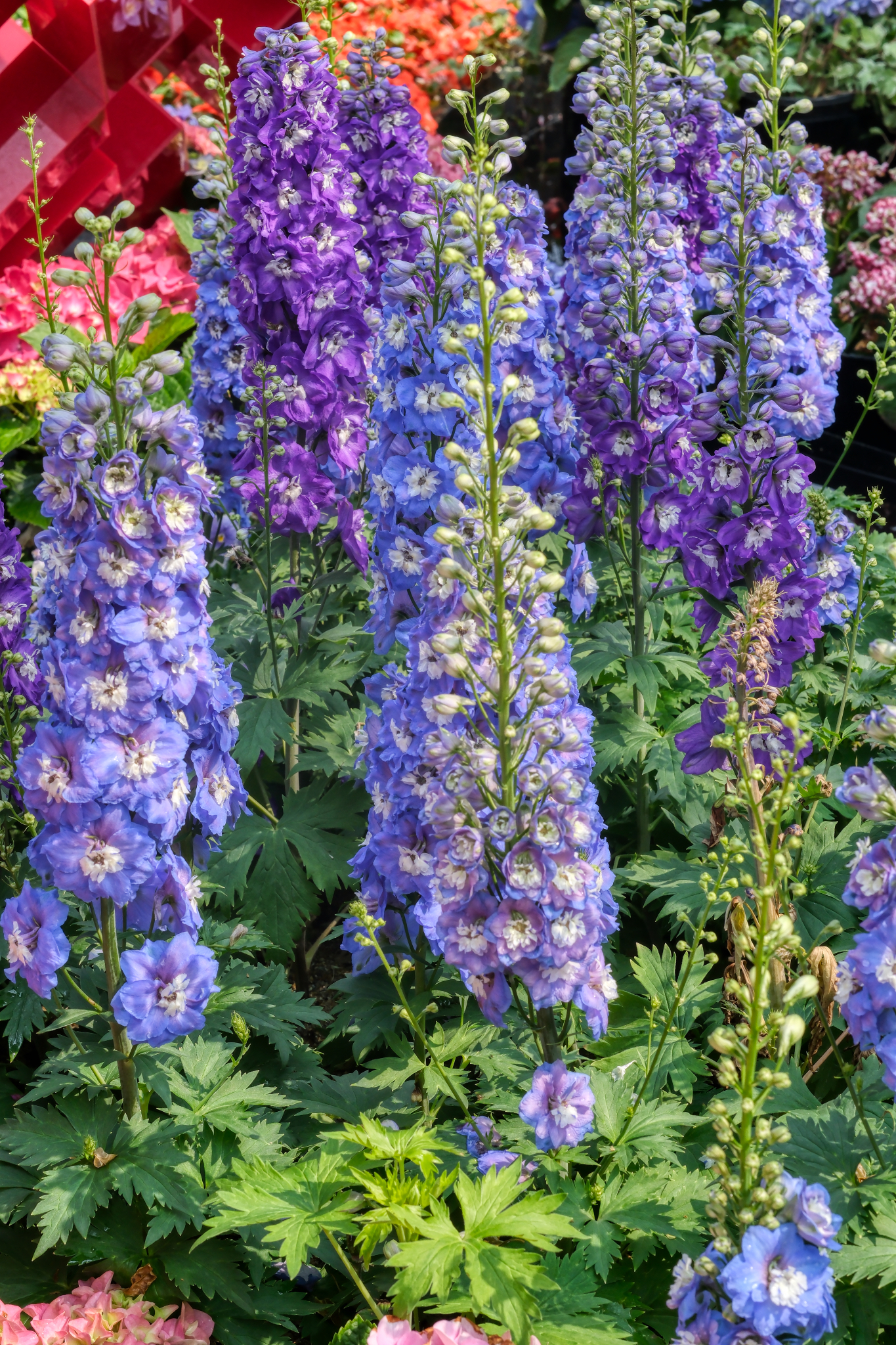 I want these in my garden . . . but it may be too hot here in Bangkok.
I want these in my garden . . . but it may be too hot here in Bangkok.
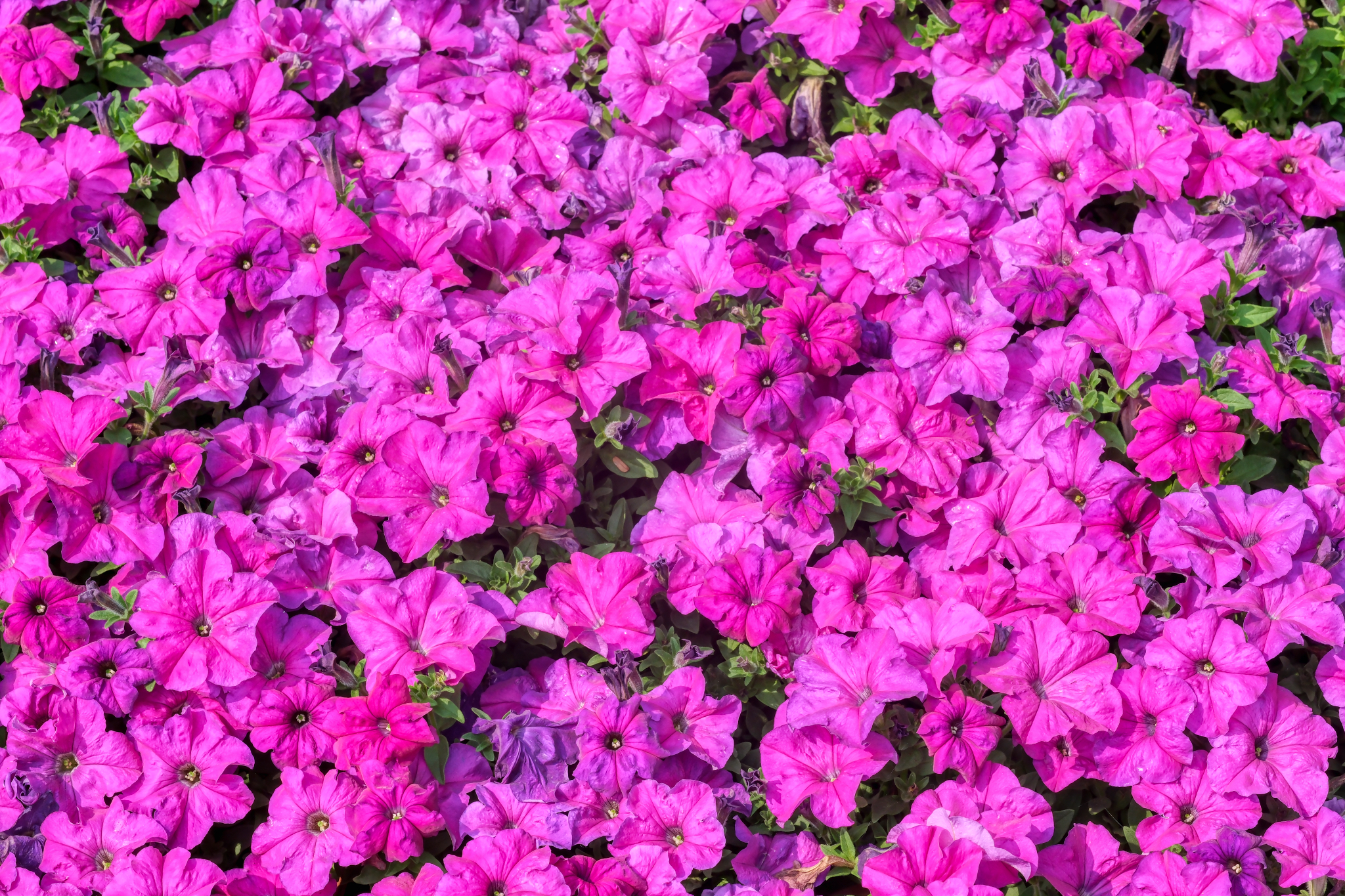 Color, color, color everywhere!
Color, color, color everywhere!
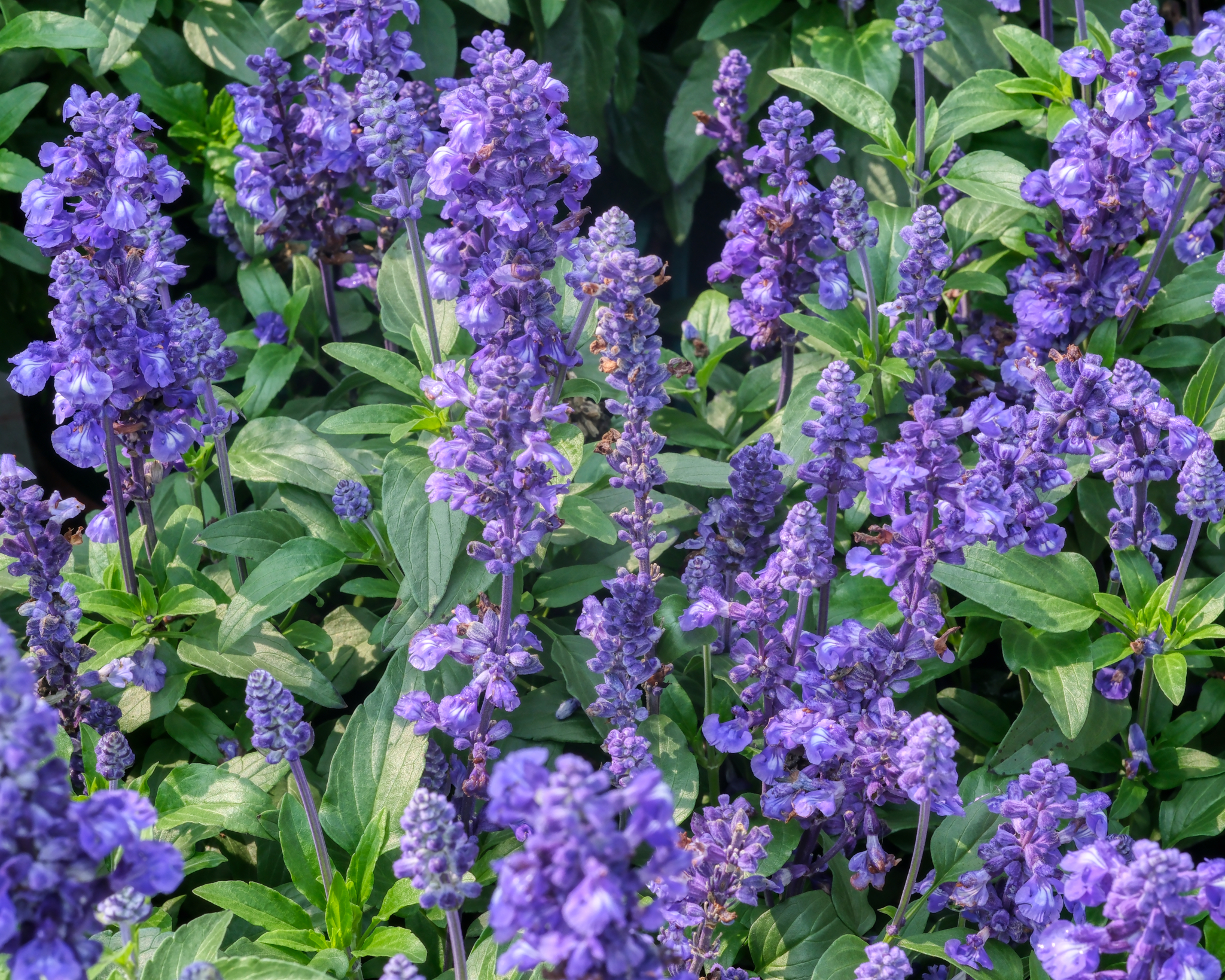 I was very happy with my flower photos from this show.
I was very happy with my flower photos from this show.
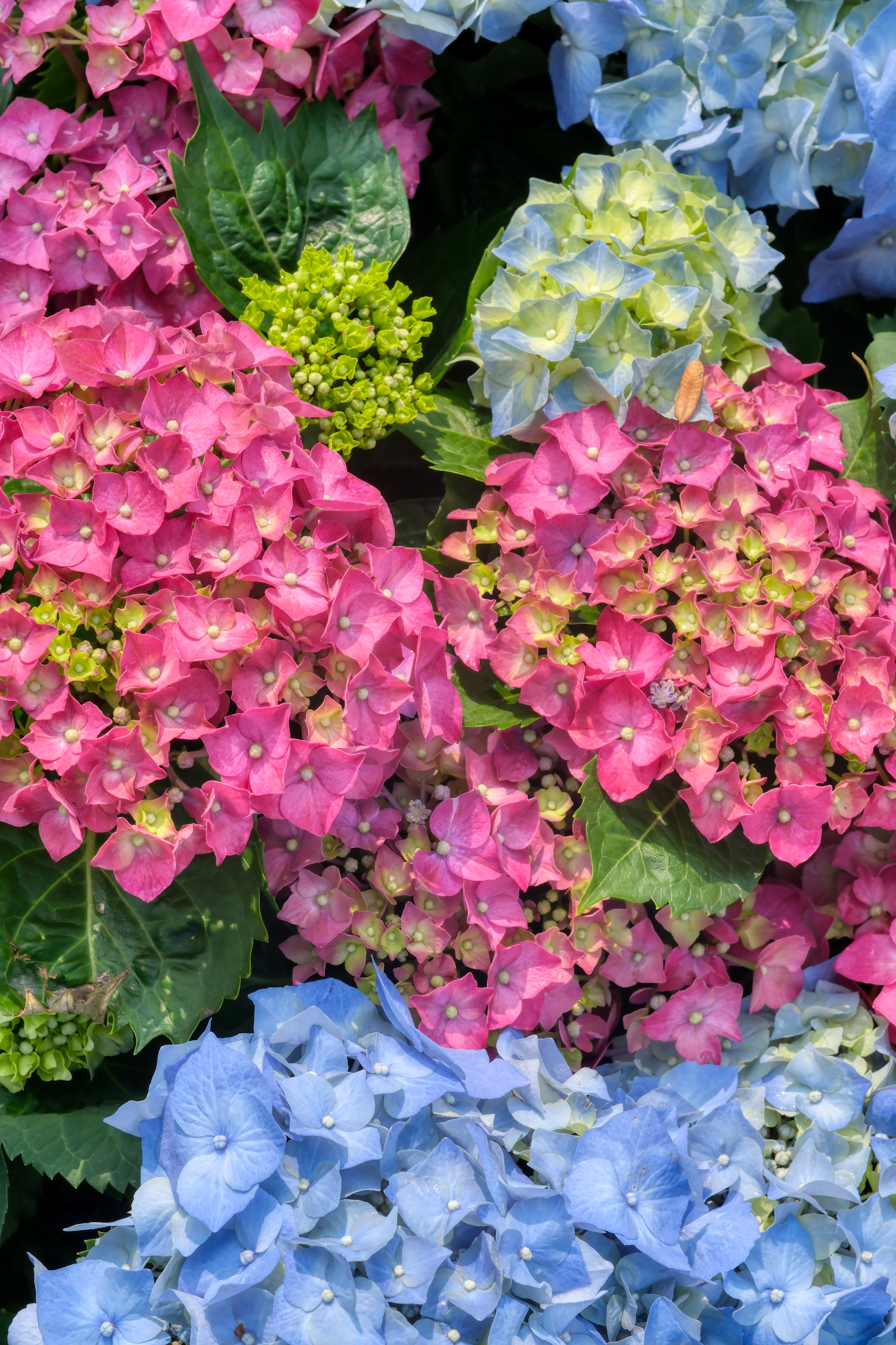 Colorful puffs.
Colorful puffs.
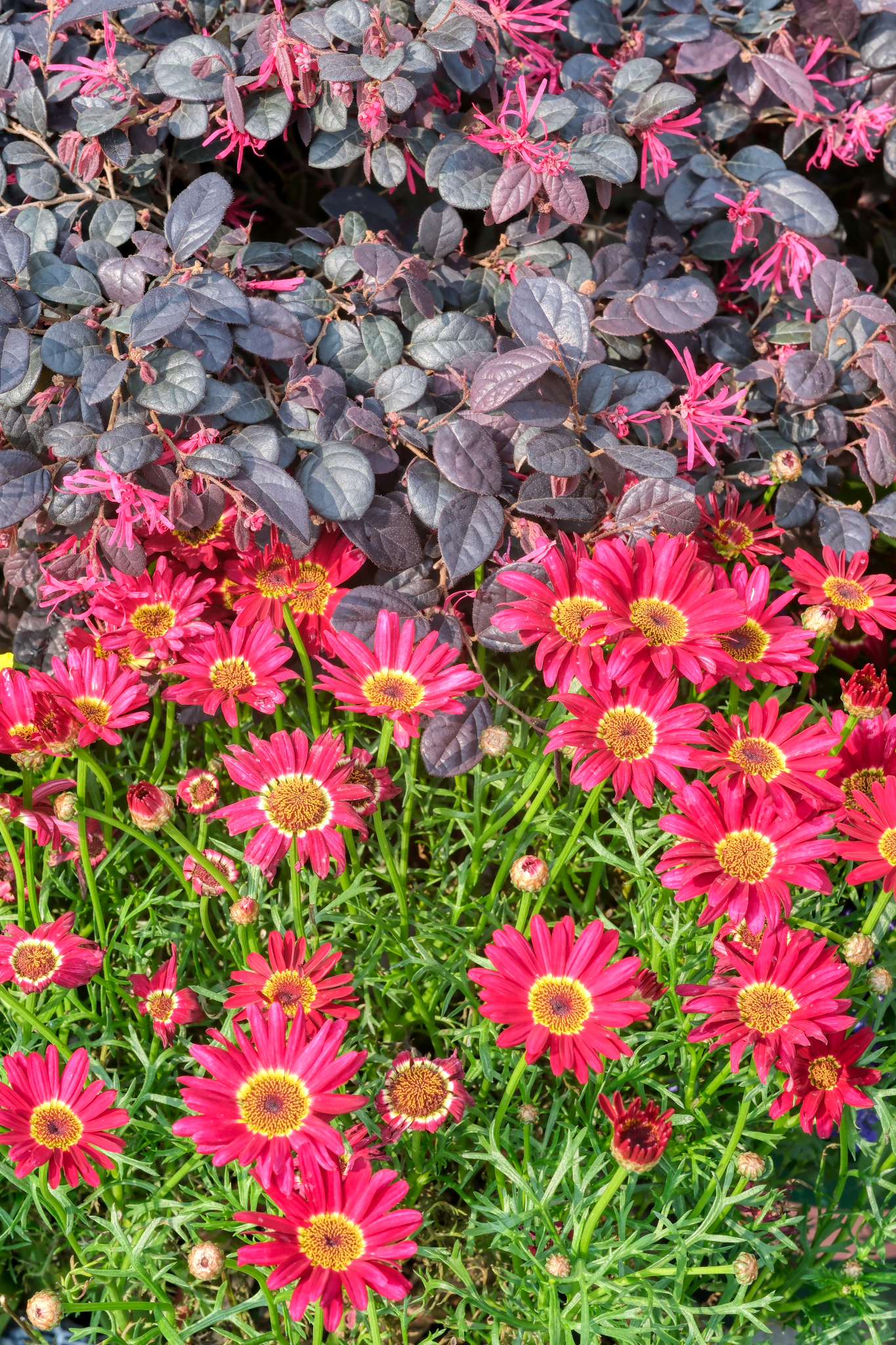 So pretty.
So pretty.
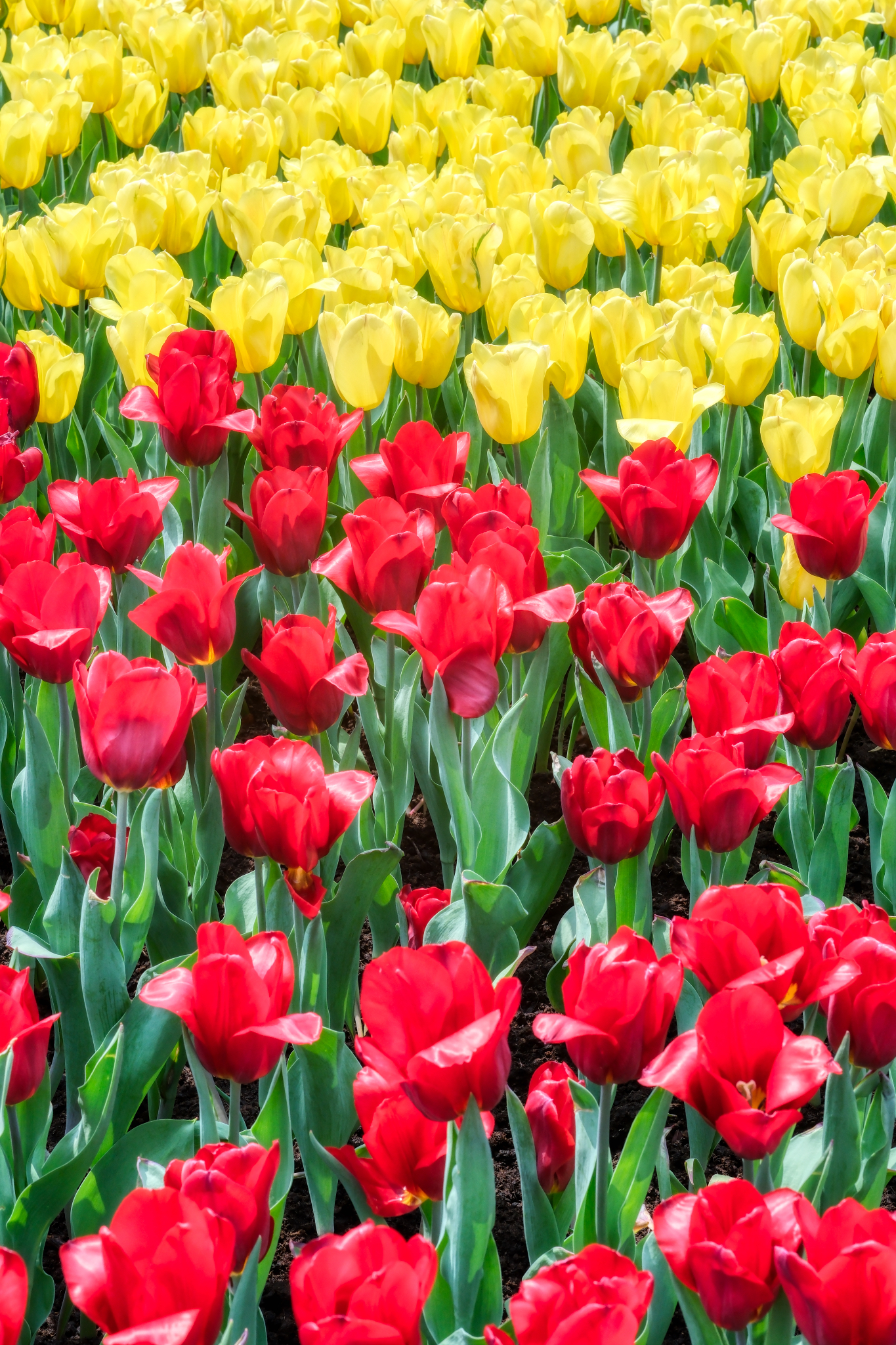 It seemed at every turn we found more tulips!
It seemed at every turn we found more tulips!
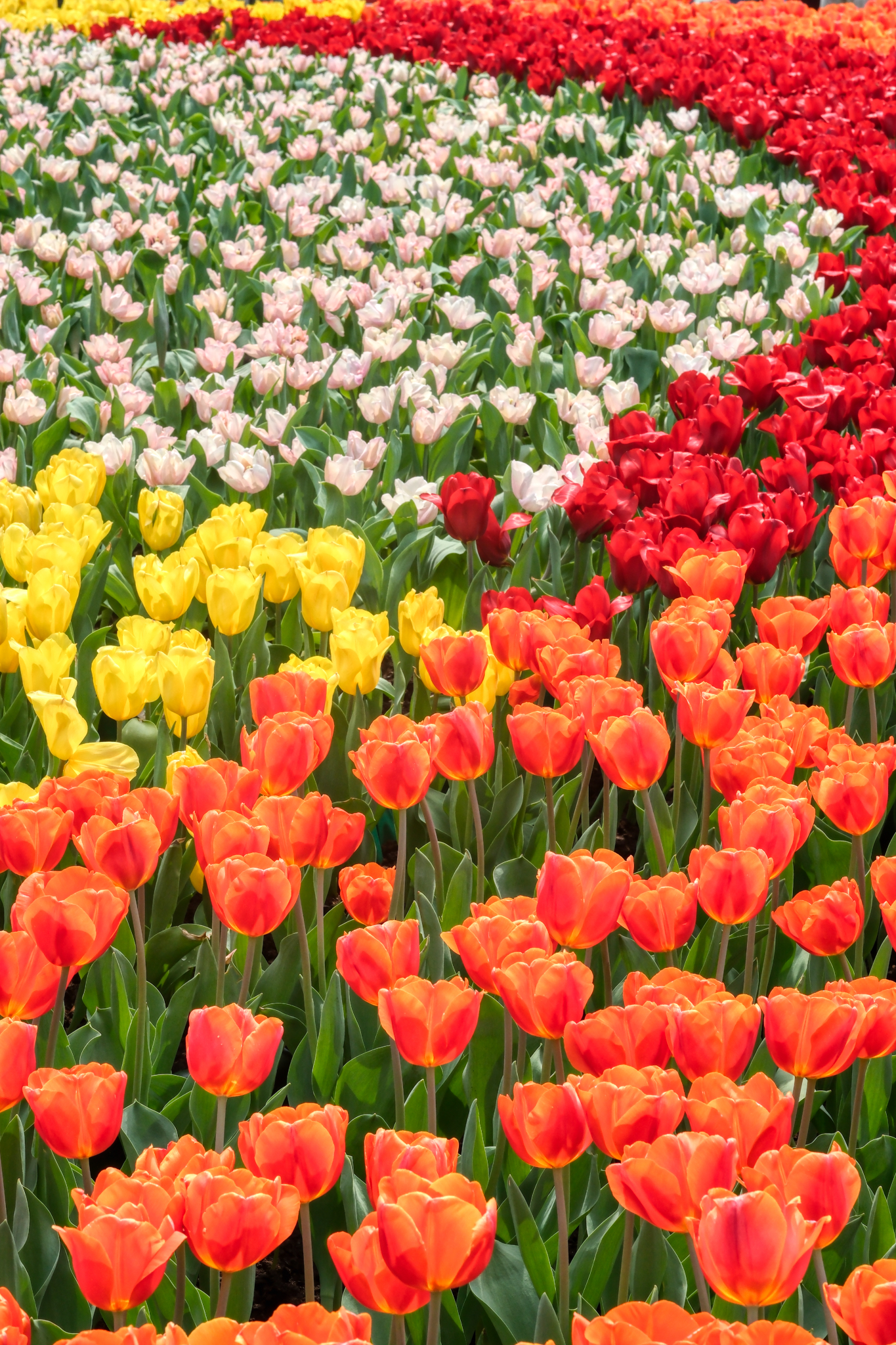 Fields of tulips!
Fields of tulips!
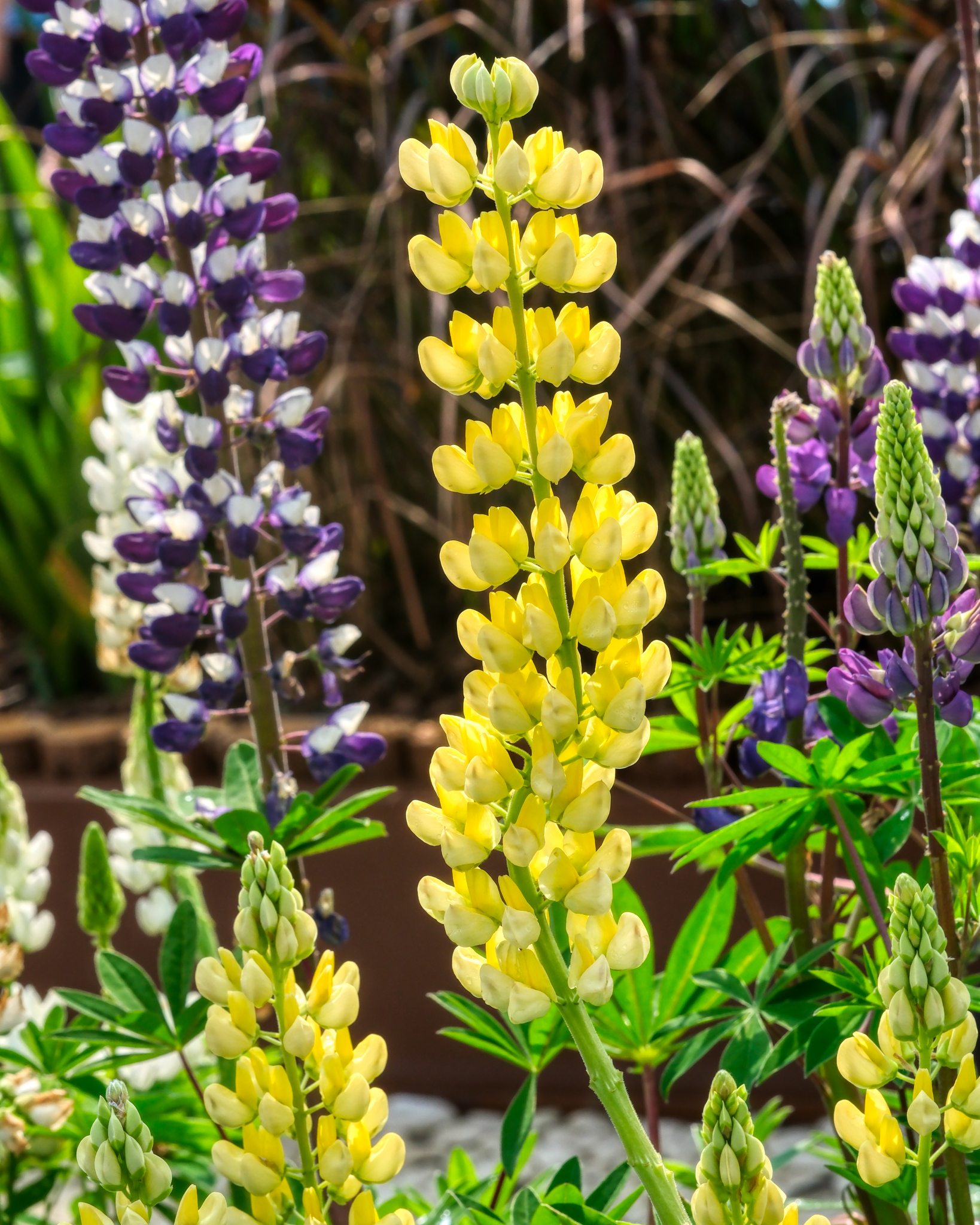 I had a great time at the flower show with my photographer brother in-law . . . .
I had a great time at the flower show with my photographer brother in-law . . . .
______________________________________________
The Rest Of My Hong Kong Visit:
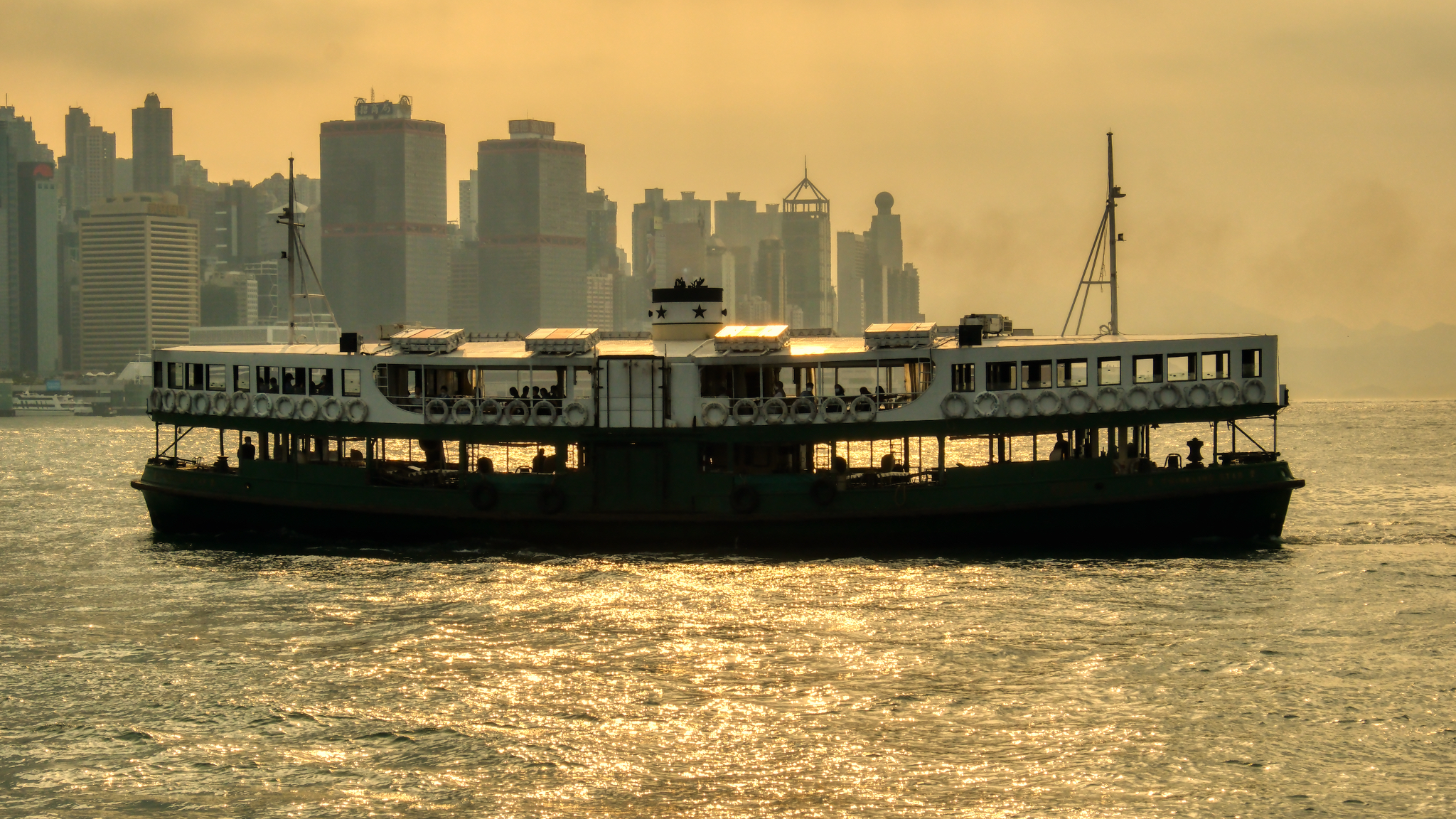 The rest of my Hong Kong stay was equally photogenic . . . Star ferry in sunset light .
The rest of my Hong Kong stay was equally photogenic . . . Star ferry in sunset light .
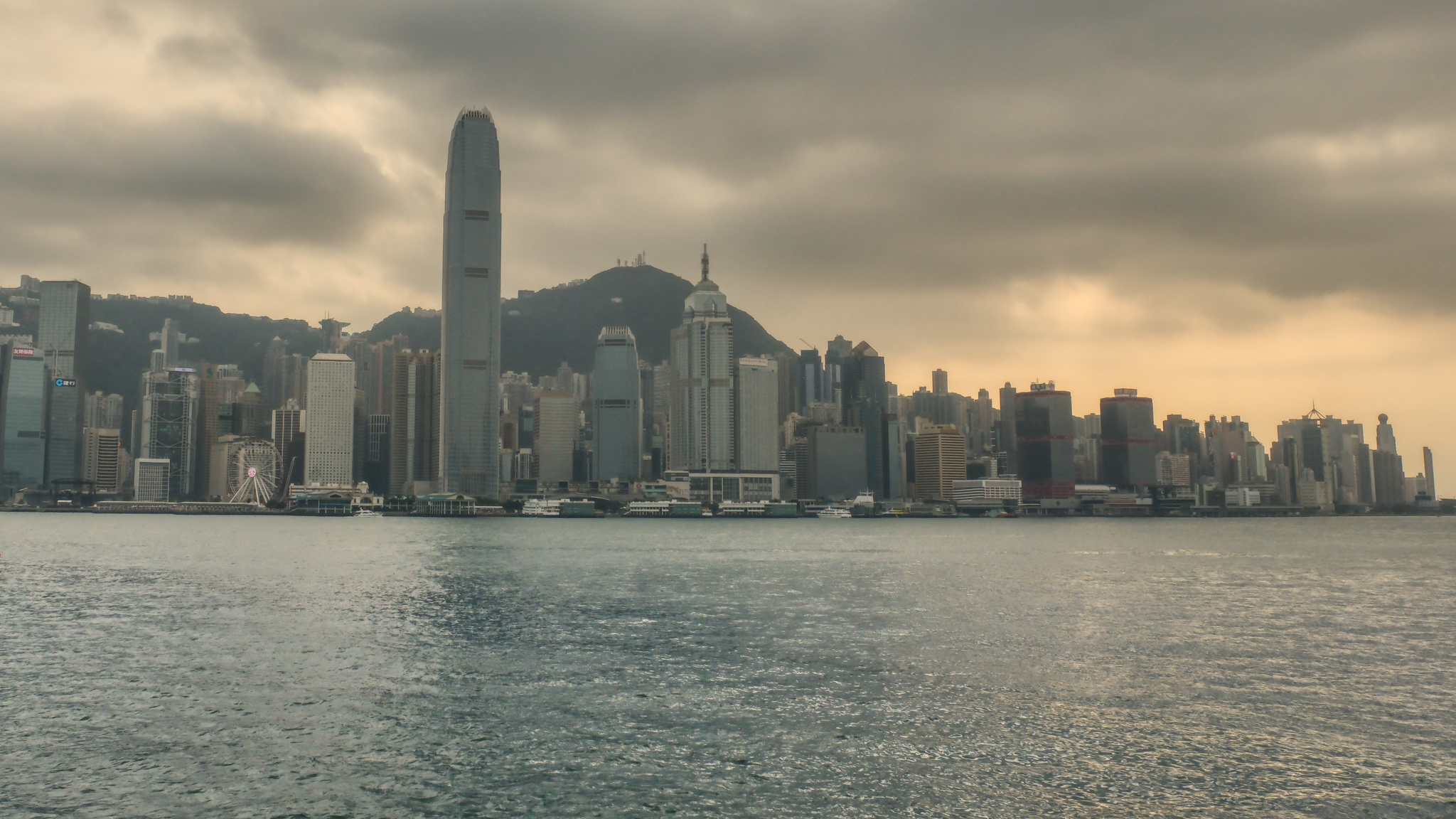 Hong Kong skyline . . .
Hong Kong skyline . . .
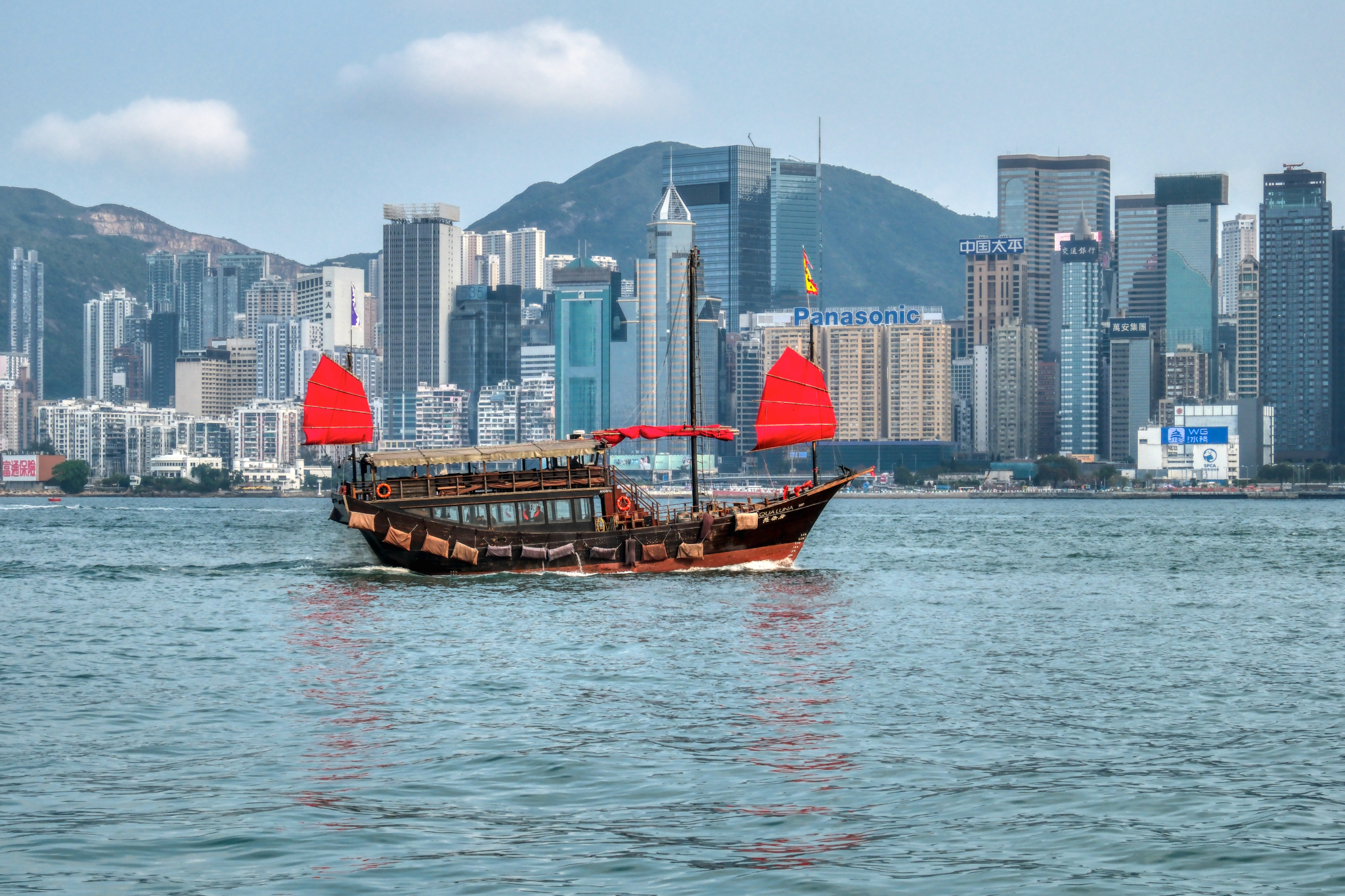 Many interesting kinds of boats in Hong Kong Harbour.
Many interesting kinds of boats in Hong Kong Harbour.
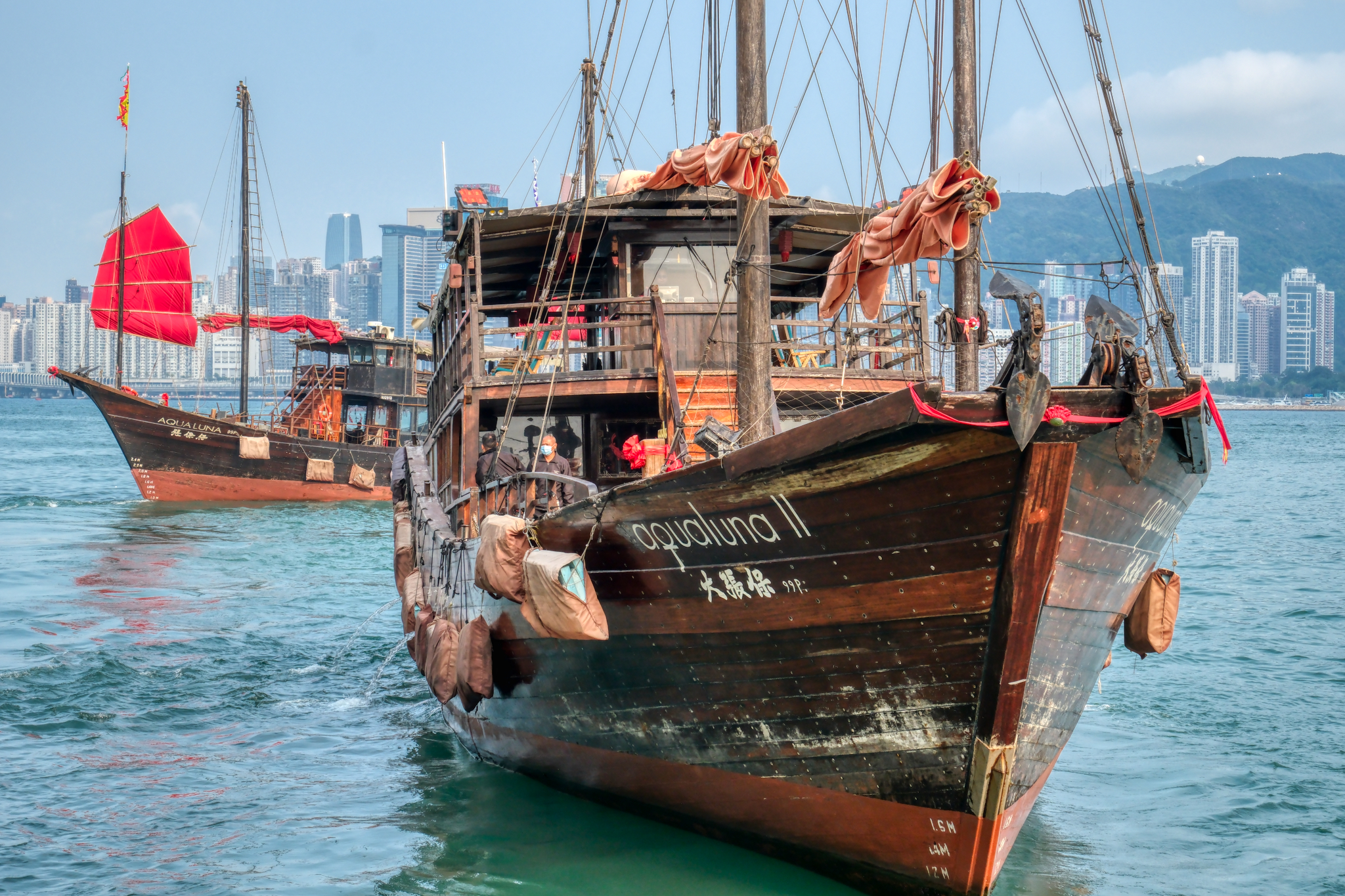 Wooden harbour "party boats" ready to board.
Wooden harbour "party boats" ready to board.
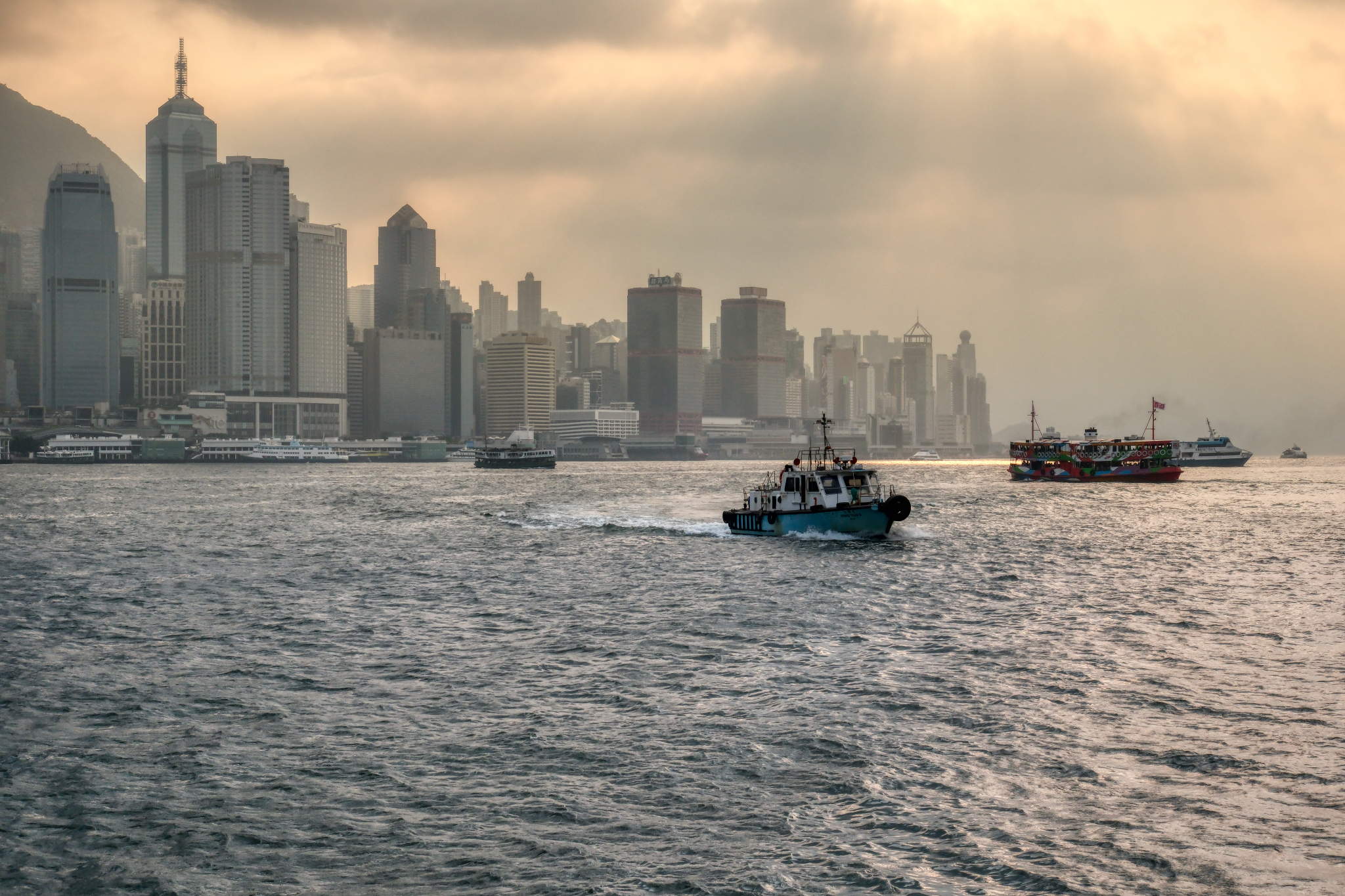 We took a late afternoon bay cruise around the back of Hong Kong Island to Lamma Island, aka, "seafood restaurant island" . . . This is our cruise boat arriving.
We took a late afternoon bay cruise around the back of Hong Kong Island to Lamma Island, aka, "seafood restaurant island" . . . This is our cruise boat arriving.
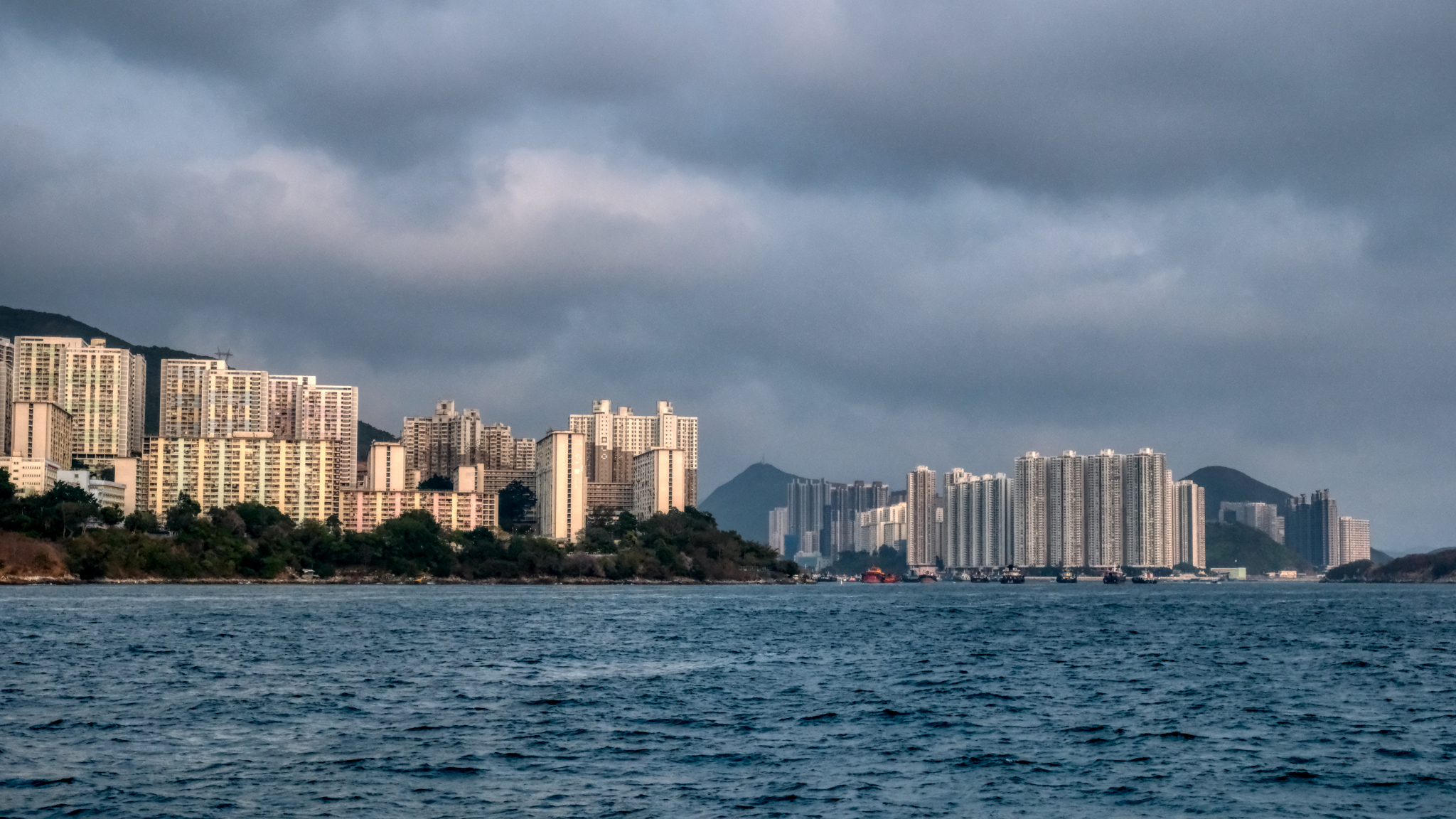 The back side of Hong Kong . . . showing the high density mass housing high-rise estates. I guess it is a good way to house people because it saves the destruction of nature and open spaces.
The back side of Hong Kong . . . showing the high density mass housing high-rise estates. I guess it is a good way to house people because it saves the destruction of nature and open spaces.
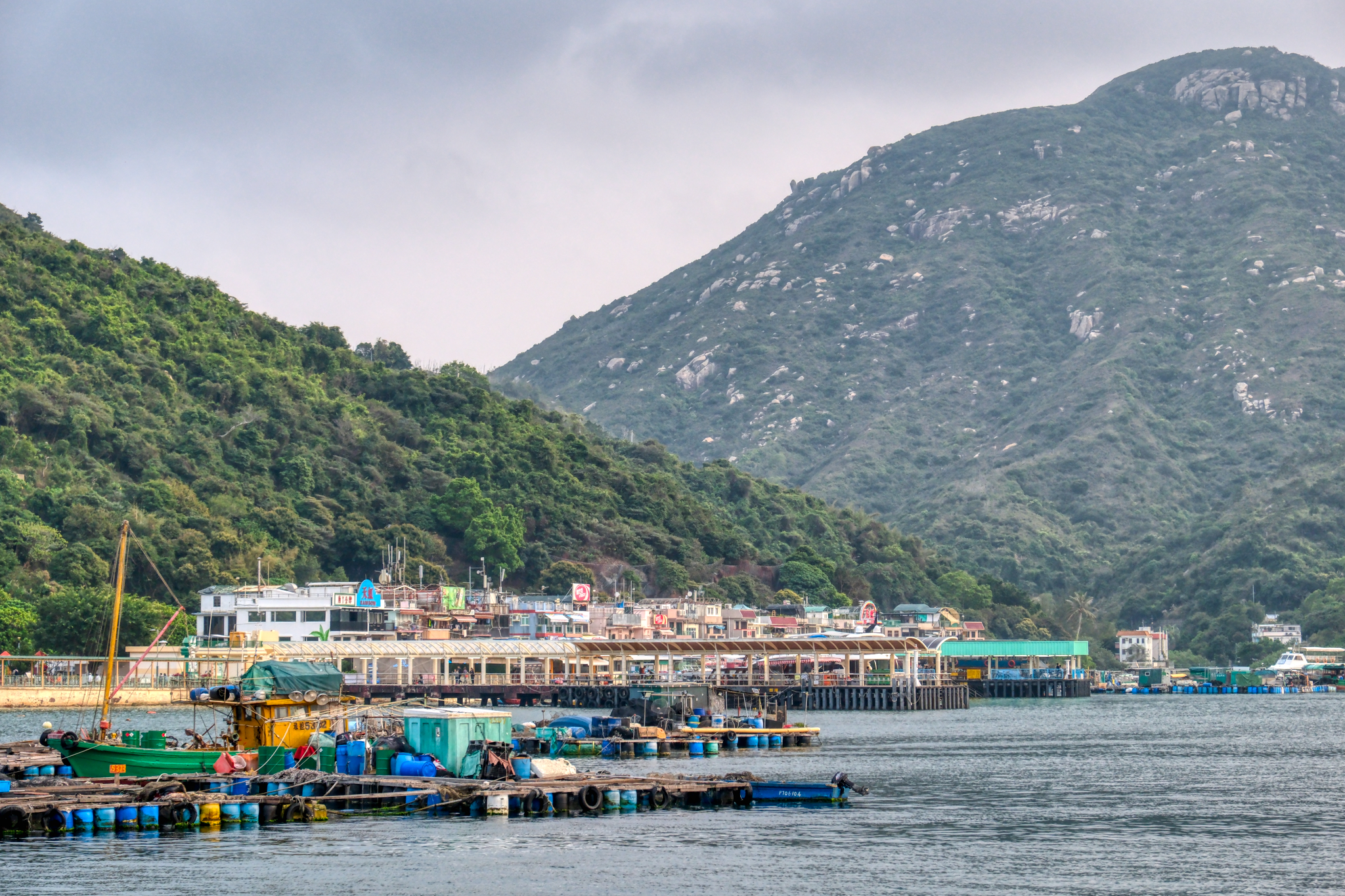 Arriving at the Lamma Island sea food village . . . where there was only sea food restaurant.
Arriving at the Lamma Island sea food village . . . where there was only sea food restaurant.
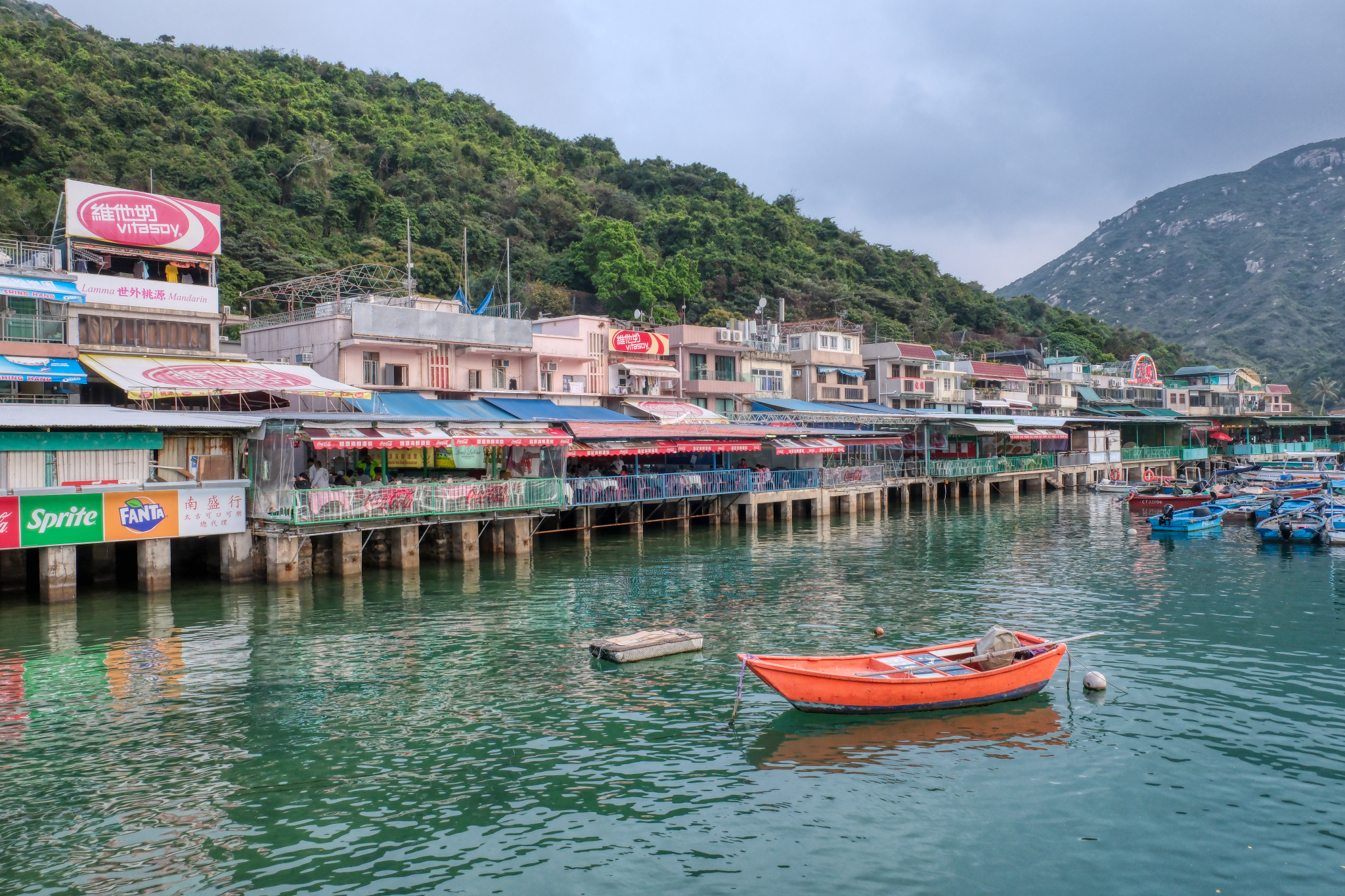 A long stretch of seafood eateries lining the Lamma Island harbour.
A long stretch of seafood eateries lining the Lamma Island harbour.
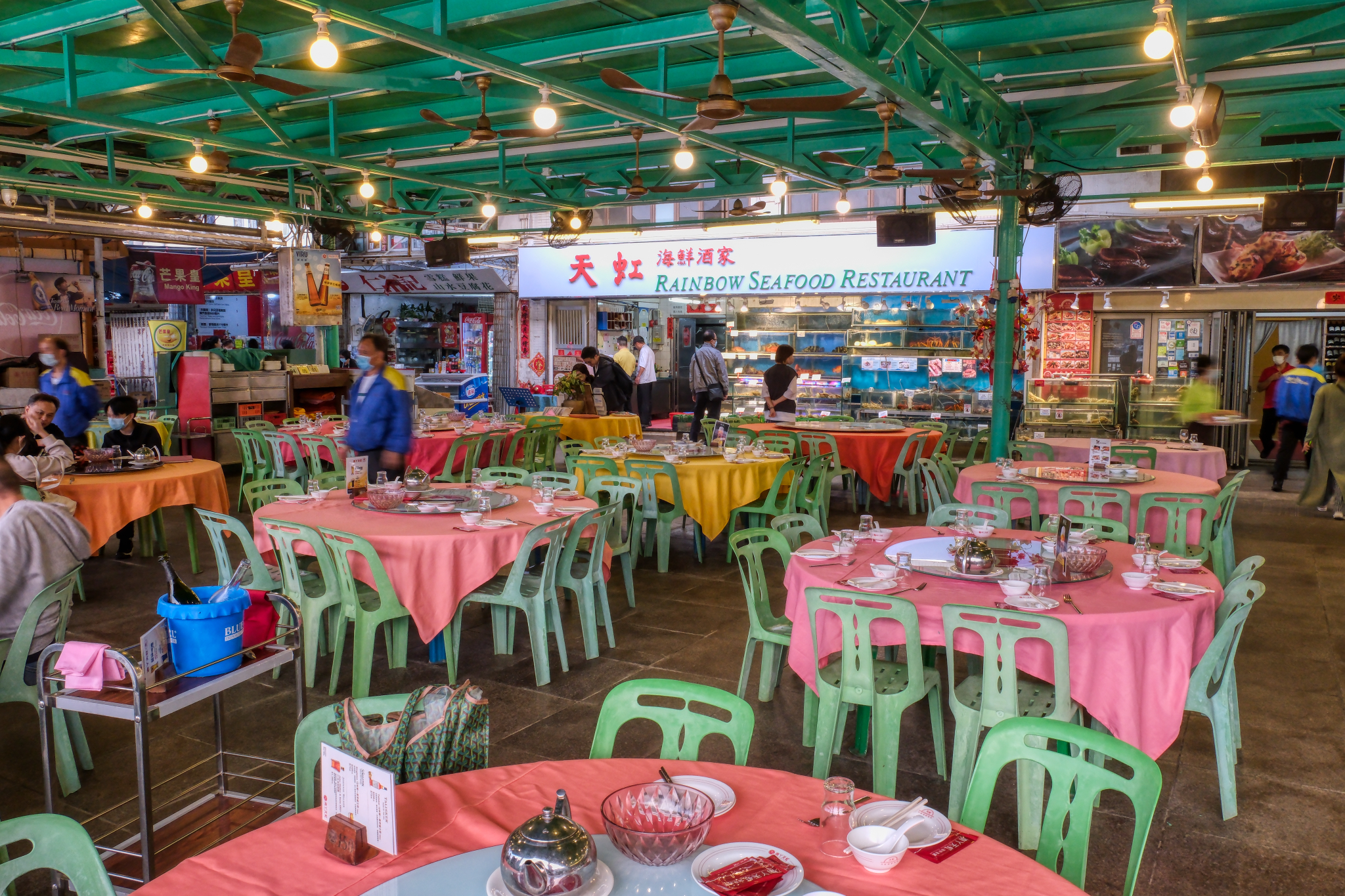 We found our table by the bay and set off to secure seafood favorites.
We found our table by the bay and set off to secure seafood favorites.
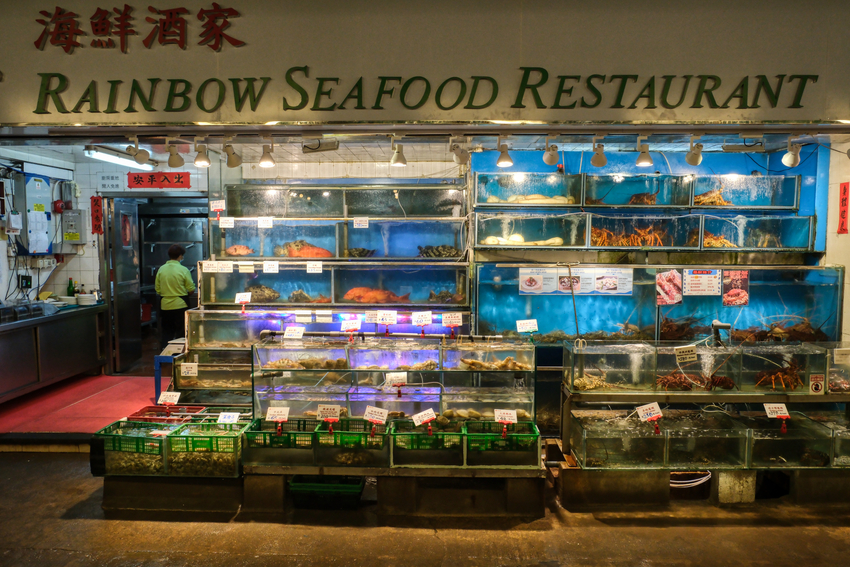 Our live seafood choices!!!
Our live seafood choices!!!
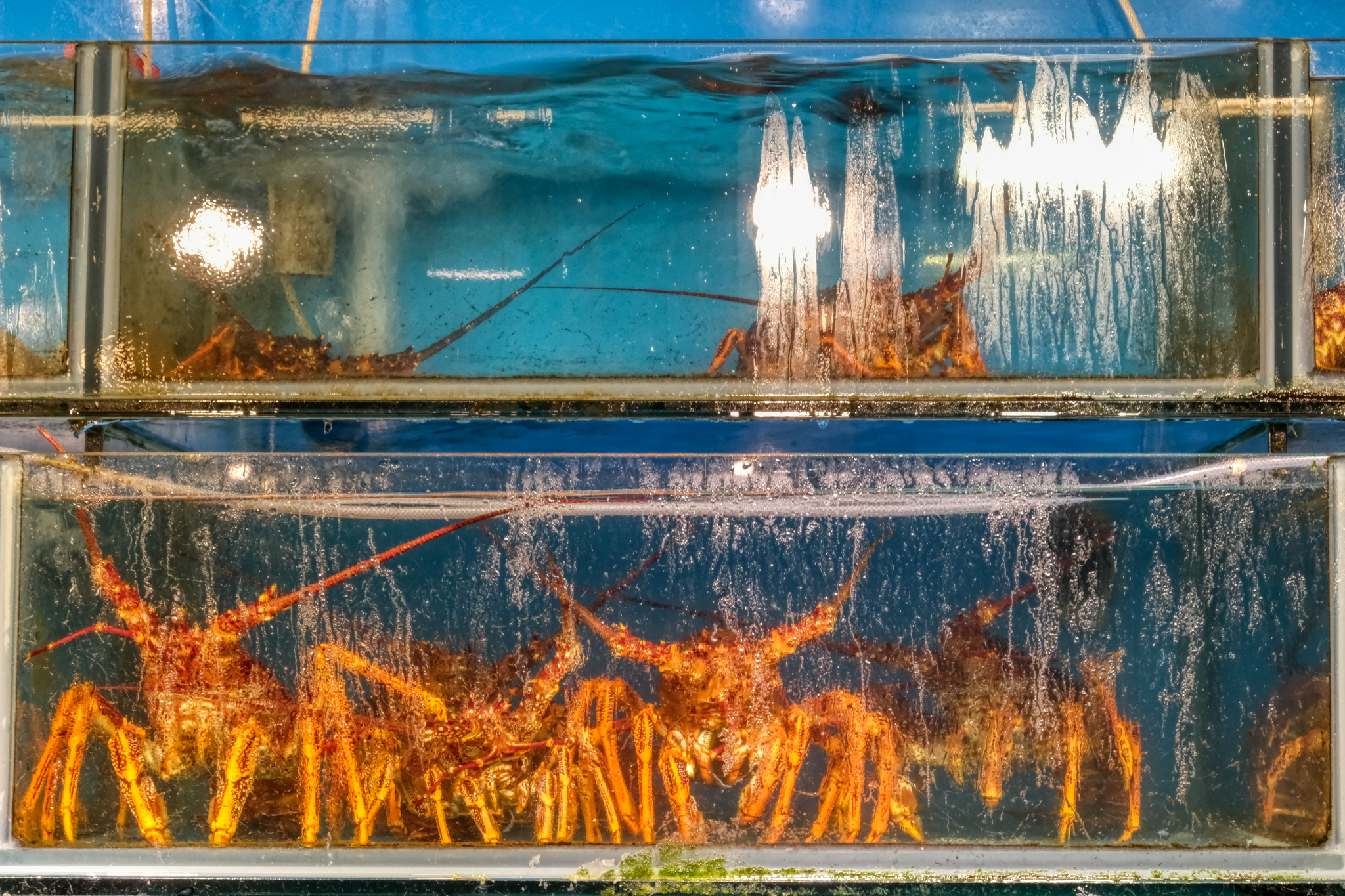 These looked good!
These looked good!
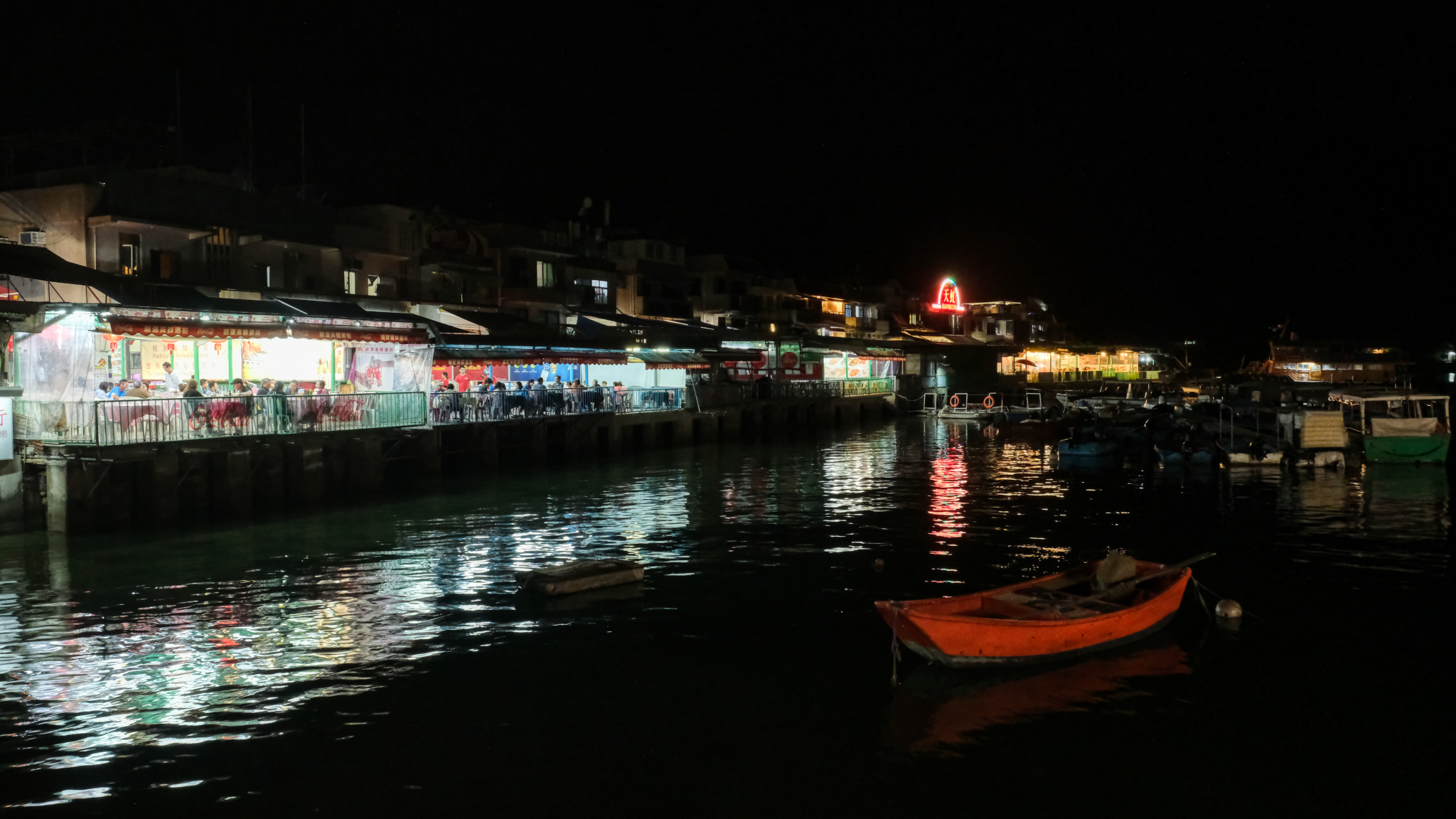 Waiting on the dock for our boat to take us back to Kowloon . . . our stomachs full from the delicious meal!
Waiting on the dock for our boat to take us back to Kowloon . . . our stomachs full from the delicious meal!
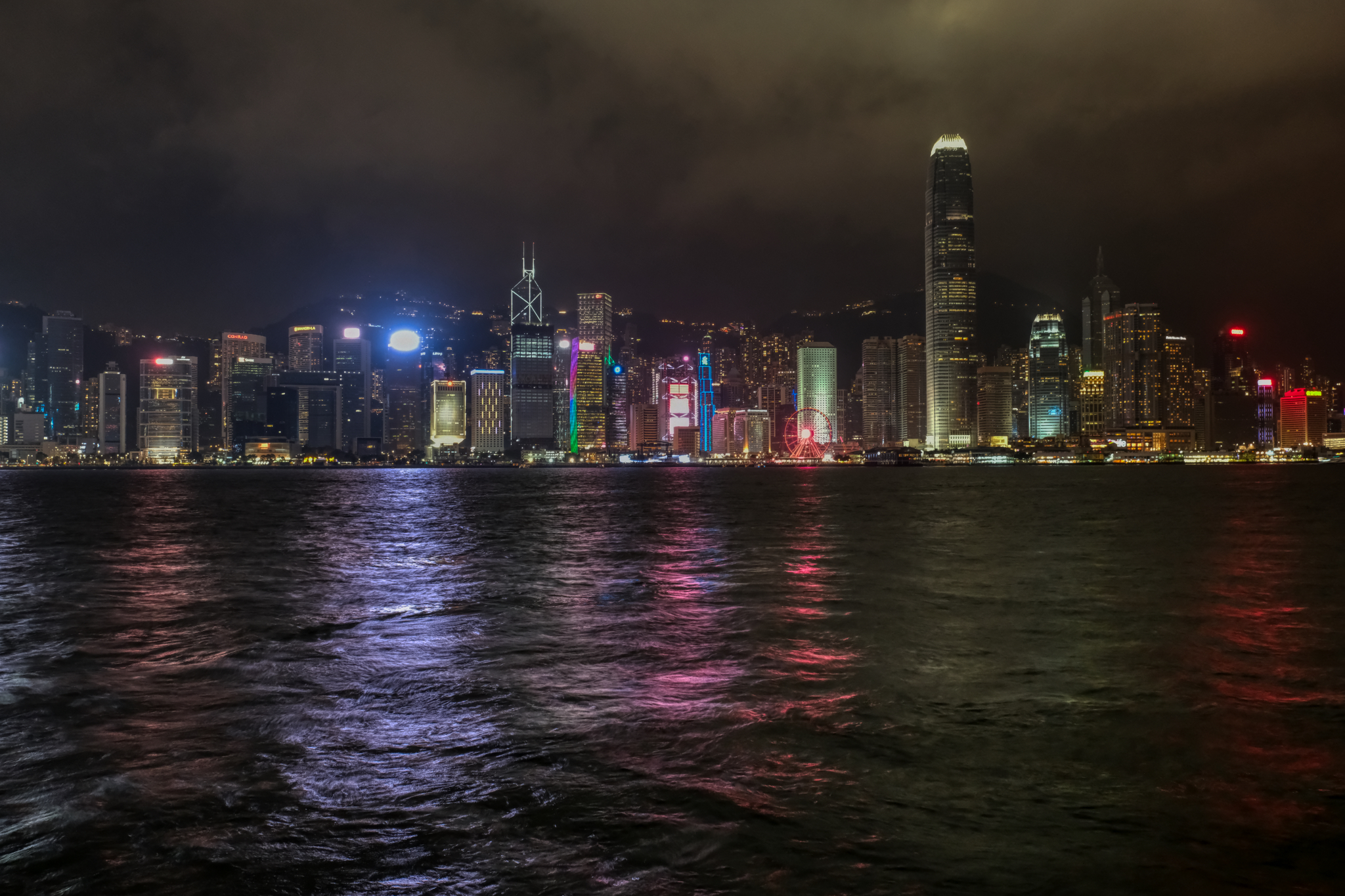 Our arrival by boat back into Hong Kong harbour at night was truly spectacular!
Our arrival by boat back into Hong Kong harbour at night was truly spectacular!
____________________________________
Chi Lin Nunnery and Garden Park
 It's nice to have in-laws living in Hong Kong . . . they know the cool places to go, beyond the tourist spots, for good photography. These gardens were magnificent! And right in the city.
It's nice to have in-laws living in Hong Kong . . . they know the cool places to go, beyond the tourist spots, for good photography. These gardens were magnificent! And right in the city.
 An astonishingly beautiful place surrounded by the city.
An astonishingly beautiful place surrounded by the city.
 Stunning ancient Chinese styled garden pagoda.
Stunning ancient Chinese styled garden pagoda.
 Classic bridge to the Other Side.
Classic bridge to the Other Side.
 Old water-powered mill in the park.
Old water-powered mill in the park.
 The inner temple at the nunnery.
The inner temple at the nunnery.
 They did not allow photography inside the temple . . . but it was fantastic.
They did not allow photography inside the temple . . . but it was fantastic.
 Stepping out from the inner temple we were greeted with this view of Hong Kong Kowloon side.
Stepping out from the inner temple we were greeted with this view of Hong Kong Kowloon side.
 When I got home I couldn't resist making a highly altered HDR "Art" photo from the nunnery.
When I got home I couldn't resist making a highly altered HDR "Art" photo from the nunnery.
 Dr. Jeff Harper
Dr. Jeff Harper
We went back to Hong Kong in February of 2024 to visit family . . . for the 10th time.
 Even though I have been to Hong Kong many, many times, I still find interesting things to photograph . . . like the back of this neighborhood school.
Even though I have been to Hong Kong many, many times, I still find interesting things to photograph . . . like the back of this neighborhood school.
 The city street in front of our hotel in Kowloon.
The city street in front of our hotel in Kowloon.
 The famous bamboo scaffolding of Hong Kong. Amazing.
The famous bamboo scaffolding of Hong Kong. Amazing.
 Where the Hong Kong apartment dwellers go to tend their spiritual needs.
Where the Hong Kong apartment dwellers go to tend their spiritual needs.
 I took a little artistic liberty with this photo . . . but it is an iconic image of Hong Kong.
I took a little artistic liberty with this photo . . . but it is an iconic image of Hong Kong.
 Dr. Jeff Harper | Comments Off |
Dr. Jeff Harper | Comments Off | Chinese New Year in Bangkok's Chinatown
 Wednesday, February 1, 2023 at 10:36AM
Wednesday, February 1, 2023 at 10:36AM 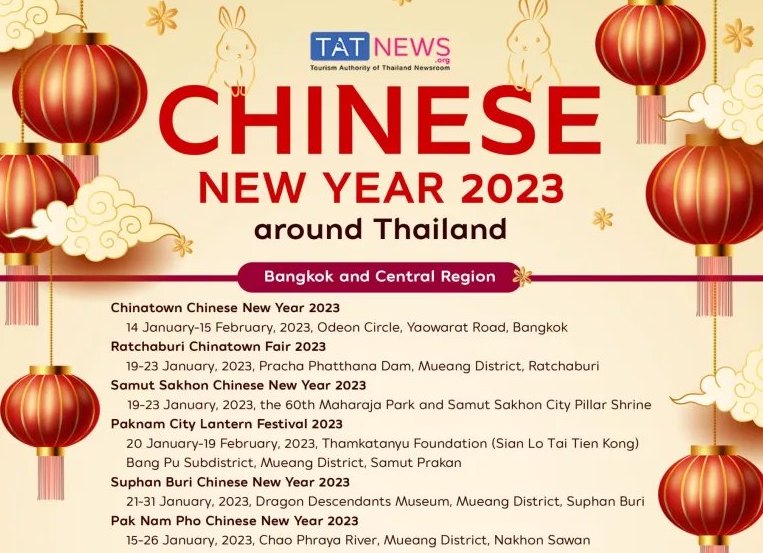
I saw this in my feed online and thought it might be interesting to go to the Bangkok Chinatown for Chinese New Year. I had never been to Chinatown on Chinese New Years in all my years in Bangkok . . . plus, the Bangkok Chinatown is the largest Chinatown outside of China. I took the Bangkok underground and popped out . . .
[This trip was also an opportunity to test my new camera, the Fuji X-T5, in a variety of challenging lighting conditions: bright sunlight, deep shadow, and night street photography. The X-T5 takes 40mp photos, but are posted here in only 850px on the long edge. You be the judge . . . but I am very happy with the results!]
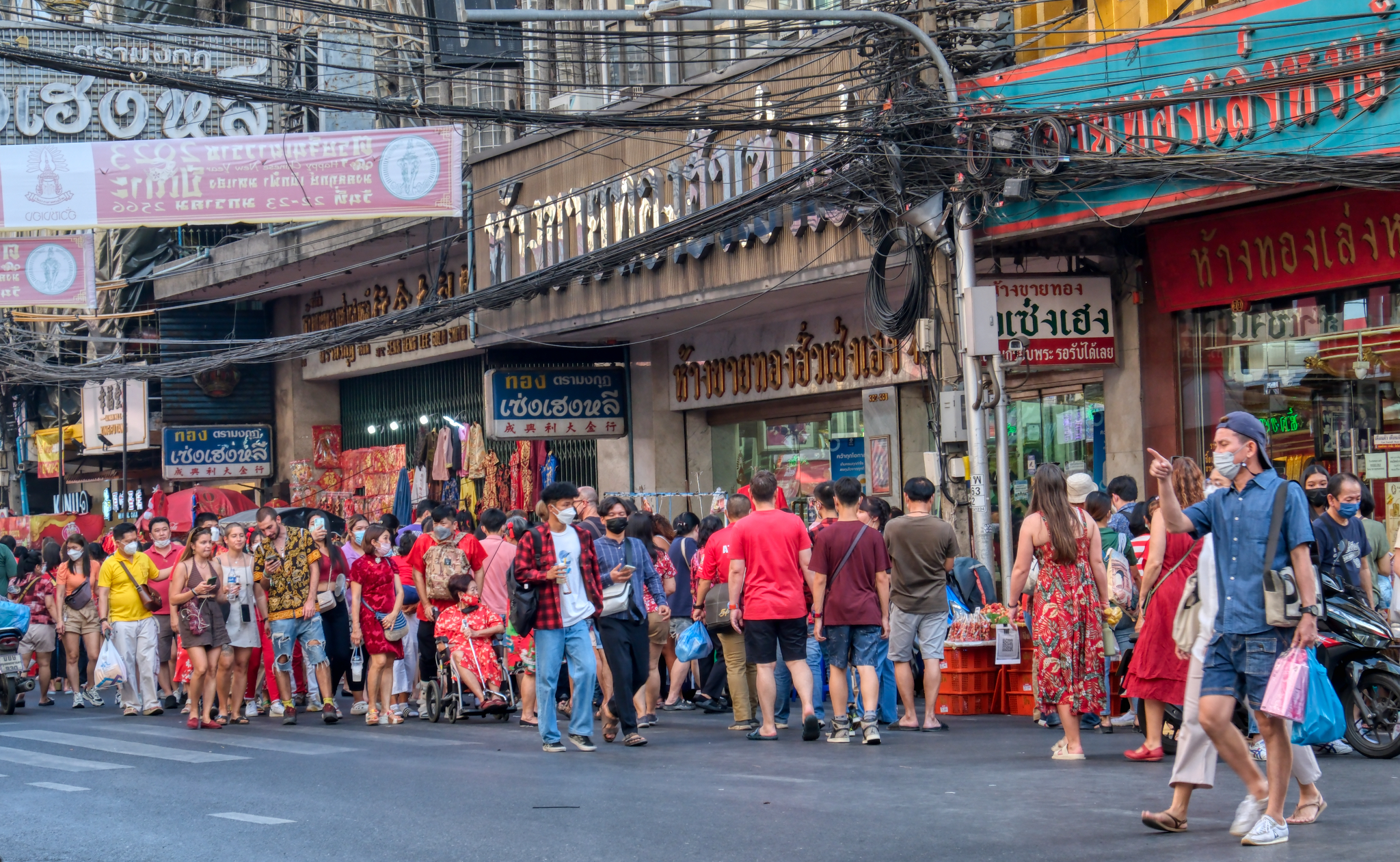 . . . I popped out a few blocks from the center of Chinatown . . . in the middle of a huge crowd. It seems that I was not the only one with the idea.
. . . I popped out a few blocks from the center of Chinatown . . . in the middle of a huge crowd. It seems that I was not the only one with the idea.
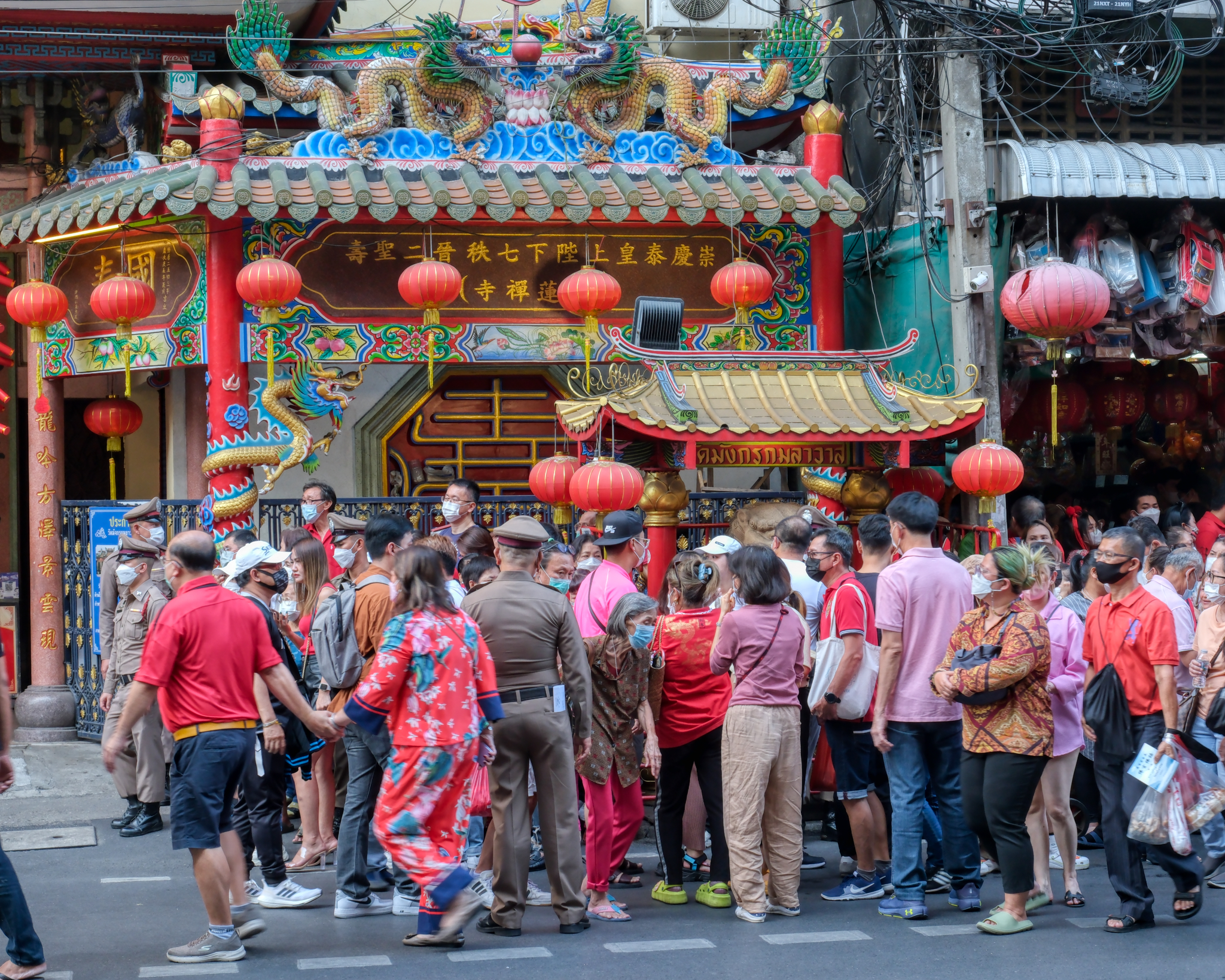 Part of the crowd was congregating around this Chinese Temple. We found out that one of the Thai Royal Family was due to arrive there soon to pay respects. It was a big day in the Bangkok Chinatown.
Part of the crowd was congregating around this Chinese Temple. We found out that one of the Thai Royal Family was due to arrive there soon to pay respects. It was a big day in the Bangkok Chinatown.
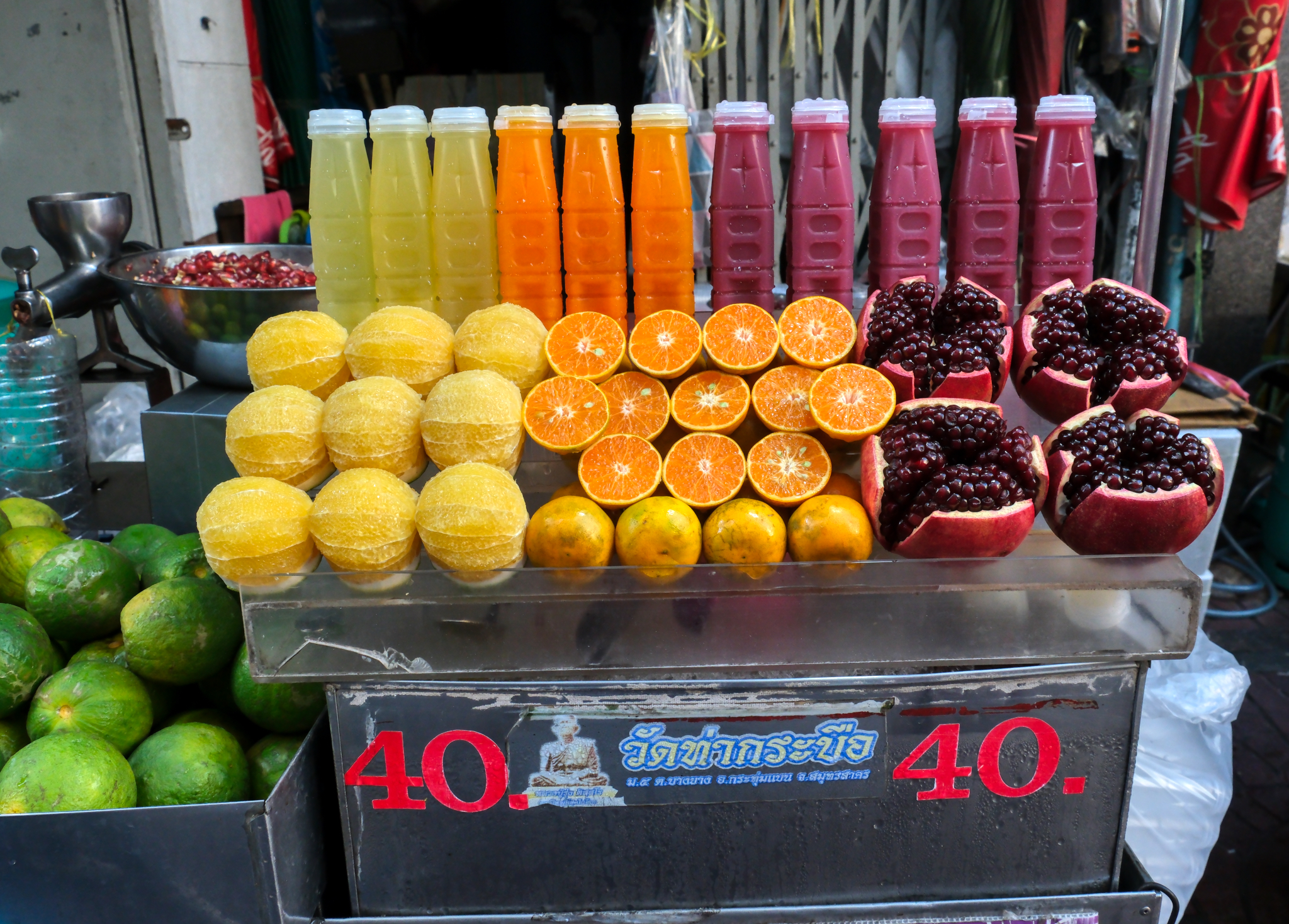 I was hot and thirsty so I bought a pomegranate juice and was happy.
I was hot and thirsty so I bought a pomegranate juice and was happy.
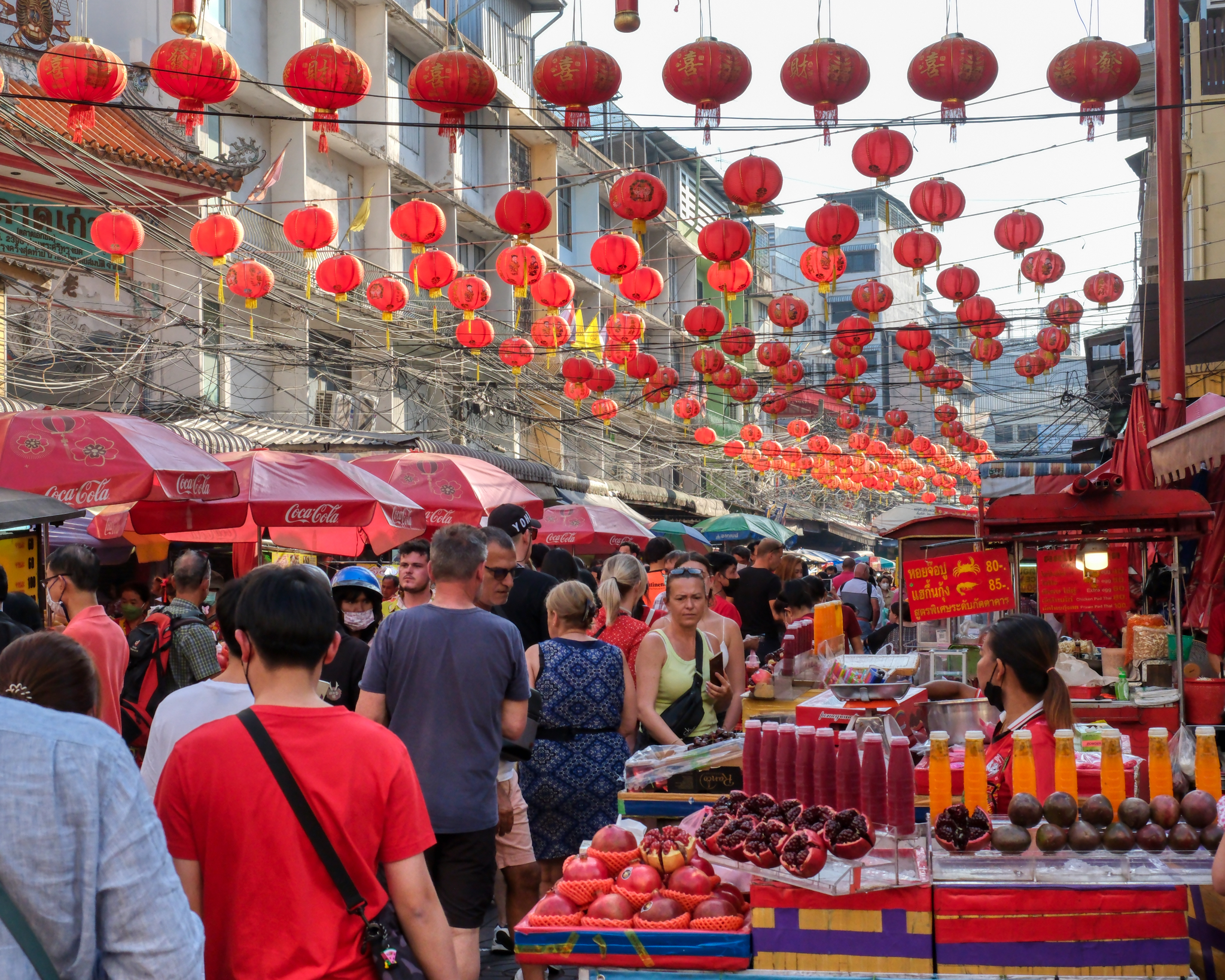 We cut through an alley to get to the center of the action. The whole highly decorated area was a crush of people, many of whom were foreign tourists.
We cut through an alley to get to the center of the action. The whole highly decorated area was a crush of people, many of whom were foreign tourists.
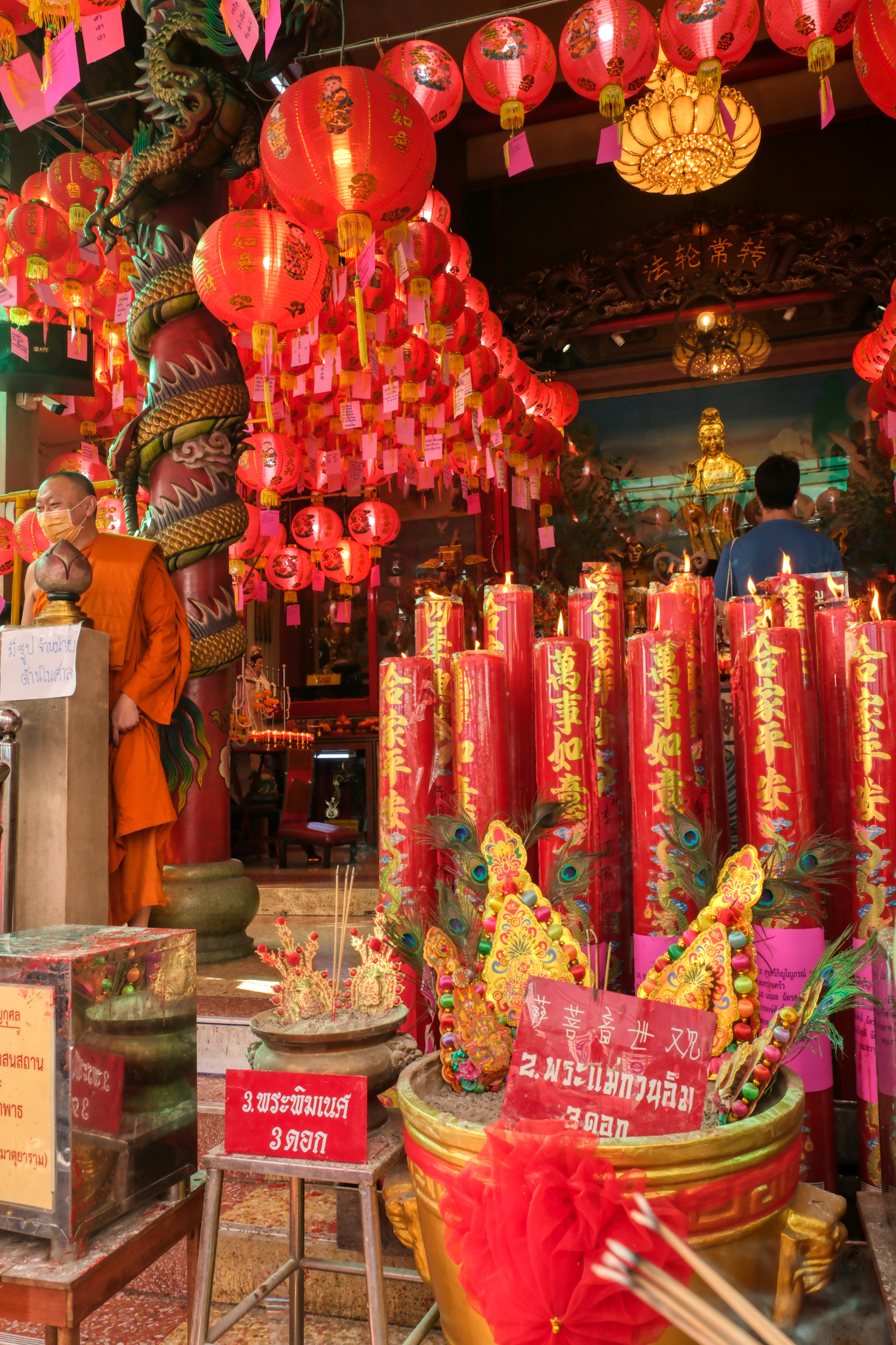 The many small Chinese temples were busy with devotees leaving alms and donations and being blessed by the monks.
The many small Chinese temples were busy with devotees leaving alms and donations and being blessed by the monks.
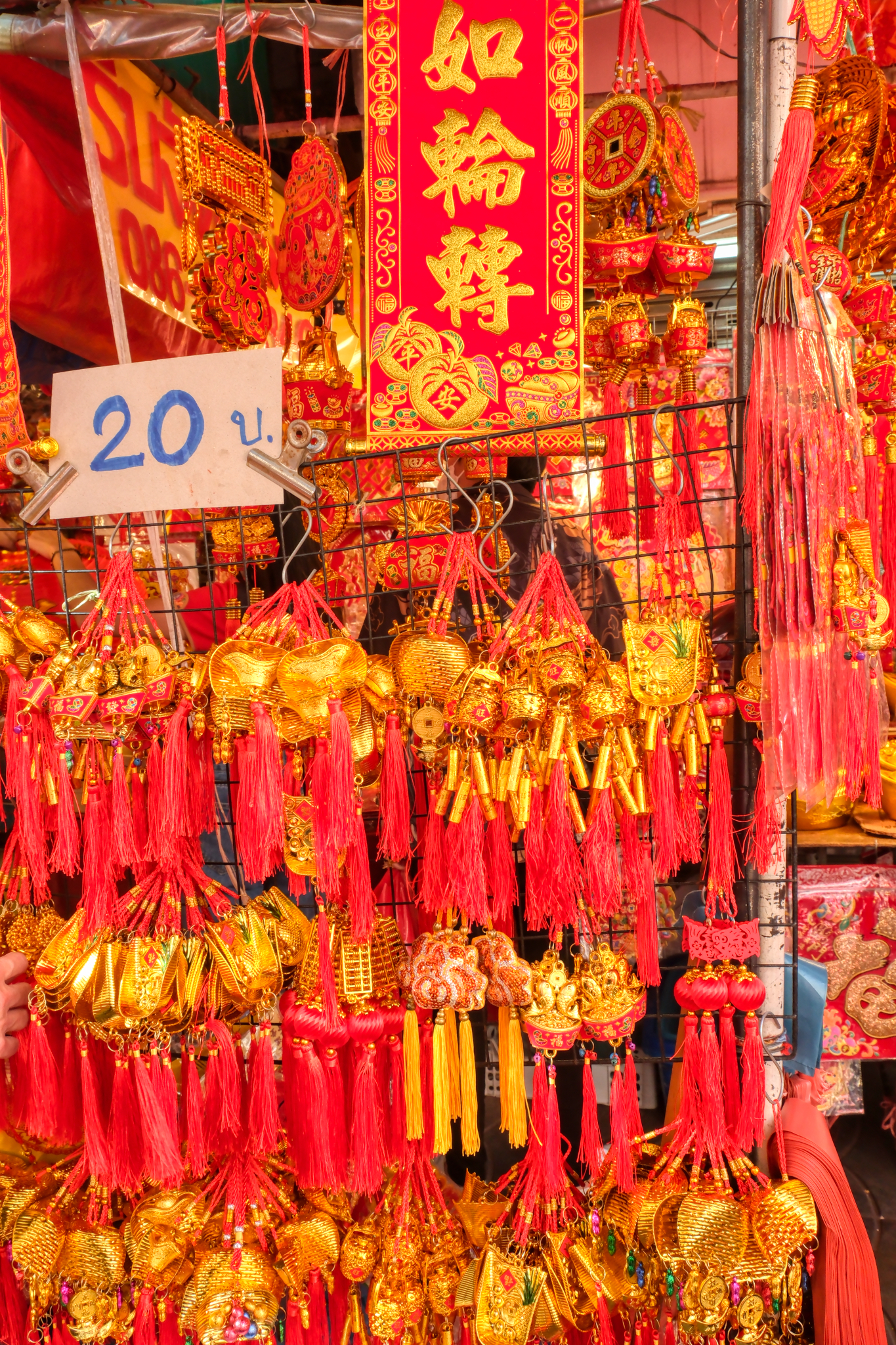 Every imaginable kind of 'altar toy' was for sale in gold and red. Fantastic!
Every imaginable kind of 'altar toy' was for sale in gold and red. Fantastic!
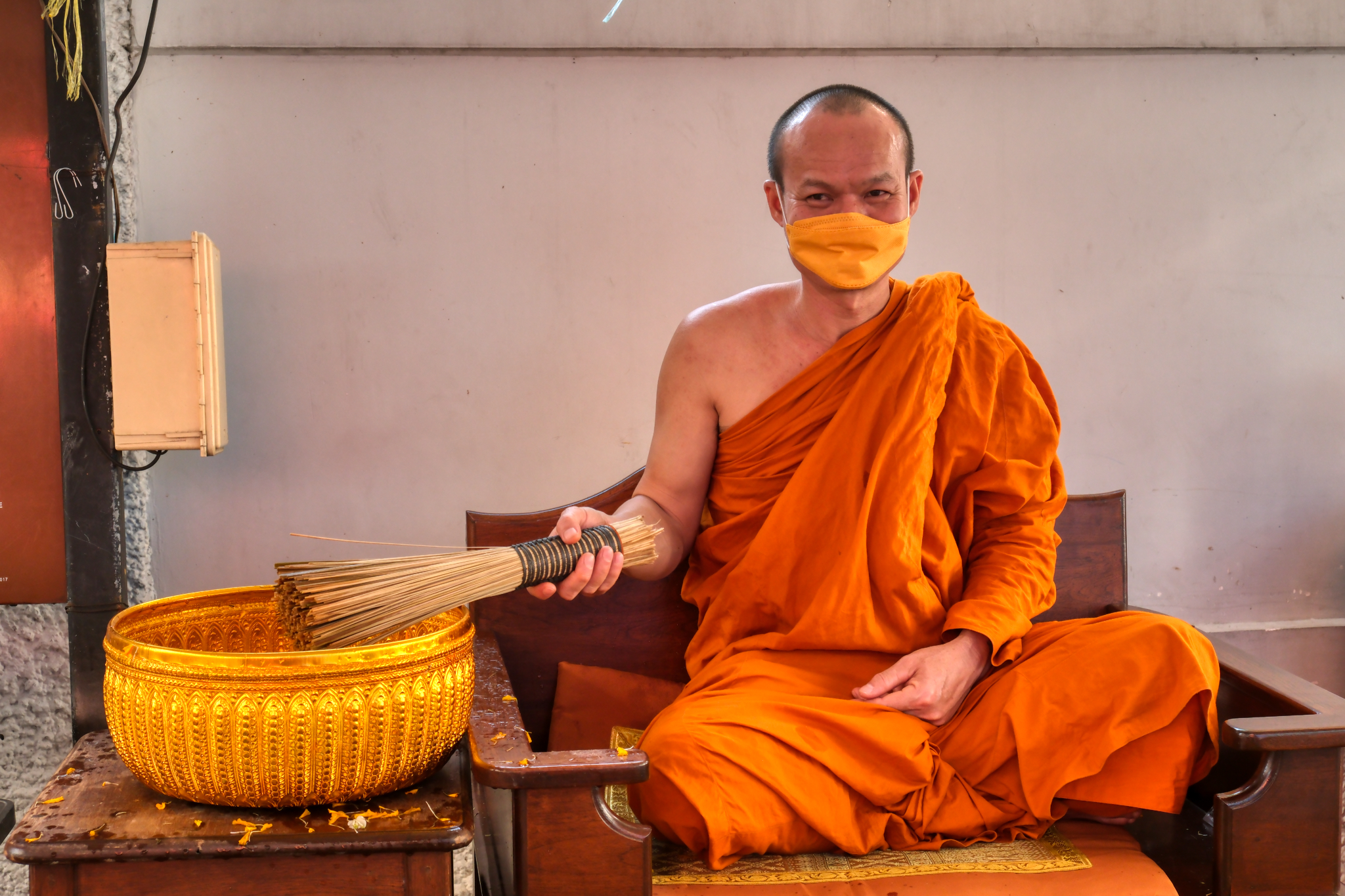 This good natured monk seemed to enjoy giving water blessings to whomever stopped and donated.
This good natured monk seemed to enjoy giving water blessings to whomever stopped and donated.
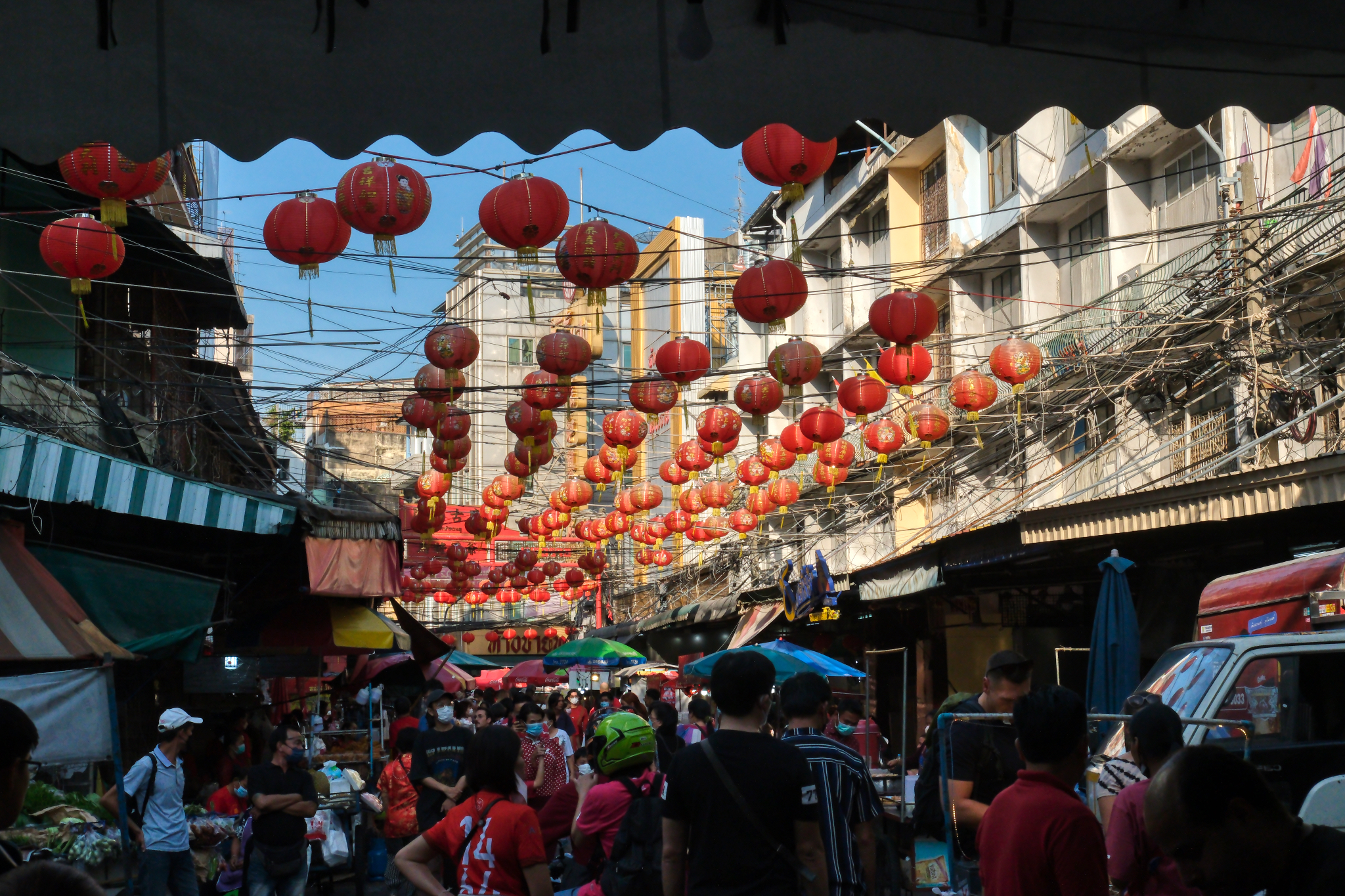 We explpored deep down the beautifully decorated side streets of Bangkok's Chinatown.
We explpored deep down the beautifully decorated side streets of Bangkok's Chinatown.
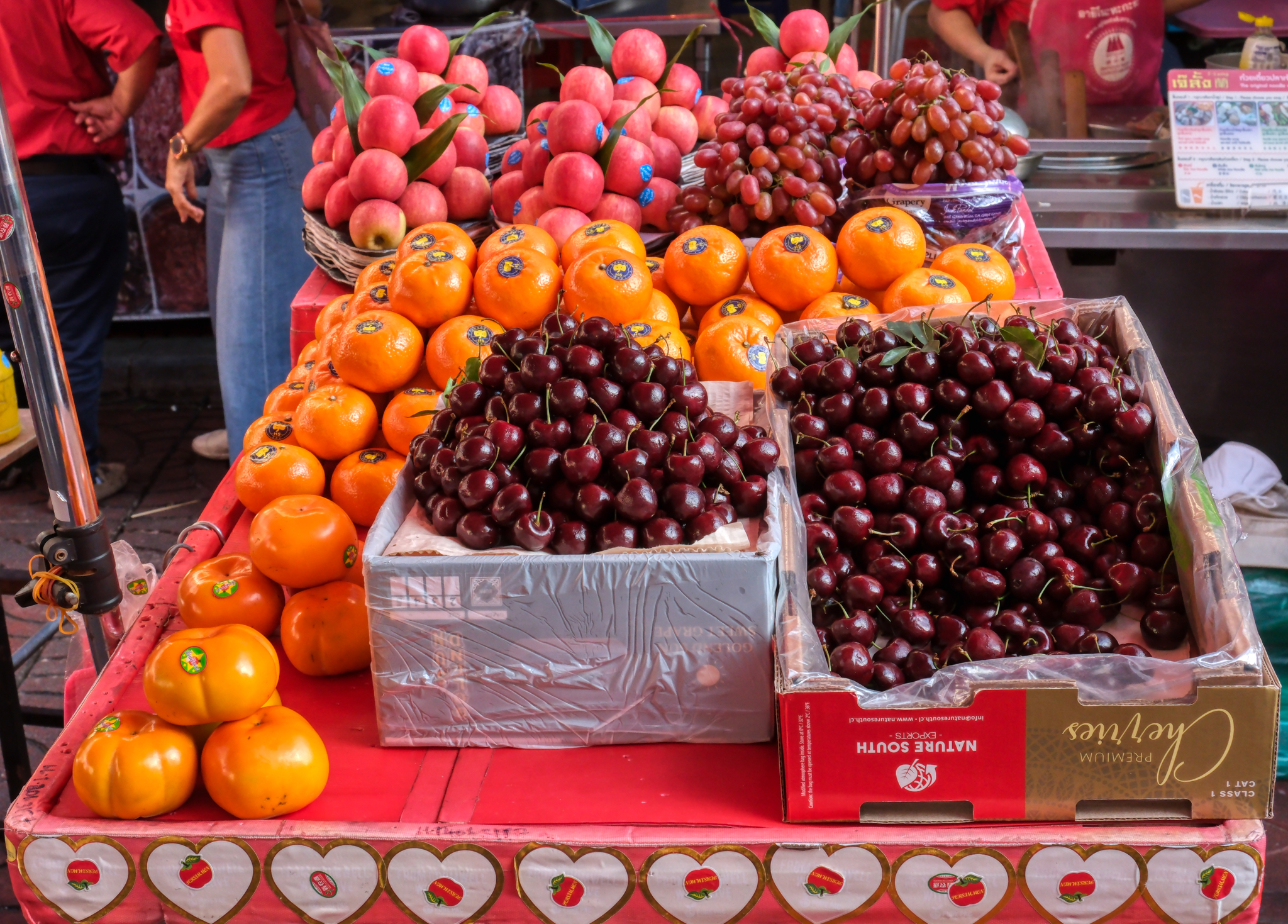 Chinese New Year is a traditional time for fruit purchasing, apparently.
Chinese New Year is a traditional time for fruit purchasing, apparently.
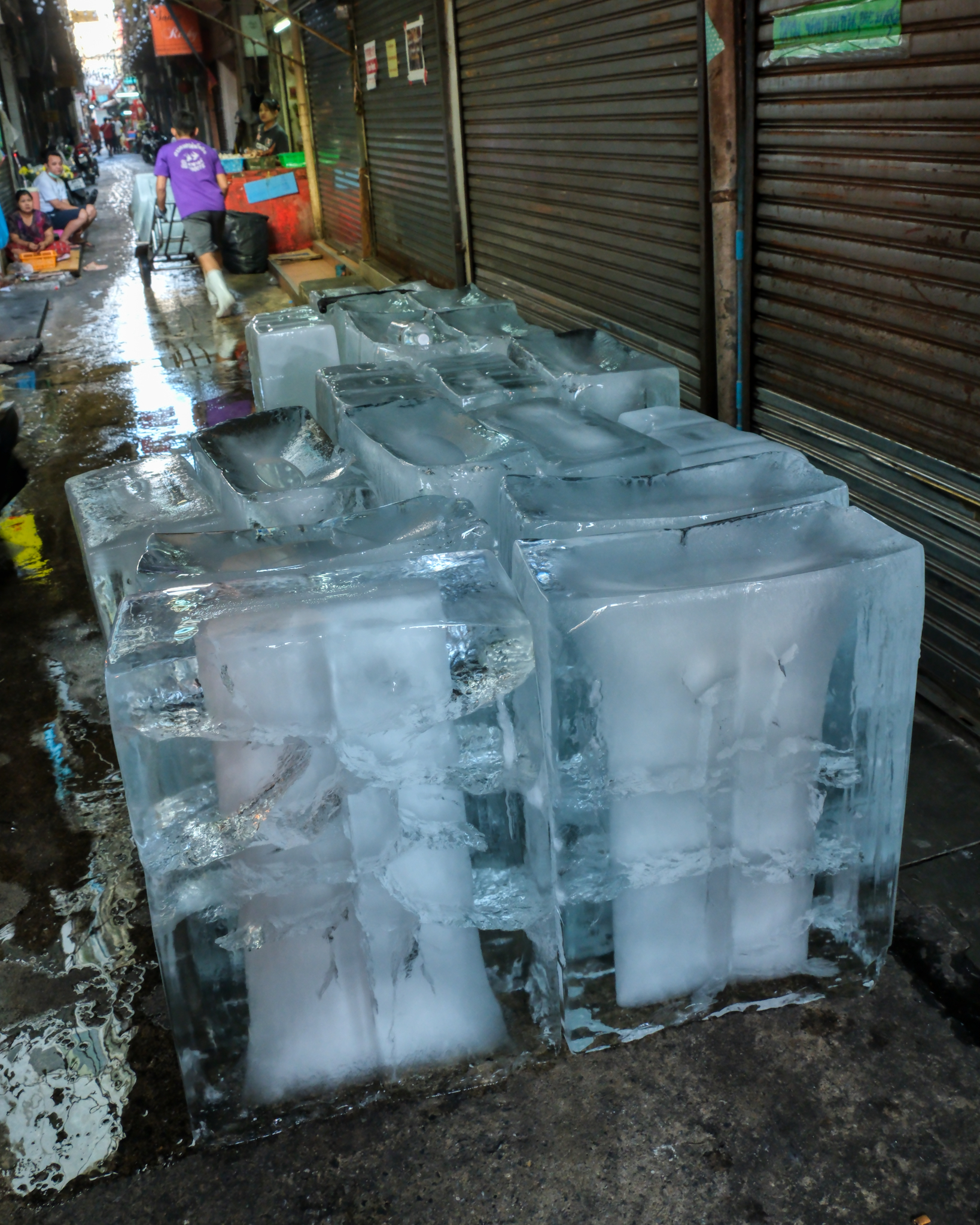 These ice blocks sitting in an alley looked inviting . . . as a shortcut over to the next street . . . and as a way of avoiding the crushing crowds.
These ice blocks sitting in an alley looked inviting . . . as a shortcut over to the next street . . . and as a way of avoiding the crushing crowds.
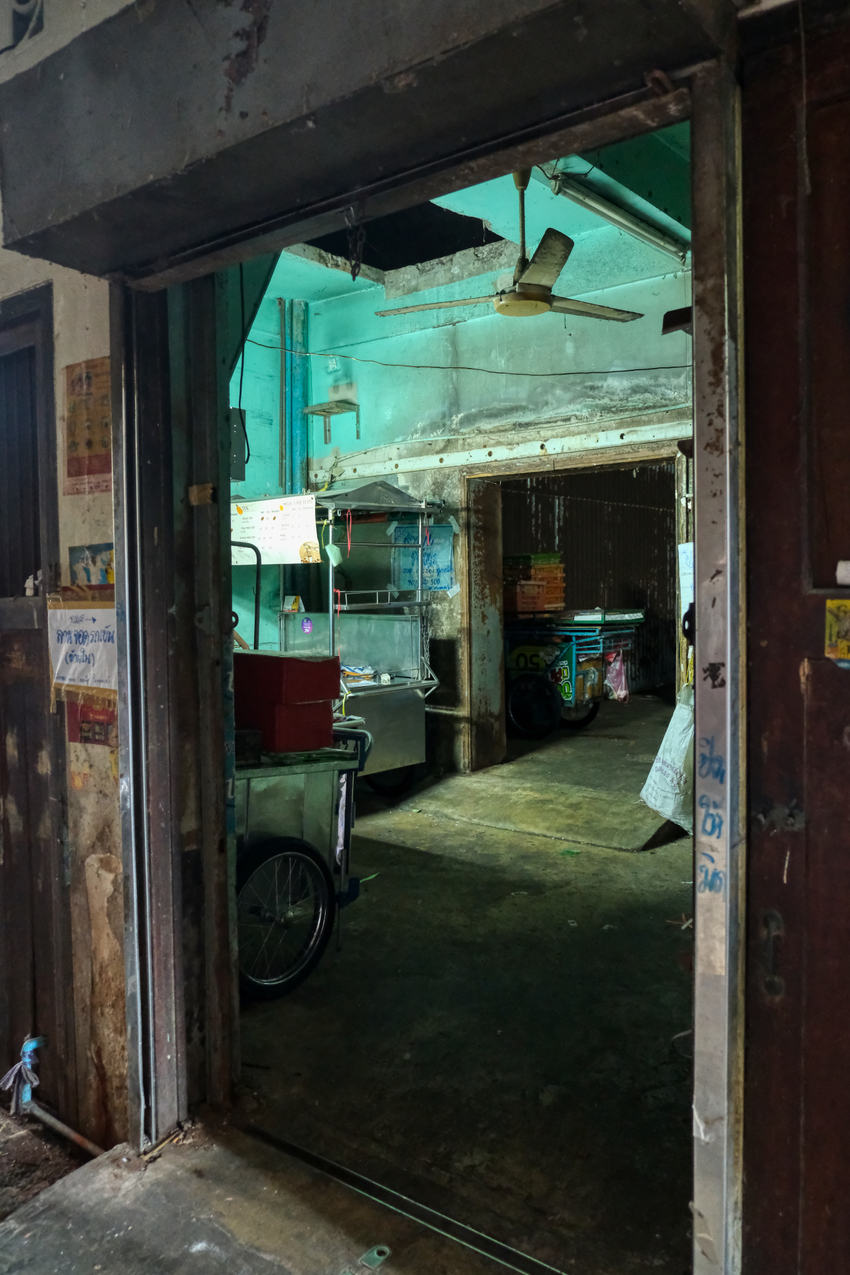 Chinatown alleys always offer up surprise images, like this very old small industry.
Chinatown alleys always offer up surprise images, like this very old small industry.
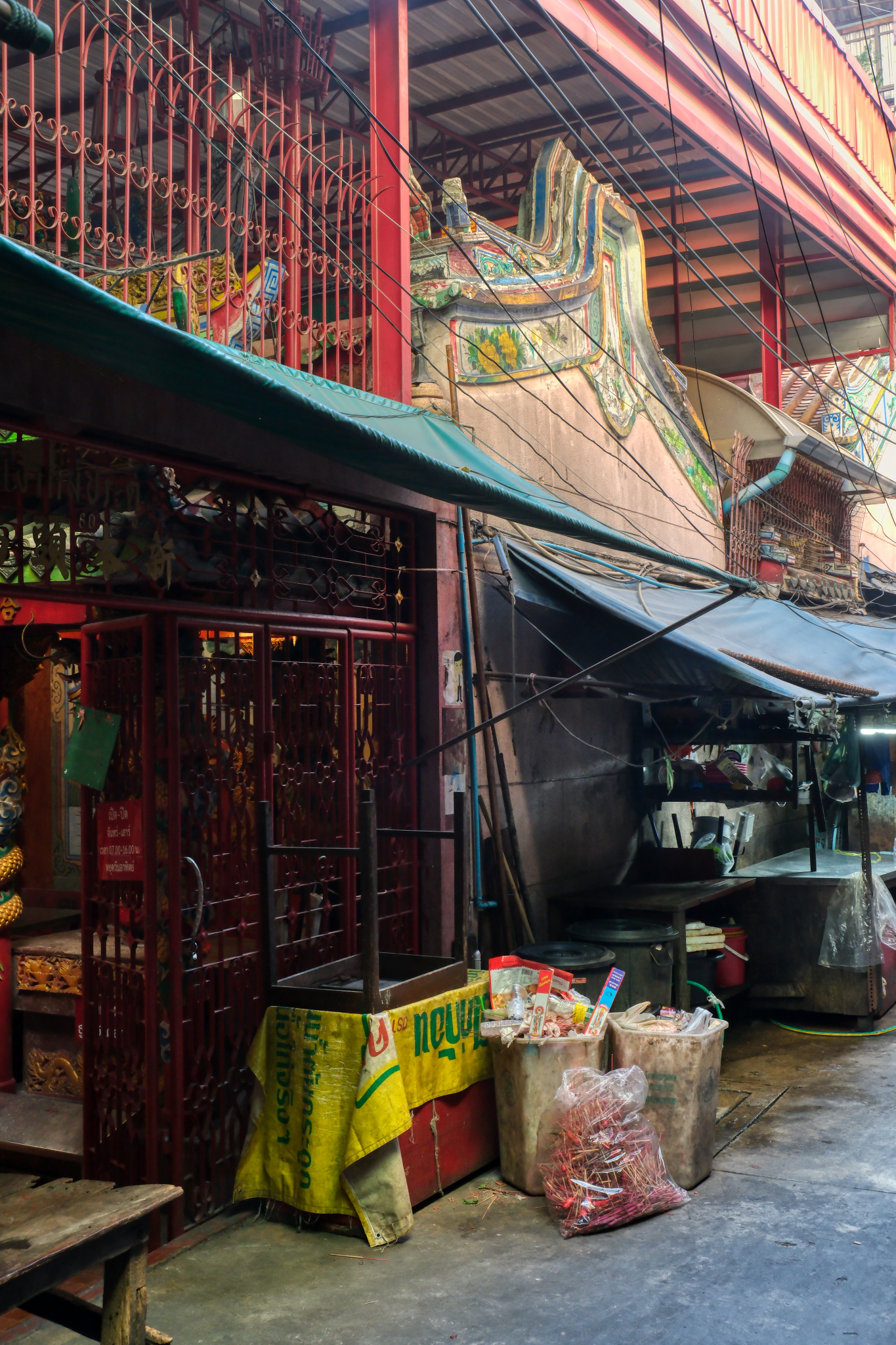 Spotted amid the complex patterns of the alley was some kind of temple . . . let's explore . . .
Spotted amid the complex patterns of the alley was some kind of temple . . . let's explore . . .
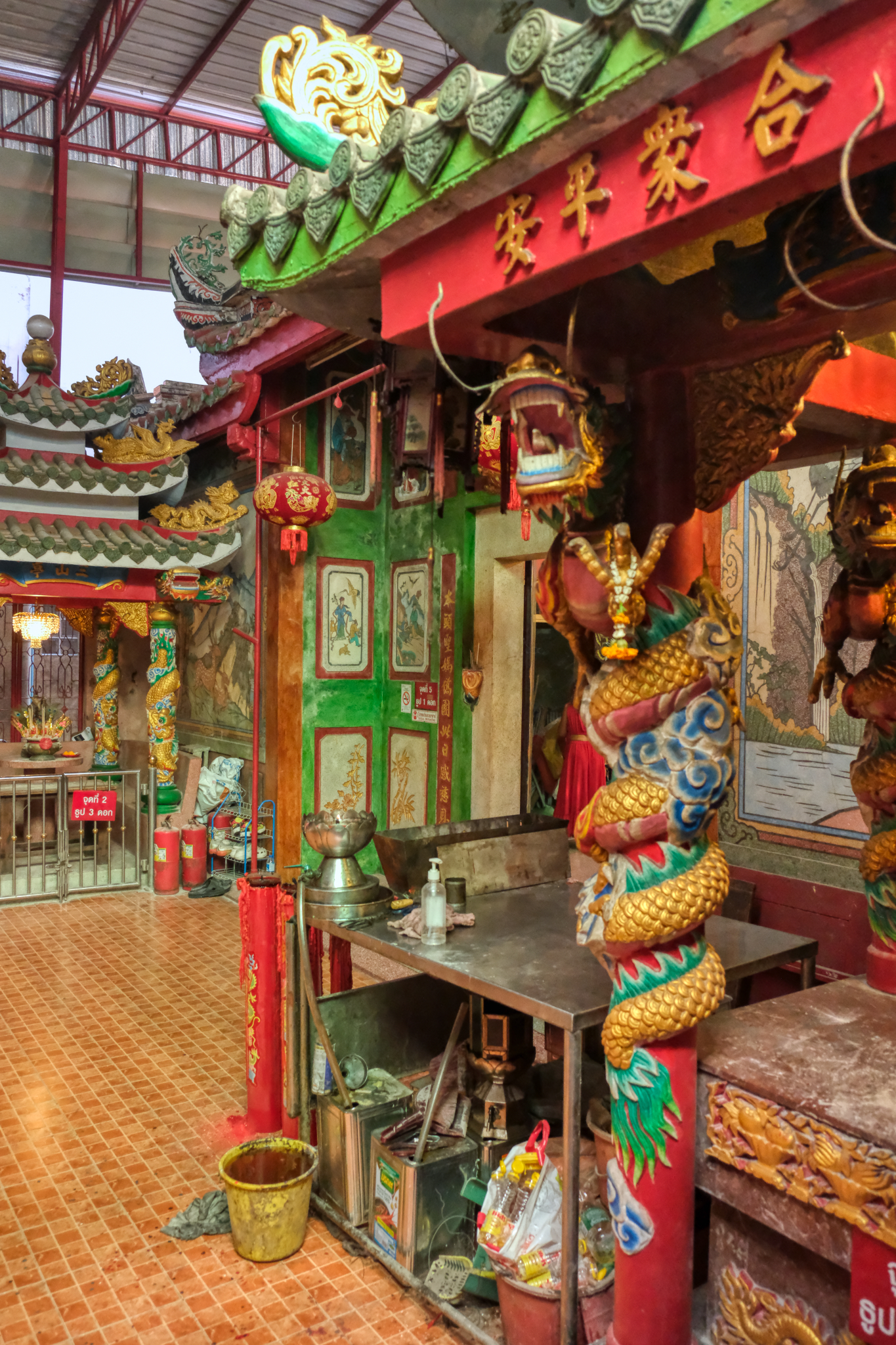 Looking inside, we found this marvelous Chinese Buddhist Temple. Serendipity!
Looking inside, we found this marvelous Chinese Buddhist Temple. Serendipity!
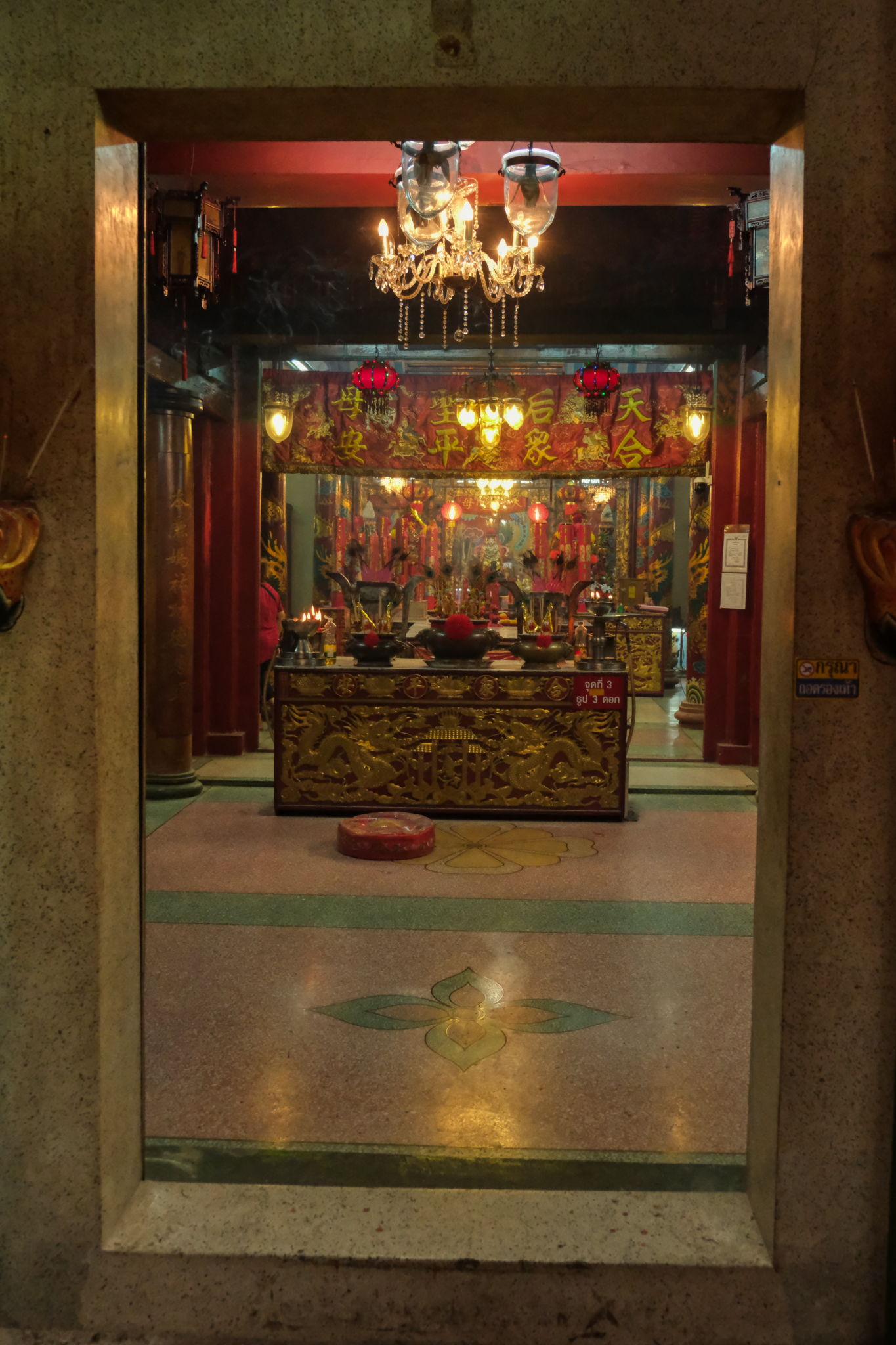 The temple inner altar was fantastically decorated.
The temple inner altar was fantastically decorated.
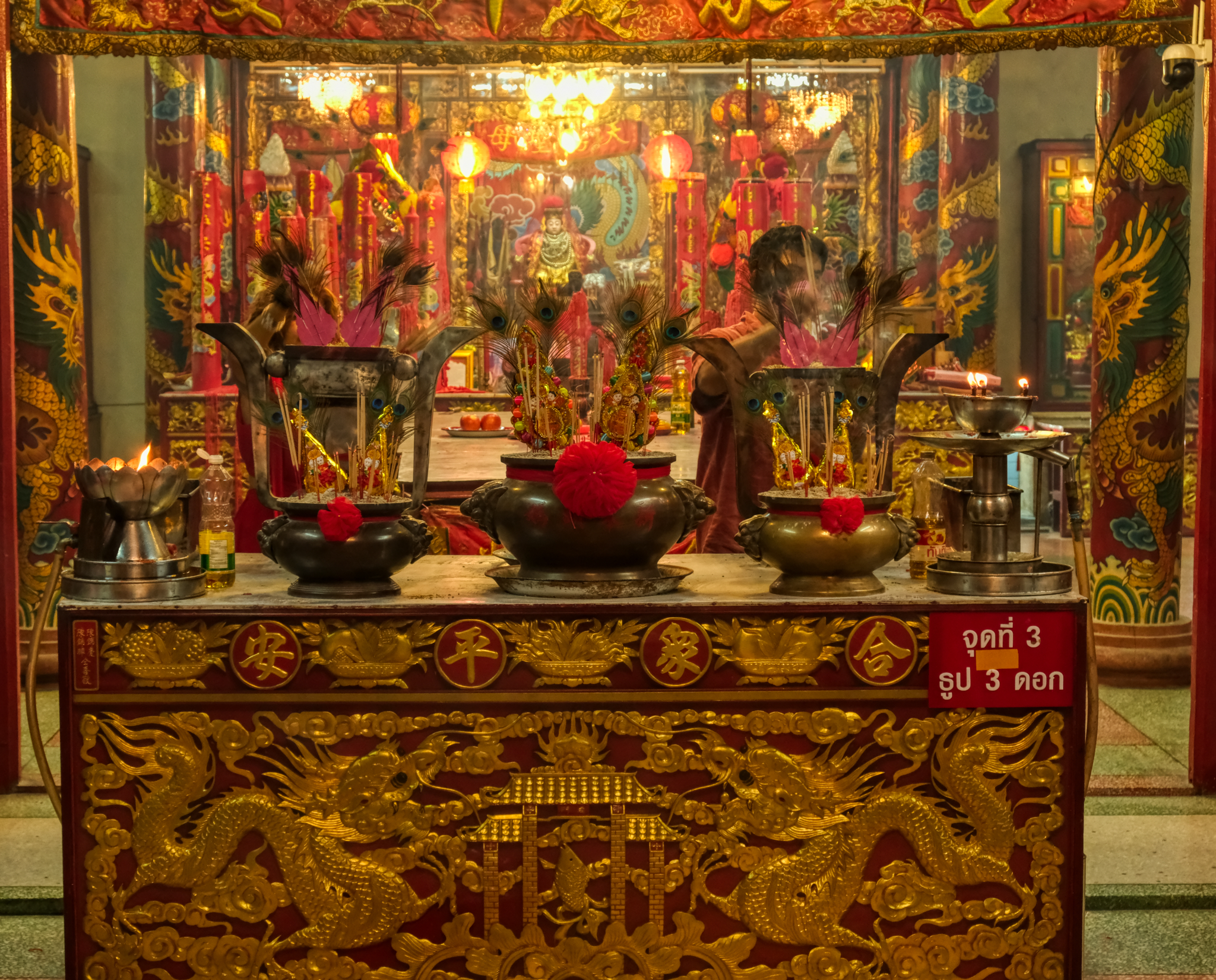 The inner temple altar in all its phantasmagoria!
The inner temple altar in all its phantasmagoria!
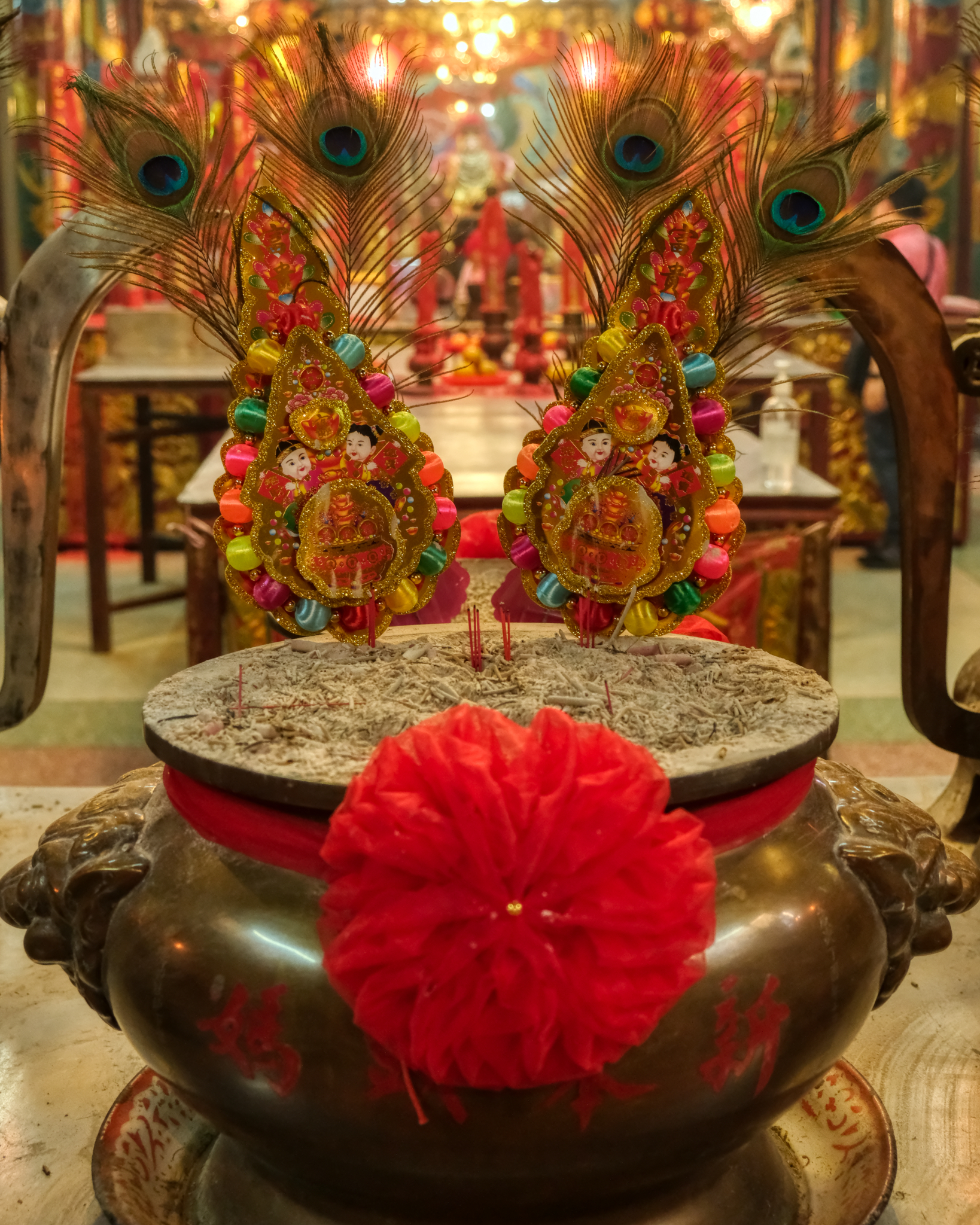 Incense pot . . .
Incense pot . . .
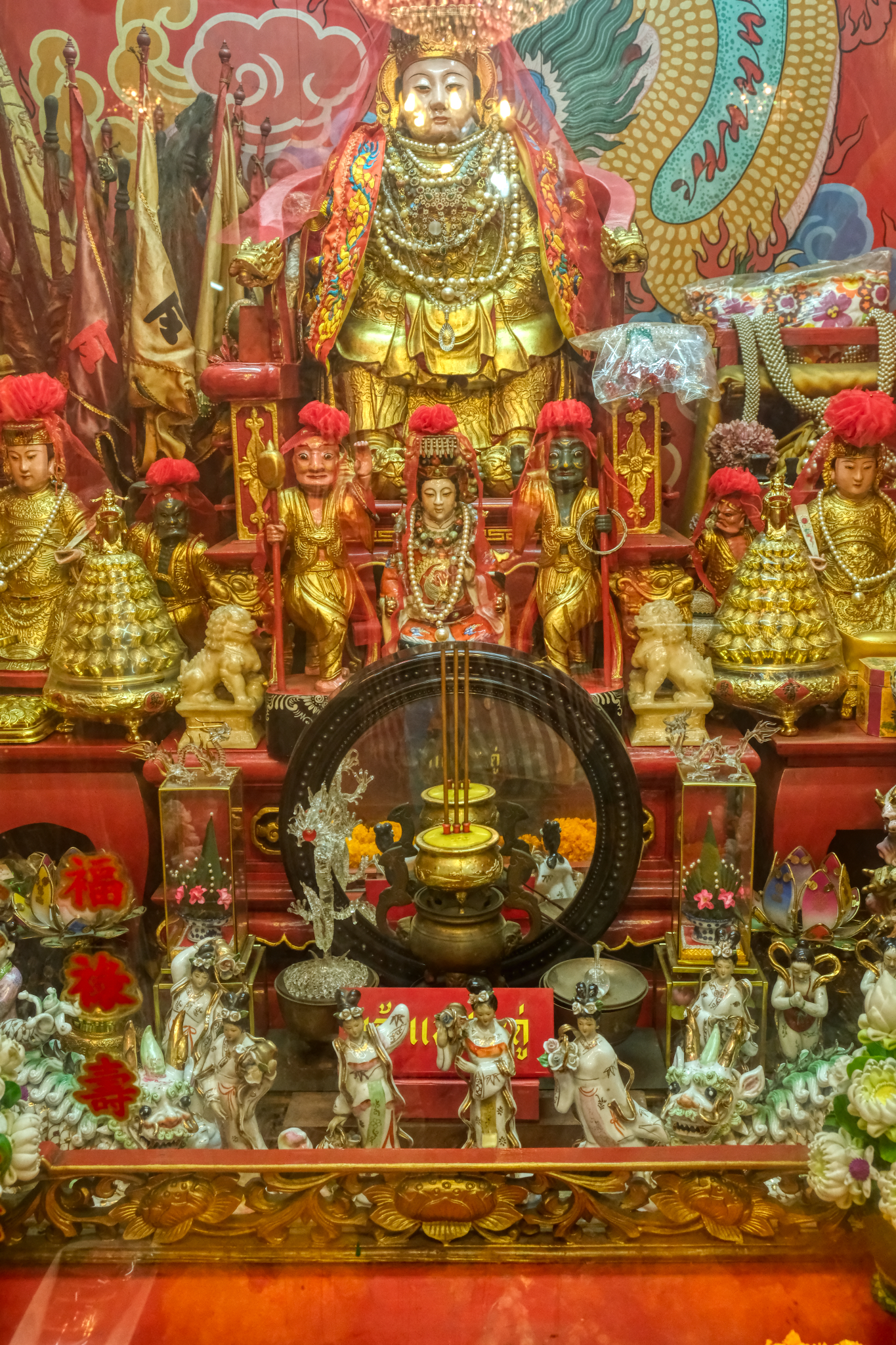 The main altar displayed the pantheon of Chinese spiritual deities and revered monks behind glass.
The main altar displayed the pantheon of Chinese spiritual deities and revered monks behind glass.
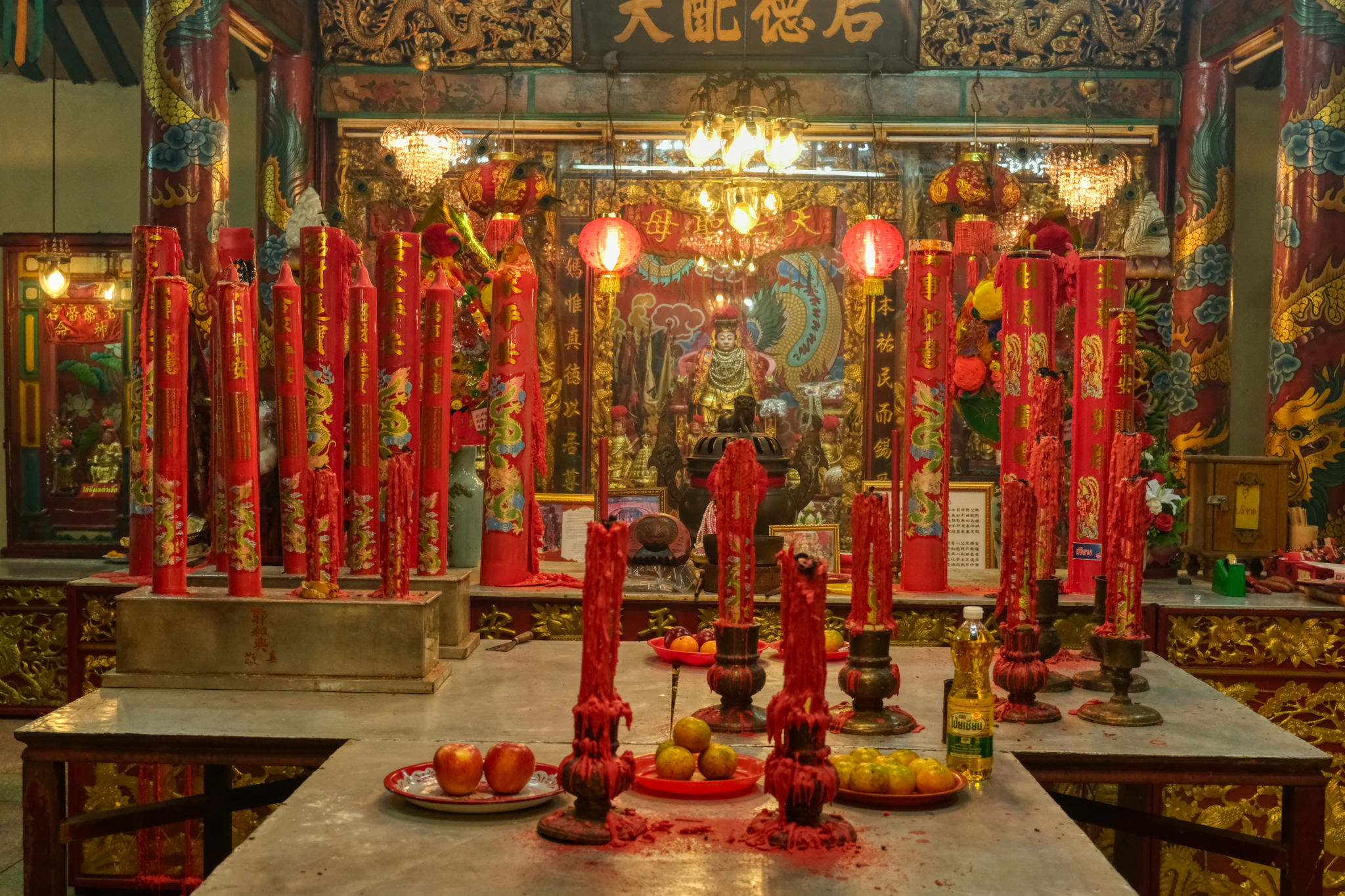 The opportunities for amazing photos were endless here . . . I took many more excellent photos in there than I have posted here . . . perhaps I need an entry just for this marvelous place.
The opportunities for amazing photos were endless here . . . I took many more excellent photos in there than I have posted here . . . perhaps I need an entry just for this marvelous place.
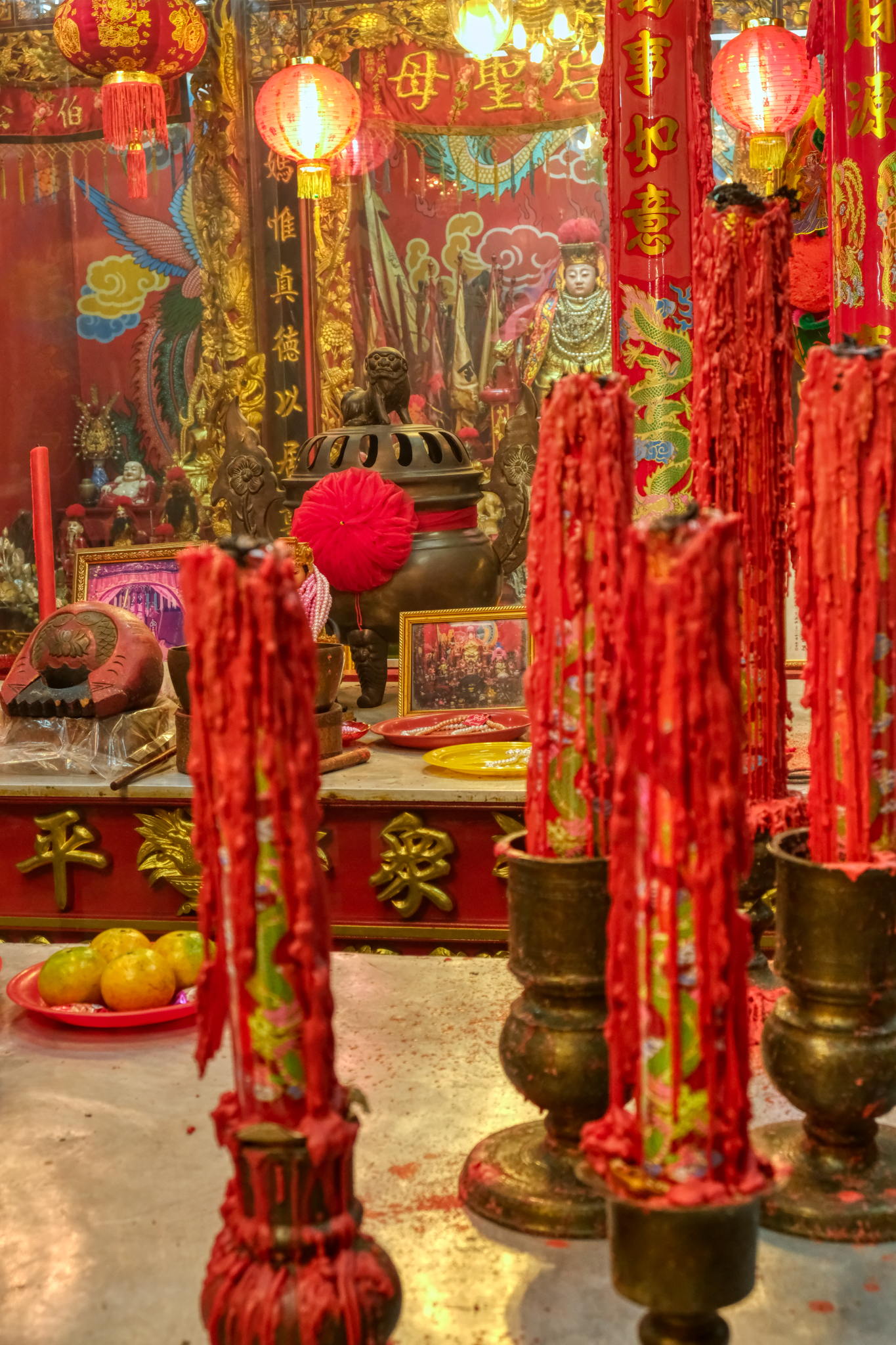 These were very low light (and smoky) conditions for photography . . . such beauty everywhere!
These were very low light (and smoky) conditions for photography . . . such beauty everywhere!
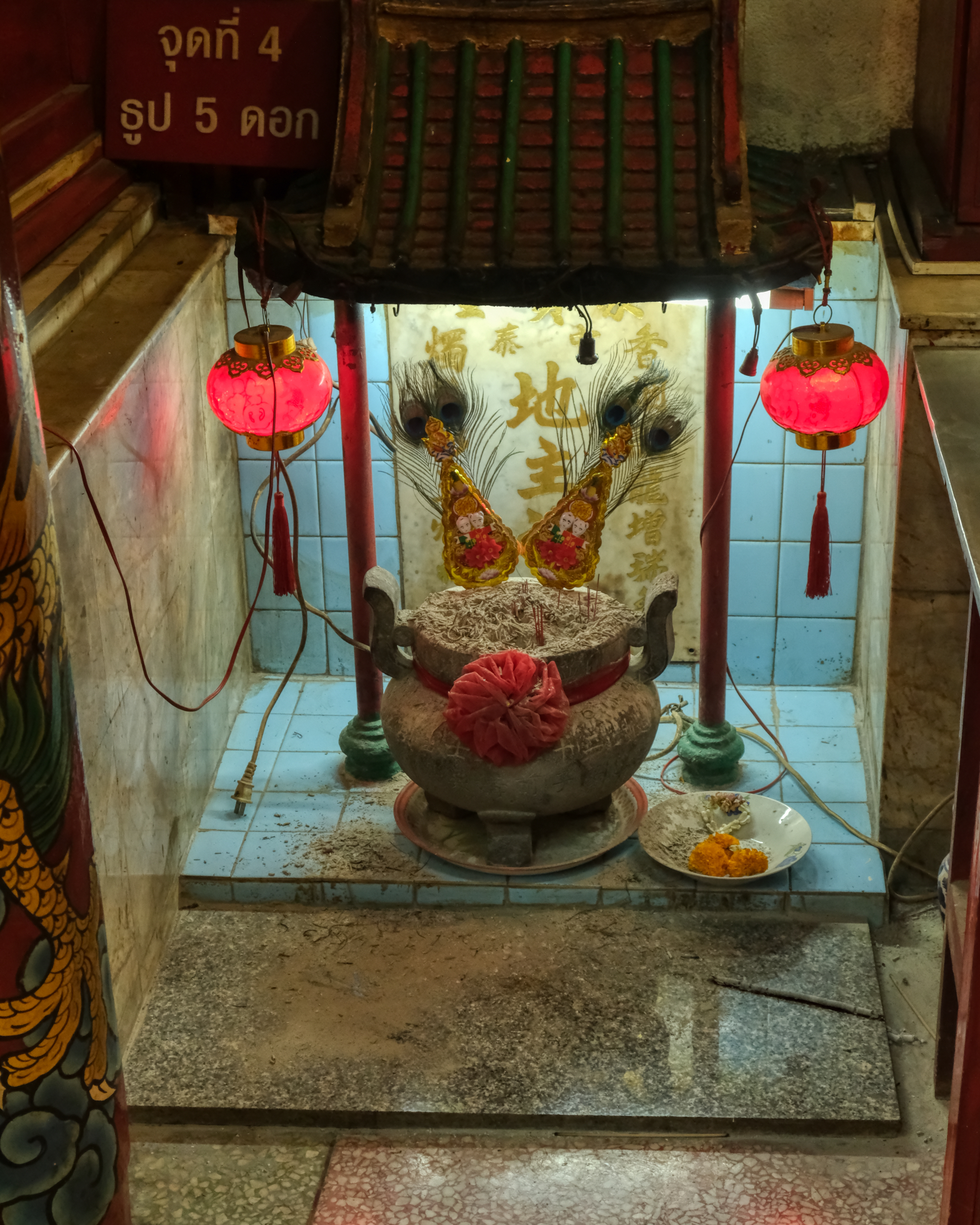 There were several small "side altars" around the inner chamber.
There were several small "side altars" around the inner chamber.
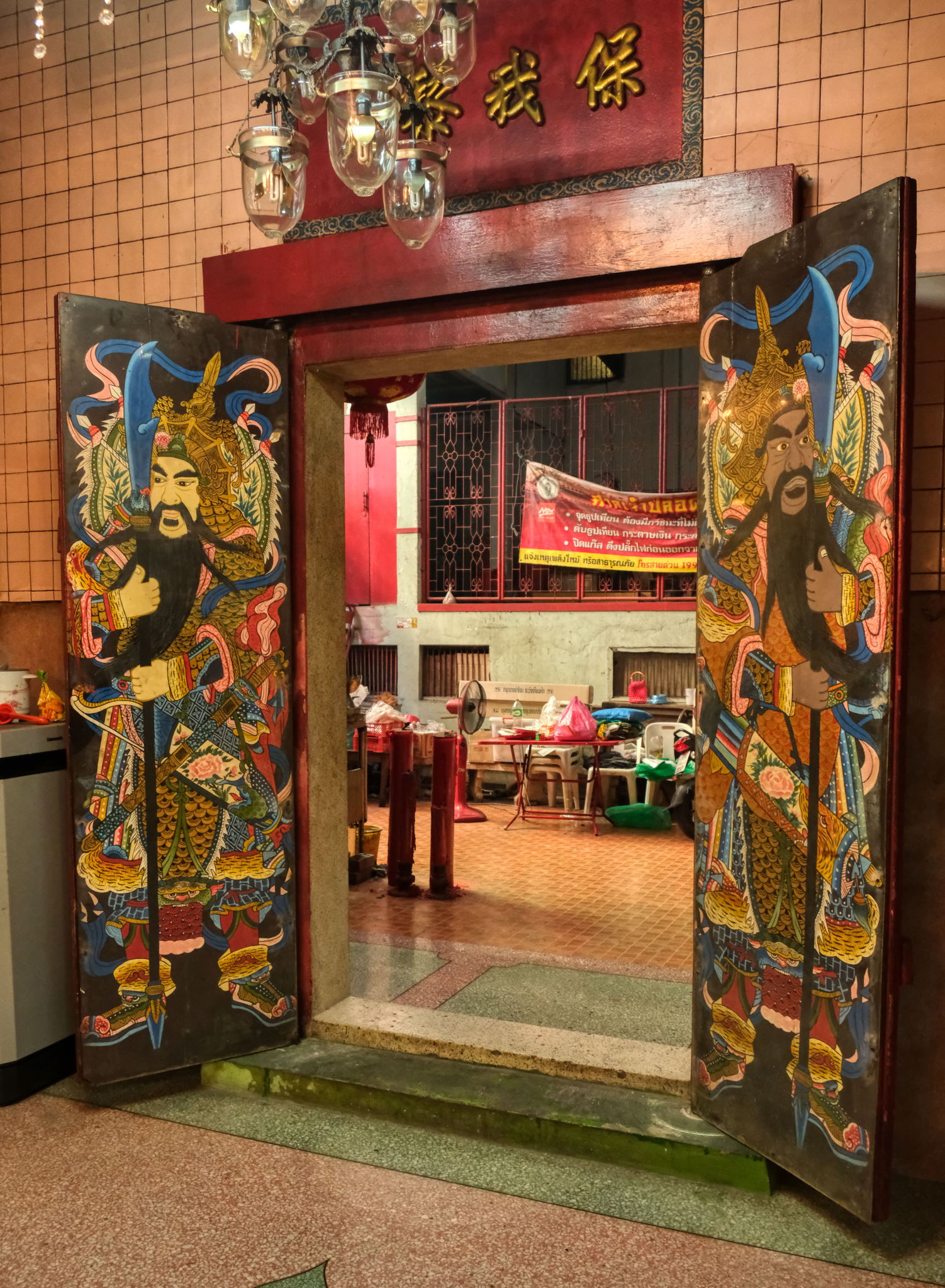 We spent quite a abit of time inside the Chinese Temple . . . and could have spent a whole day documenting this old, photogenic, spiritual space . . . but we left for the alley again and onward to the New Year celebrations about to happen.
We spent quite a abit of time inside the Chinese Temple . . . and could have spent a whole day documenting this old, photogenic, spiritual space . . . but we left for the alley again and onward to the New Year celebrations about to happen.
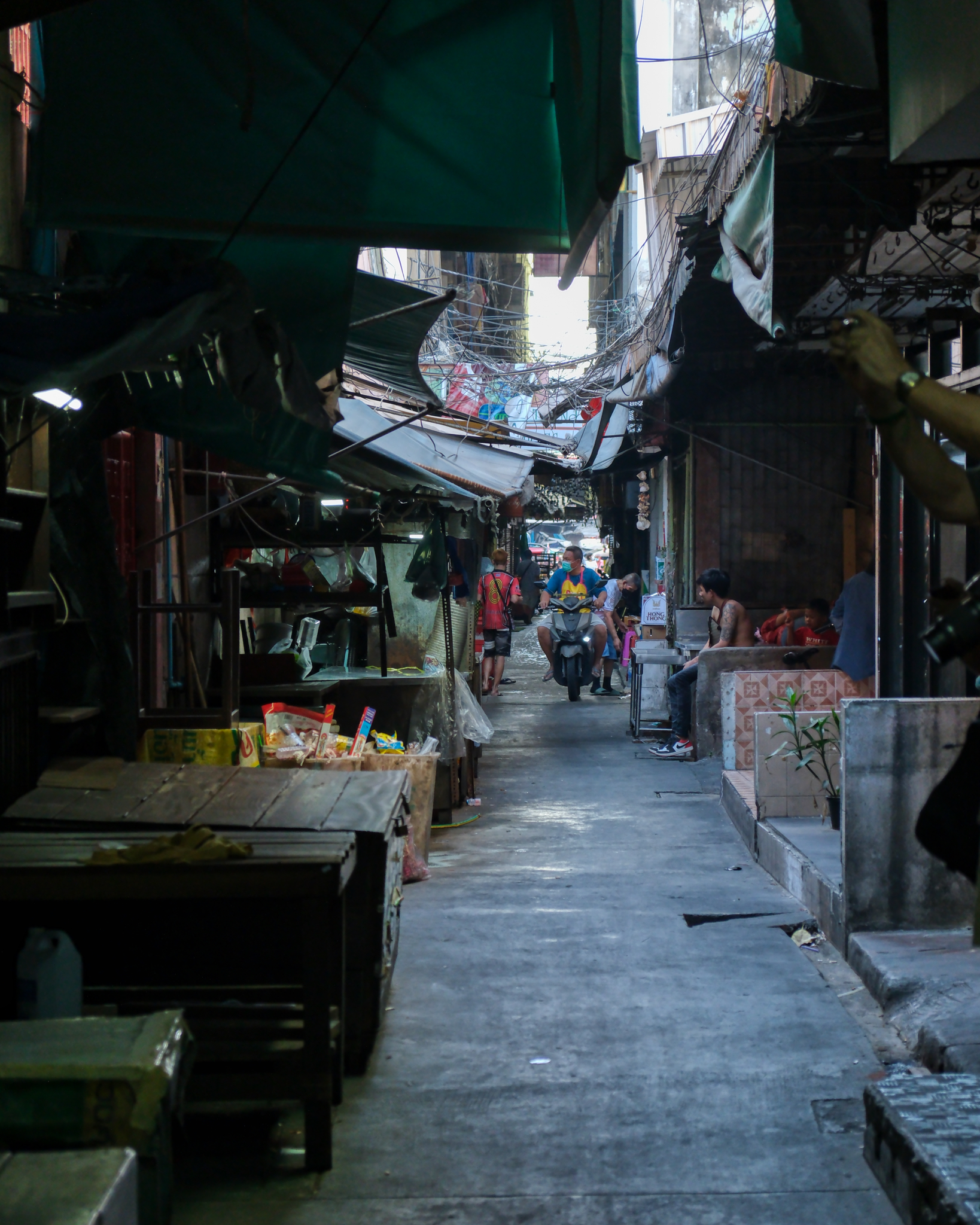 Back out in the small alley . . . it is fun to explore for images here.
Back out in the small alley . . . it is fun to explore for images here.
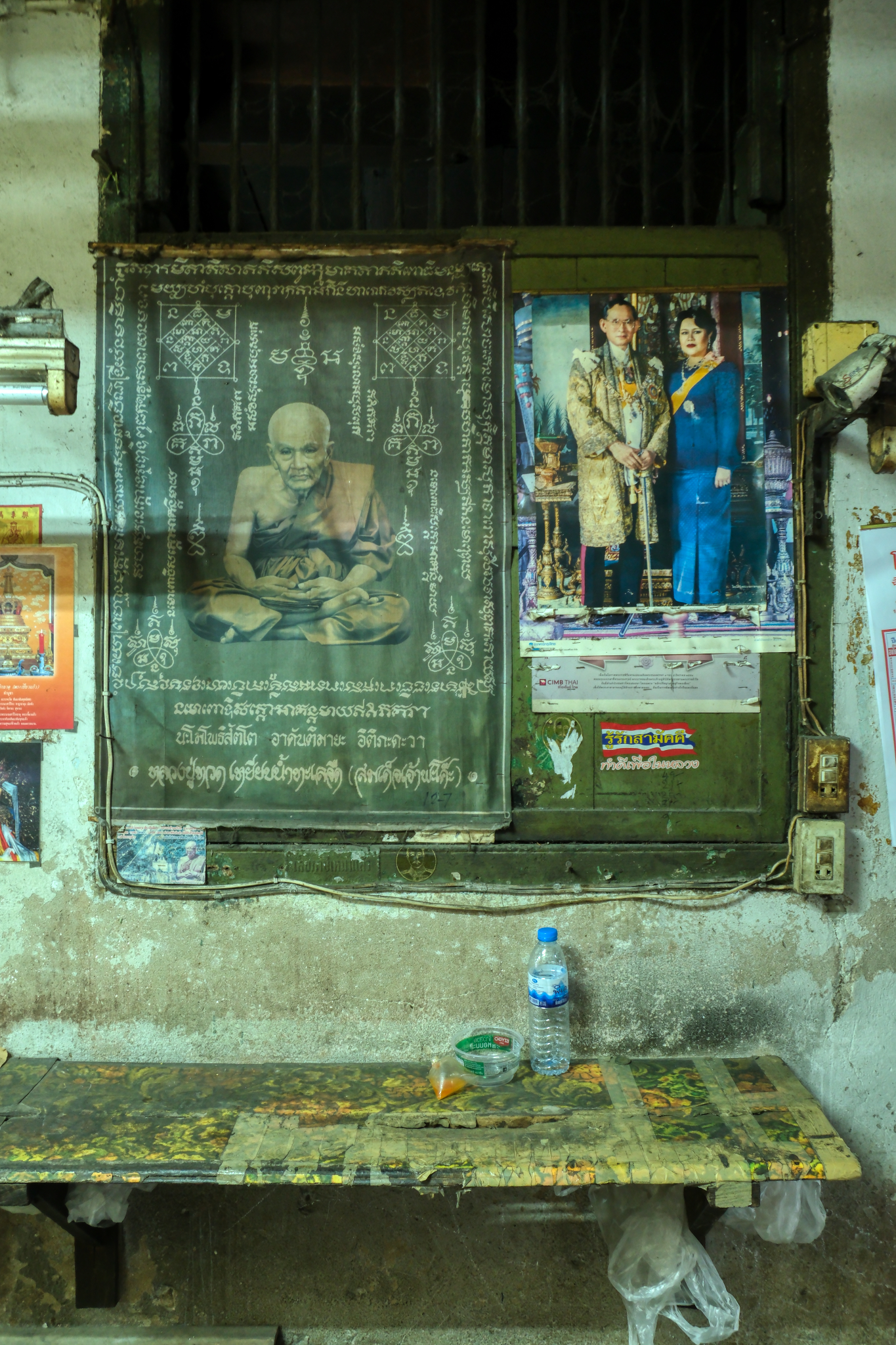 Many visual wonders to see along the alley walls . . .
Many visual wonders to see along the alley walls . . .
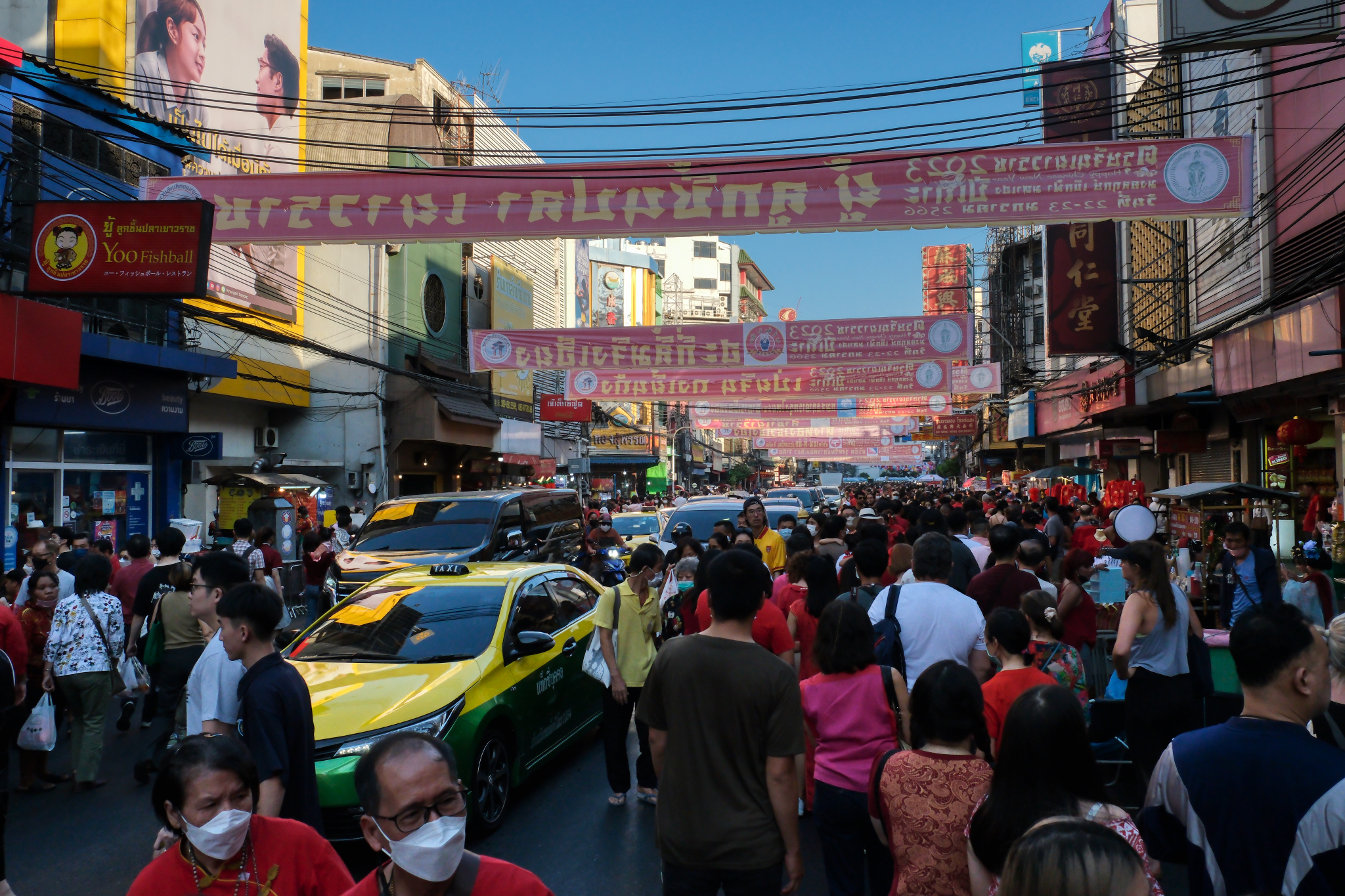 We popped out on the very crowded main street leading to the performance stage . . .
We popped out on the very crowded main street leading to the performance stage . . .
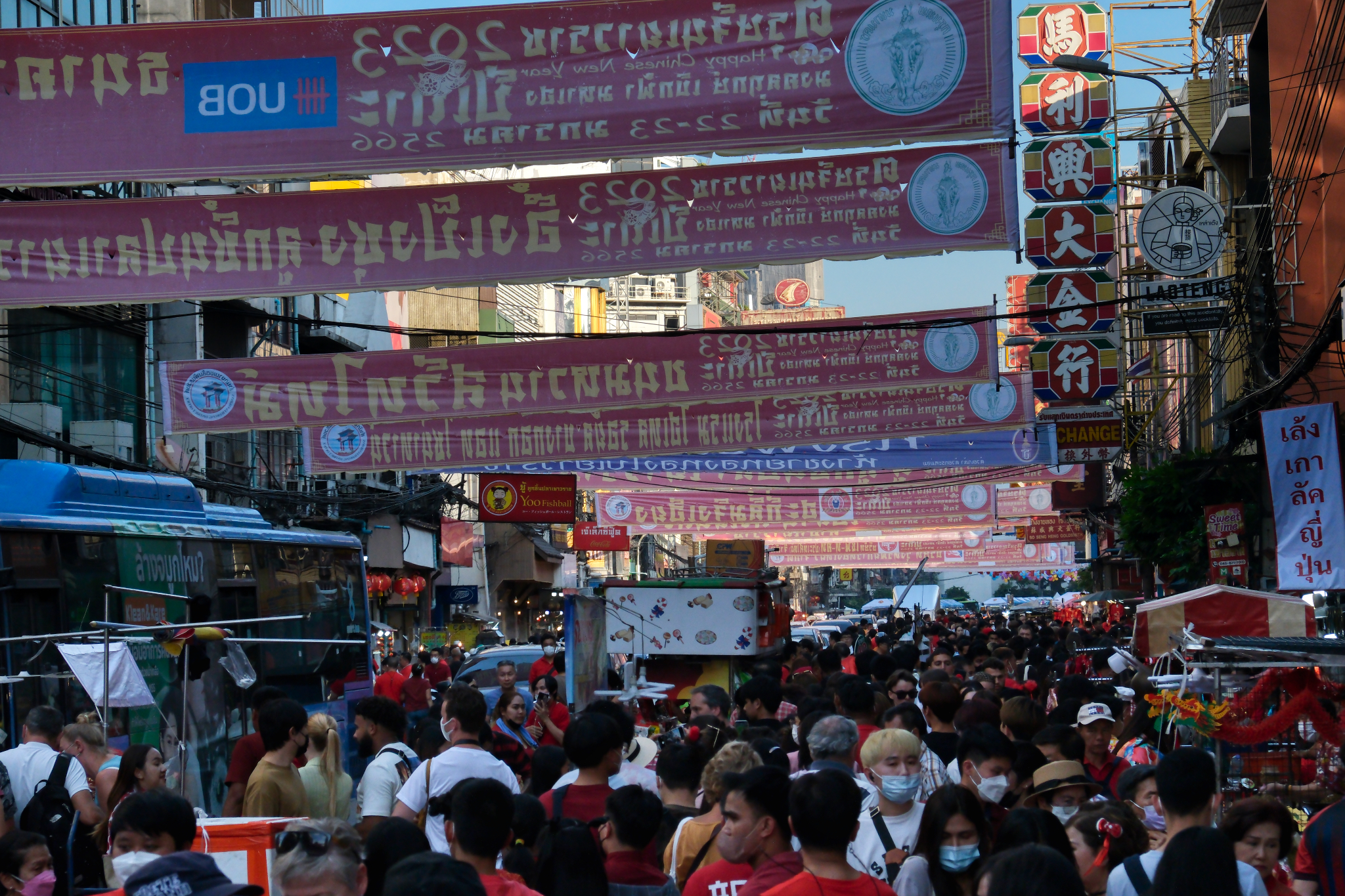 Moments before the street was finally closed to auto traffic . . . and vendors and 'selfie' takers took over.
Moments before the street was finally closed to auto traffic . . . and vendors and 'selfie' takers took over.
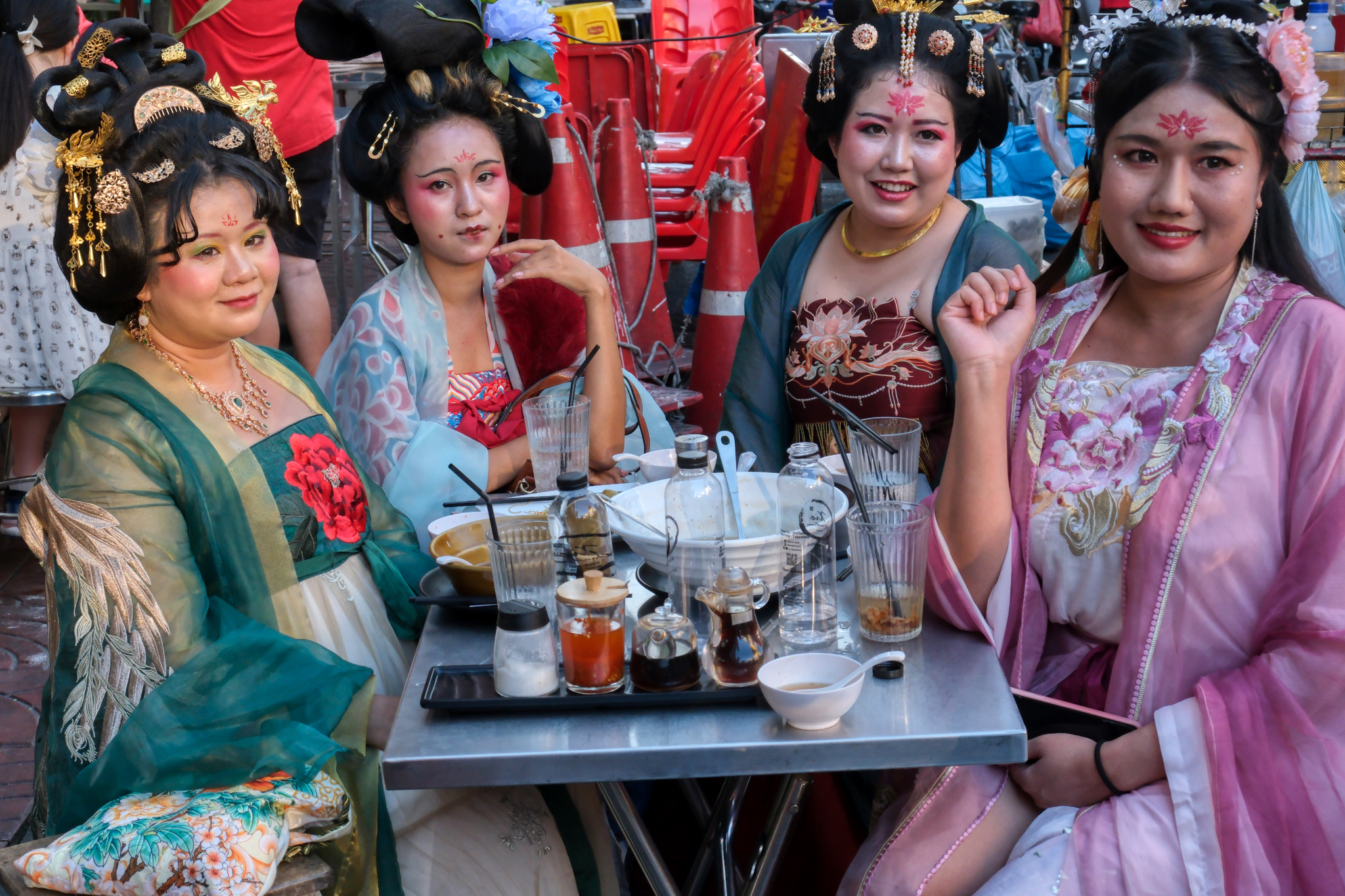 Four local ladies all dressed up for a night of celebration.
Four local ladies all dressed up for a night of celebration.
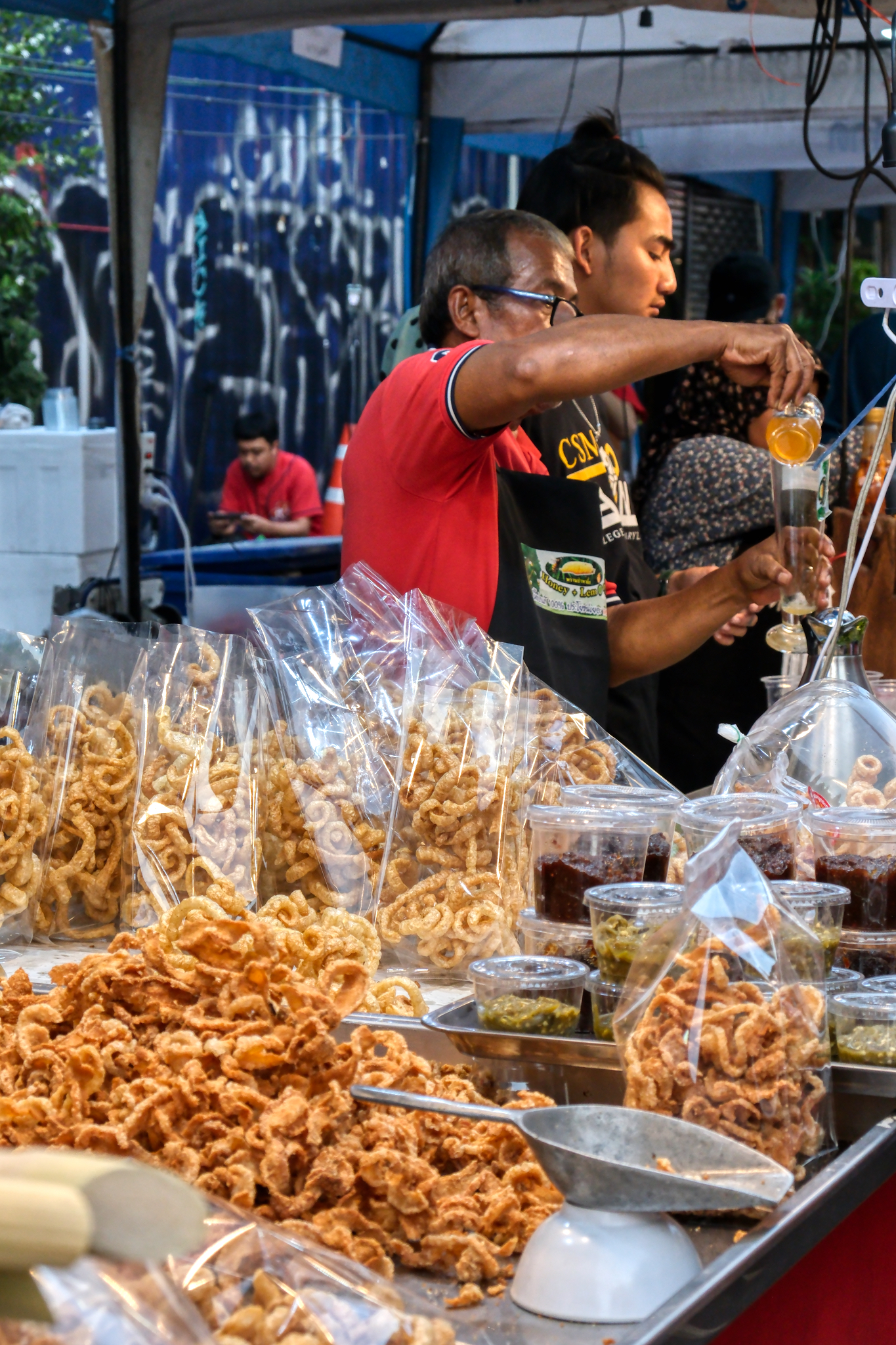 Plenty of goodies to eat . . . healthy and otherwise!
Plenty of goodies to eat . . . healthy and otherwise!
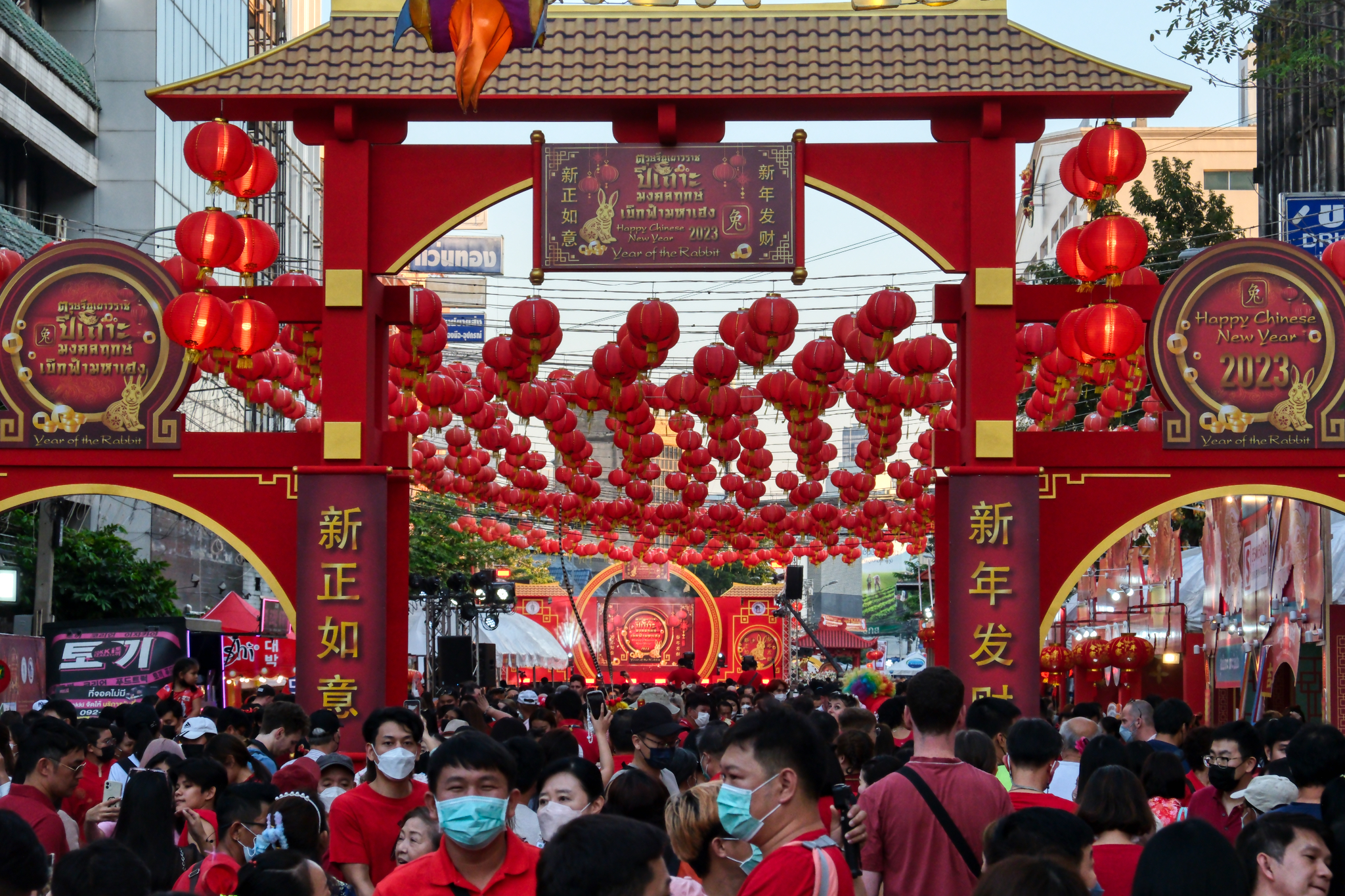 As evening approached the crowd migrated toward a "main stage" for the nighttime events.
As evening approached the crowd migrated toward a "main stage" for the nighttime events.
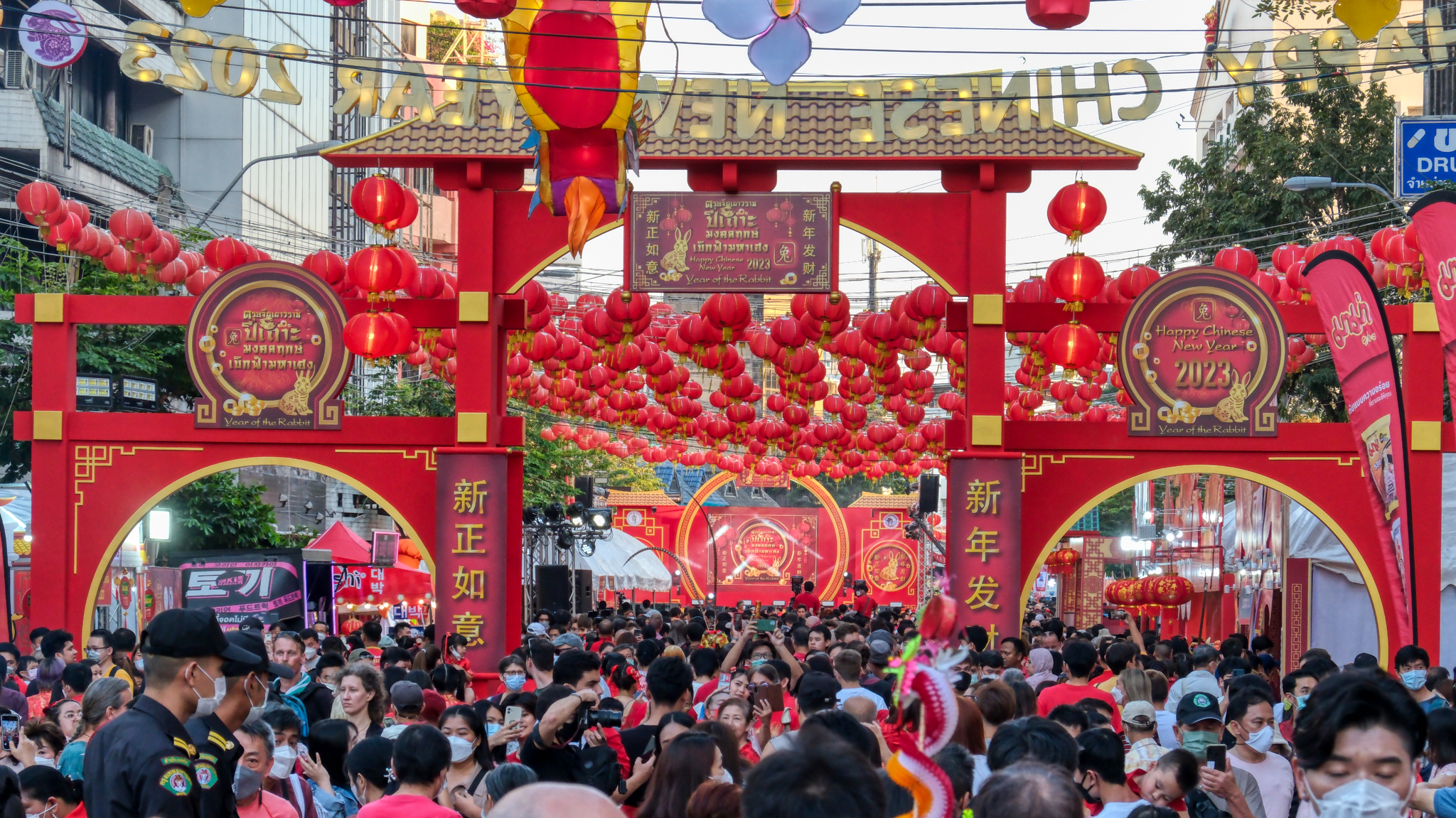 It became almost impossible to get to the intersection where the stage was set . . . but we somehow pushed our way through.
It became almost impossible to get to the intersection where the stage was set . . . but we somehow pushed our way through.
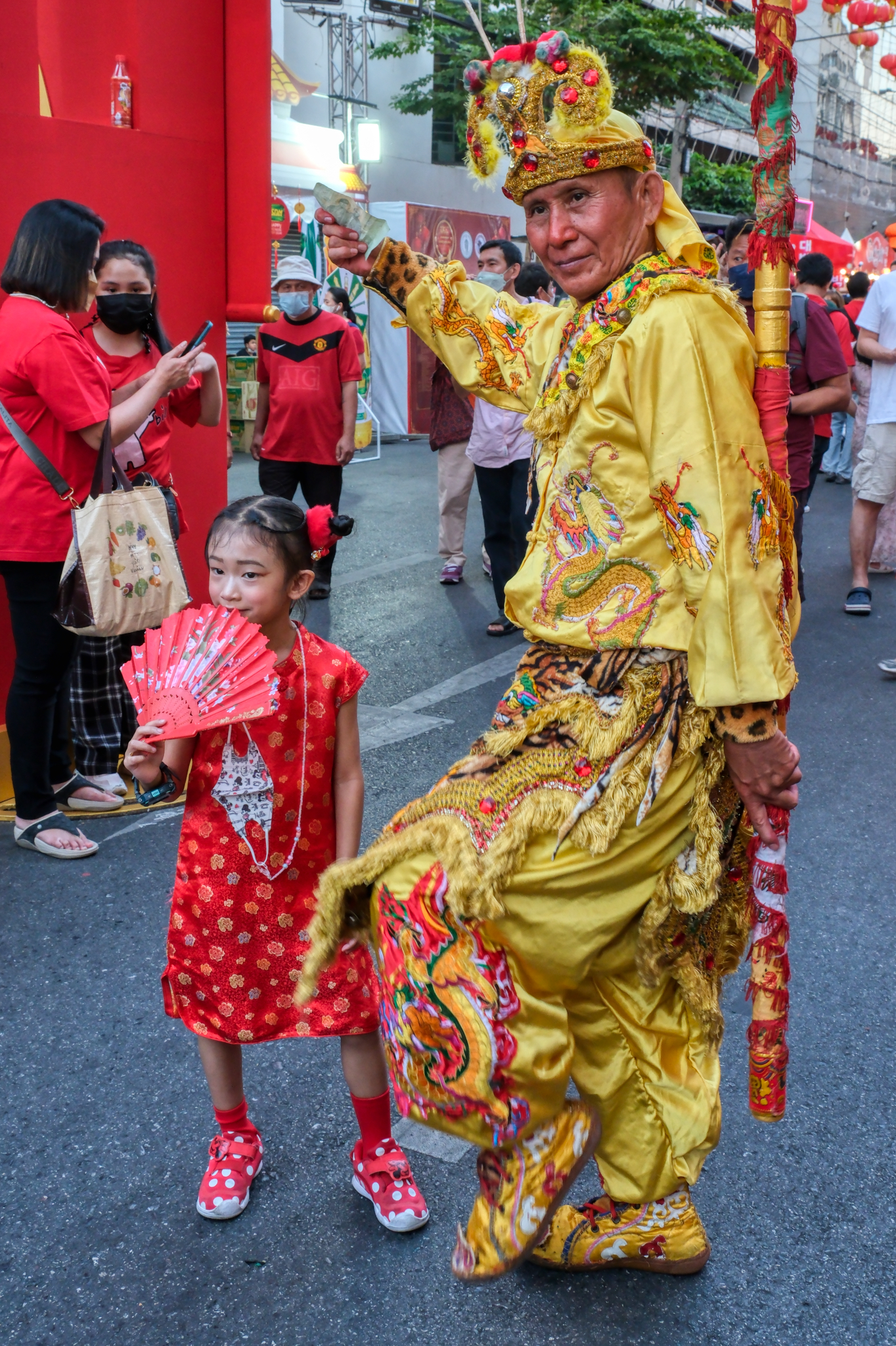 Revellers found time to pose with traditionally dressed street photo hawkers.
Revellers found time to pose with traditionally dressed street photo hawkers.
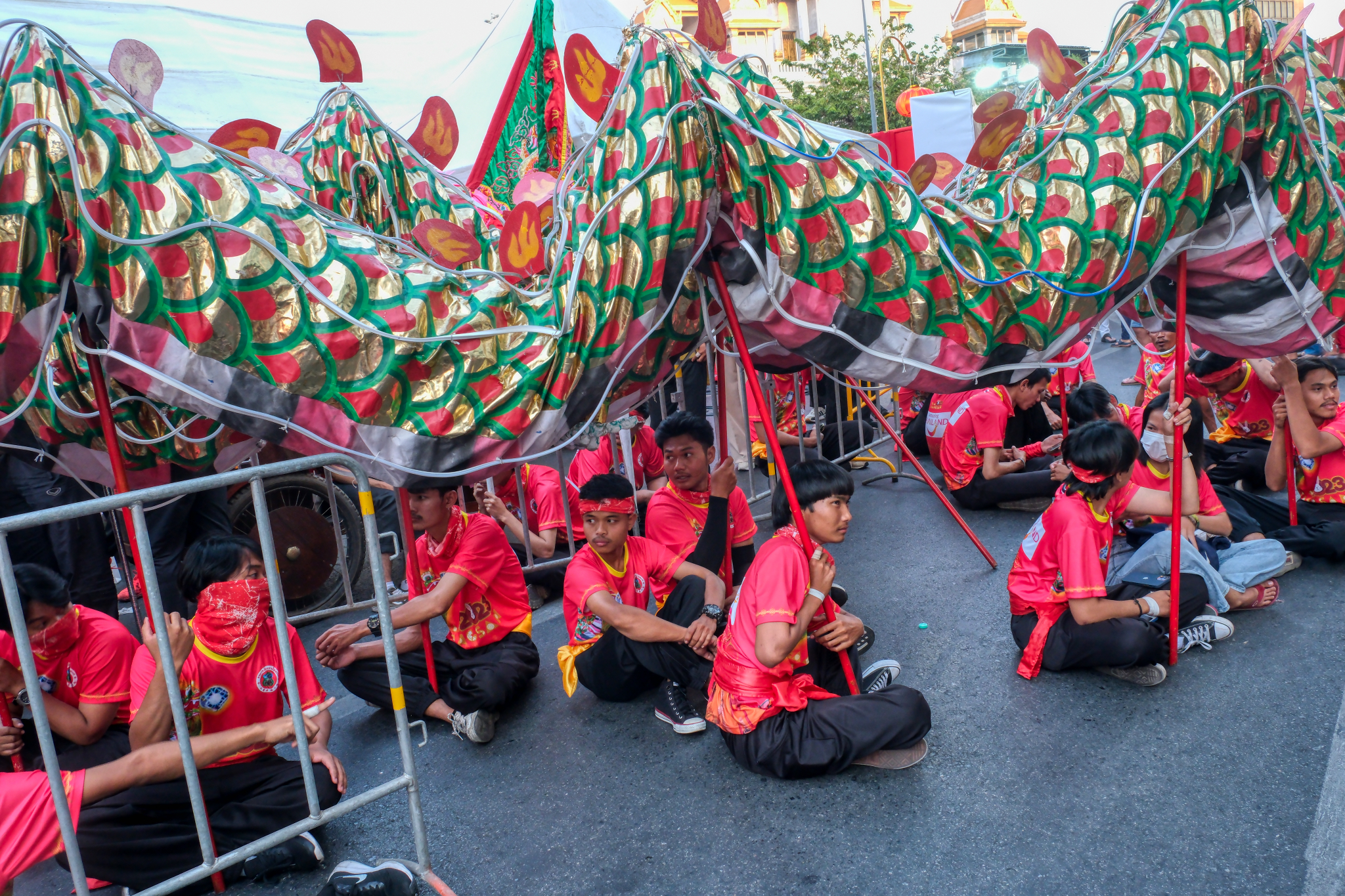 We finally made it to an area behind the stage where the handlers of the dragon were waiting to do their dragon dance down the crowded avenue.
We finally made it to an area behind the stage where the handlers of the dragon were waiting to do their dragon dance down the crowded avenue.
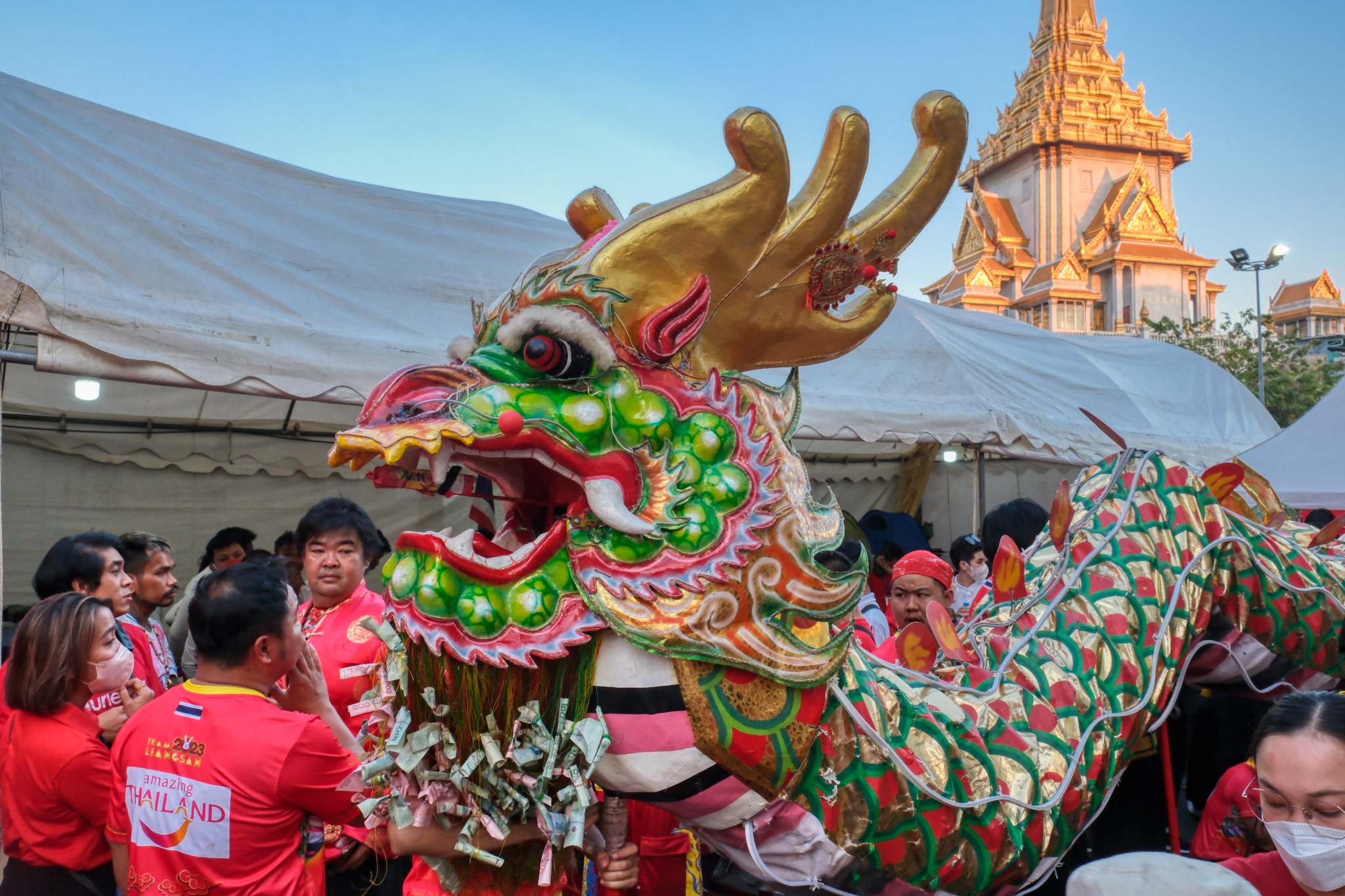
The dragon head . . . staged and ready.
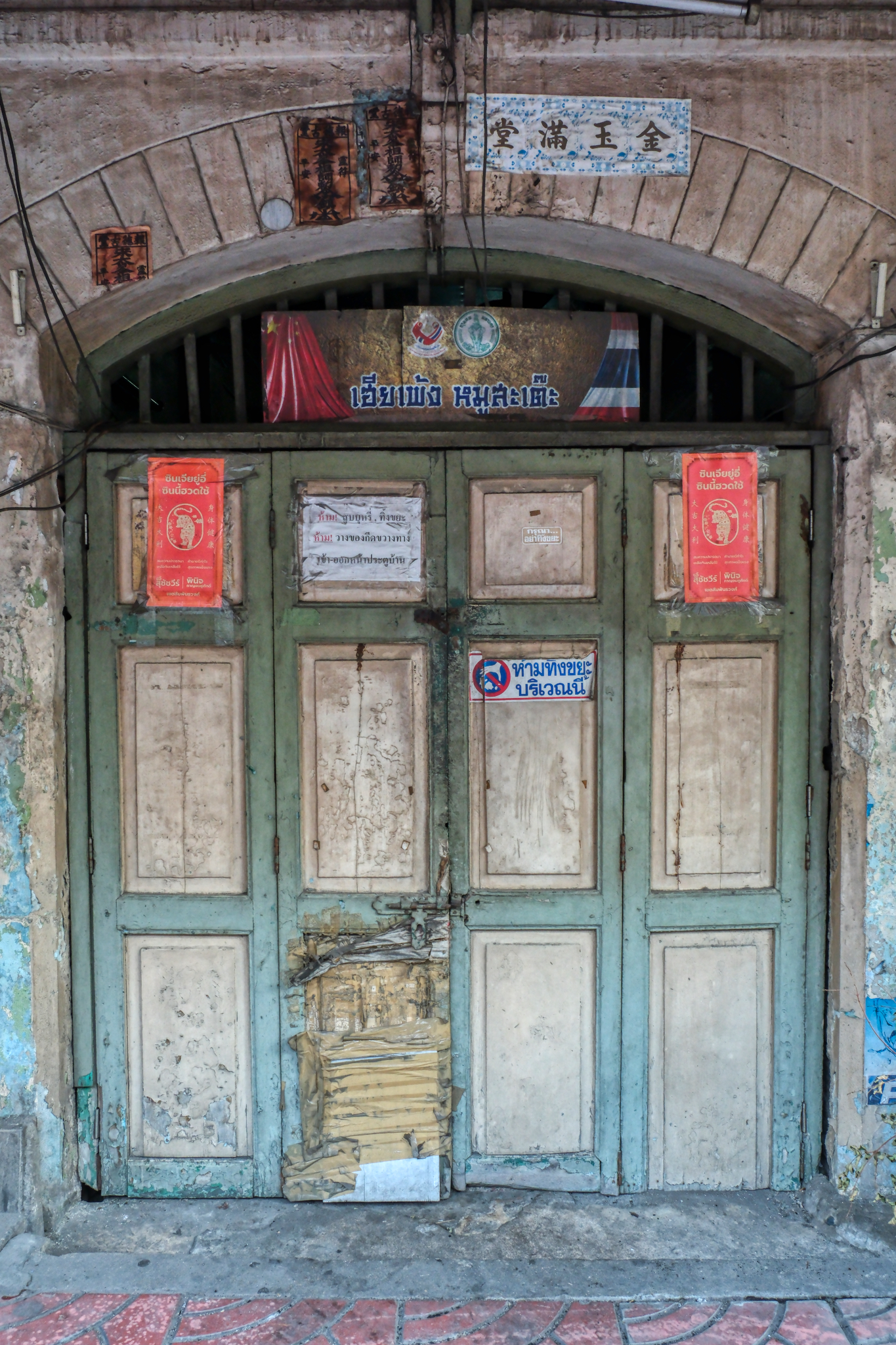 We roamed the side streets looking for interesting images to capture with our cameras. We are never disappointed in Bangkok Chinatown for photogenic scenes.
We roamed the side streets looking for interesting images to capture with our cameras. We are never disappointed in Bangkok Chinatown for photogenic scenes.
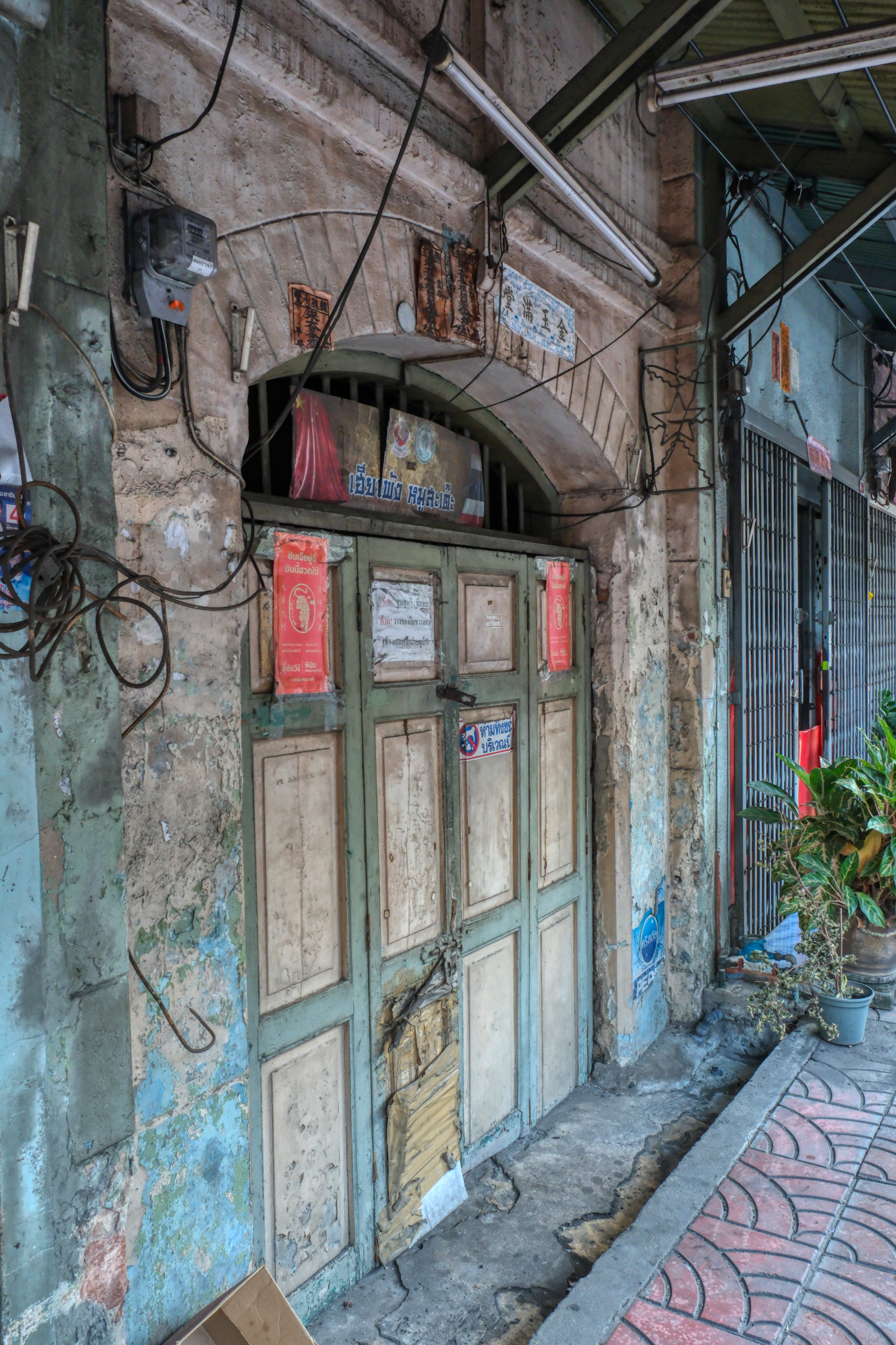 A beautiful Chinatown scene . . .
A beautiful Chinatown scene . . .
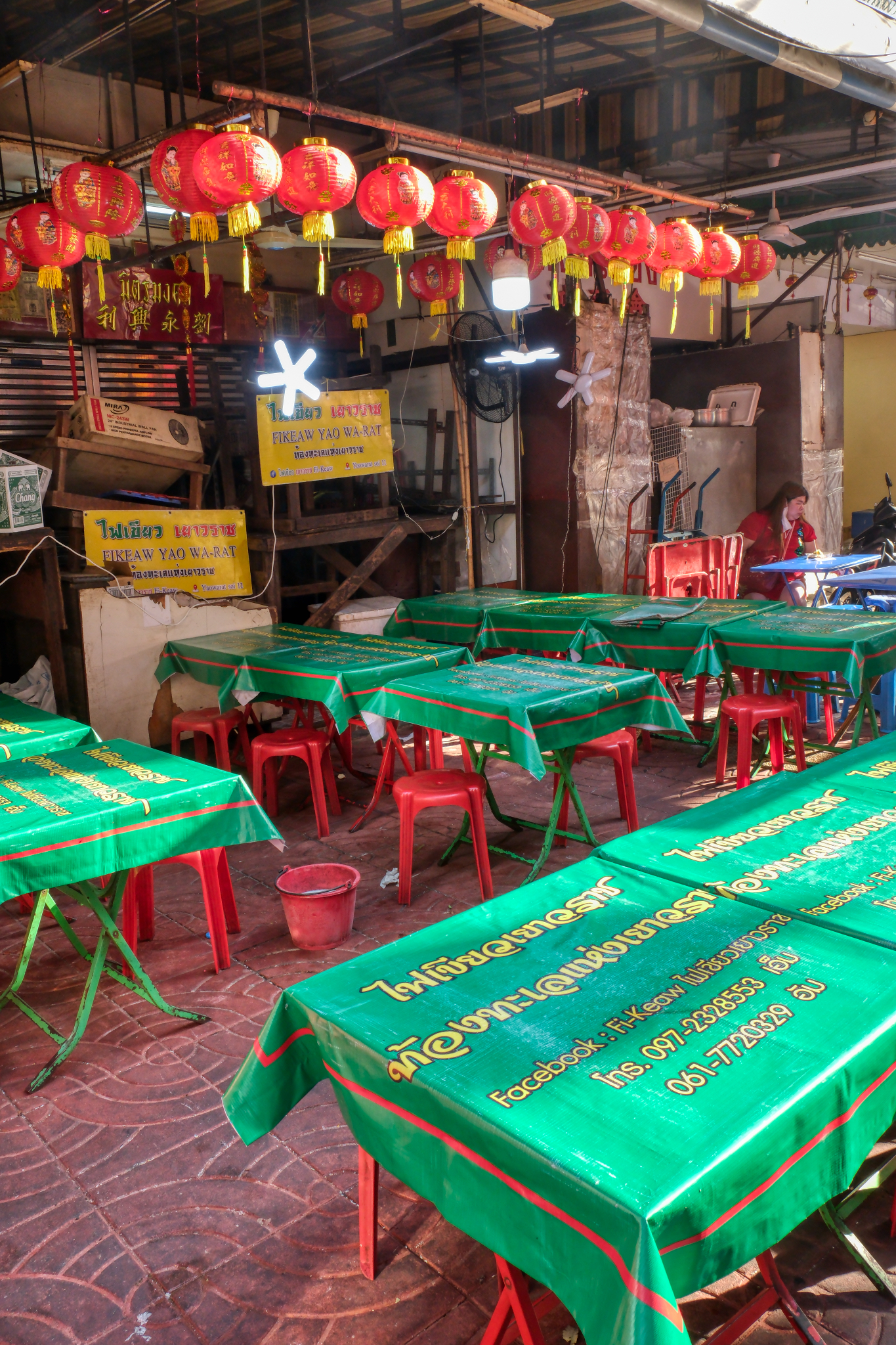 These small side street restaurants would become full after the street celebrations later in the evening.
These small side street restaurants would become full after the street celebrations later in the evening.
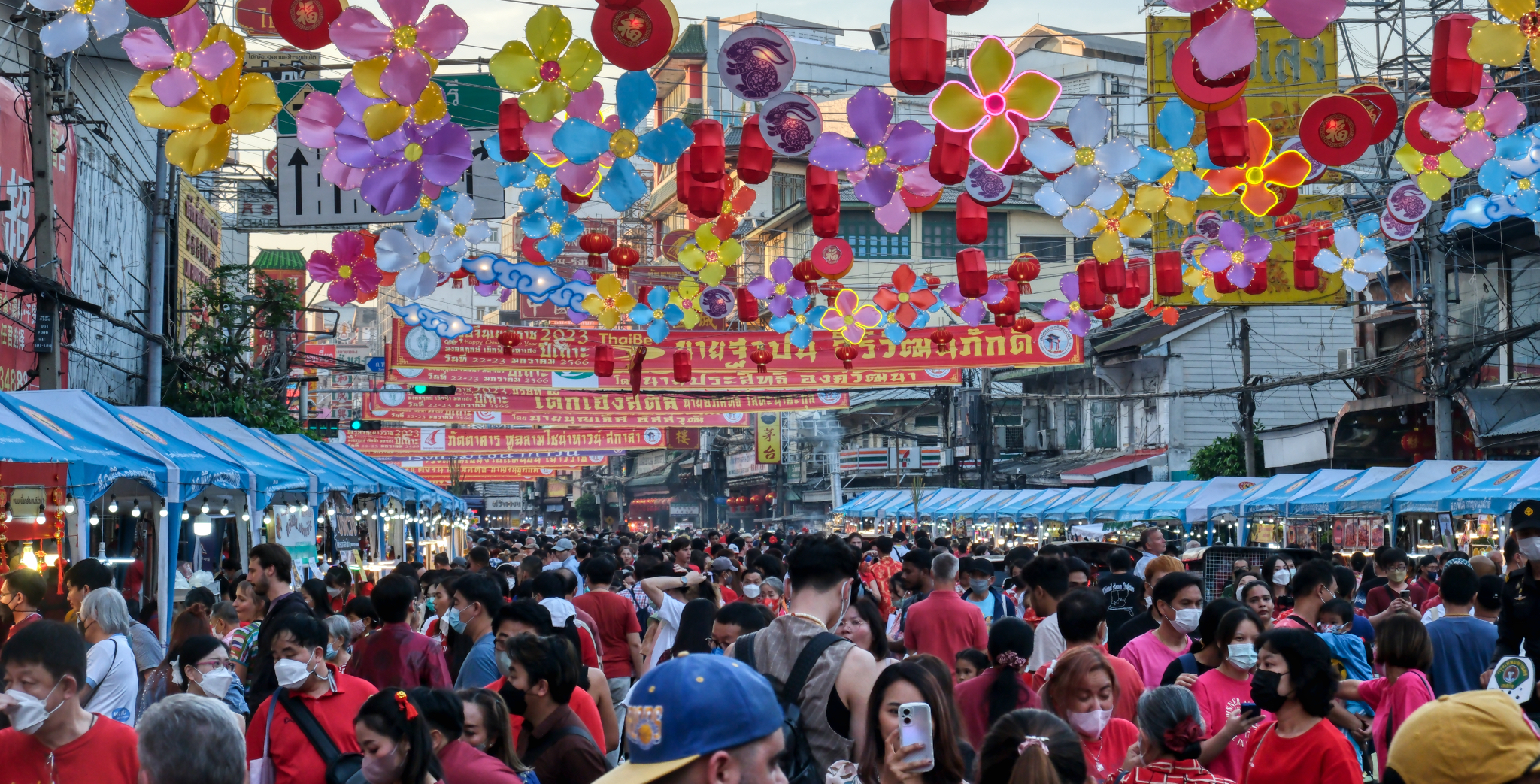 The crows were becoming a crush on the main avenue . . .
The crows were becoming a crush on the main avenue . . .
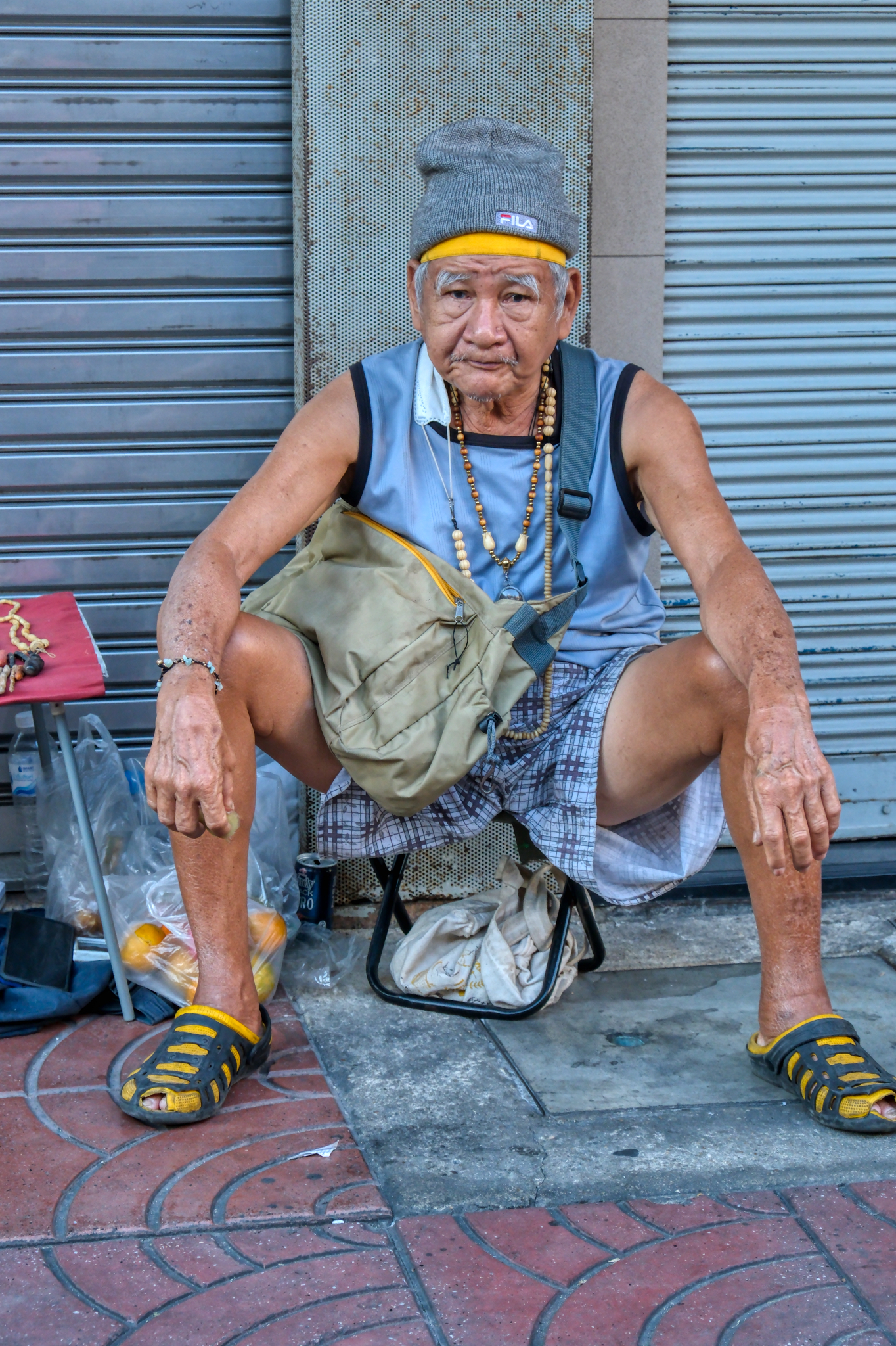 The anticipation was just killing him!!!!
The anticipation was just killing him!!!!
---------------------------------------------------------------------------
Night Arrives!
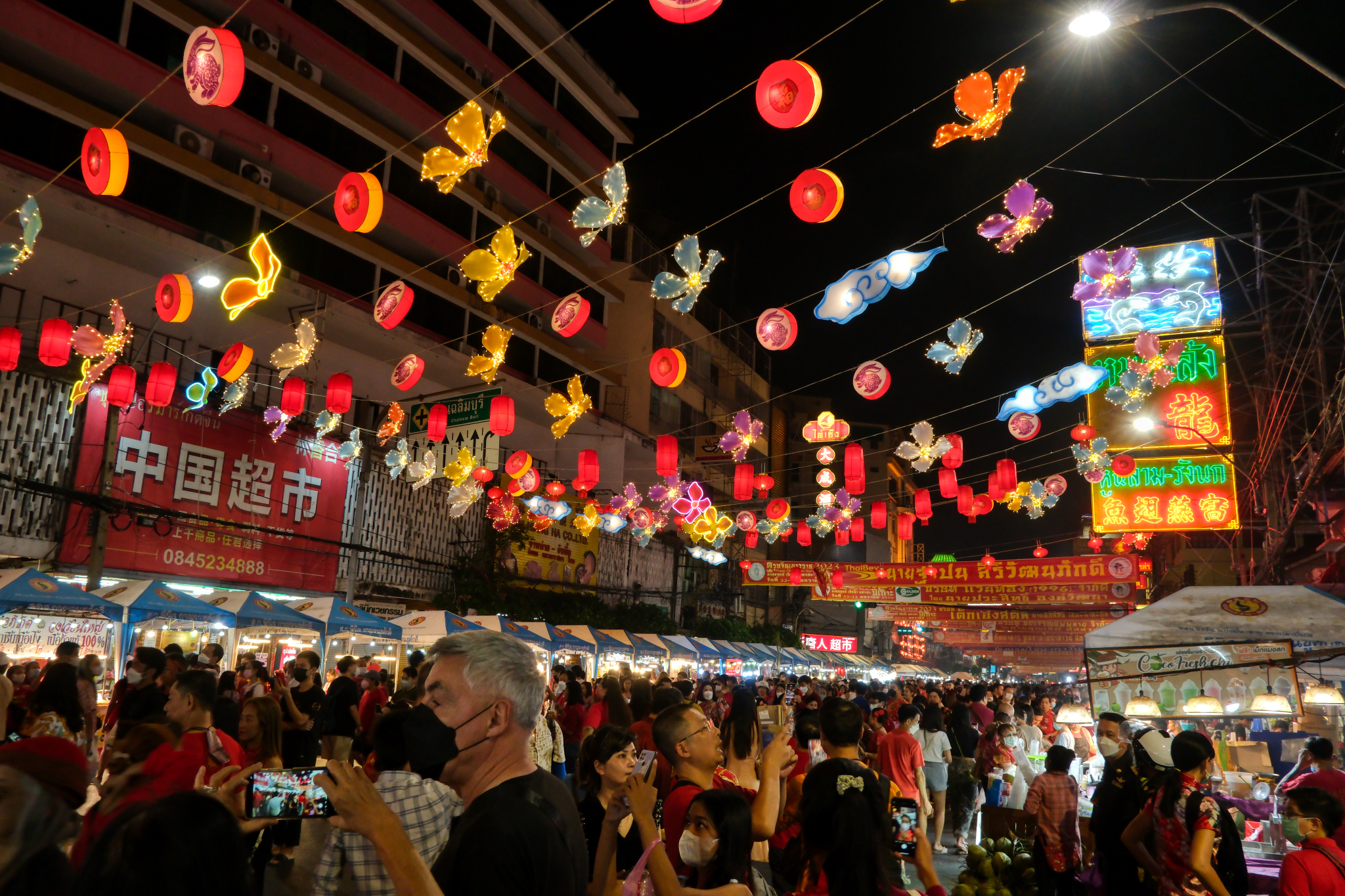 Night arrived at last . . . and we wriggled our way through this crowd to an area behind the stage where the performers were getting ready for the show.
Night arrived at last . . . and we wriggled our way through this crowd to an area behind the stage where the performers were getting ready for the show.
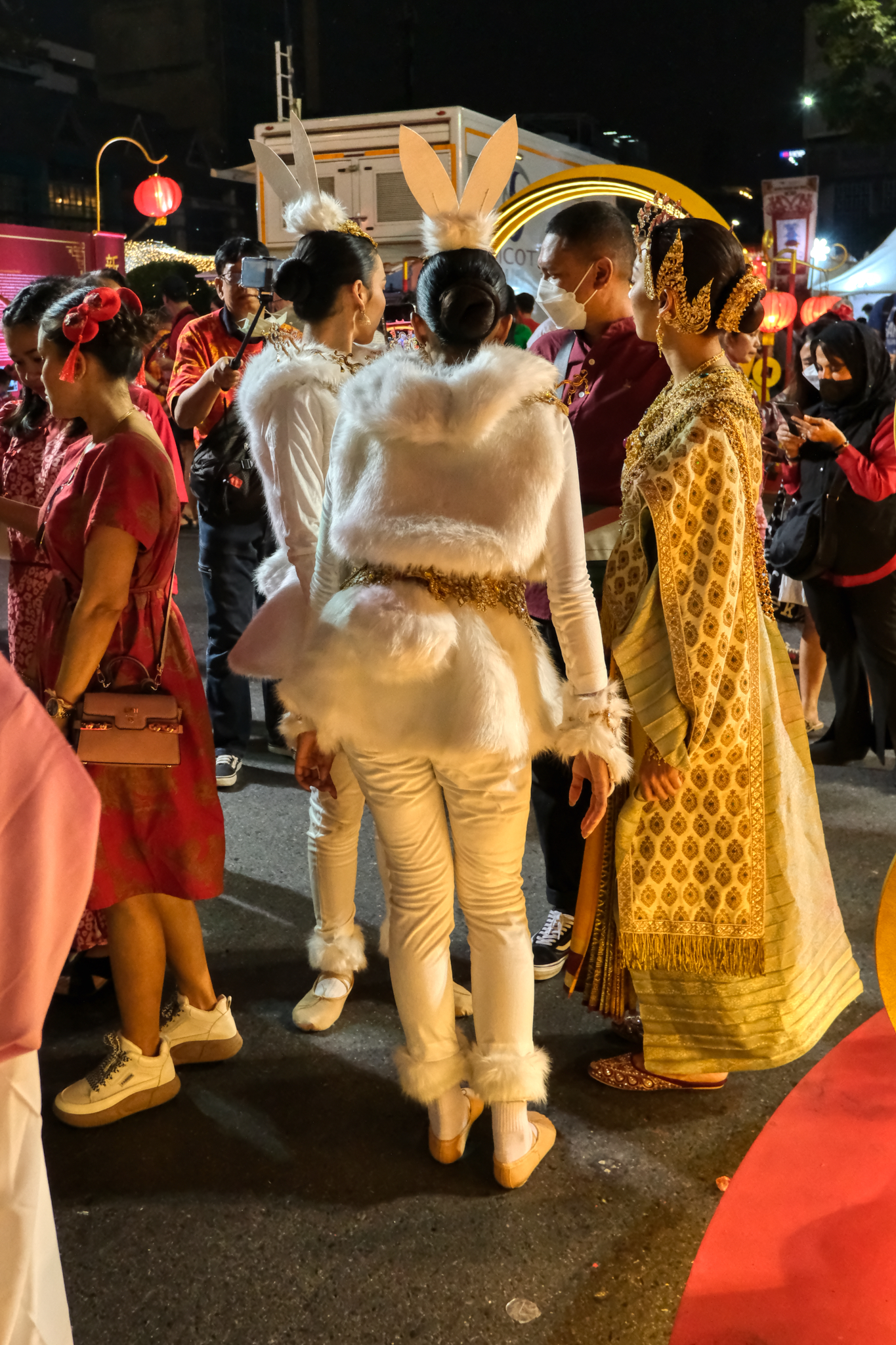 Fantastic costumes everywhere back stage. . . .
Fantastic costumes everywhere back stage. . . .
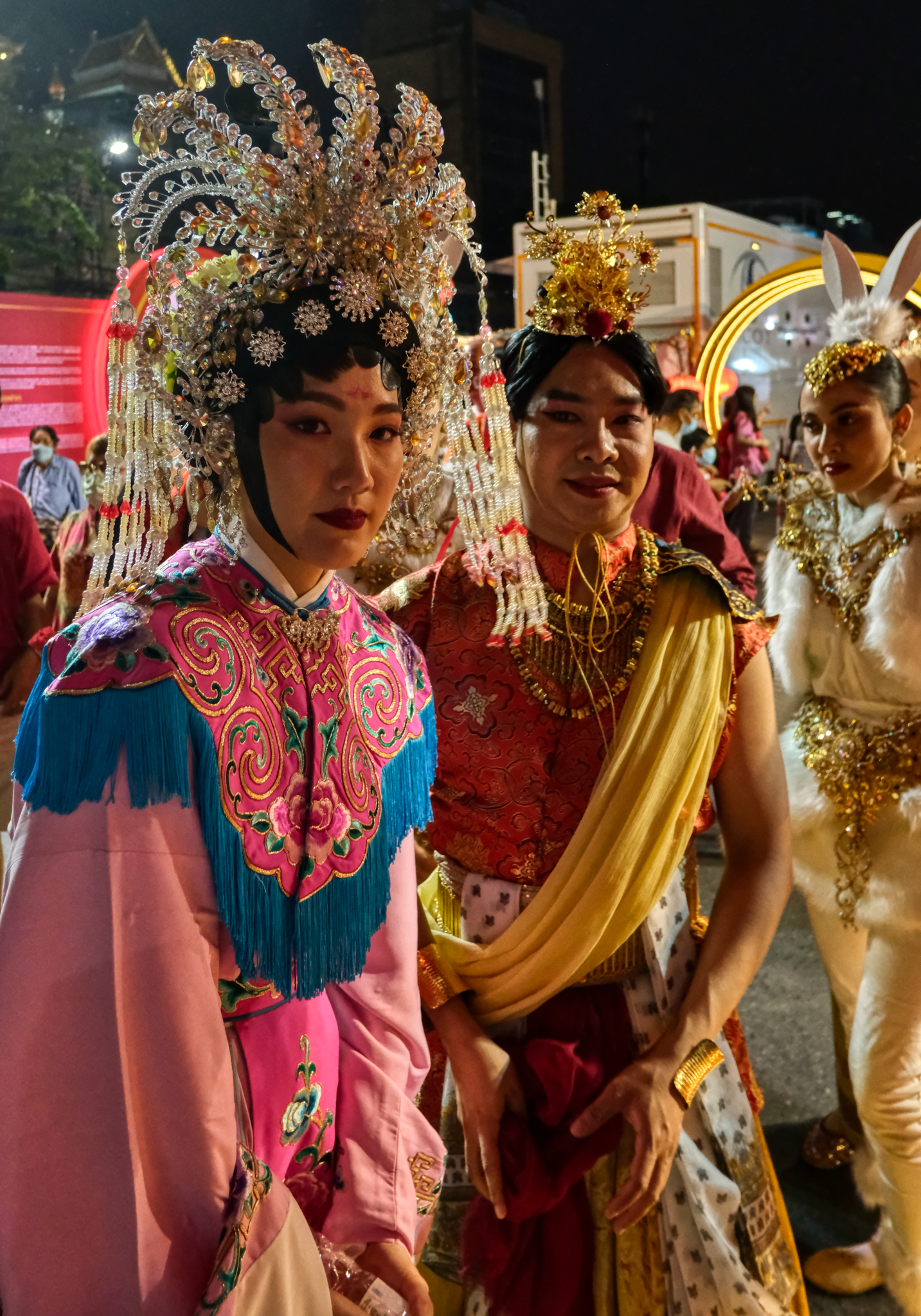 A photographer's dream!
A photographer's dream!
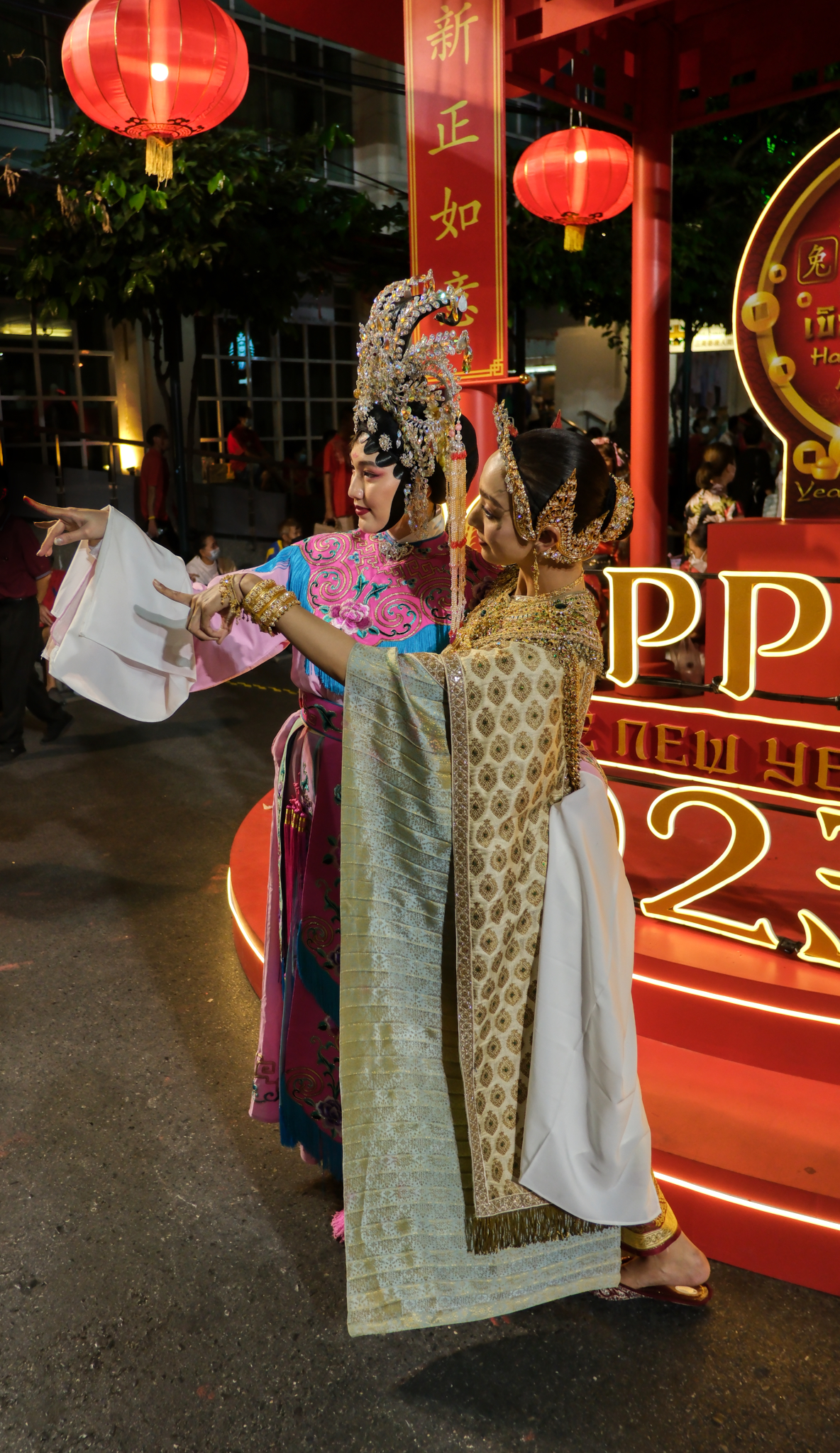 A wonderful array of traditional costumes.
A wonderful array of traditional costumes.
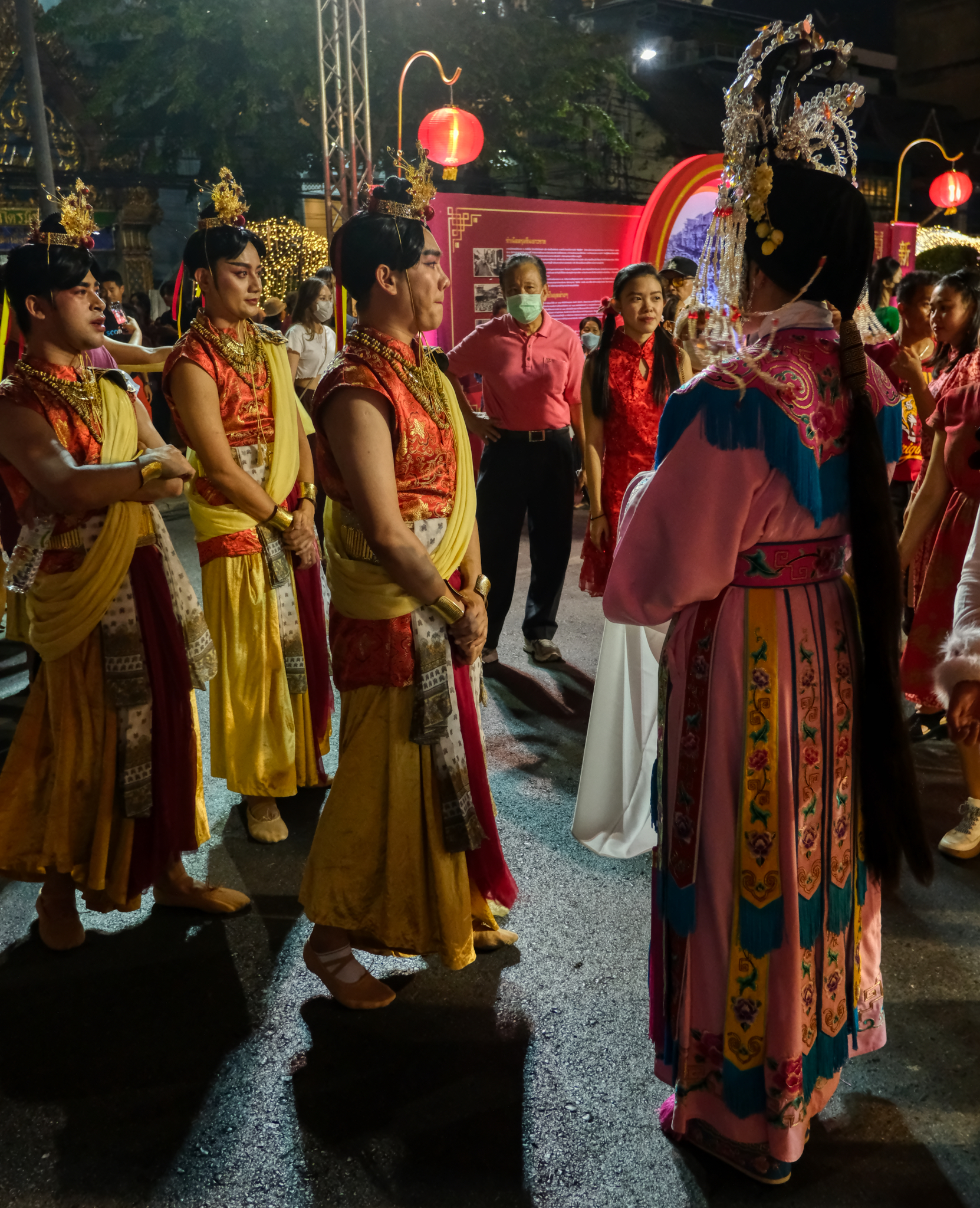 The backstage area almost warranted its own blog entry.
The backstage area almost warranted its own blog entry.
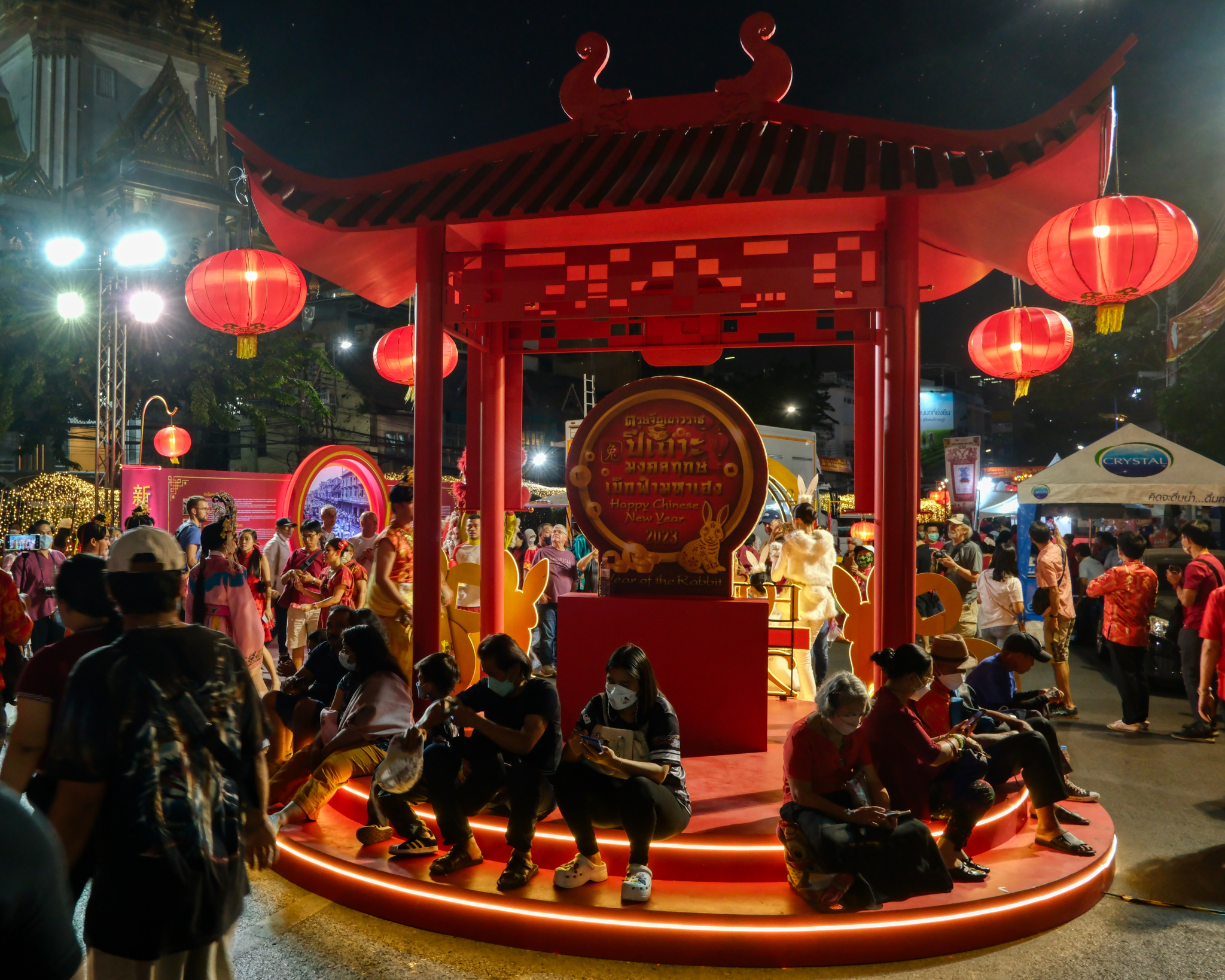 New Years' revellers taking a load off their tired feet . . . and checking their phones for vital communication.
New Years' revellers taking a load off their tired feet . . . and checking their phones for vital communication.
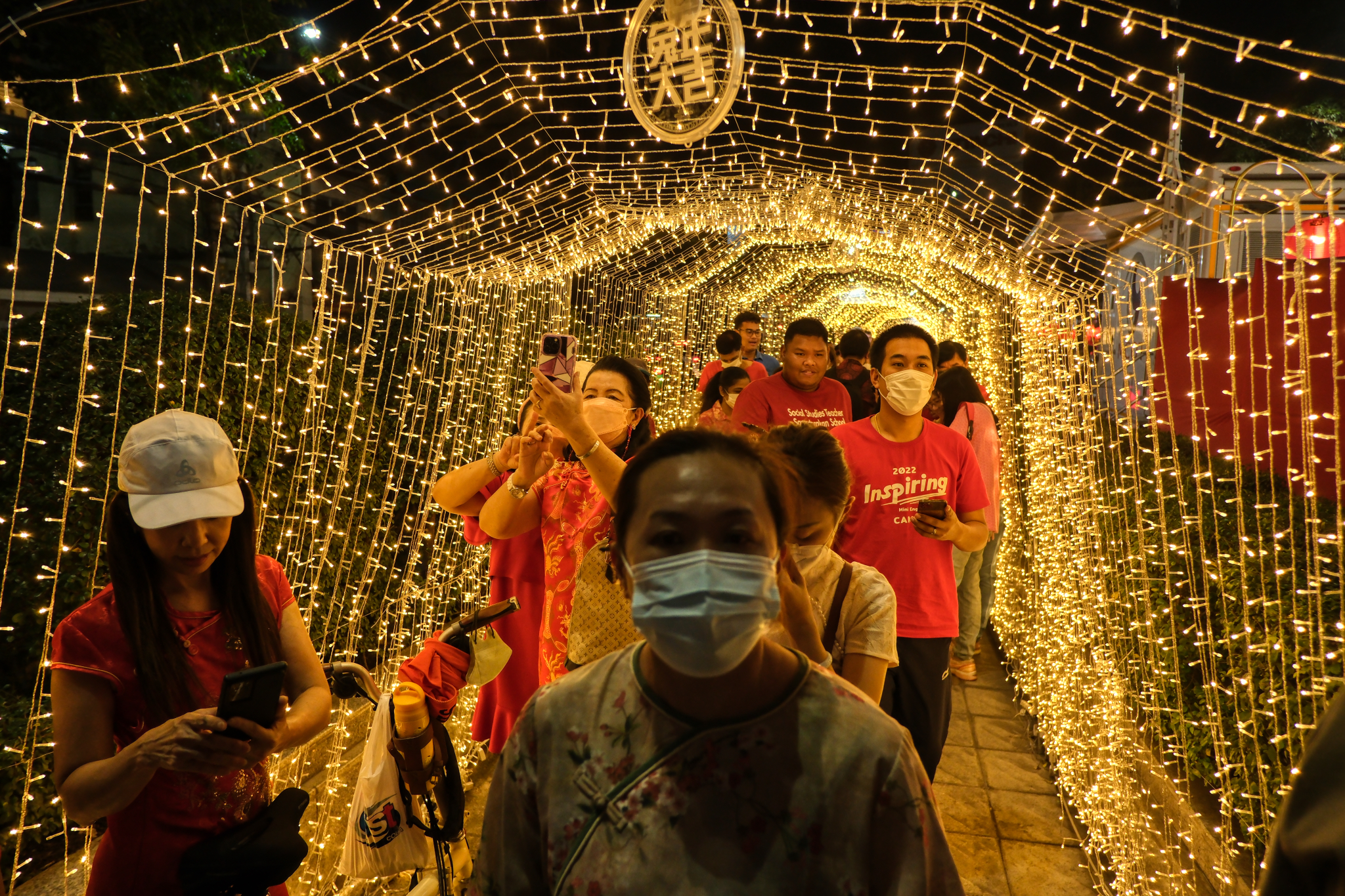 The backstage entrance light tunnel was popular.
The backstage entrance light tunnel was popular.
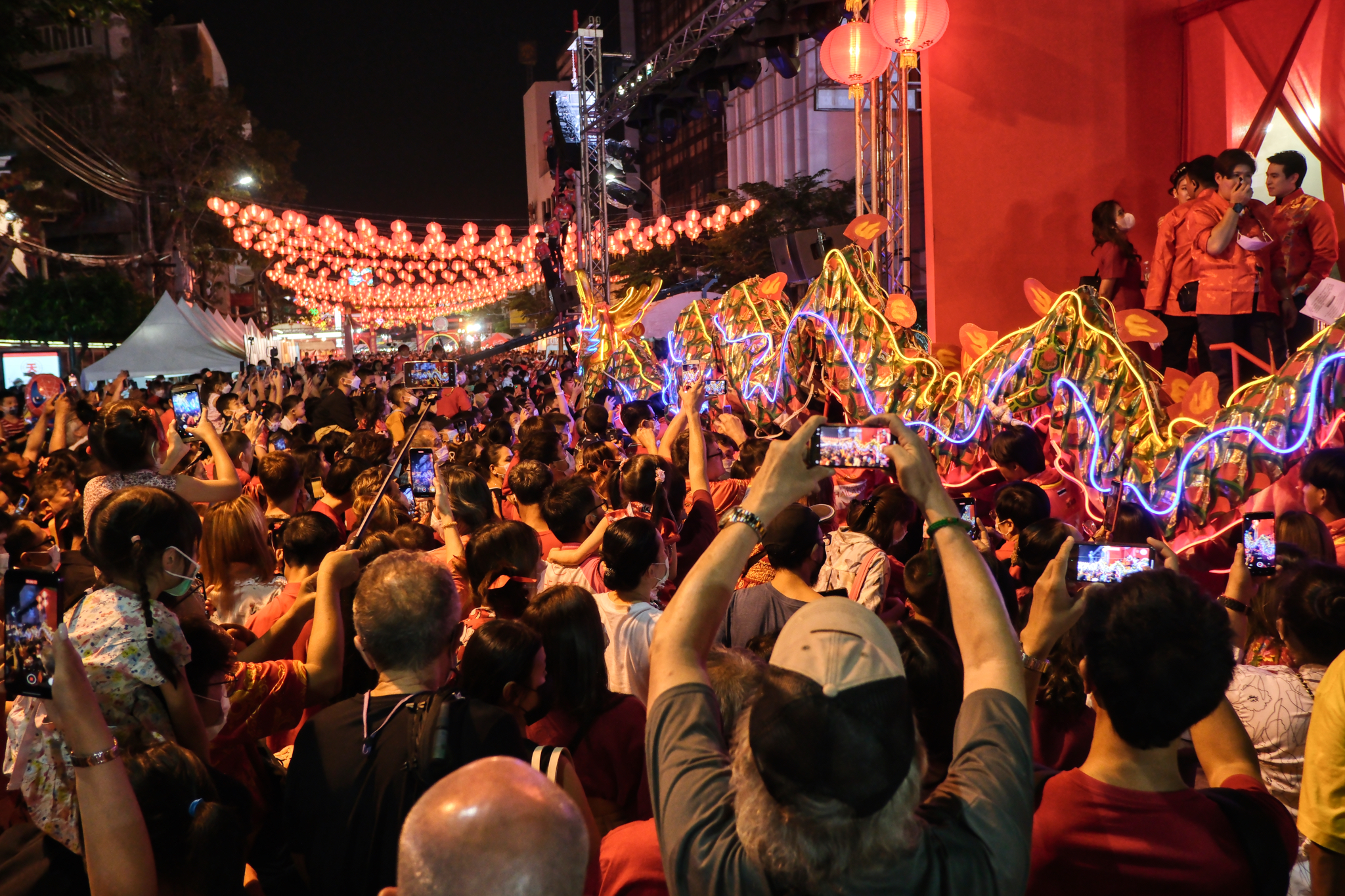 There was no way to get close to the Dragon when it made its way out into the crowd . . . too many iPhone photographers!!!
There was no way to get close to the Dragon when it made its way out into the crowd . . . too many iPhone photographers!!!
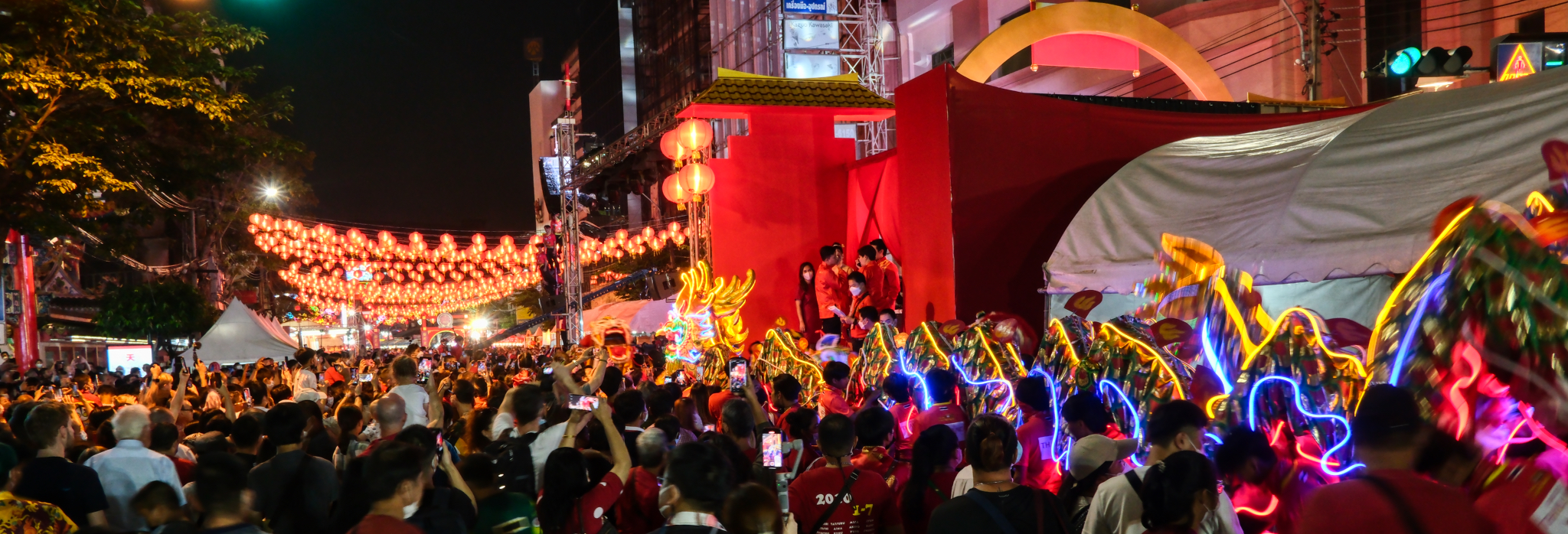 I did manage this shot of the departing Dragon by holding my camera over my head. Amazing.
I did manage this shot of the departing Dragon by holding my camera over my head. Amazing.
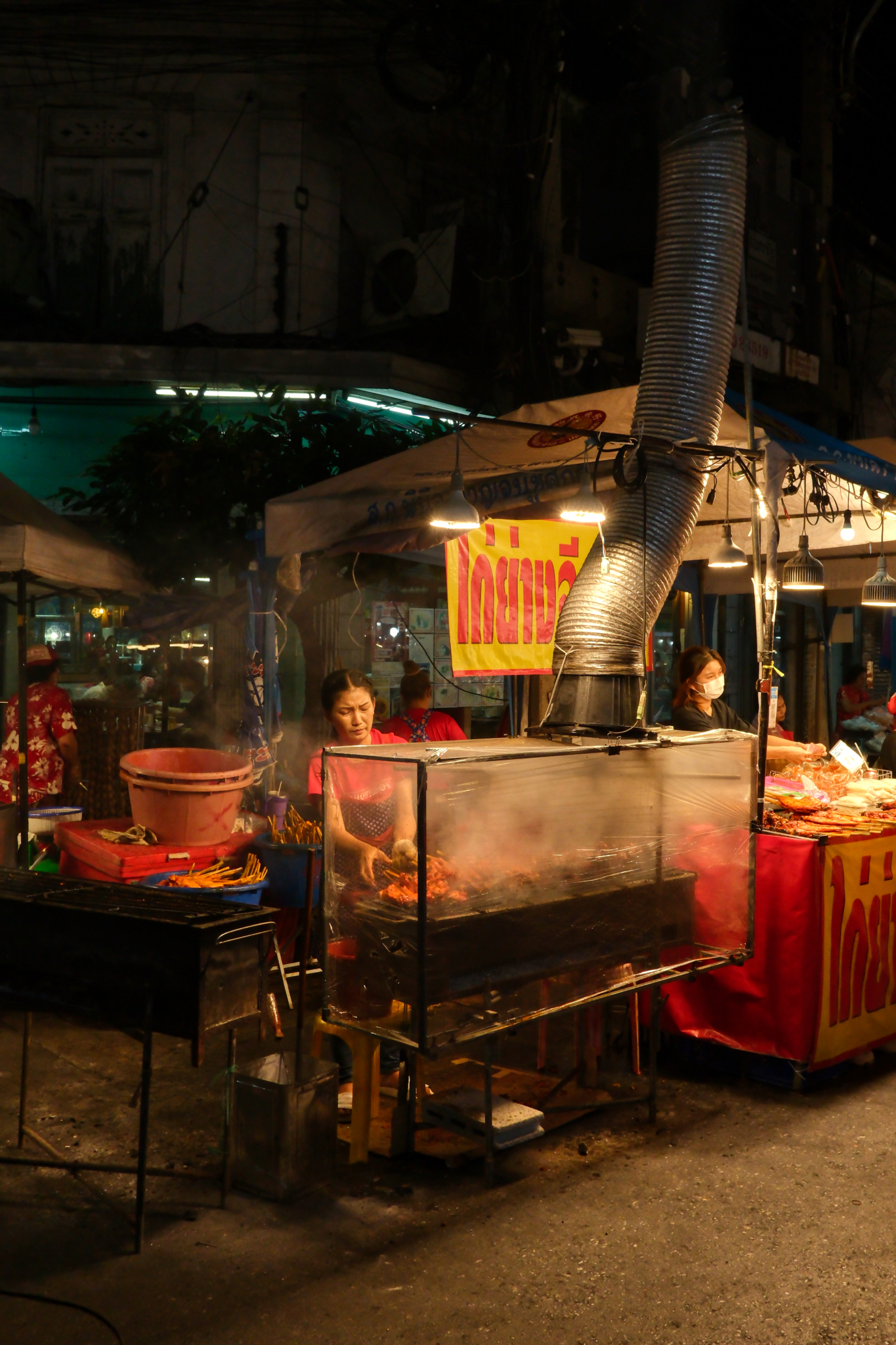 After the dragon departed we decided it was time to beat the crowds back to the underground station, and headed out . . . but still with camera in hand for the fantastic night images.
After the dragon departed we decided it was time to beat the crowds back to the underground station, and headed out . . . but still with camera in hand for the fantastic night images.
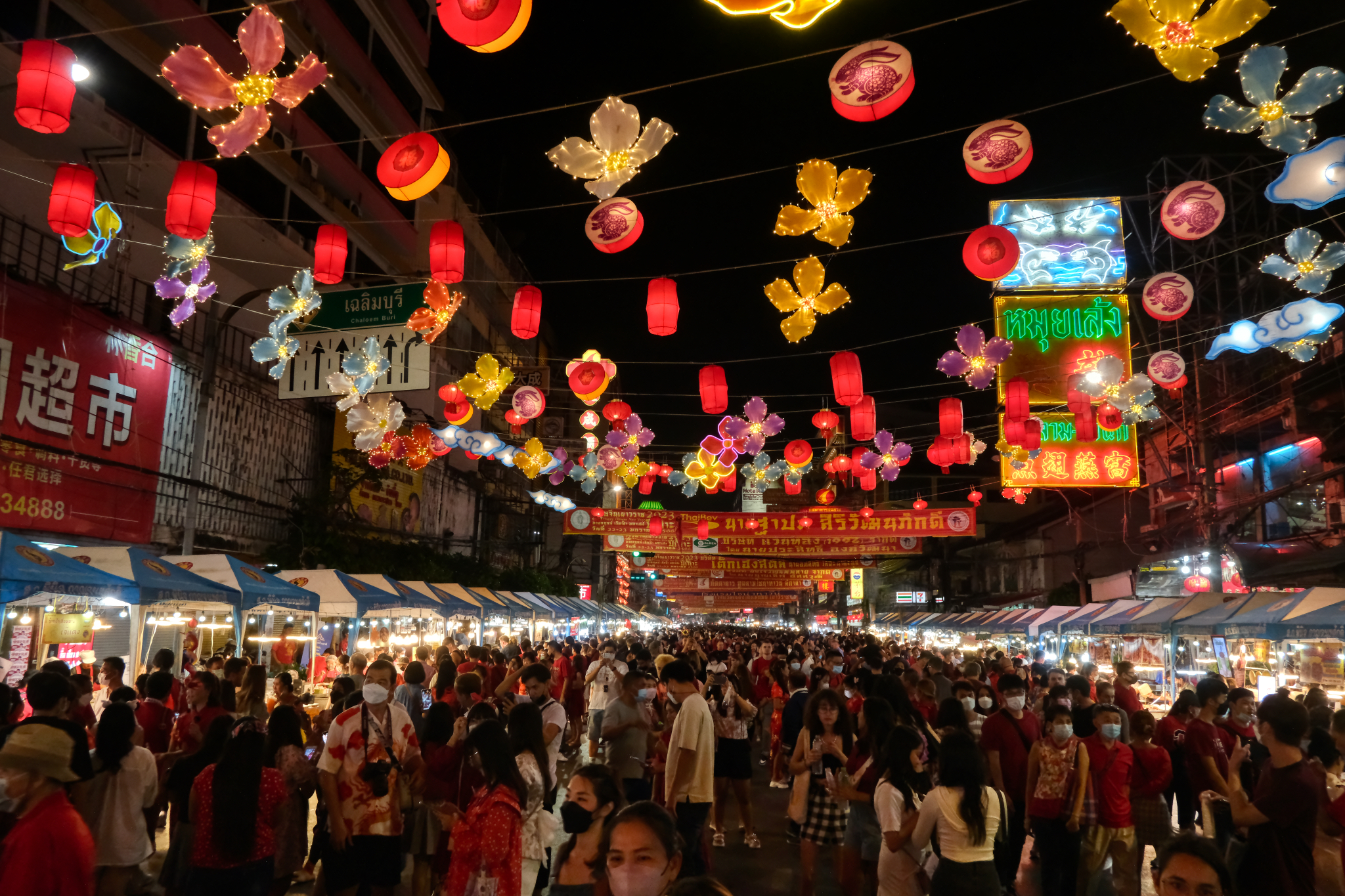 Yes, we "fought" our way back through this crowd . . . but people were good and generous with our passage.
Yes, we "fought" our way back through this crowd . . . but people were good and generous with our passage.
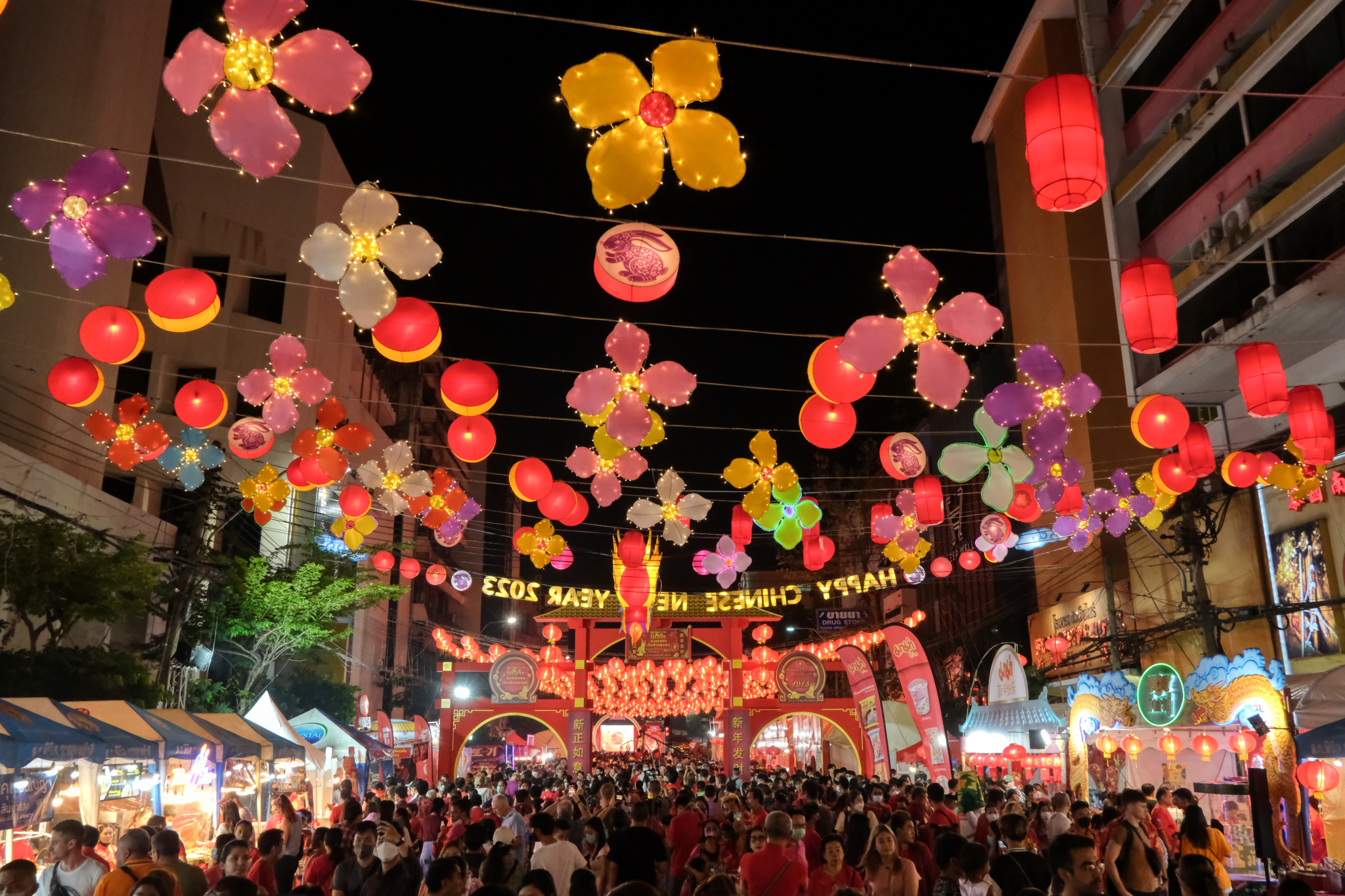 A beautiful array of lighting above . . .
A beautiful array of lighting above . . .
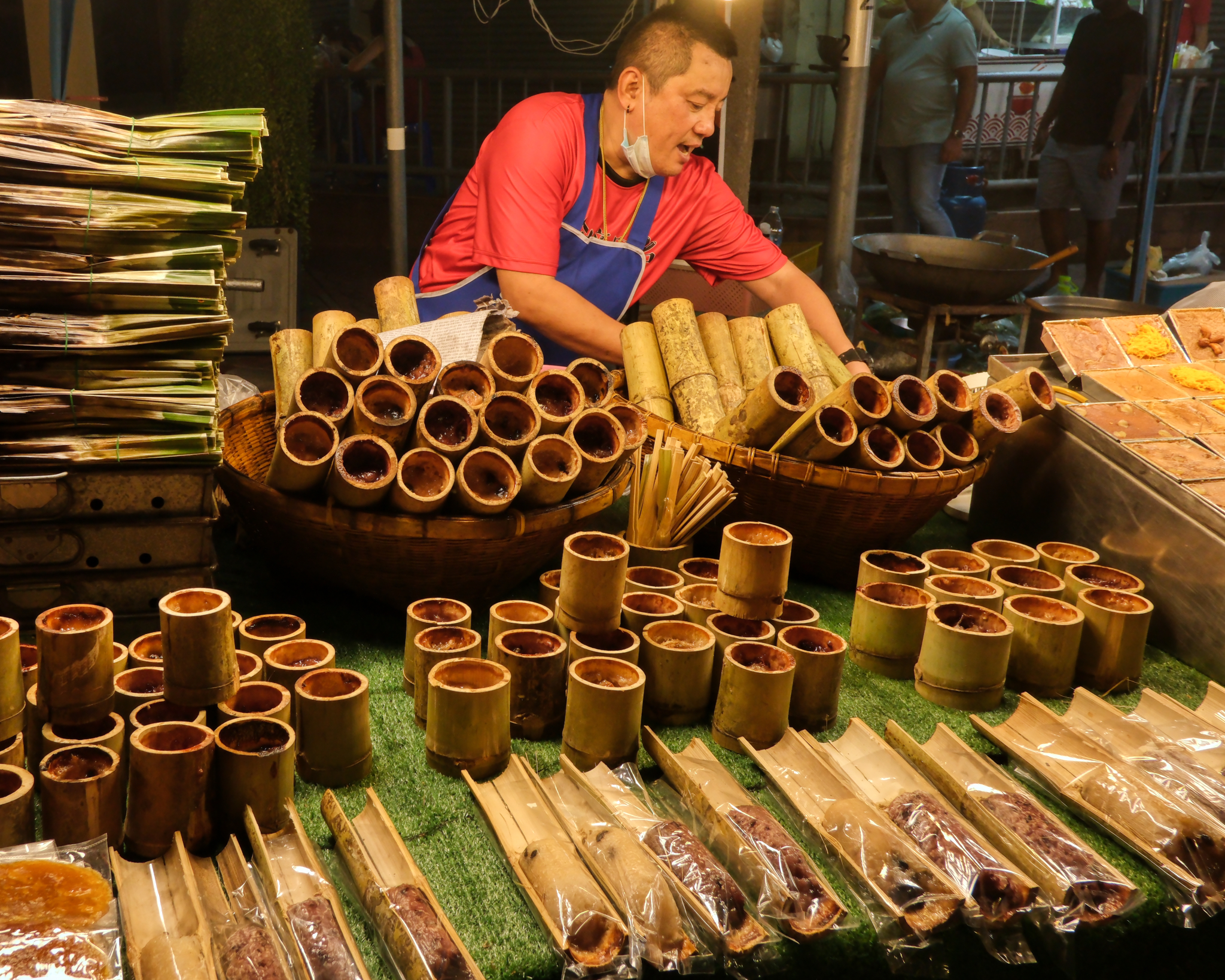 The street food vendors were doing a brisk business after dark. Here rice-cooked-in-bamboo . . . delicious!
The street food vendors were doing a brisk business after dark. Here rice-cooked-in-bamboo . . . delicious!
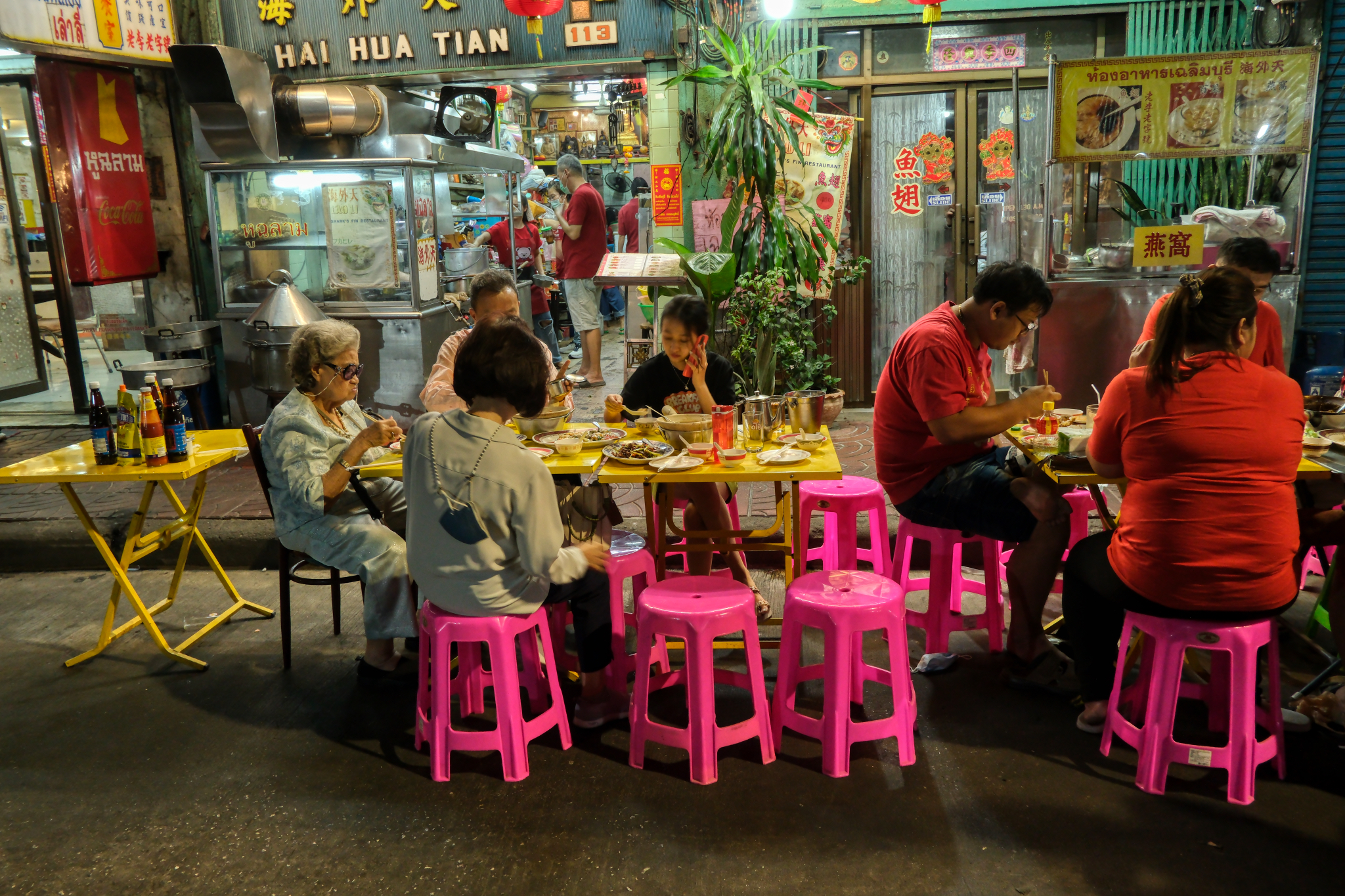 People were out for a nice meal on the Chinatown streets tonight.
People were out for a nice meal on the Chinatown streets tonight.
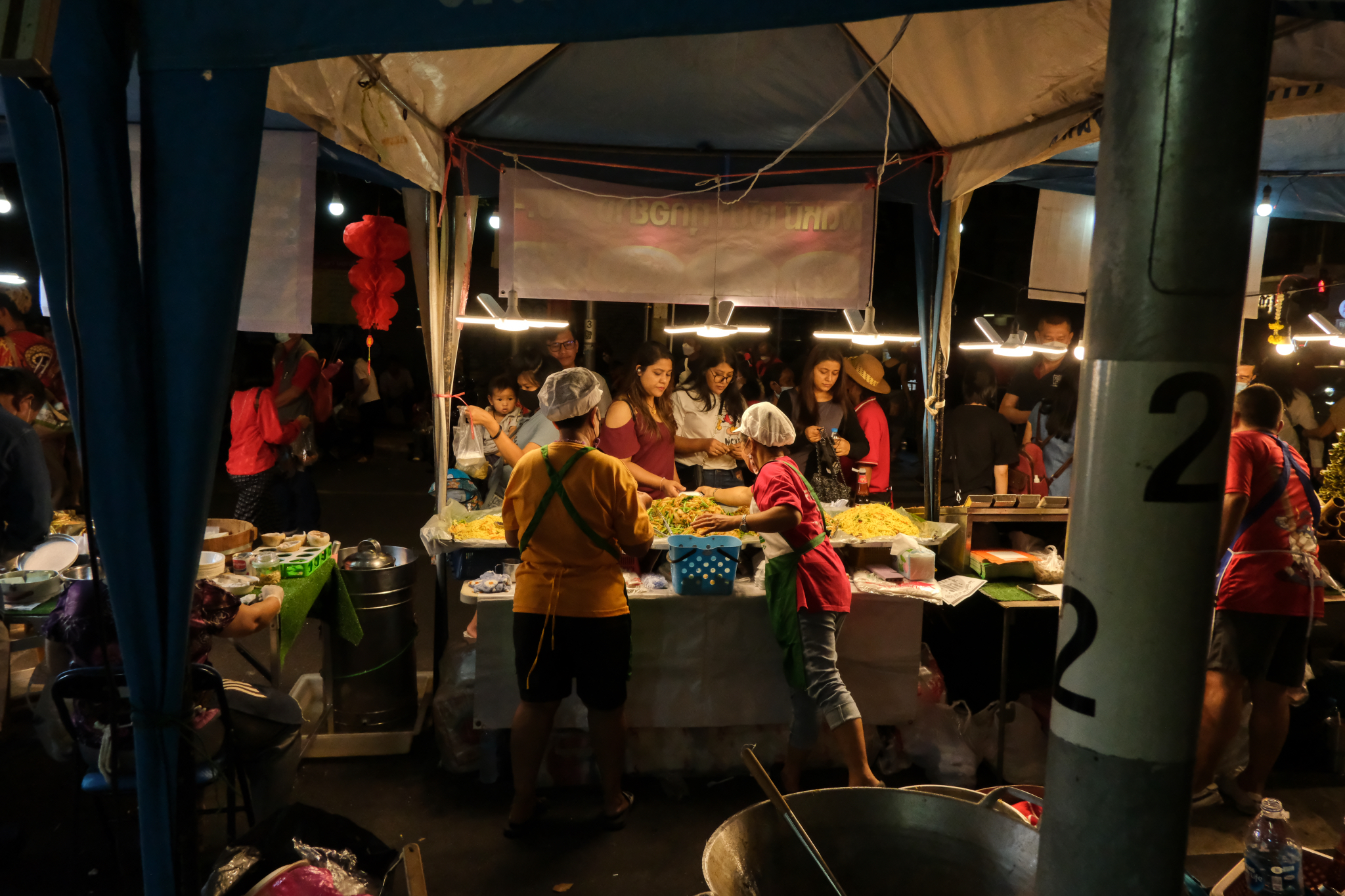 Long lines at this stall . . . it must have been good and tasty.
Long lines at this stall . . . it must have been good and tasty.
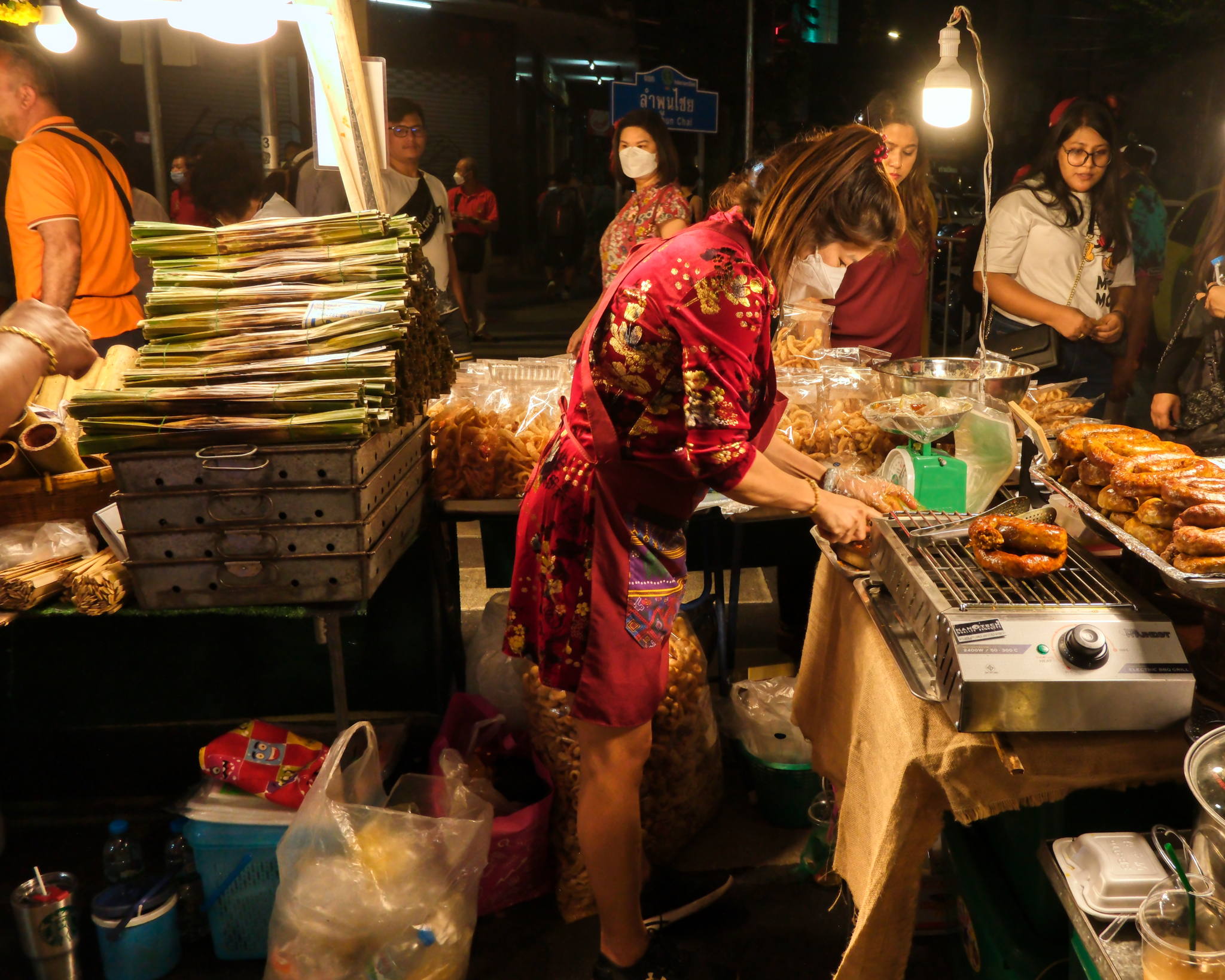 Preparing Northern Thailand spicy sausage . . . yum-yum!
Preparing Northern Thailand spicy sausage . . . yum-yum!
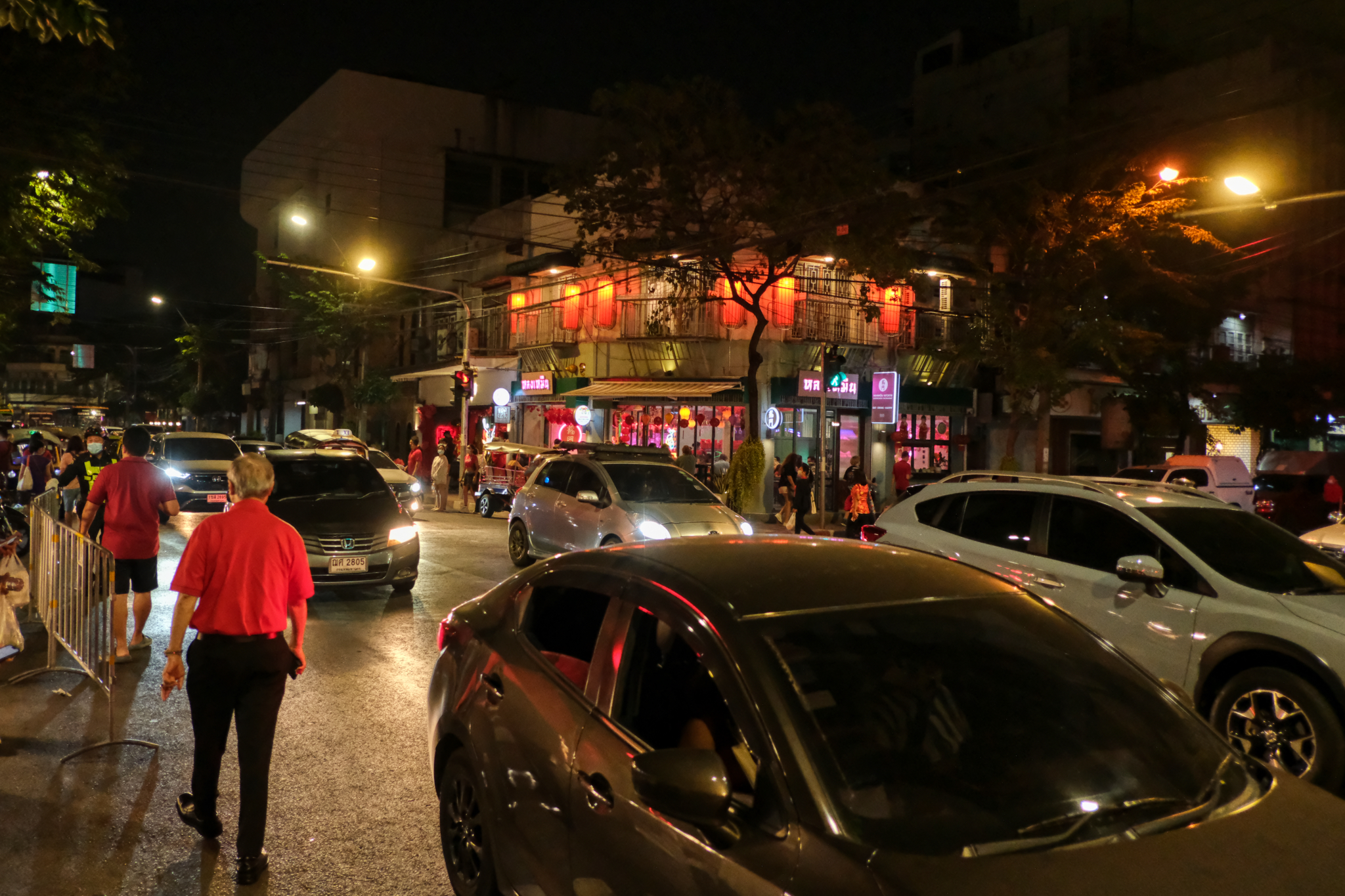 We left the crowded main celebration avenue and walked along a parallel street . . . there was no shortage of photographically interesting things along this route.
We left the crowded main celebration avenue and walked along a parallel street . . . there was no shortage of photographically interesting things along this route.
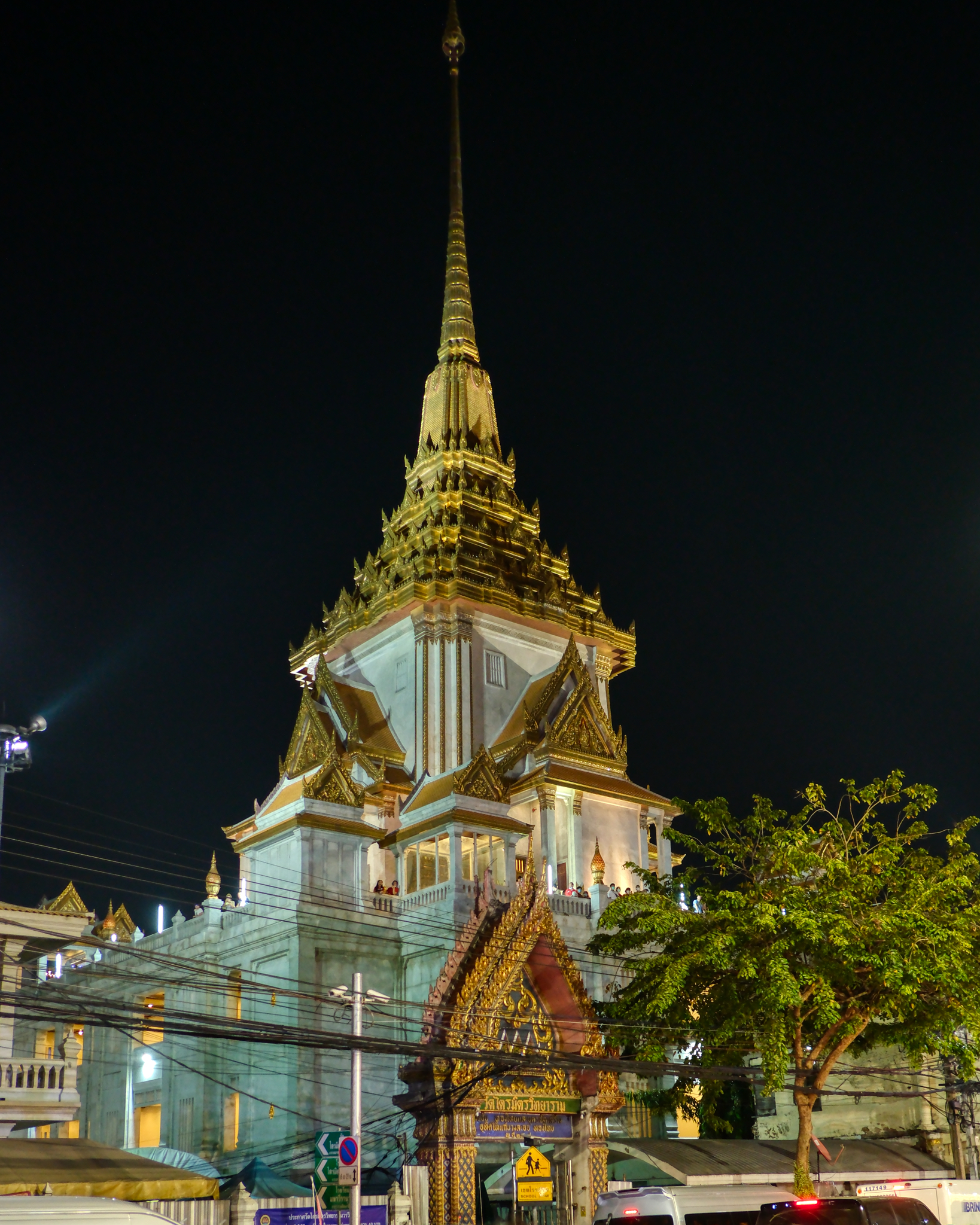 A Thai Buddhist temple (Wat) lit up.
A Thai Buddhist temple (Wat) lit up.
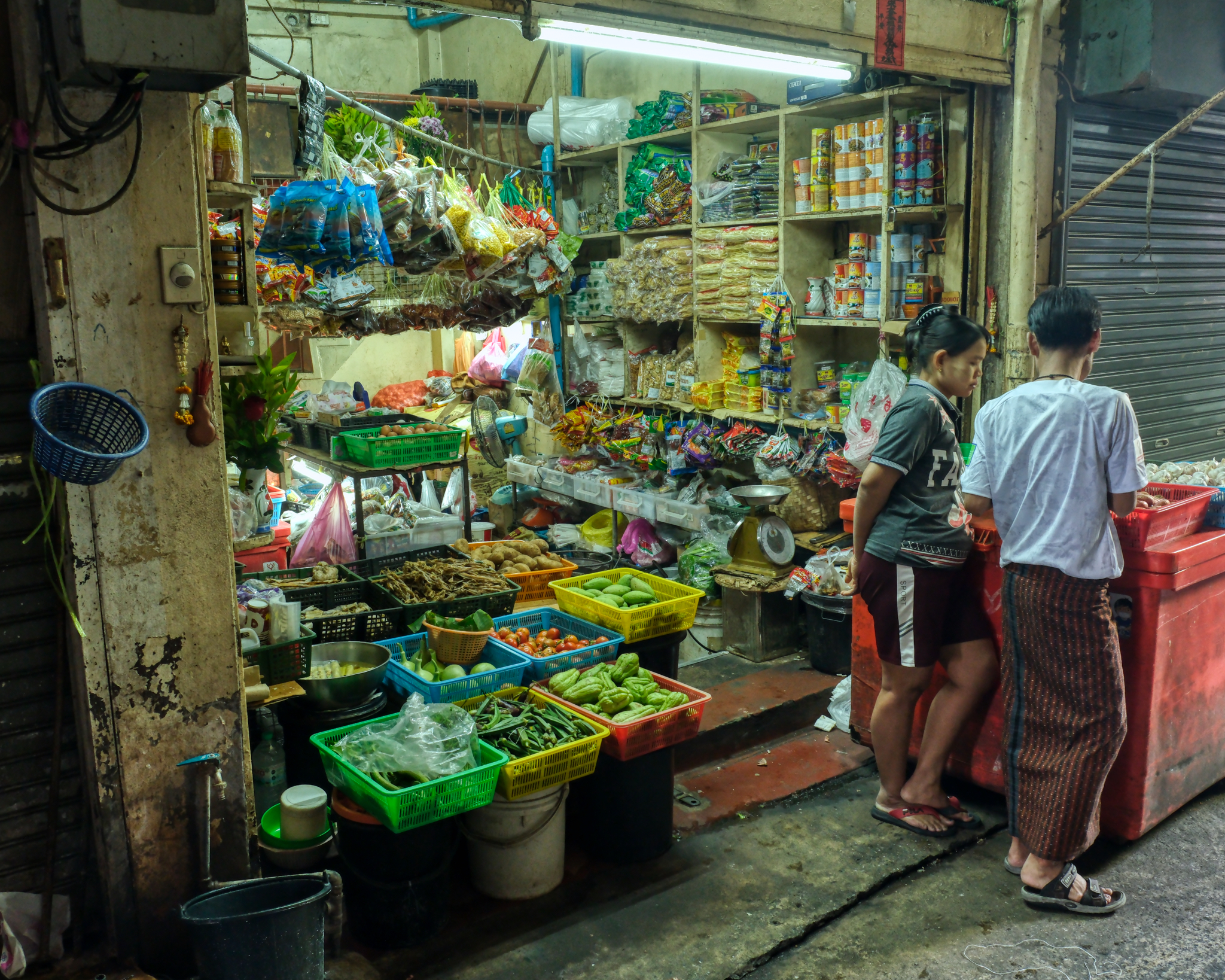 "Why not keep the shop open a little later tonight . . . maybe make some extra sales, what with the big crowds and all."
"Why not keep the shop open a little later tonight . . . maybe make some extra sales, what with the big crowds and all."
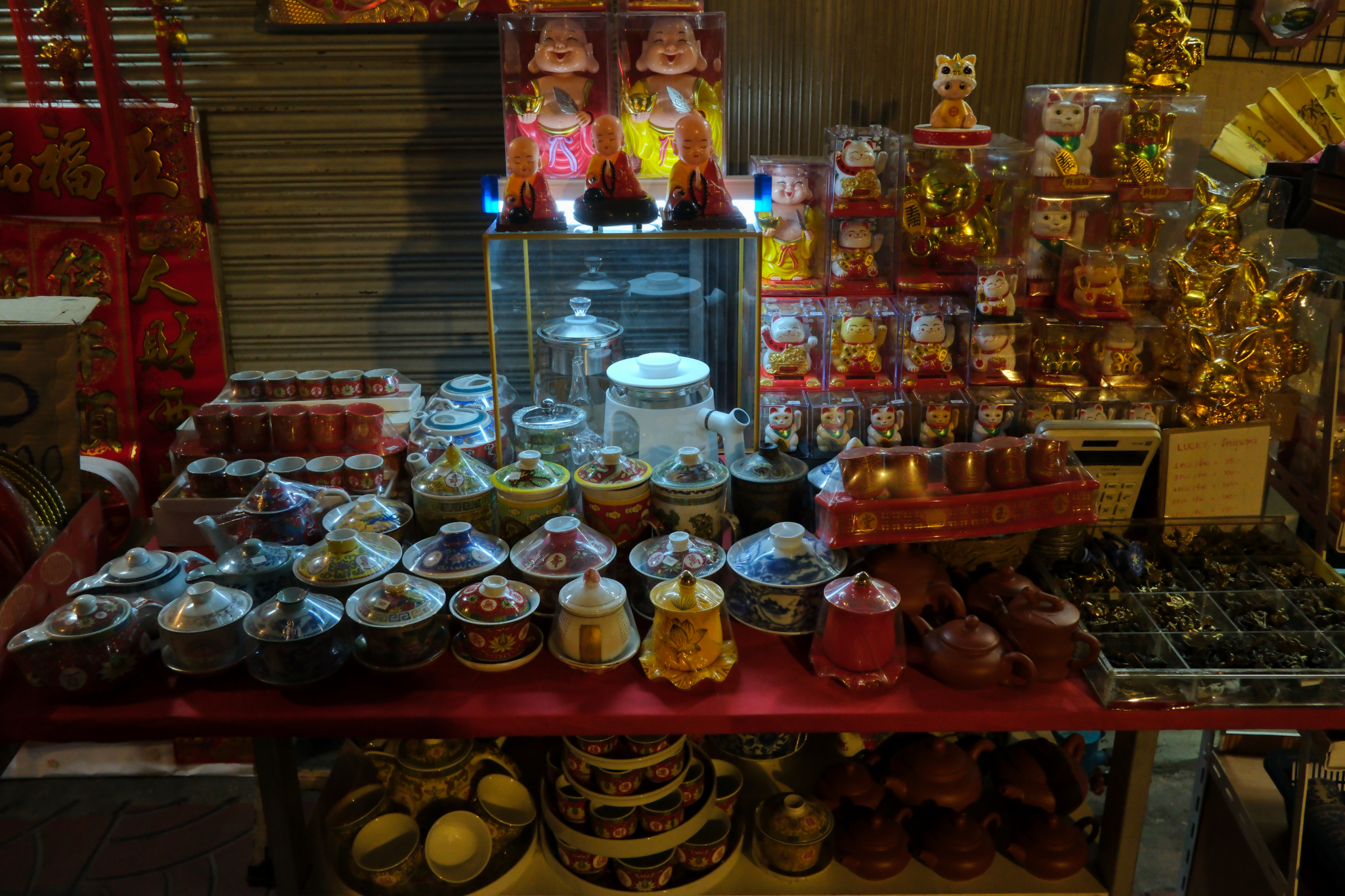 Why not set up a couple of card tables for those treasures you have for sale?
Why not set up a couple of card tables for those treasures you have for sale?
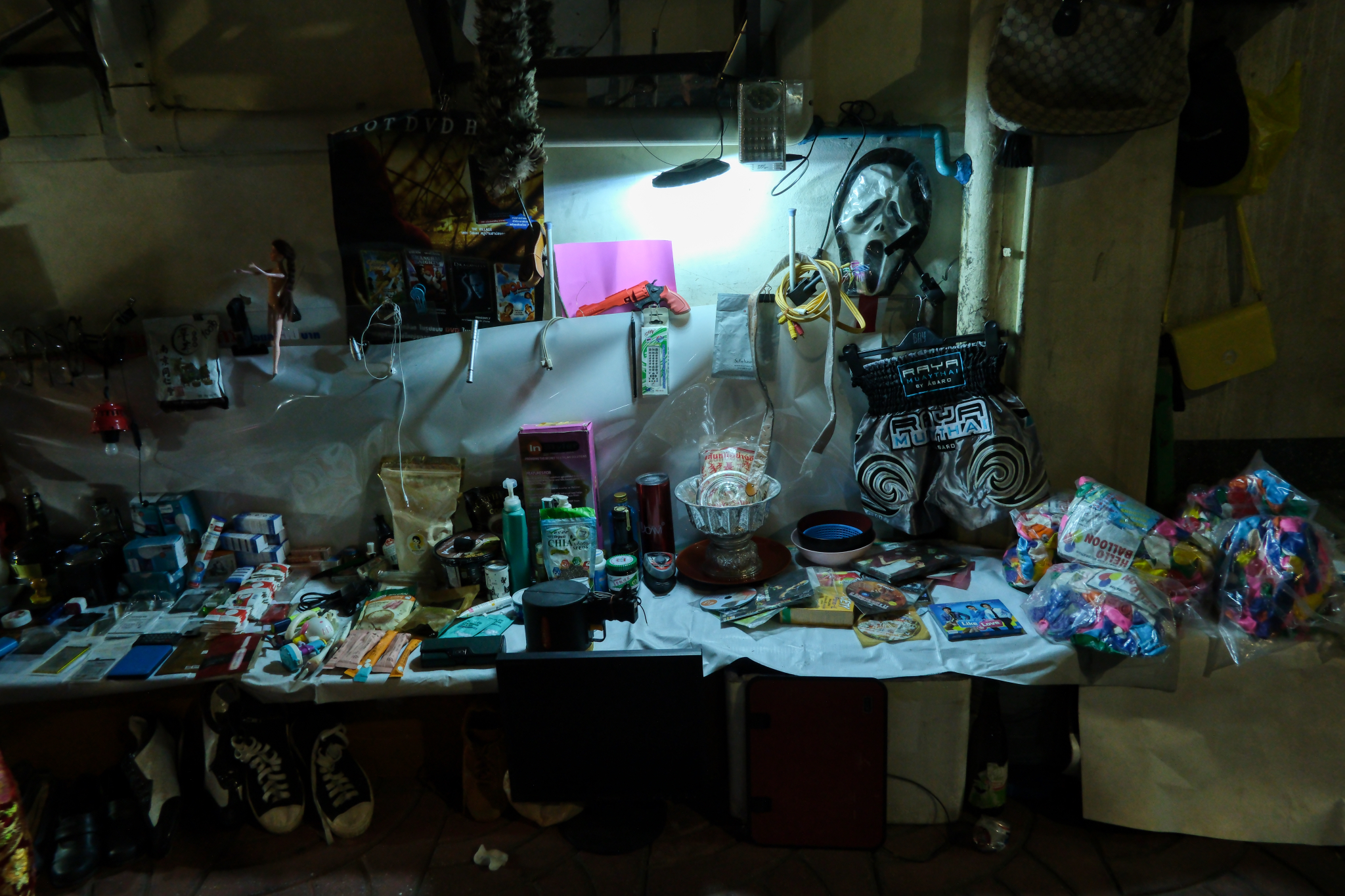 A real jumble sale. This one was very sad to see . . . someone was very poor. I looked for the seller, but could find nobody. I left 100 baht (US$3.oo) on the table as a donation.
A real jumble sale. This one was very sad to see . . . someone was very poor. I looked for the seller, but could find nobody. I left 100 baht (US$3.oo) on the table as a donation.
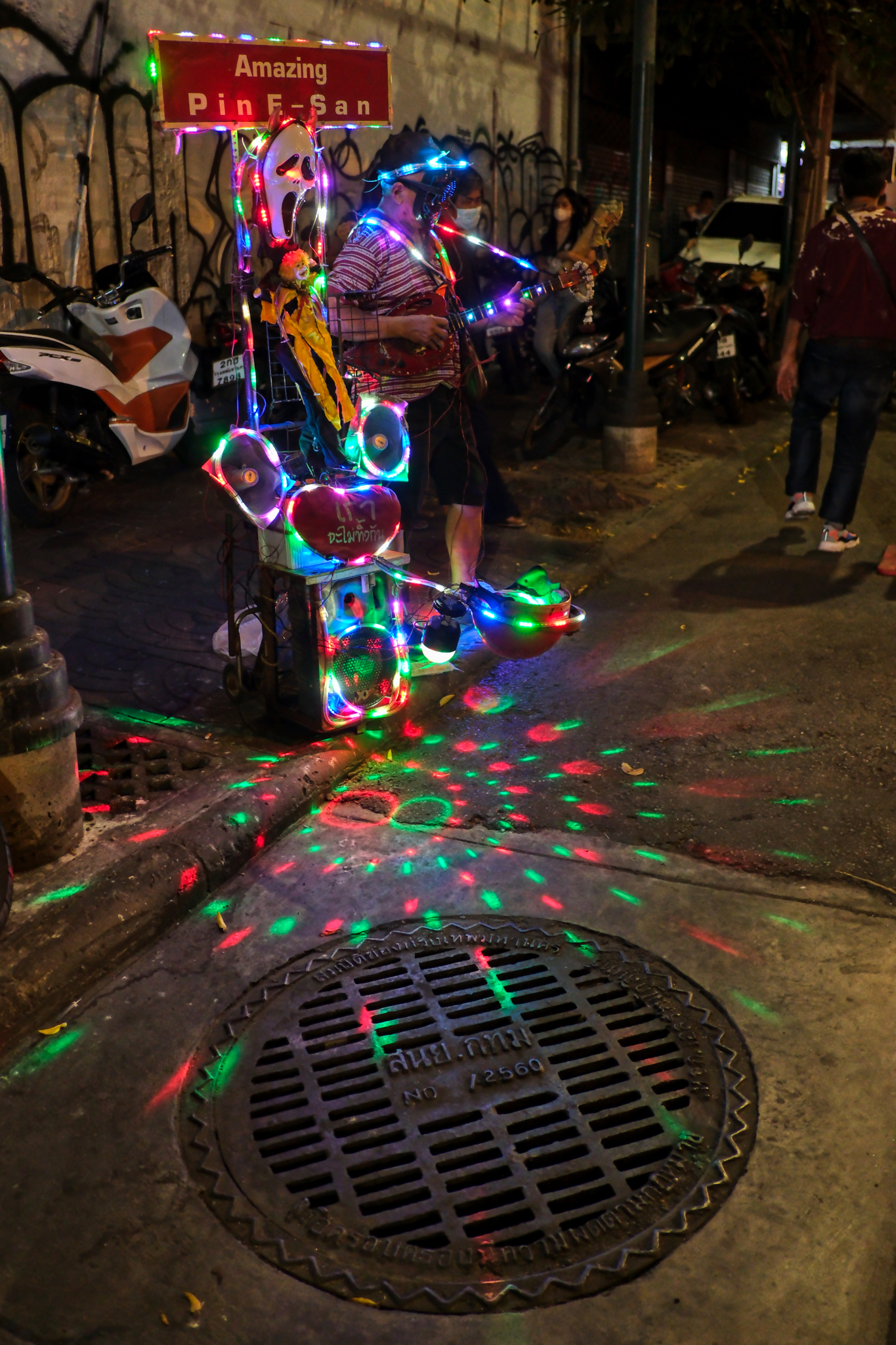 This night busker had it all . . . even his own light show!
This night busker had it all . . . even his own light show!
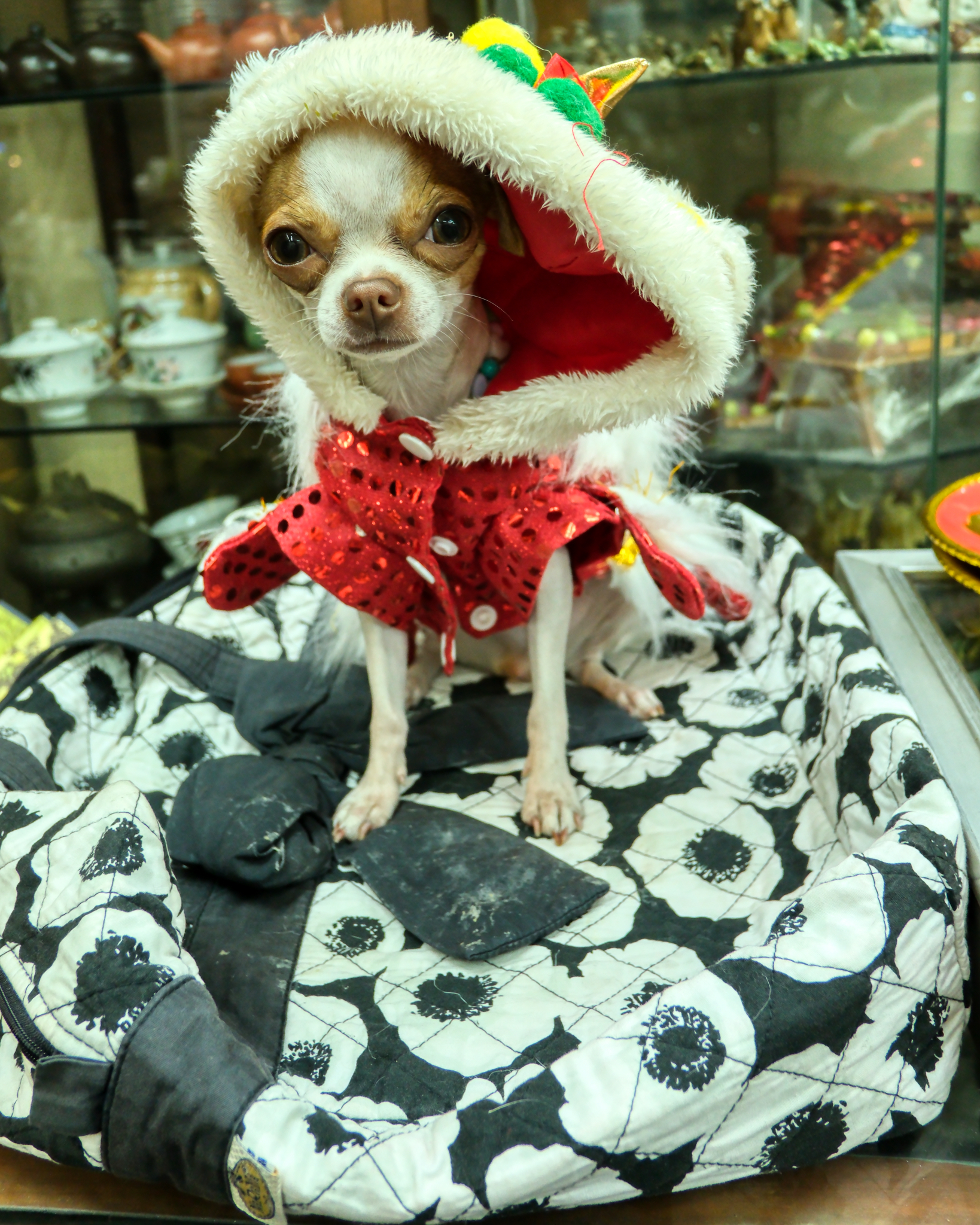 This Buddhist votive statuary shopkeeper had a brilliant way of lureing customers into their shop . . . and it worked:
This Buddhist votive statuary shopkeeper had a brilliant way of lureing customers into their shop . . . and it worked:
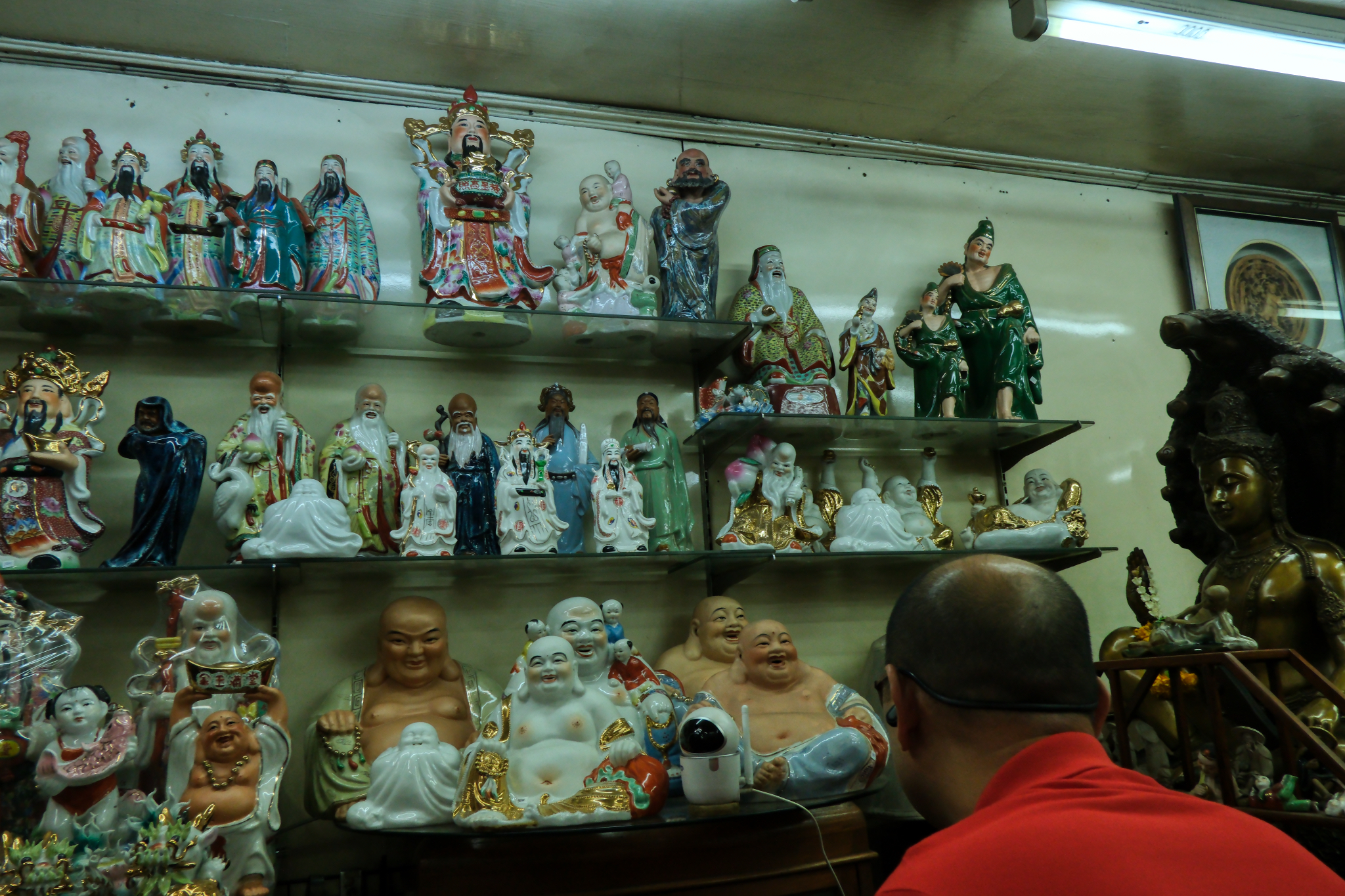 I bought the Ji Gong effigy (far right, top, third from right) for my collection.
I bought the Ji Gong effigy (far right, top, third from right) for my collection.
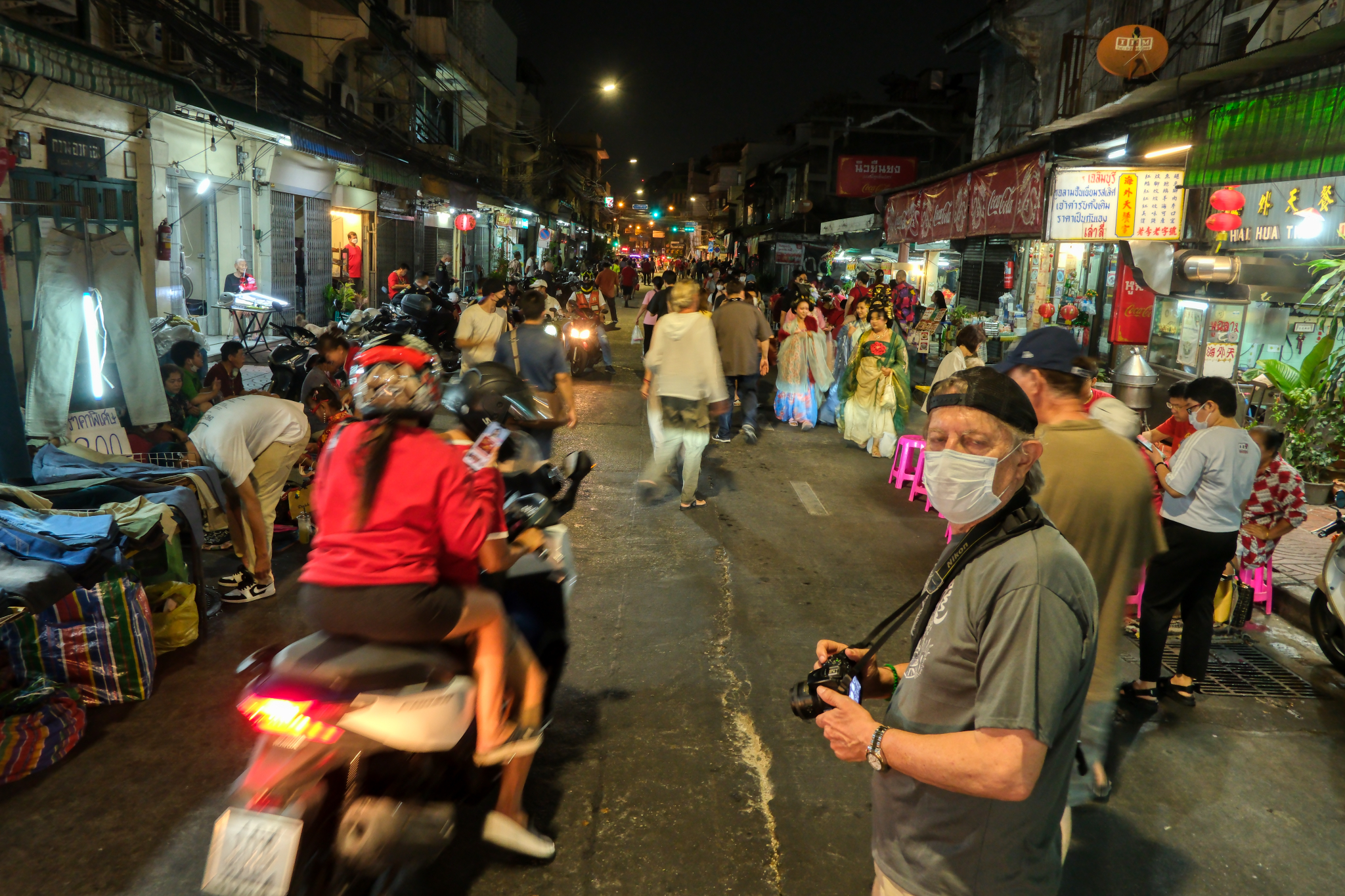 At last, a shortcut back to the MRT underground station.
At last, a shortcut back to the MRT underground station.
 Then onto a crowded MRT underground train home. [This is the ONLY person on the train NOT wearing a mask . . . an American, of course!]
Then onto a crowded MRT underground train home. [This is the ONLY person on the train NOT wearing a mask . . . an American, of course!]
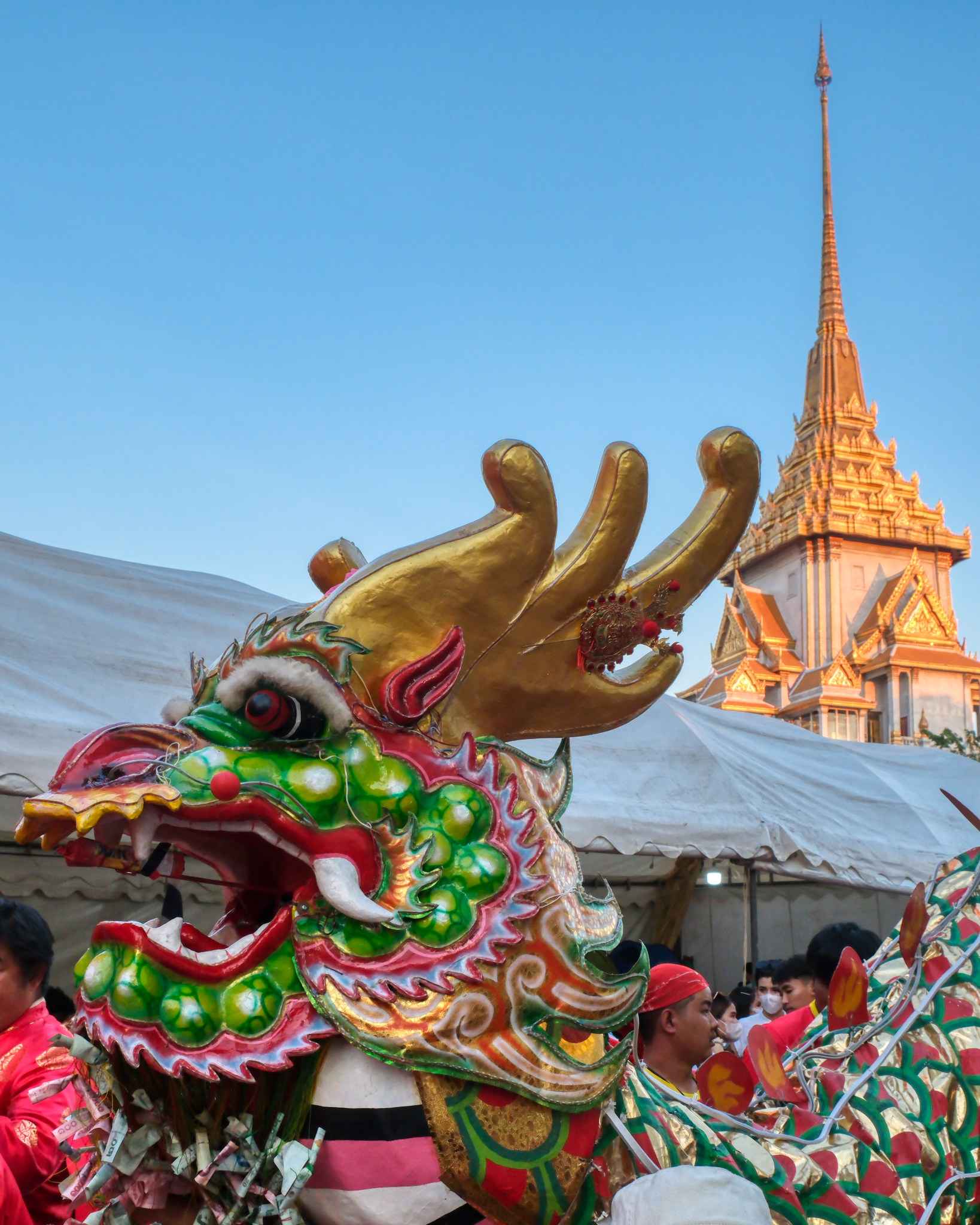 I have so many wonderful memories from that evening spent among the thousands celebrating Chinese New Year in Bangkok's Chinatown. It was a visual extravaganza . . . and a photographers dream!
I have so many wonderful memories from that evening spent among the thousands celebrating Chinese New Year in Bangkok's Chinatown. It was a visual extravaganza . . . and a photographers dream!
